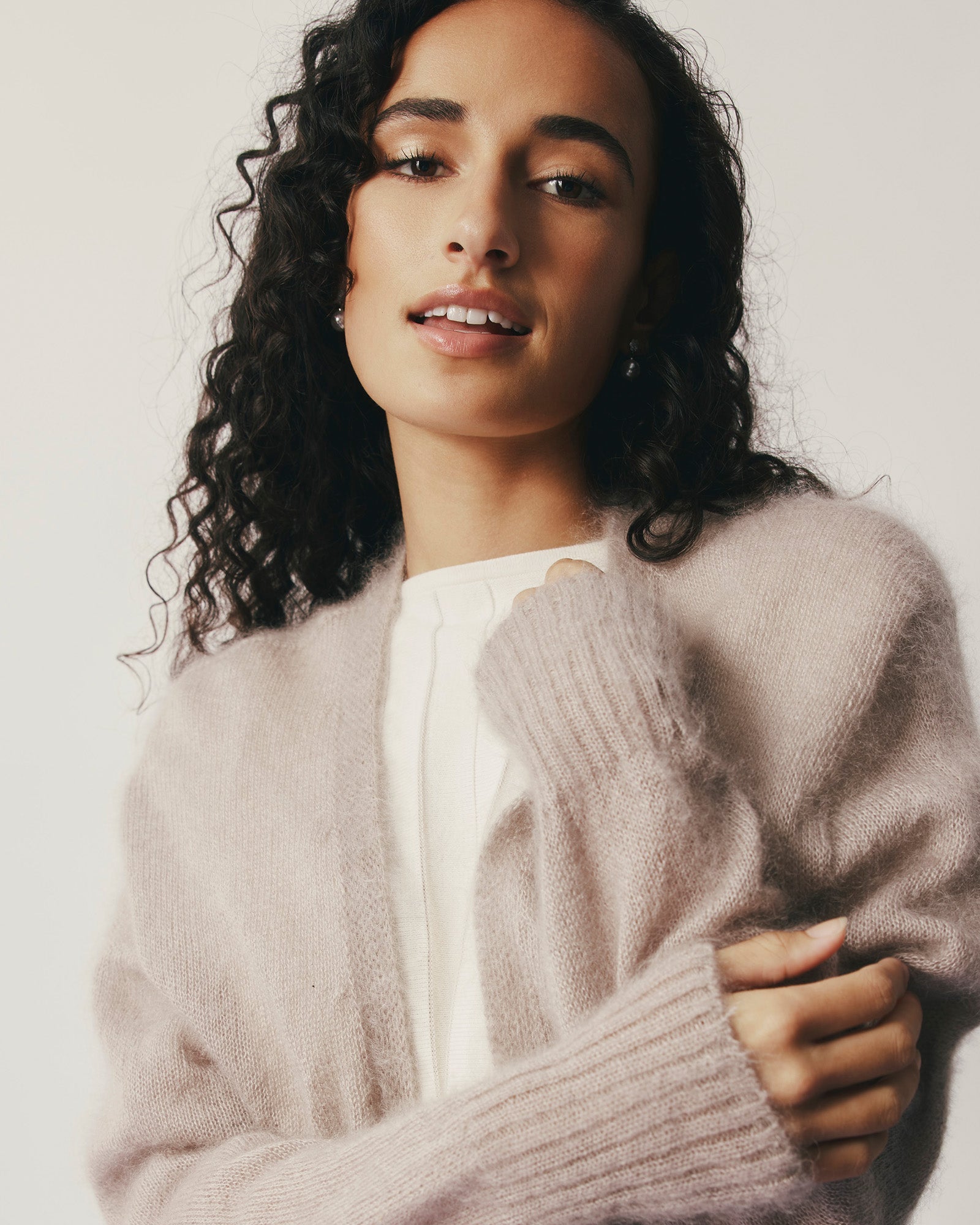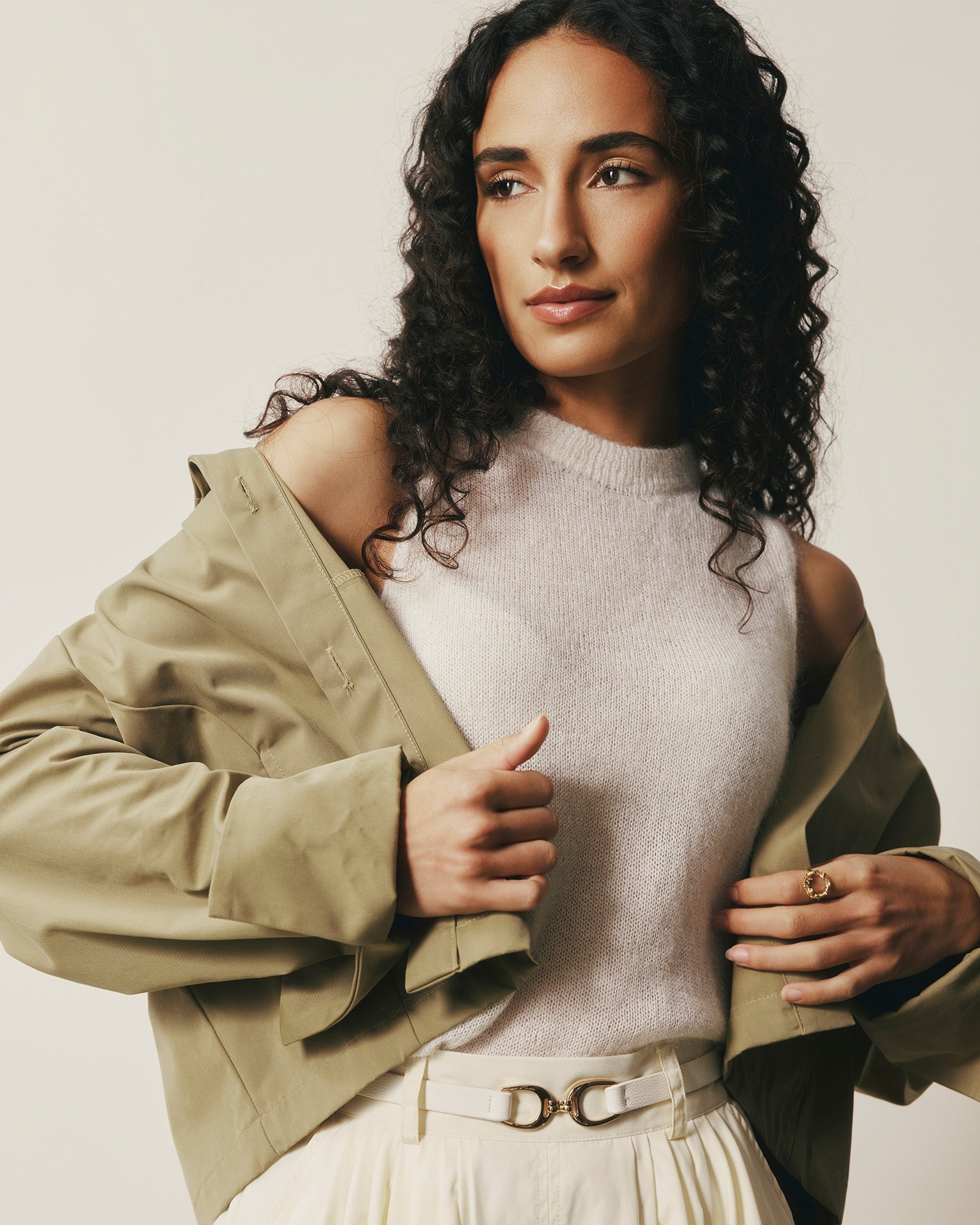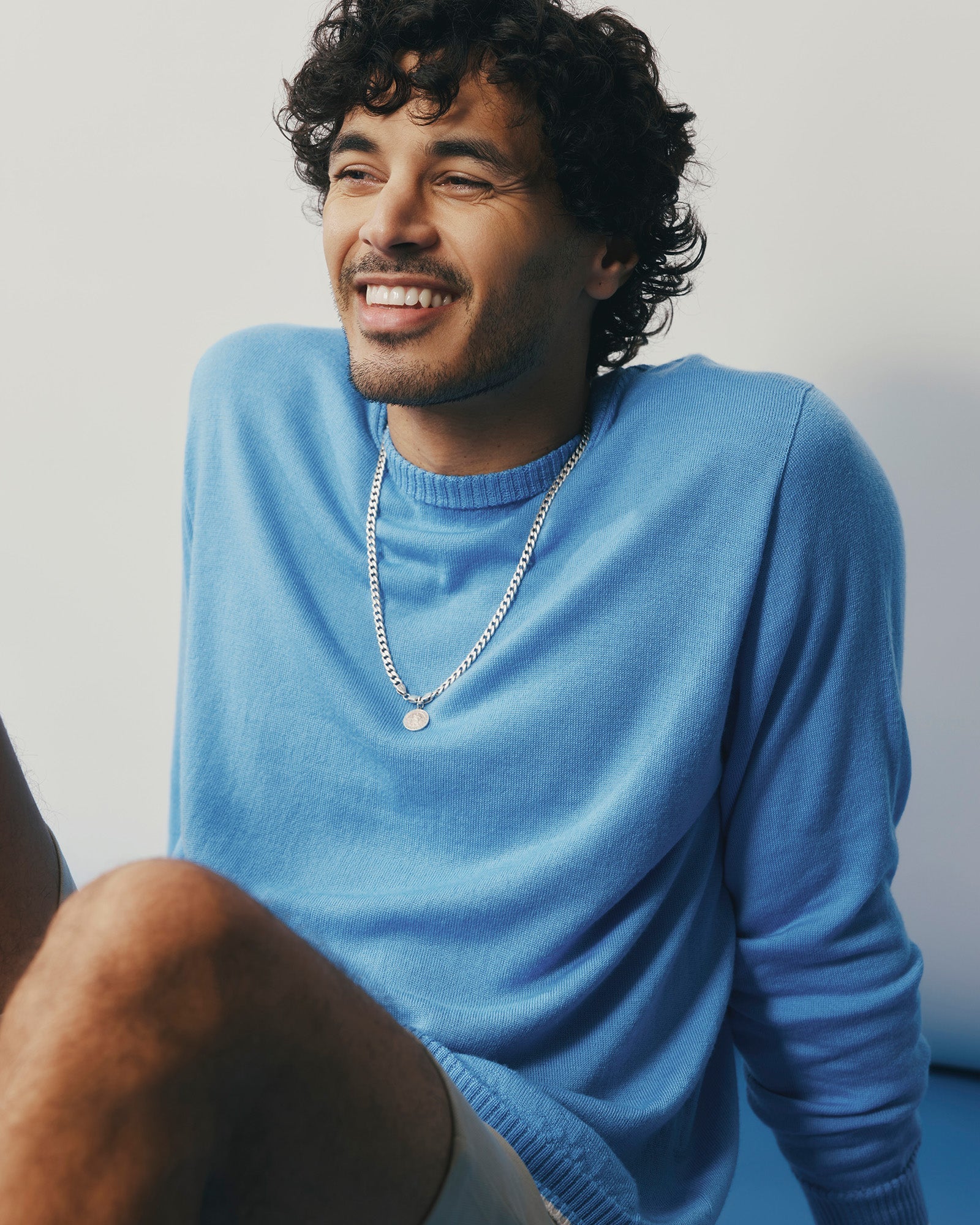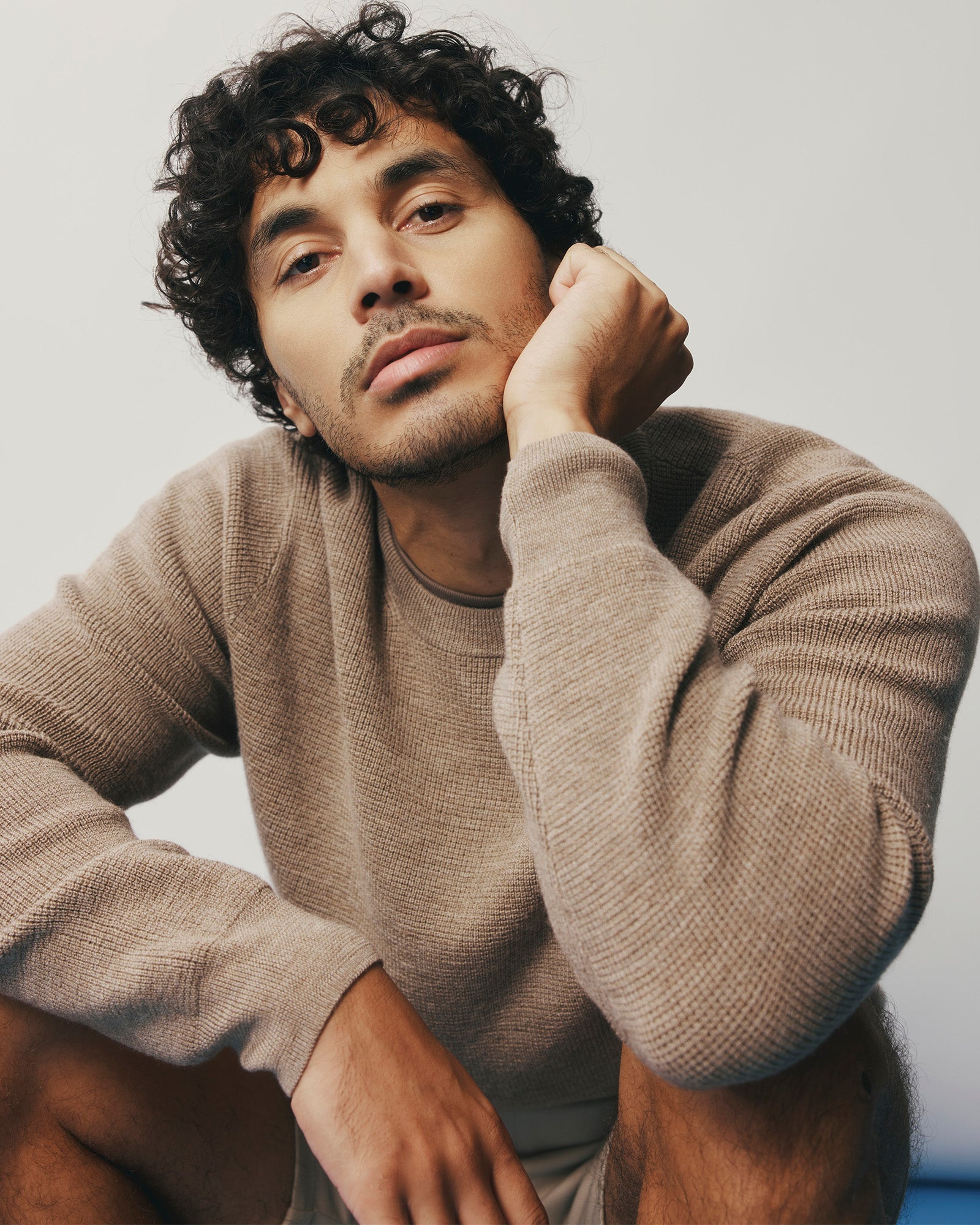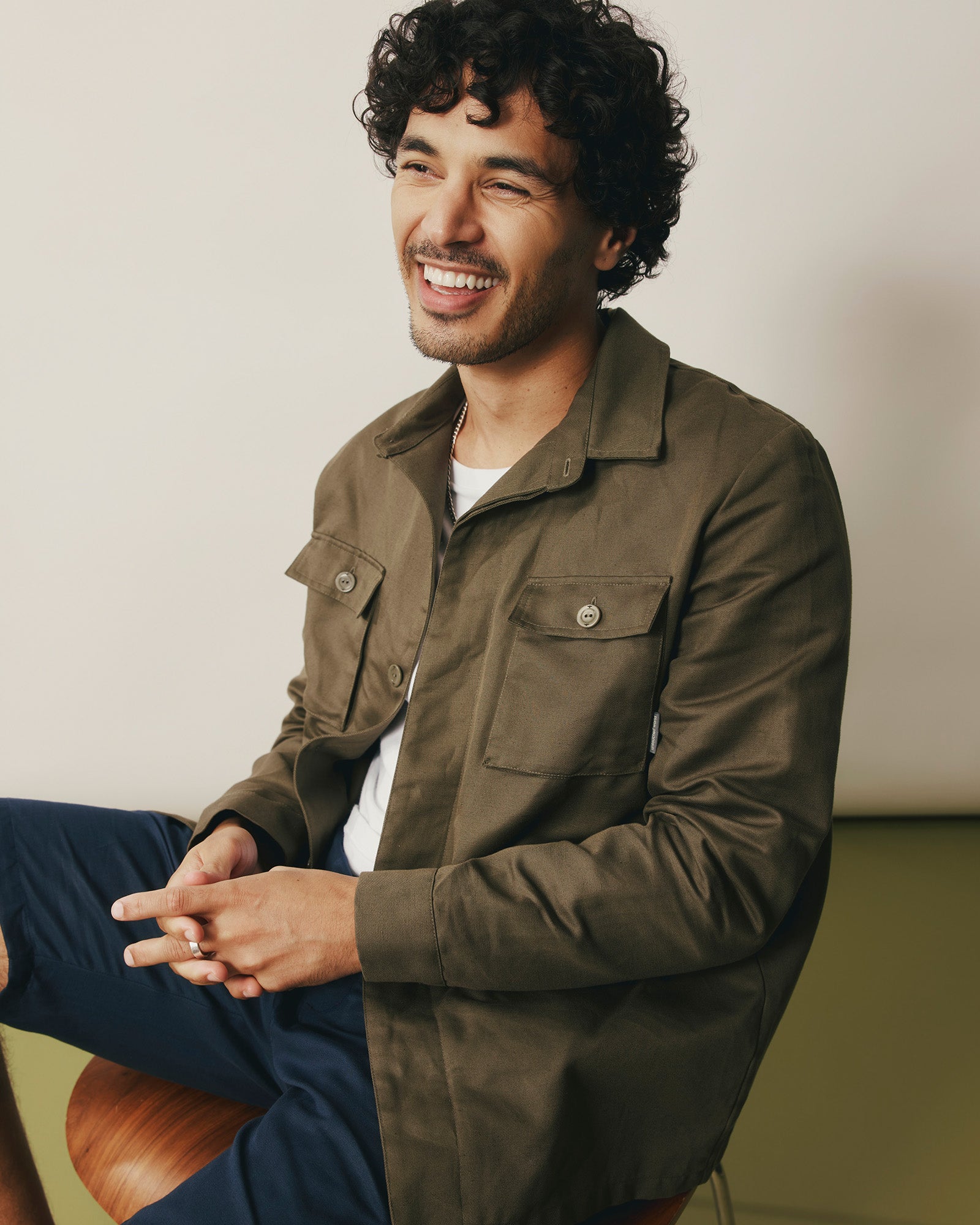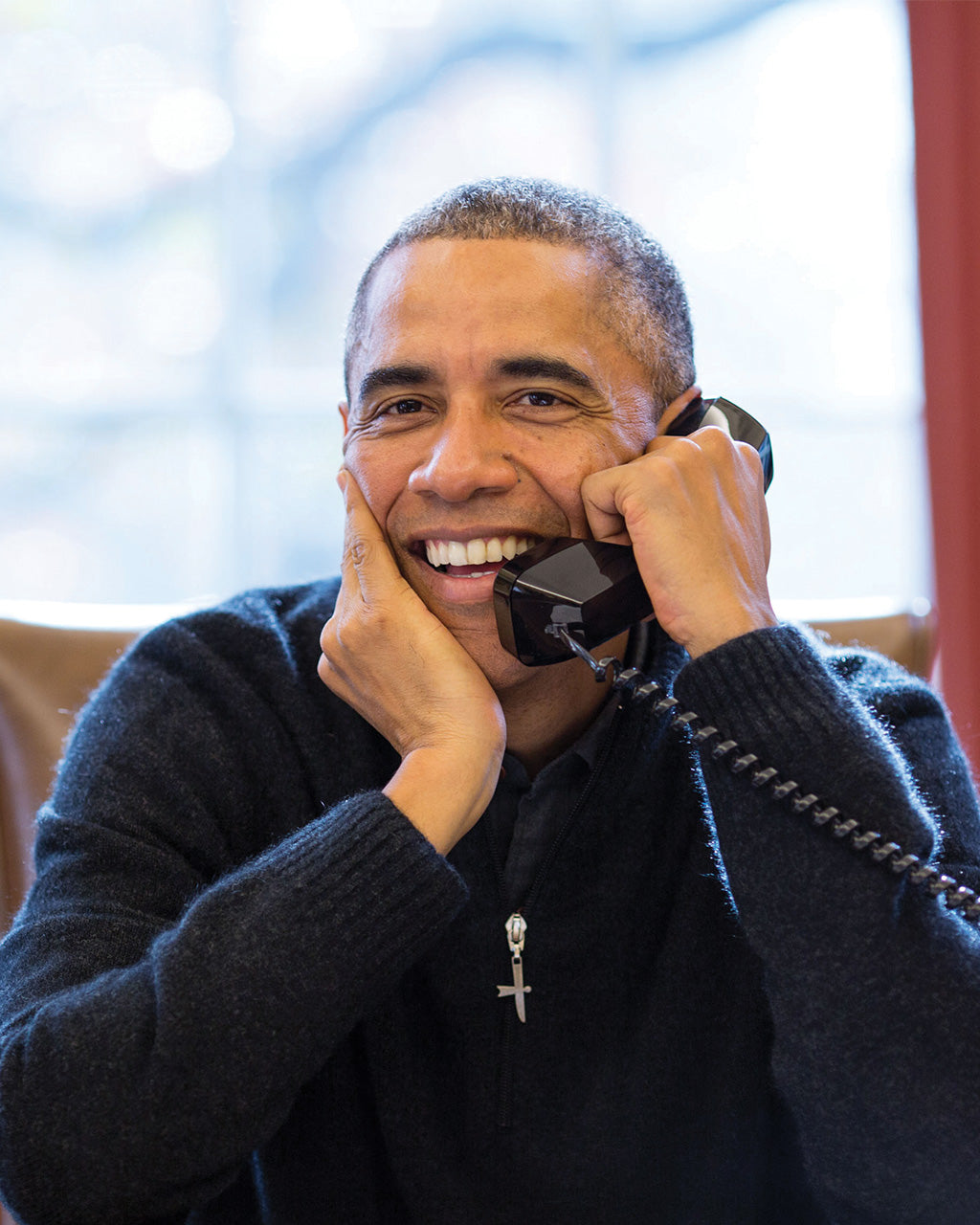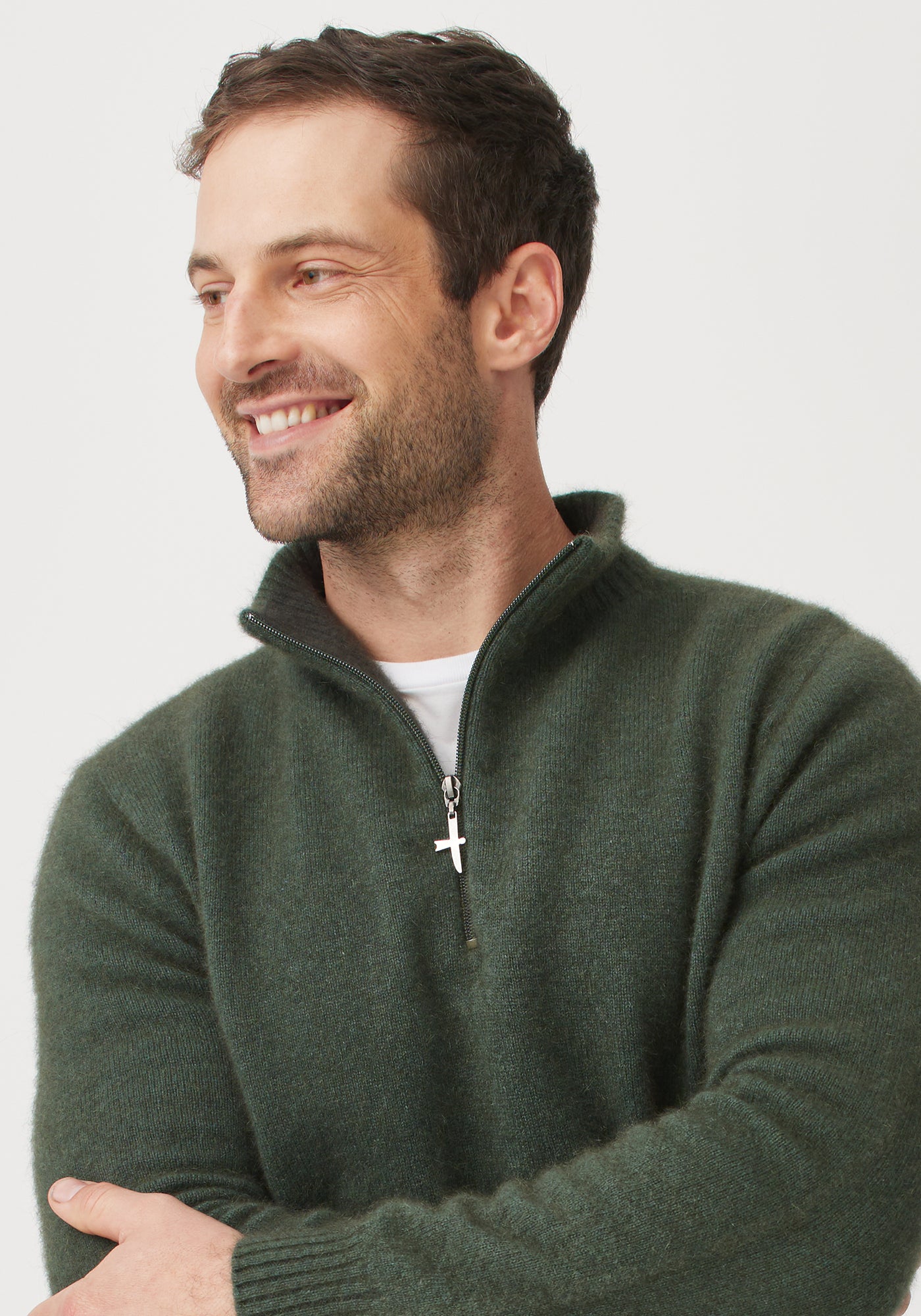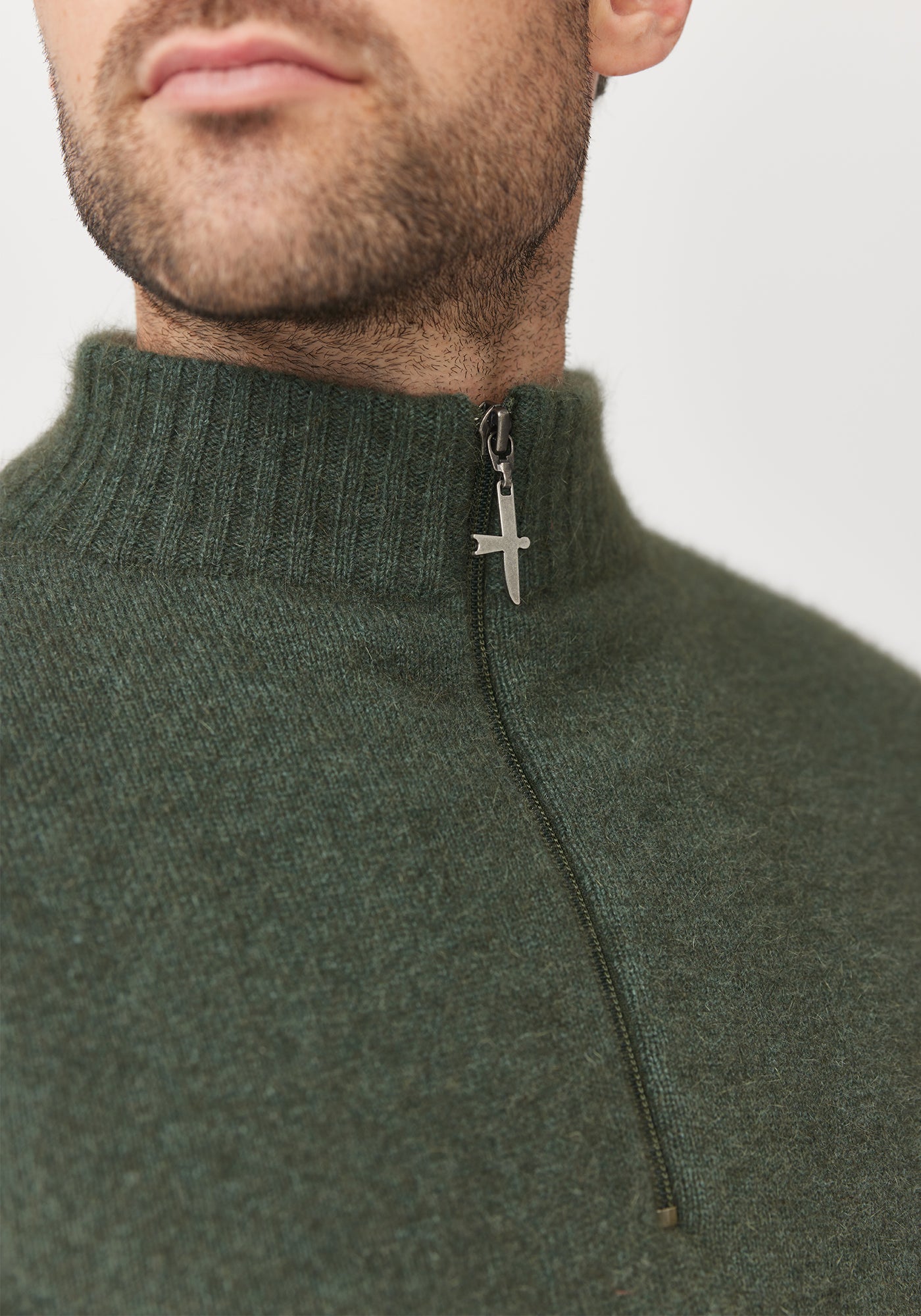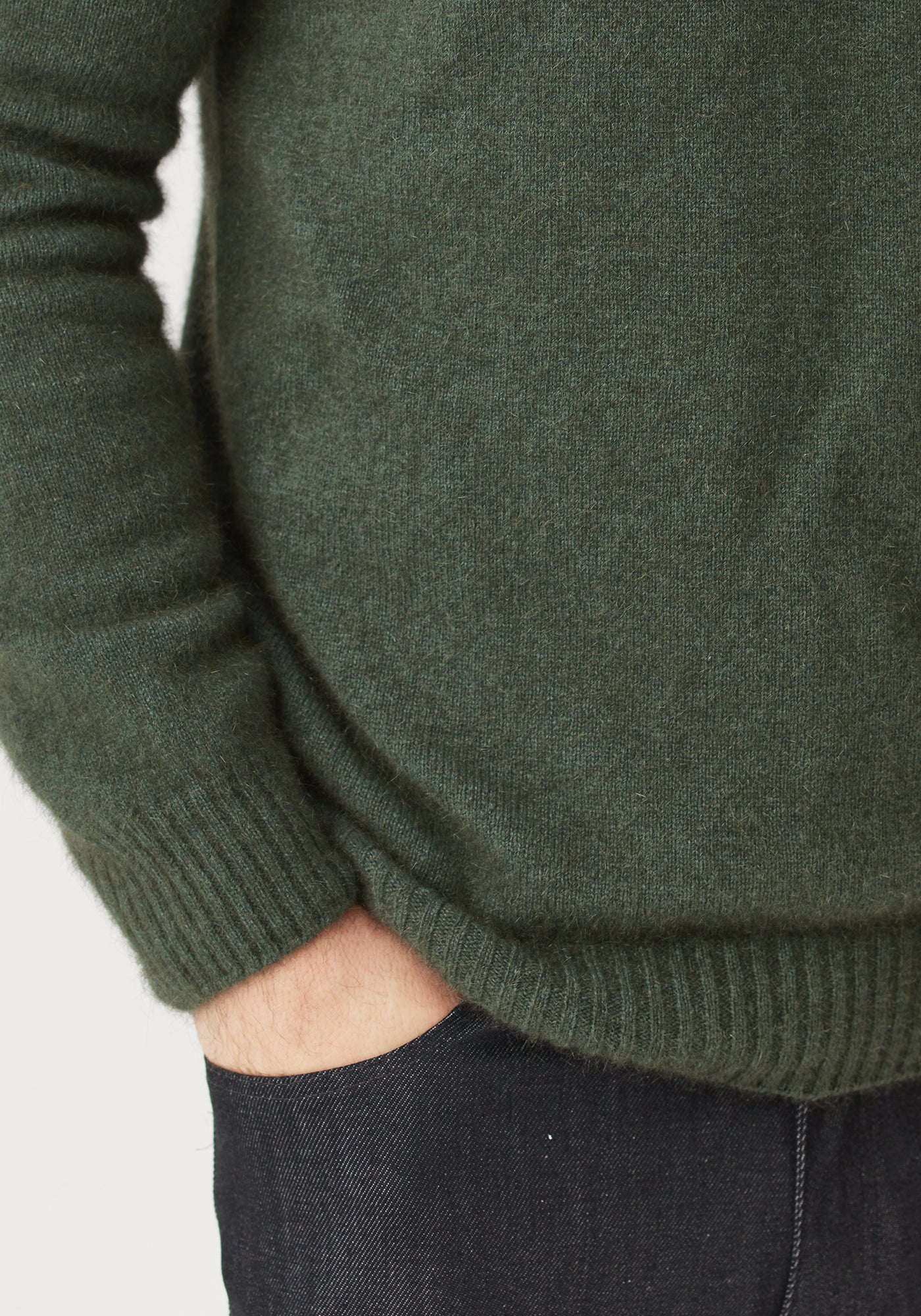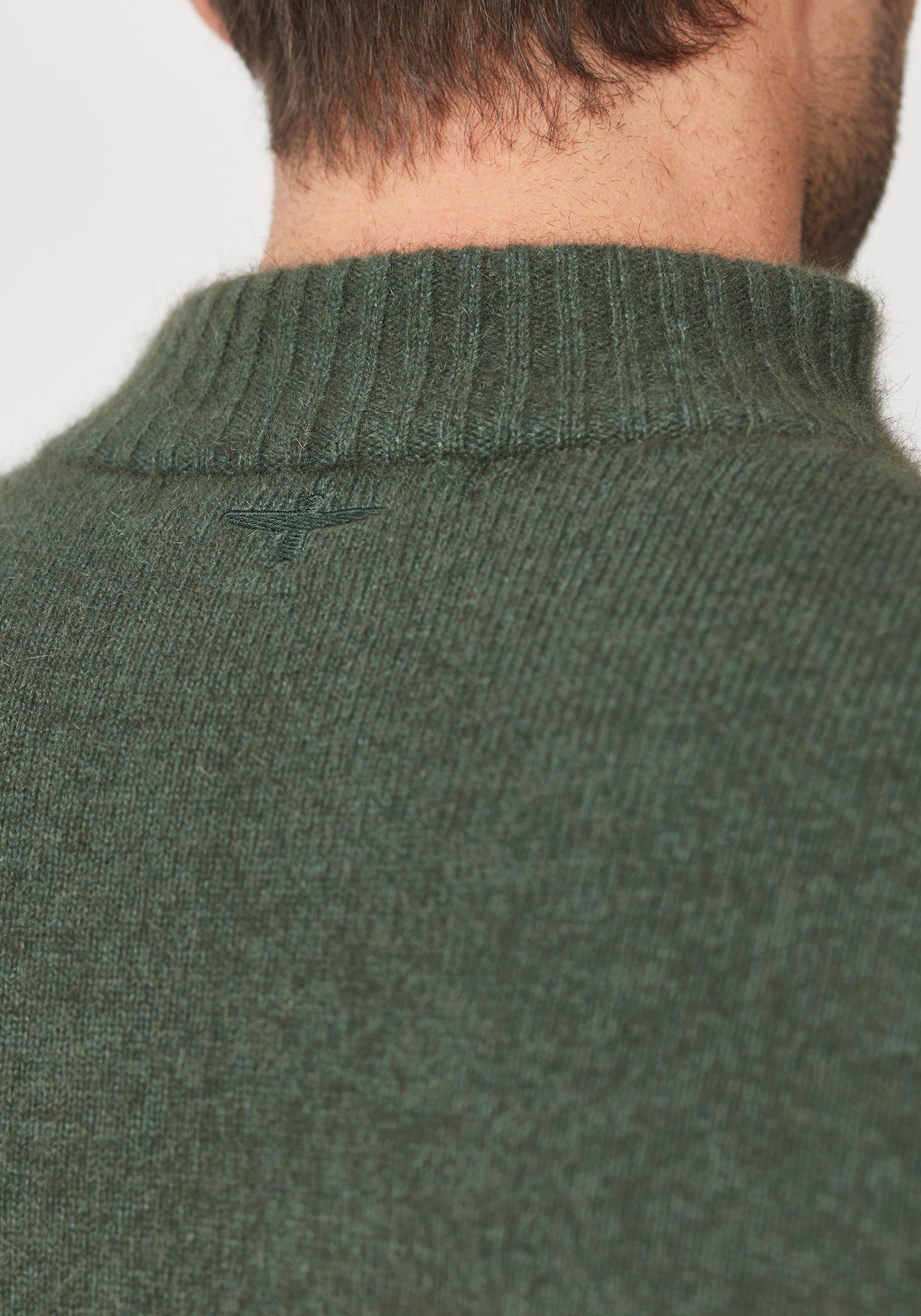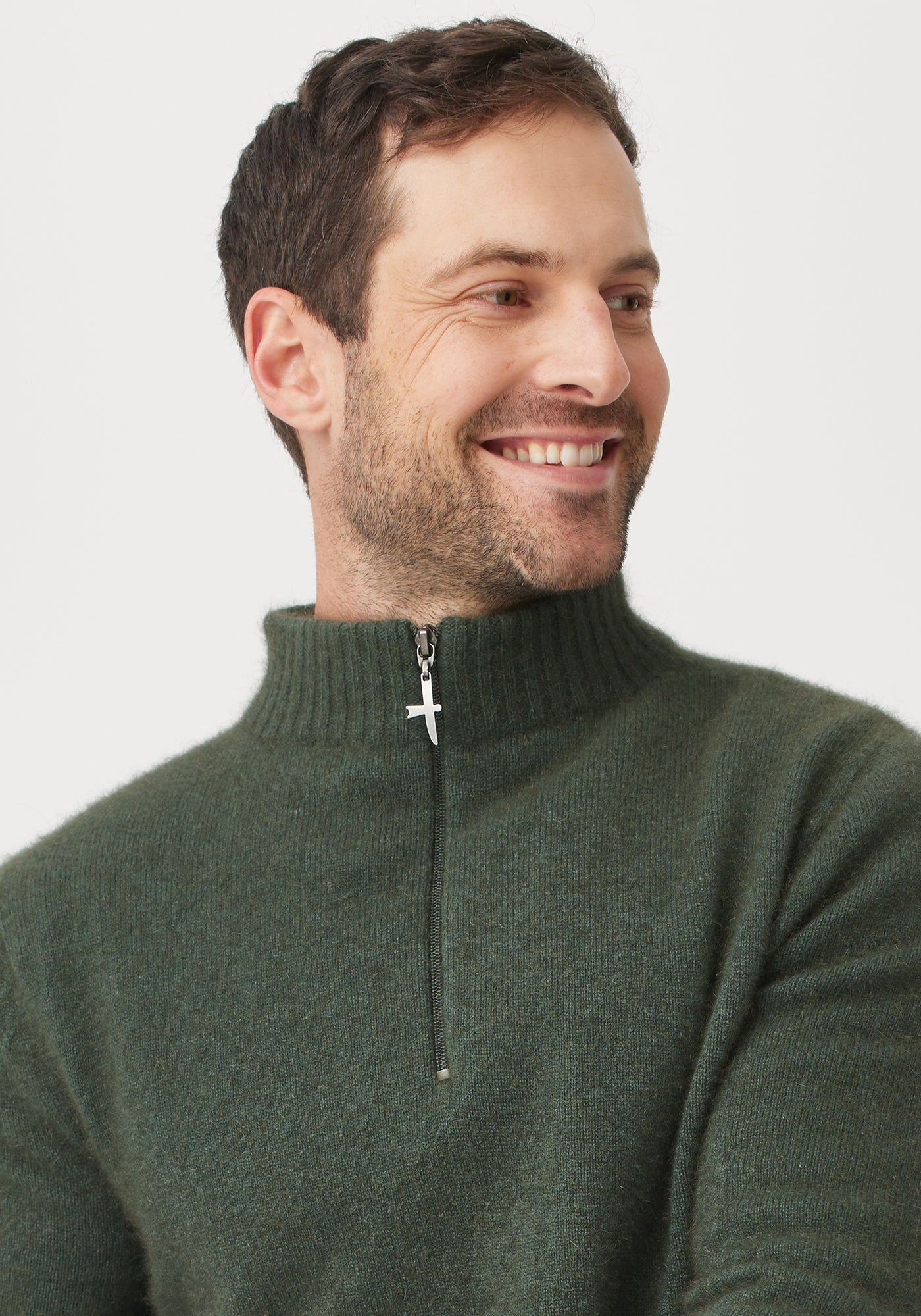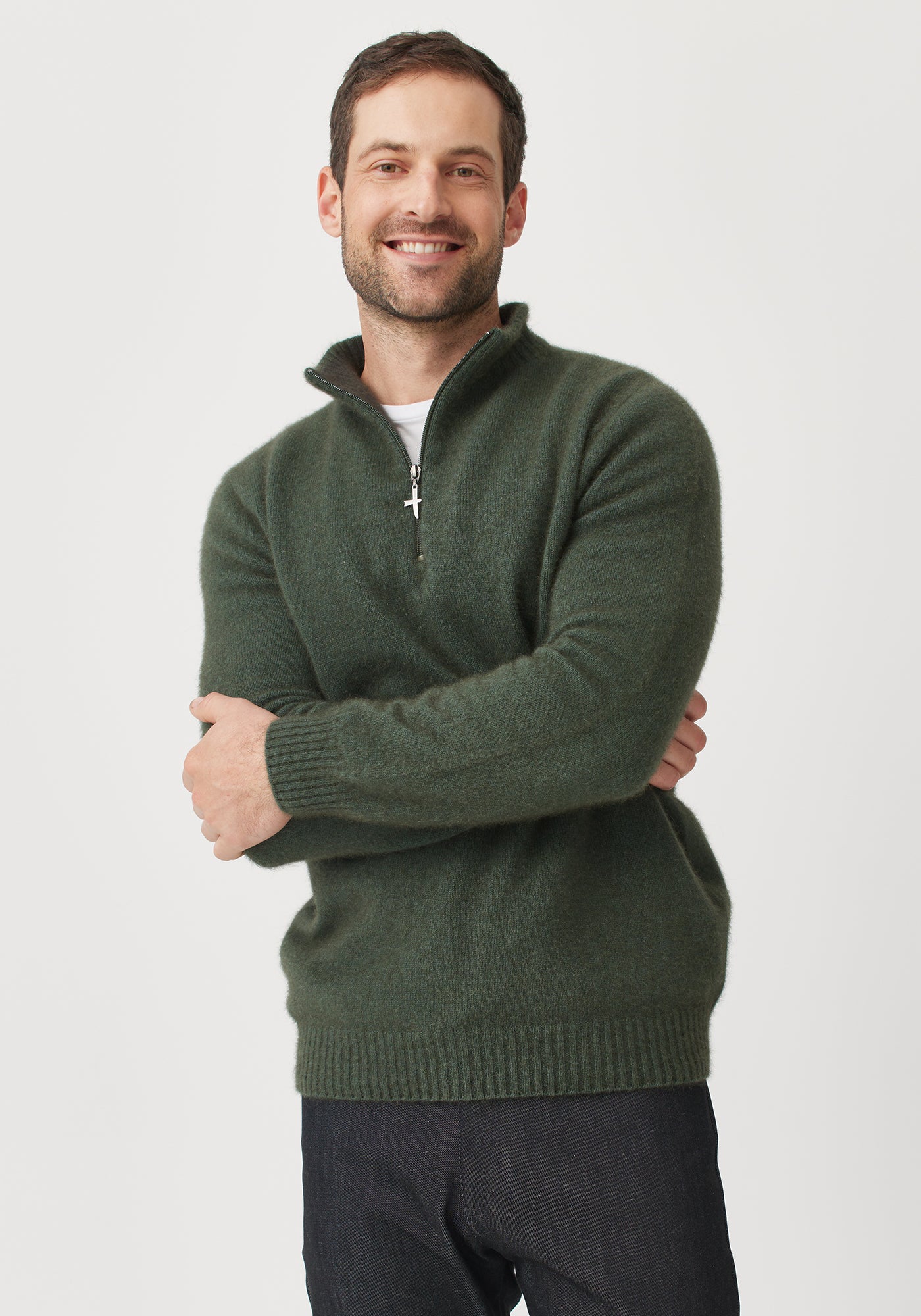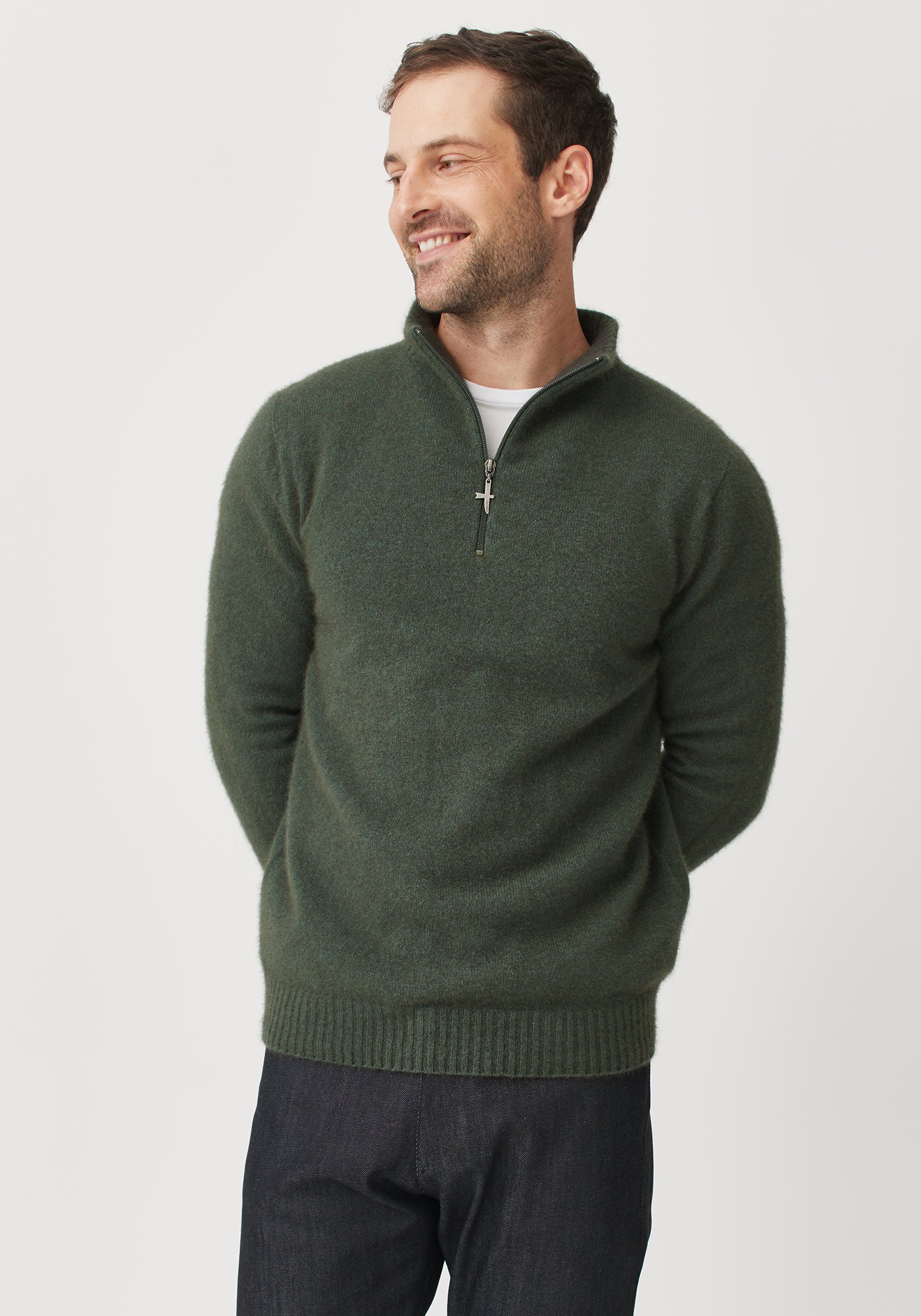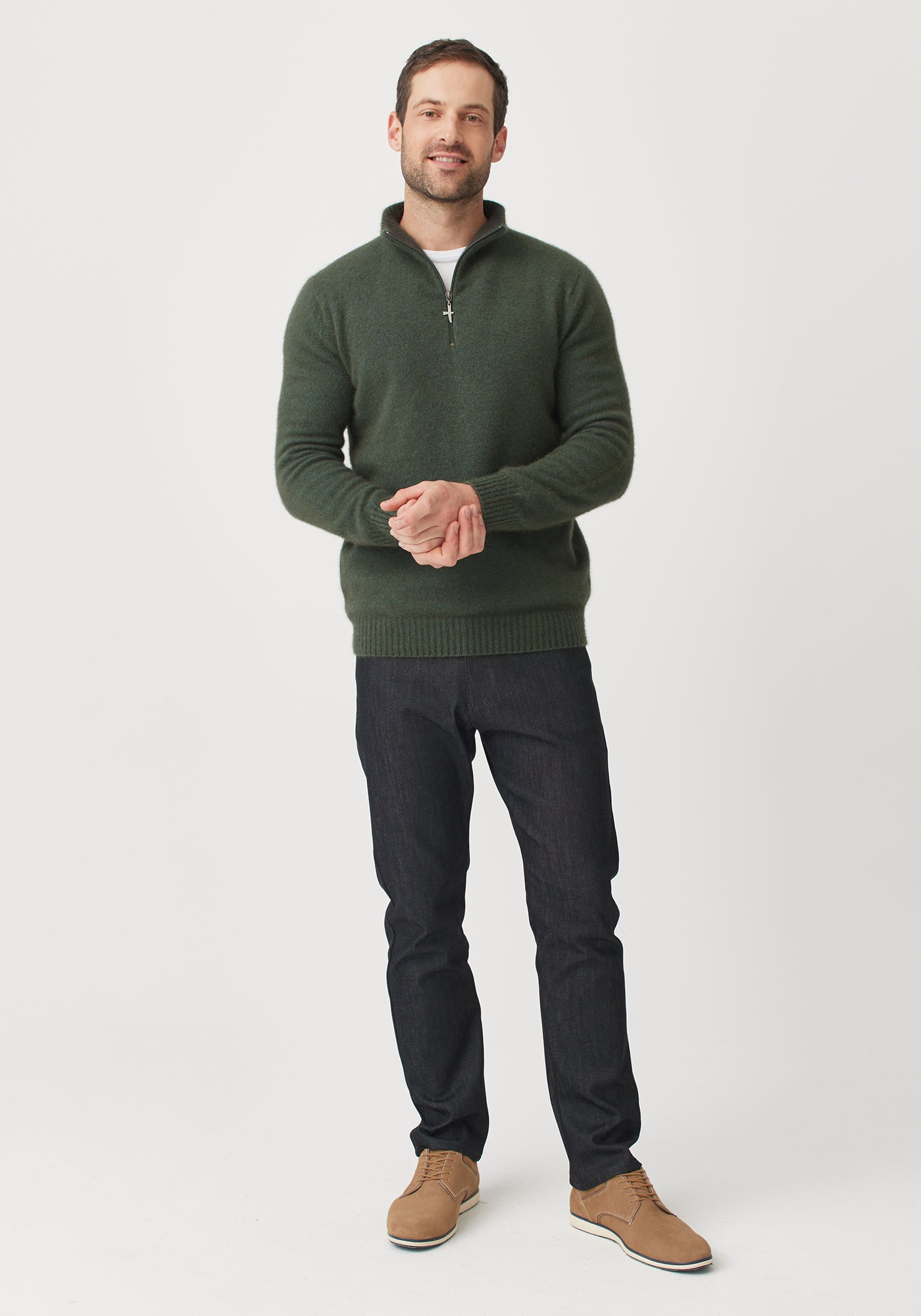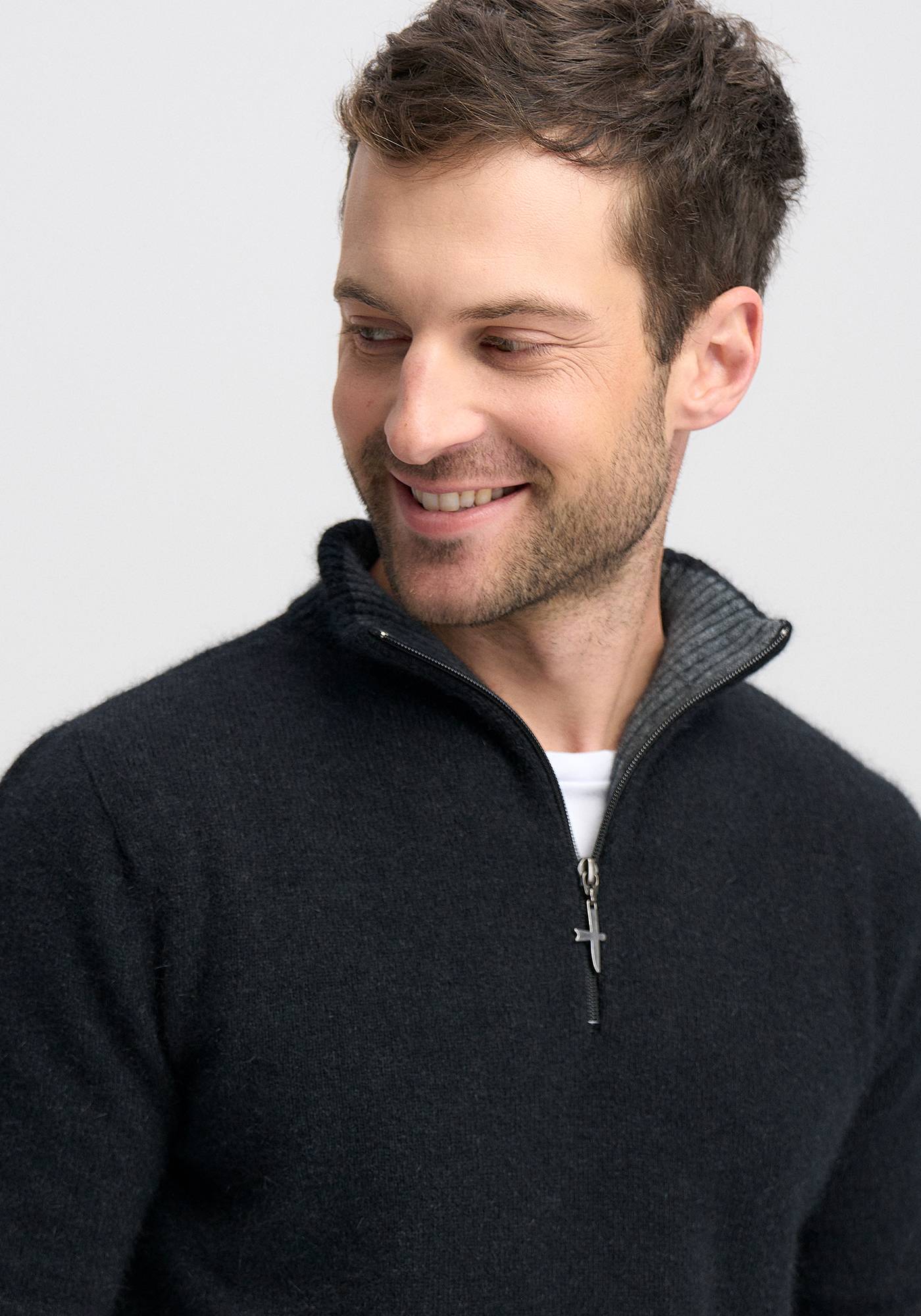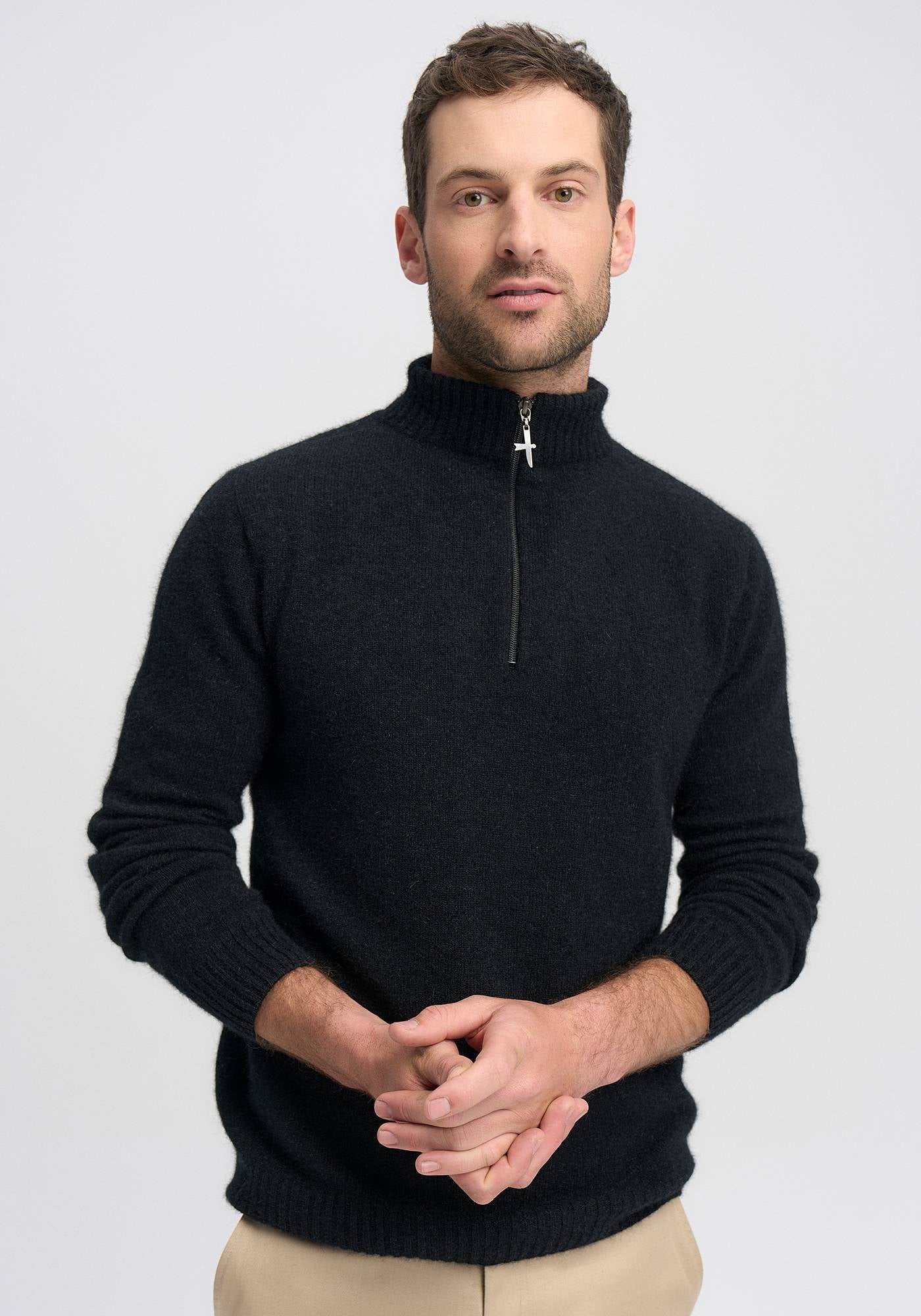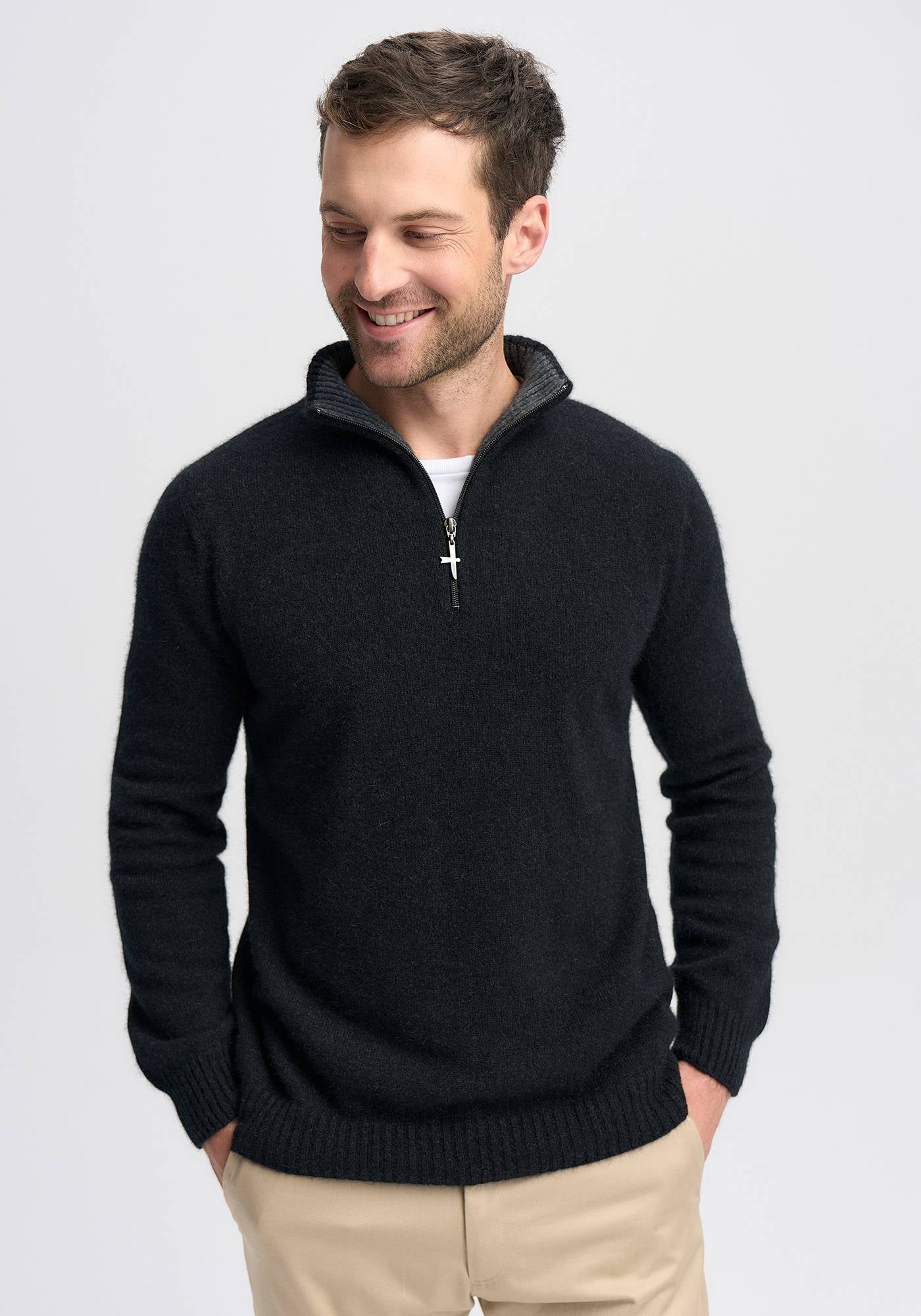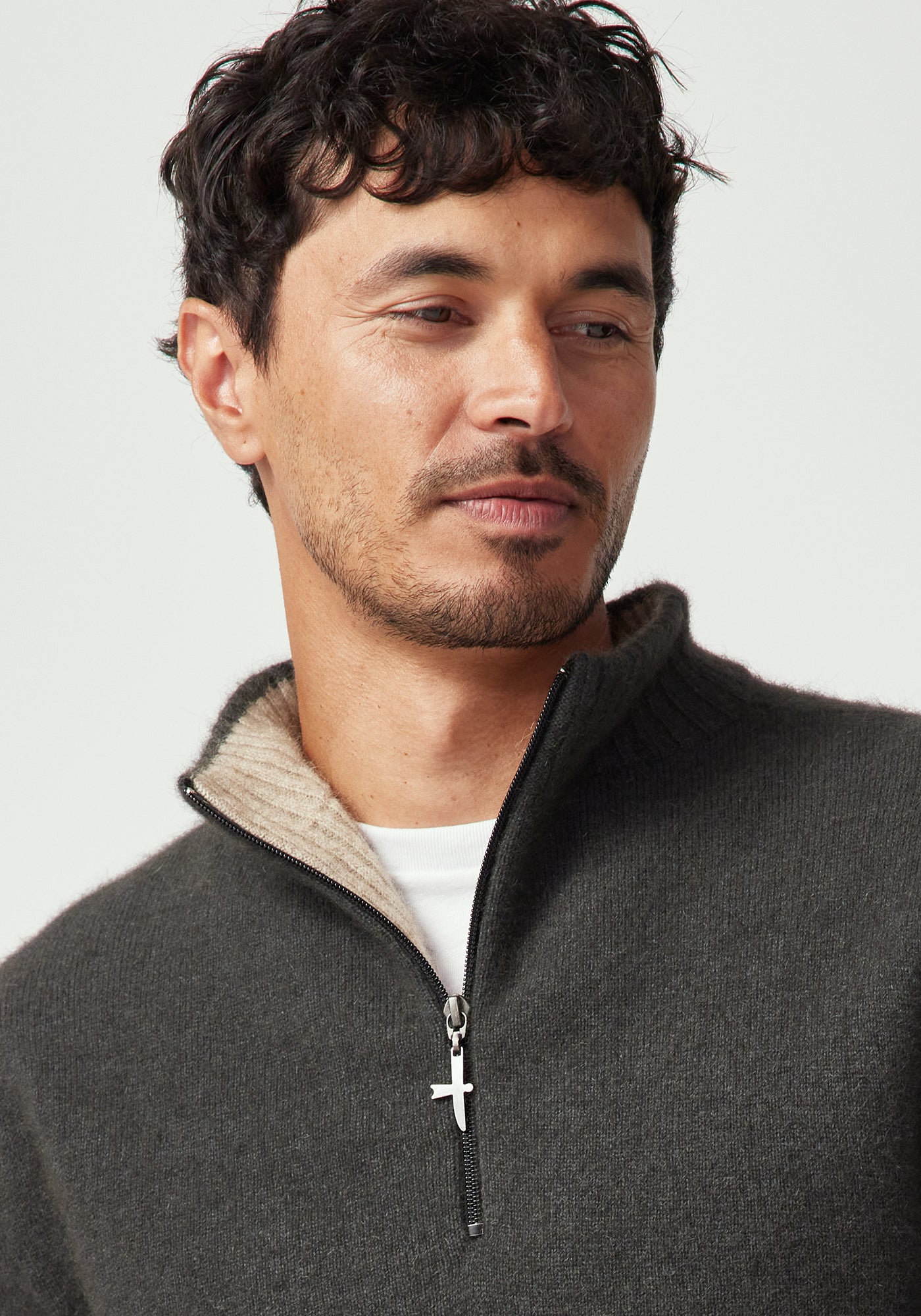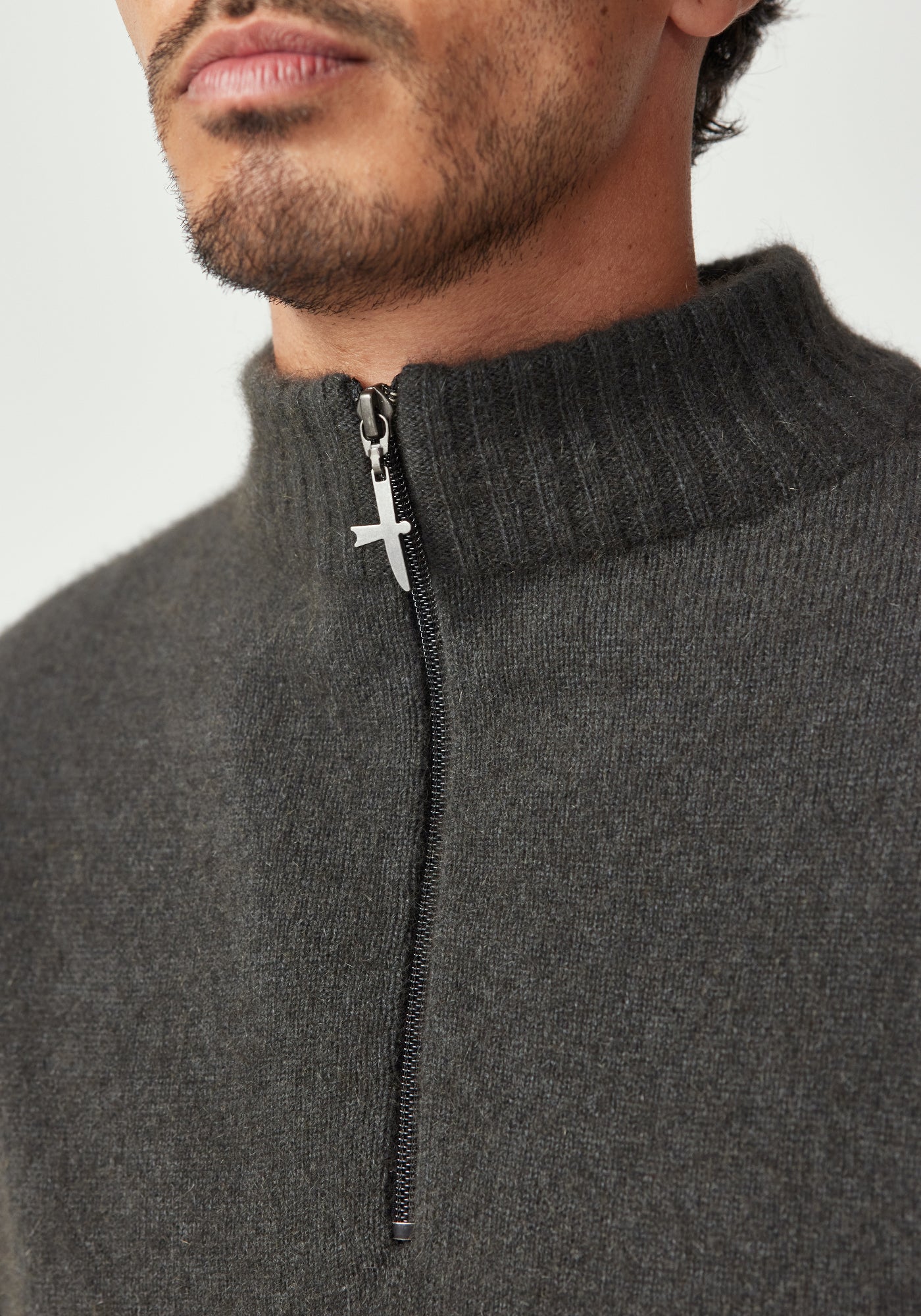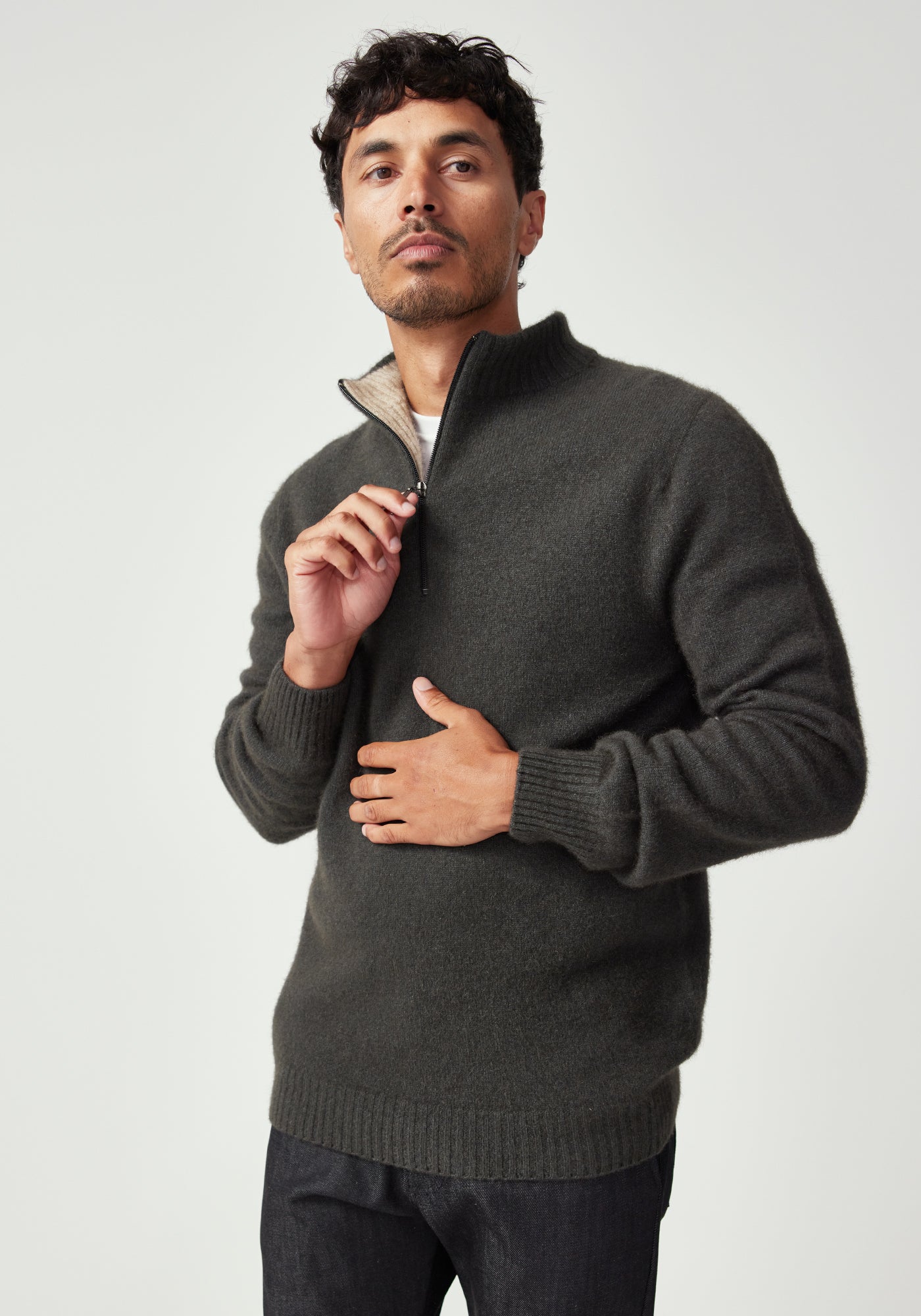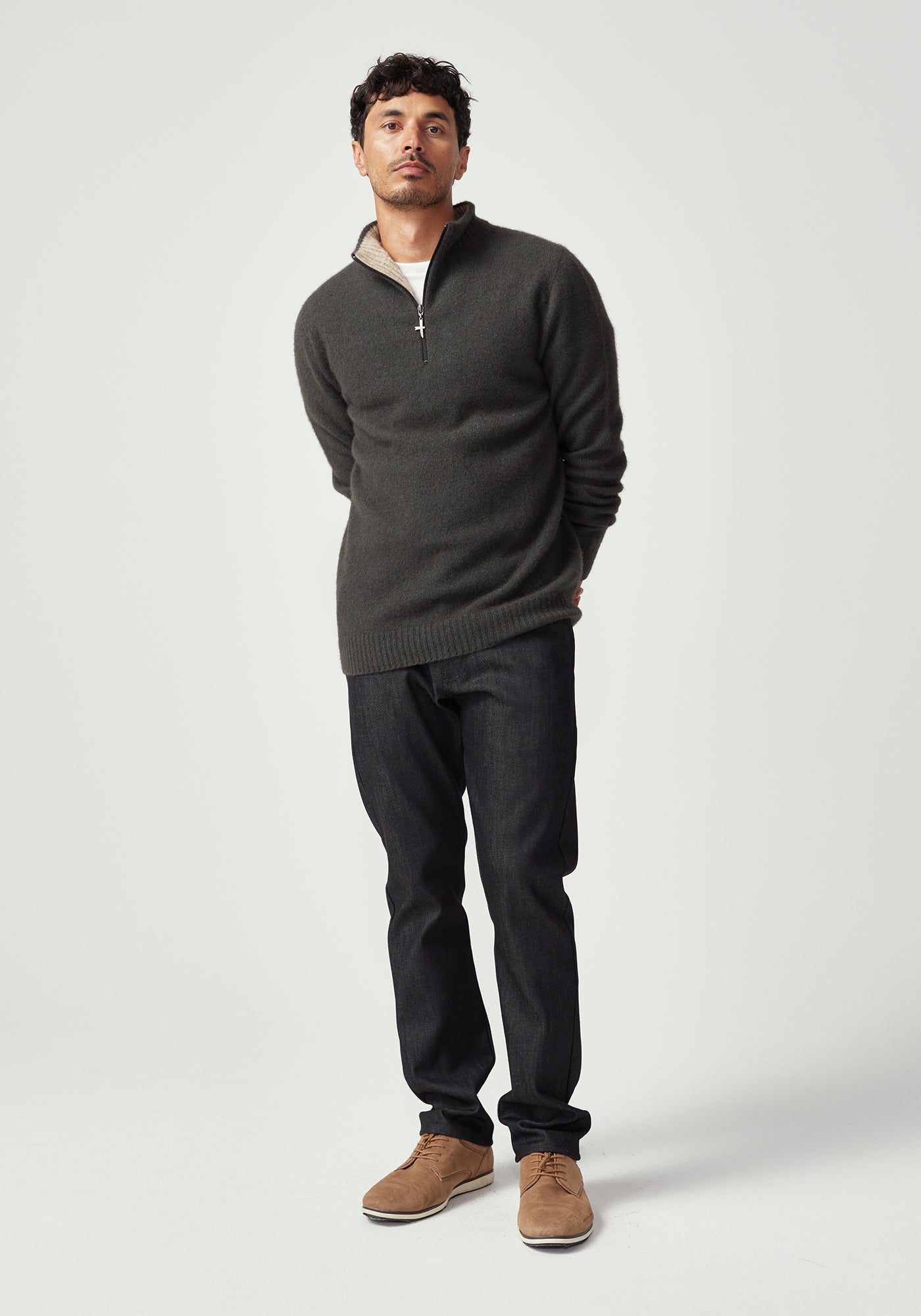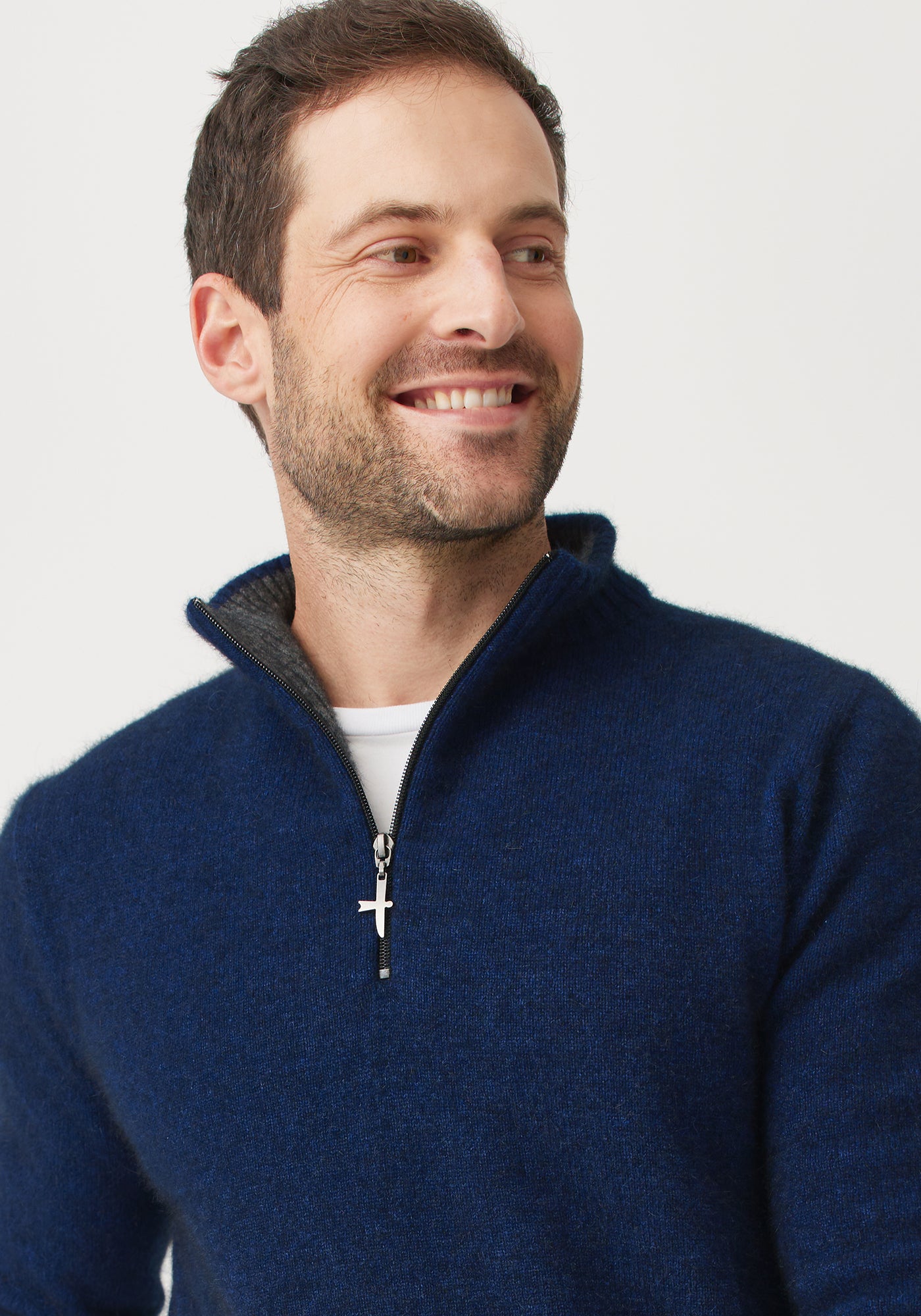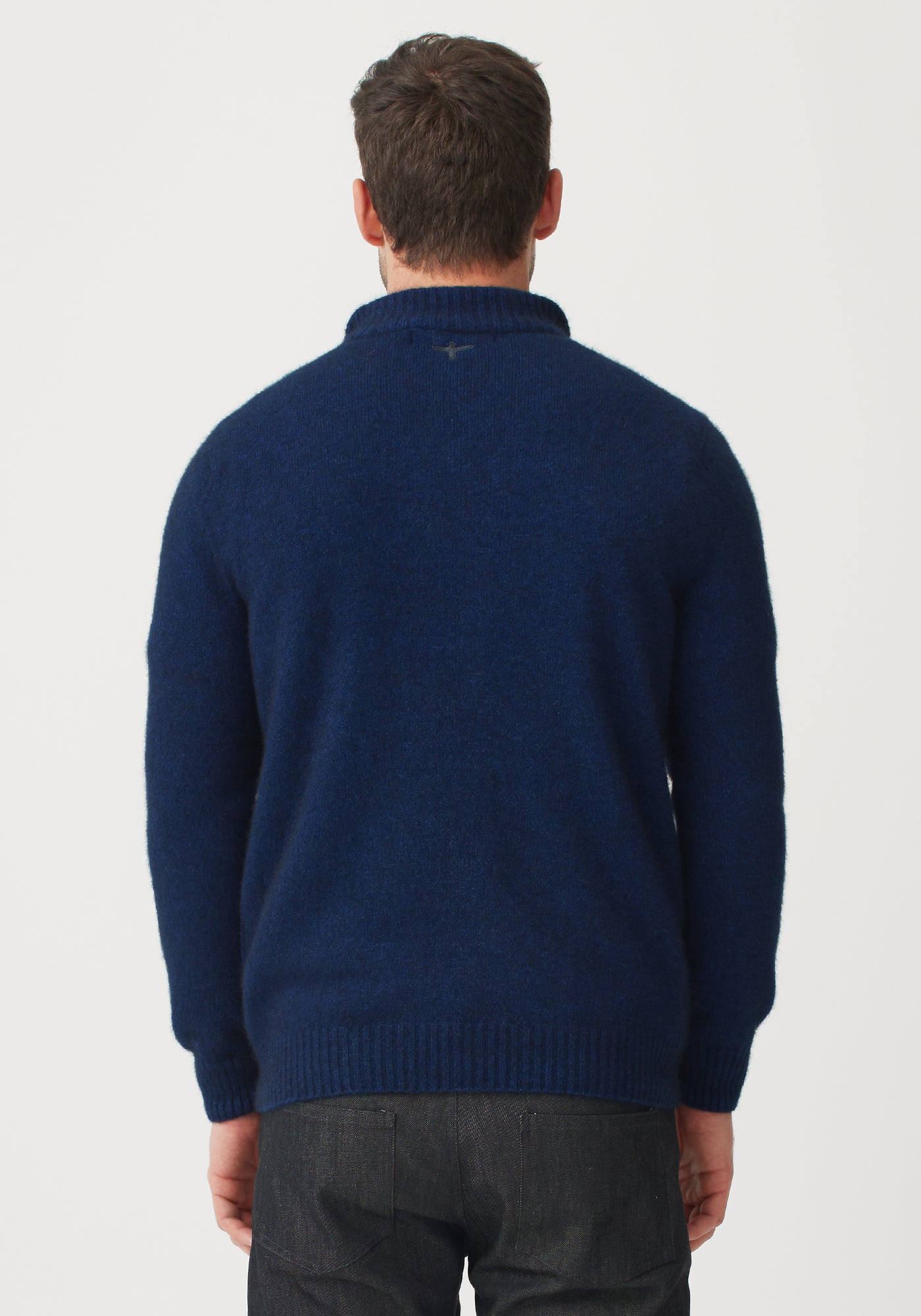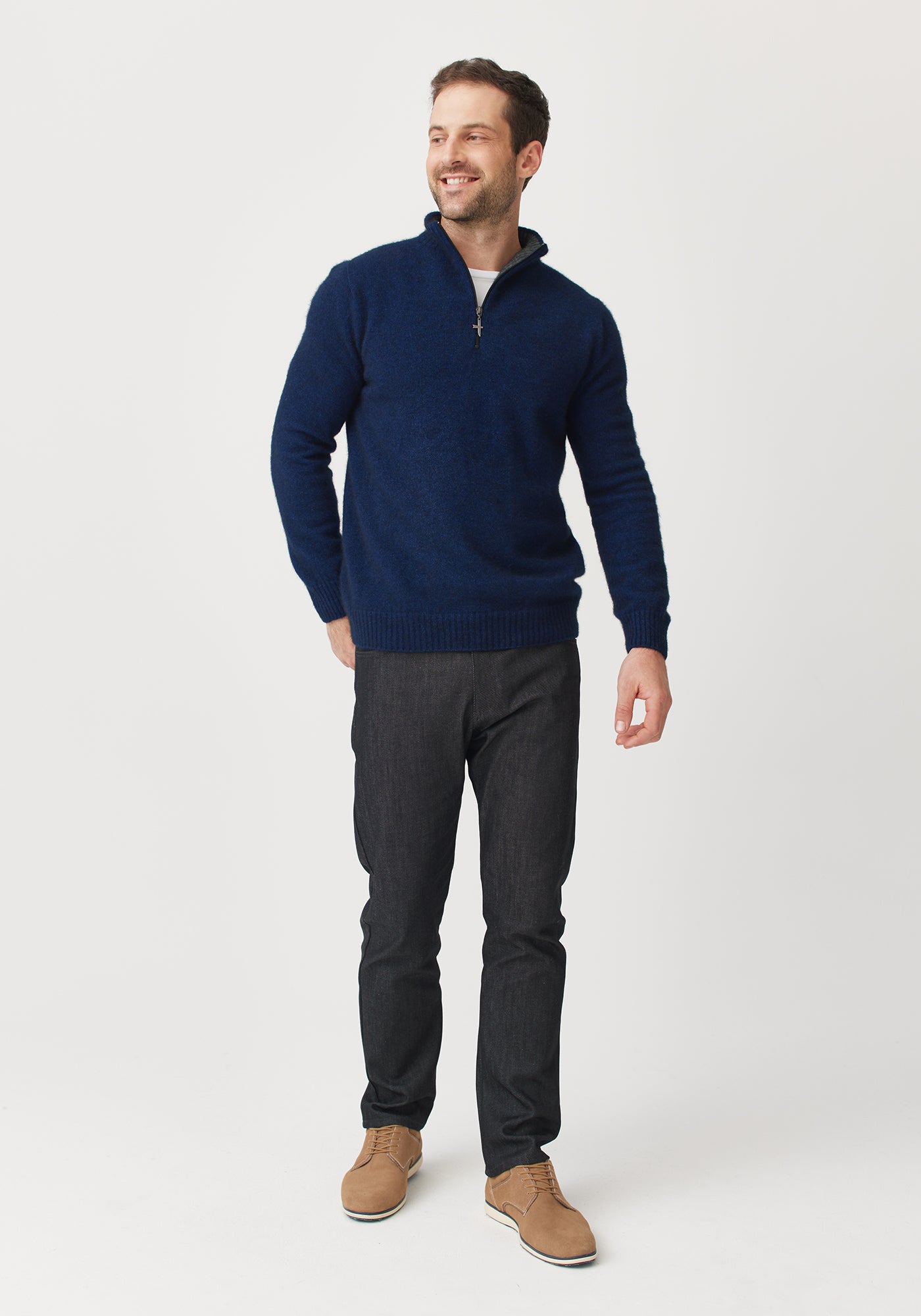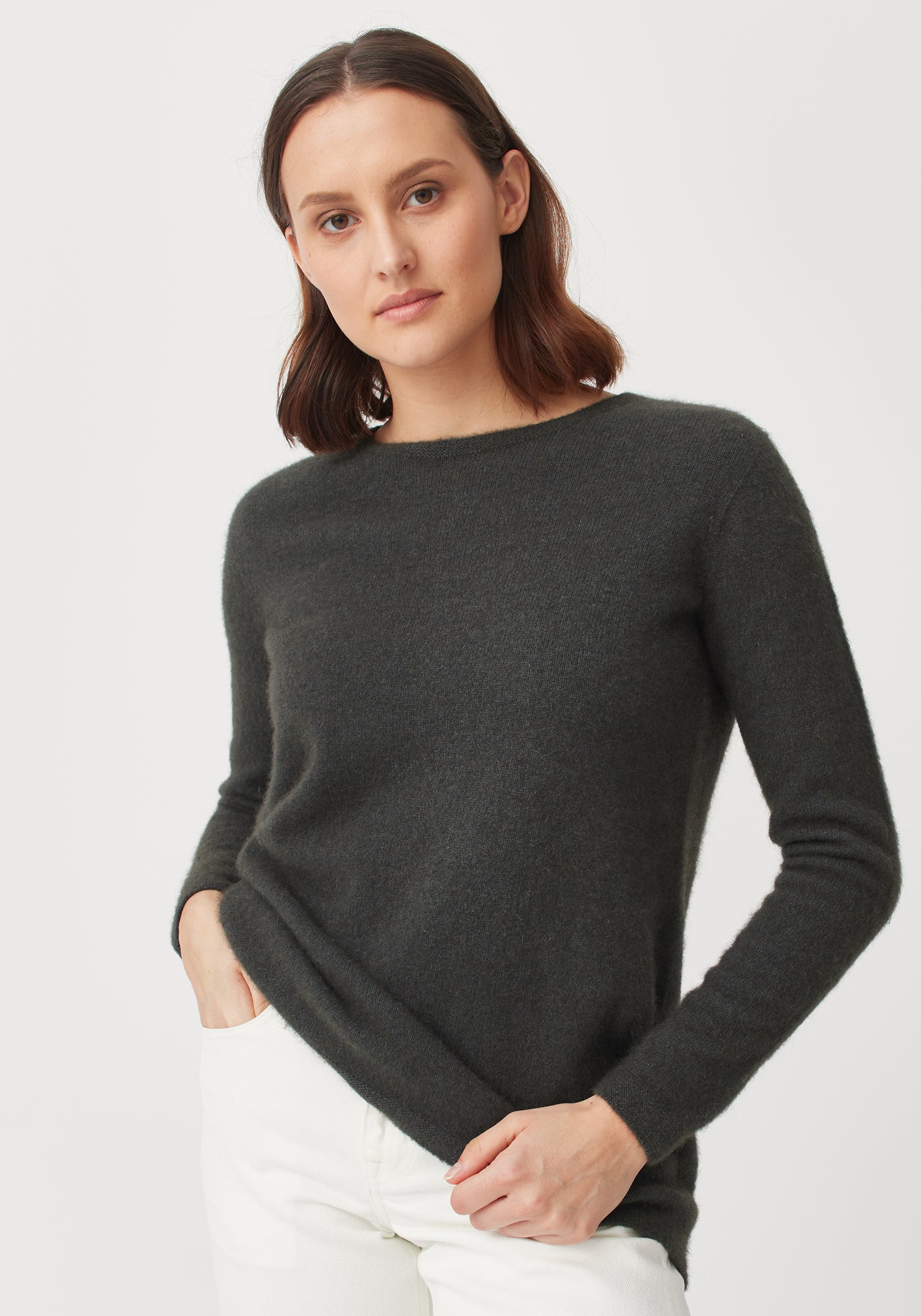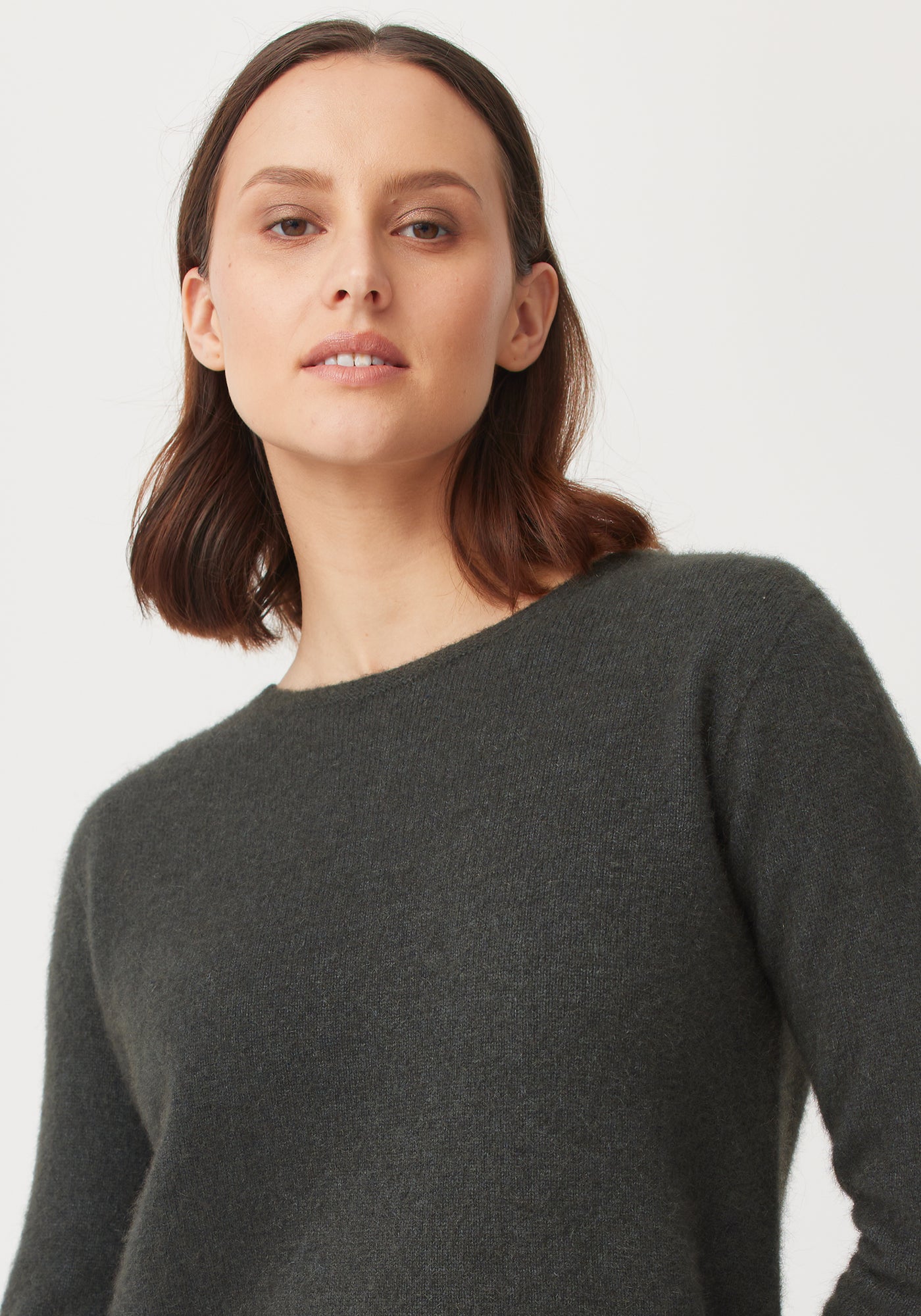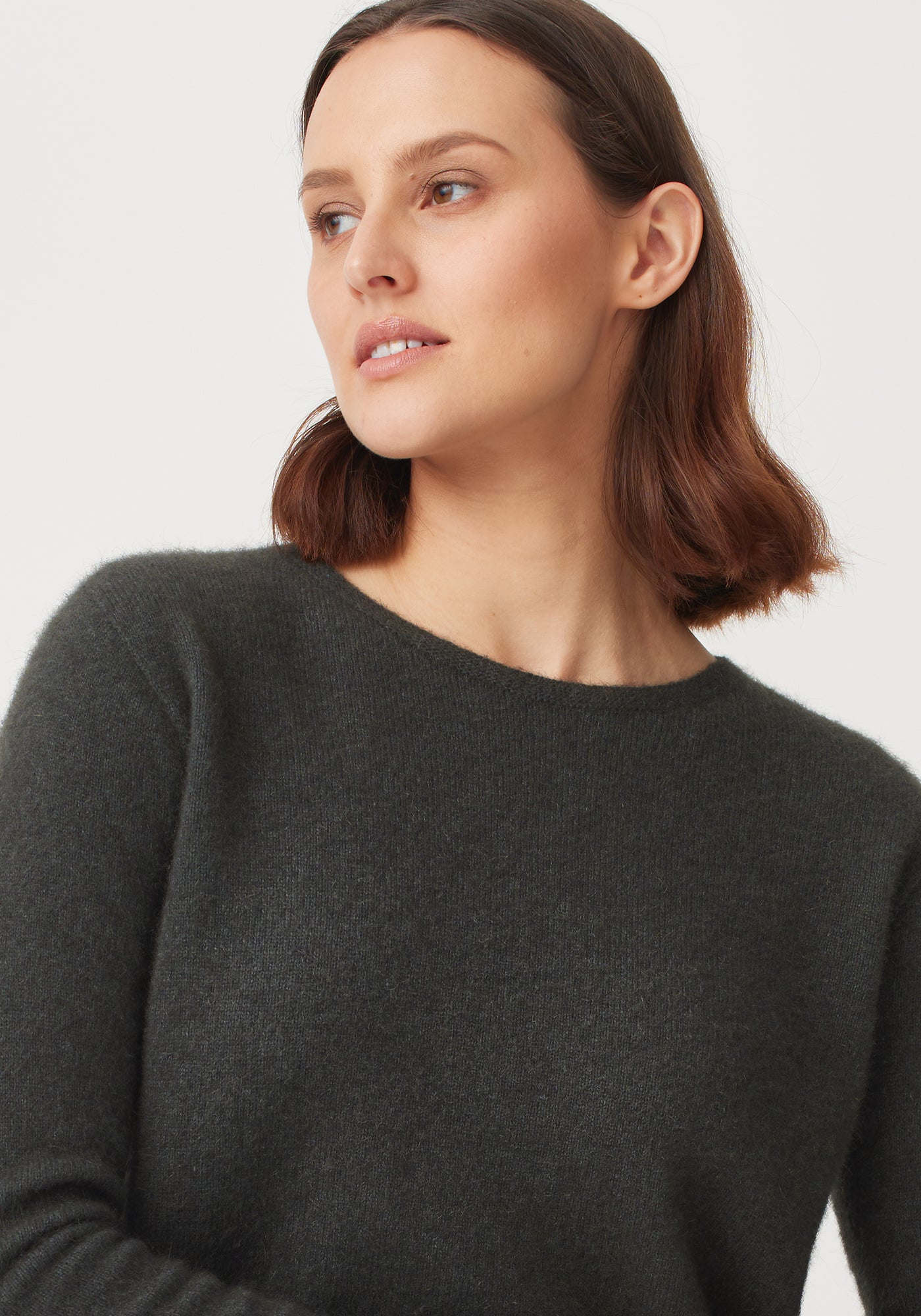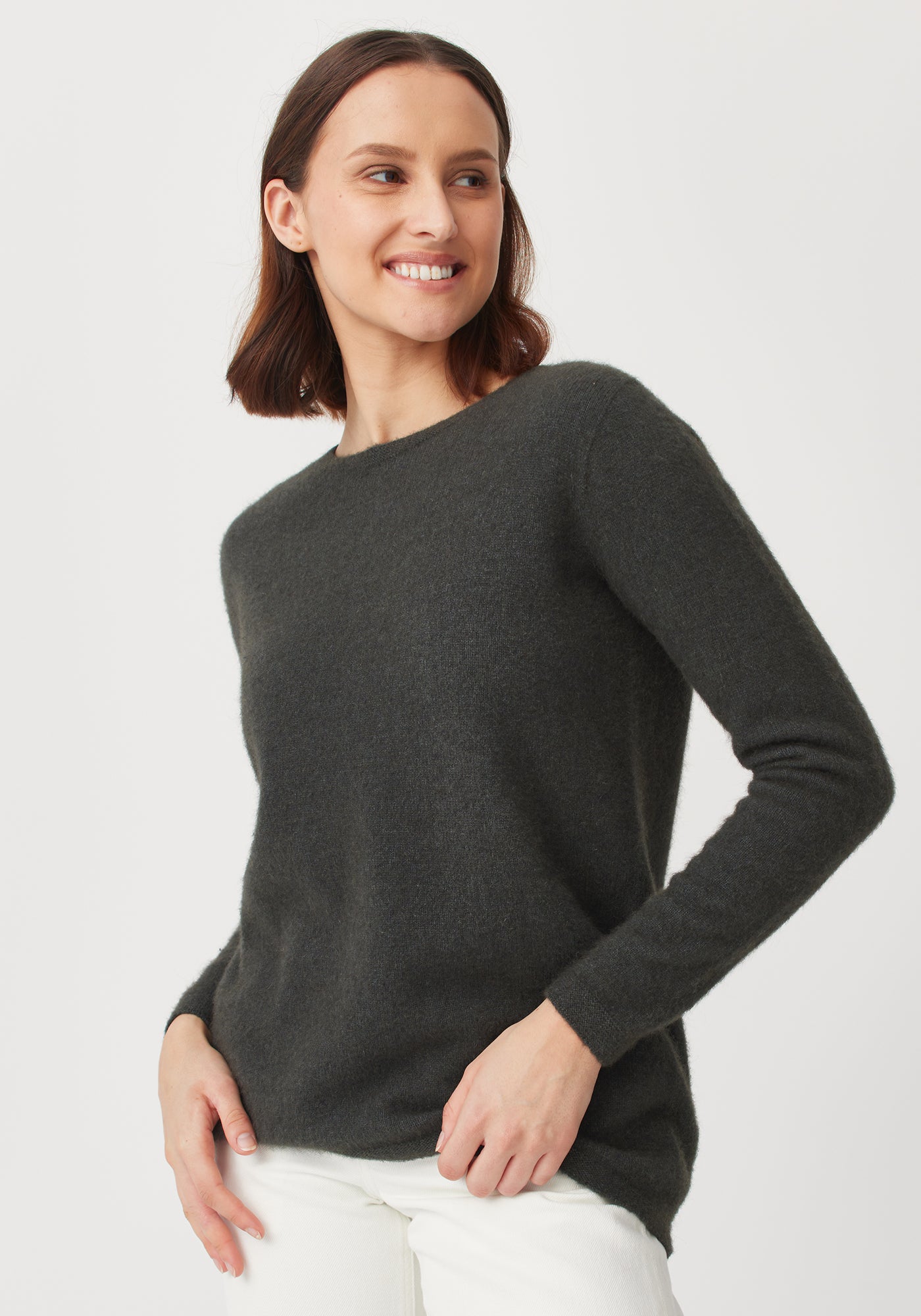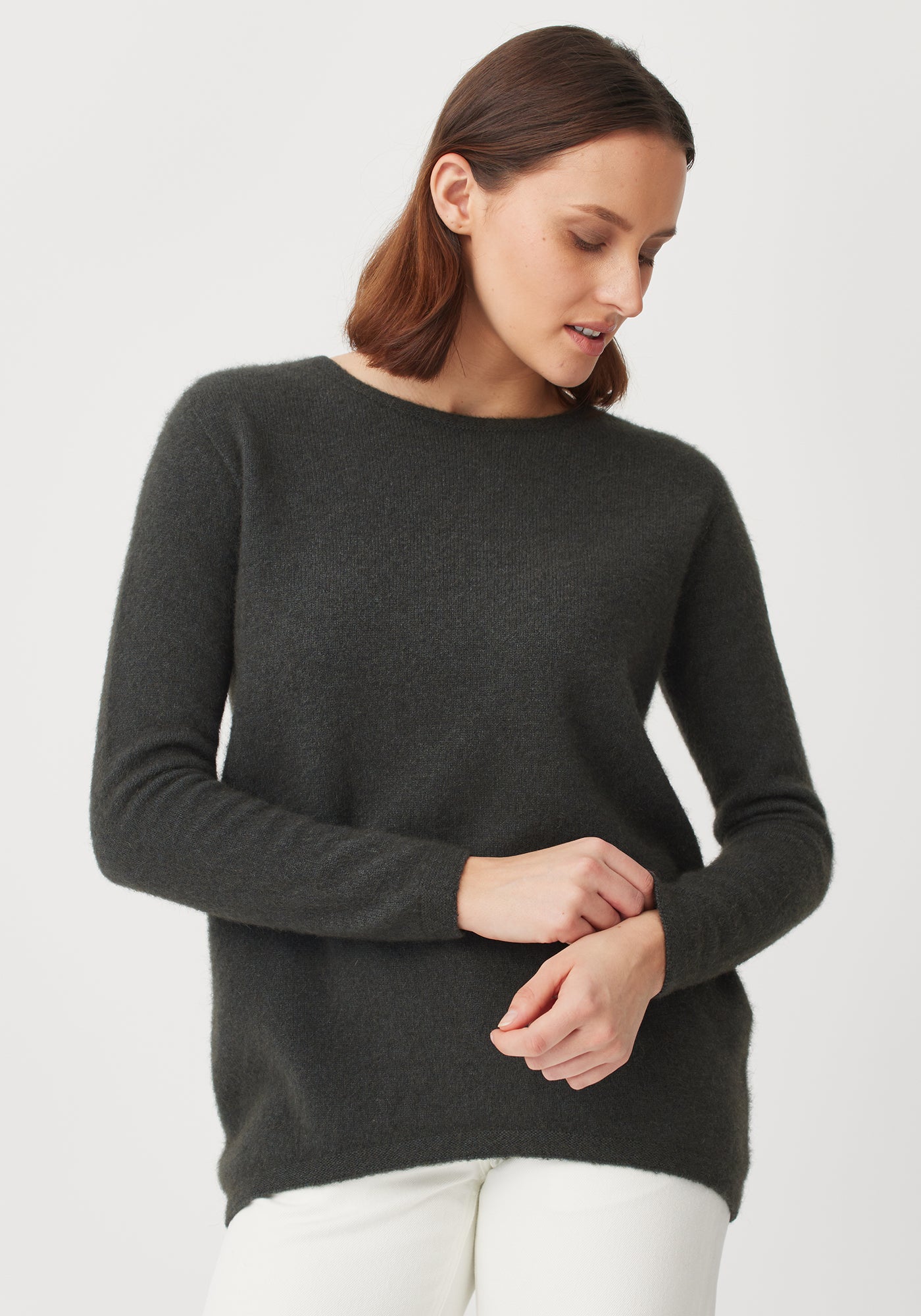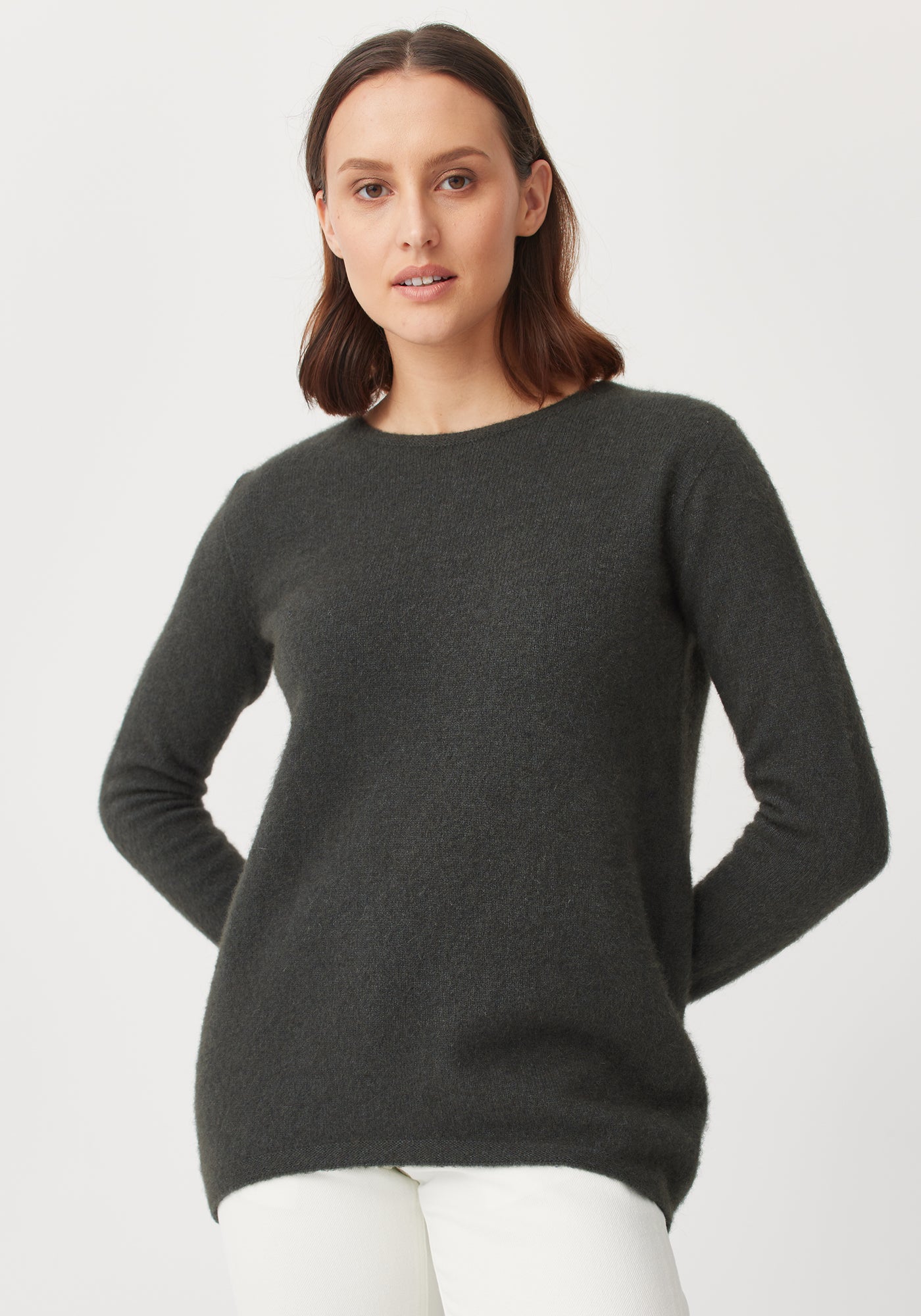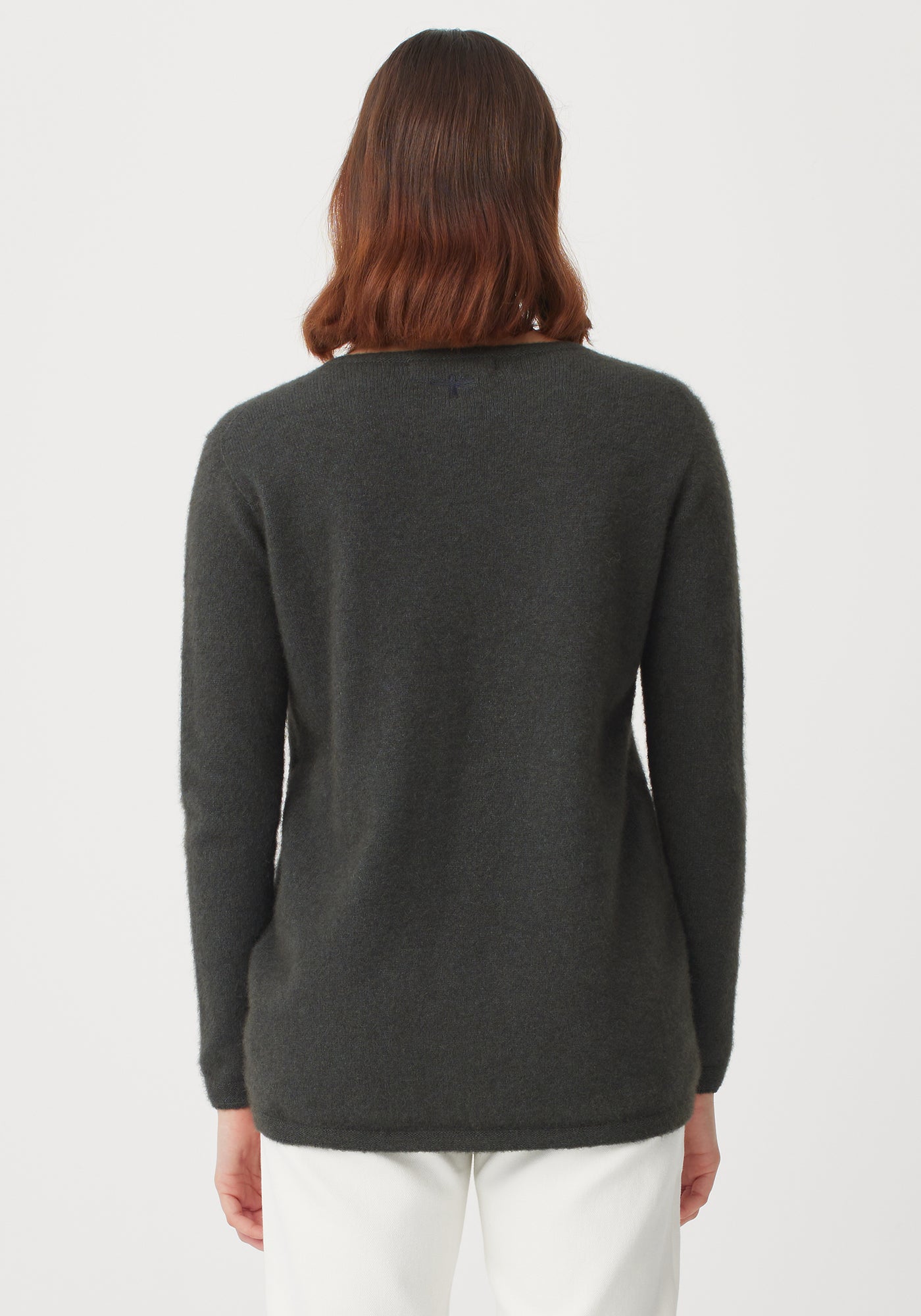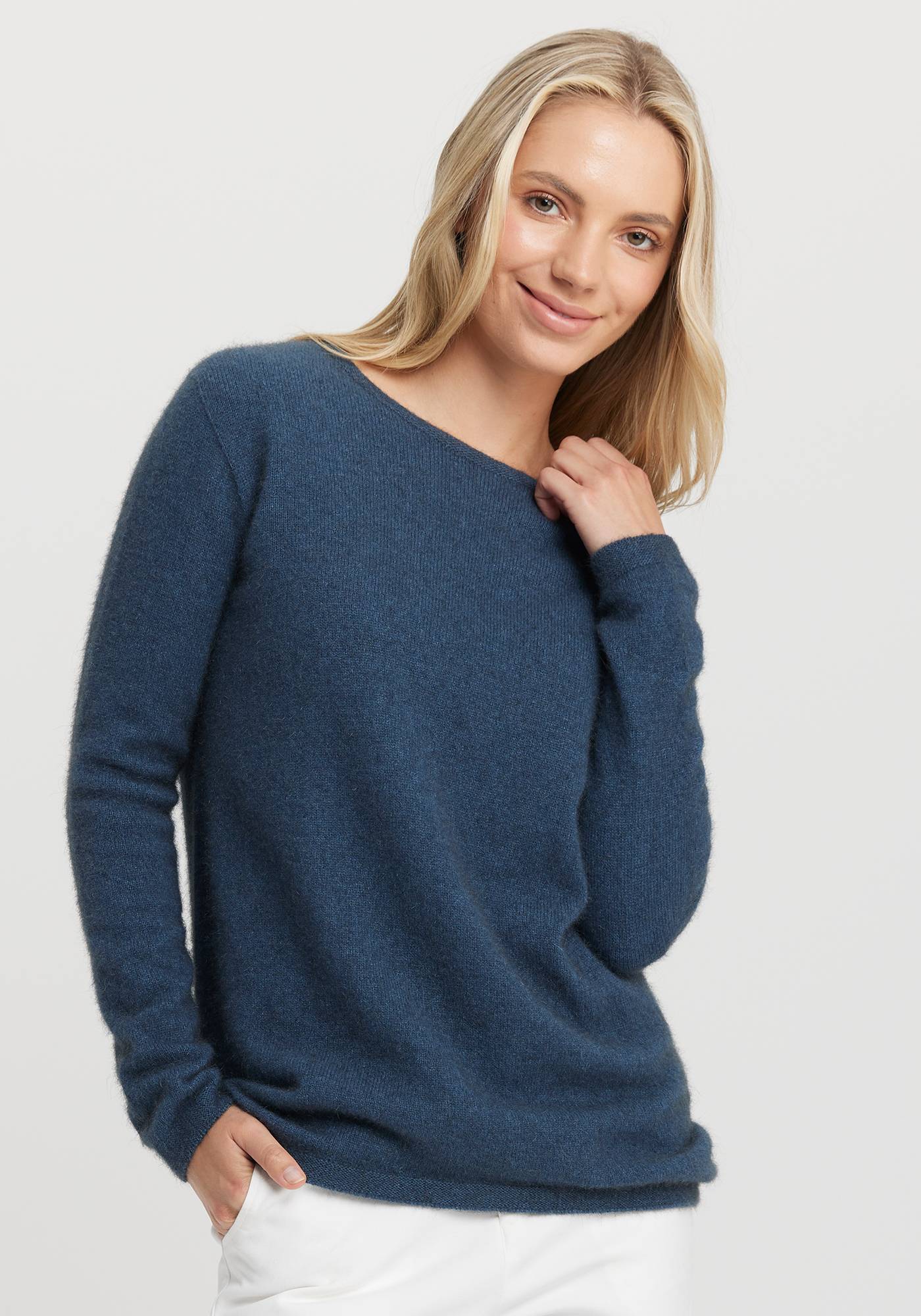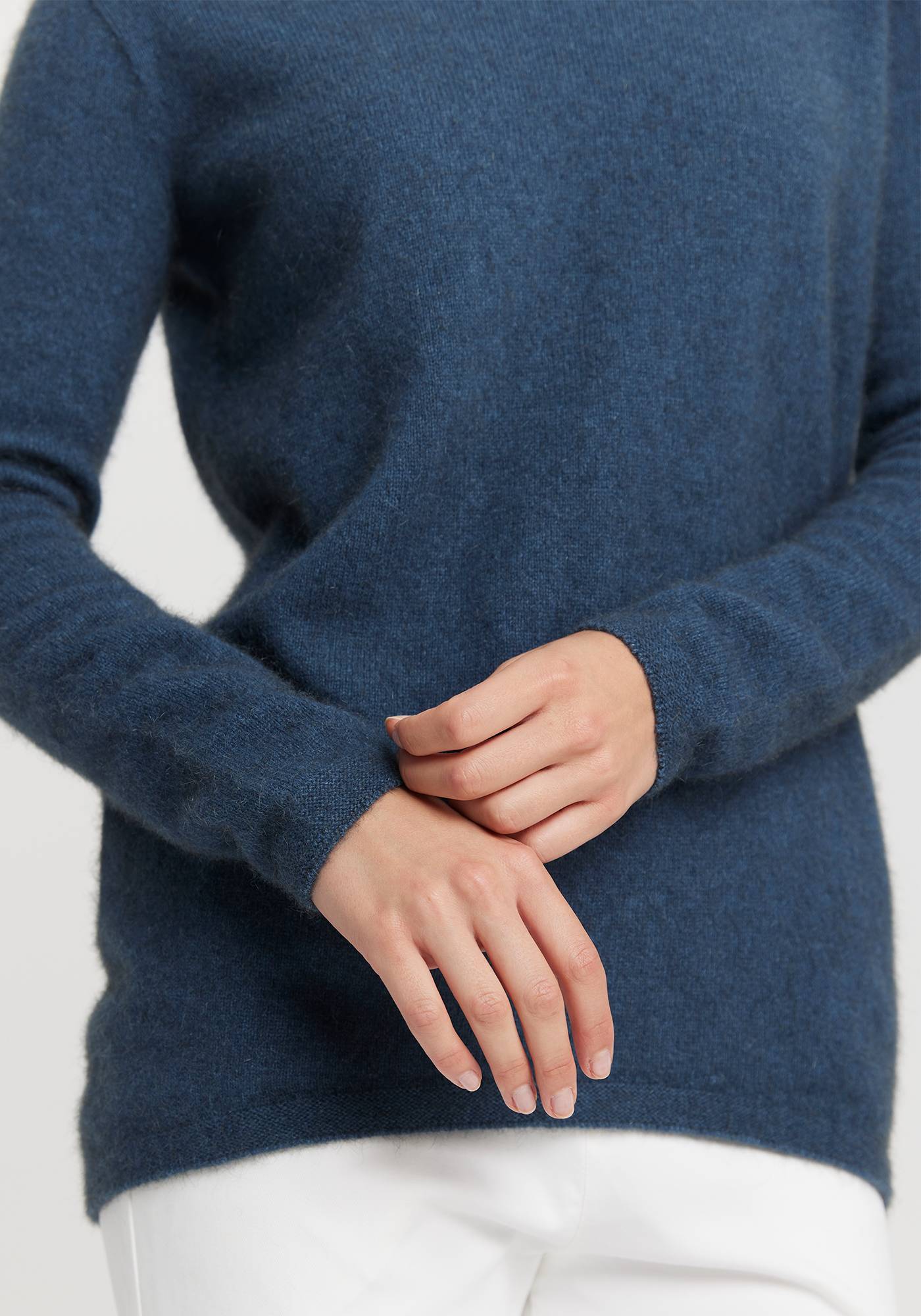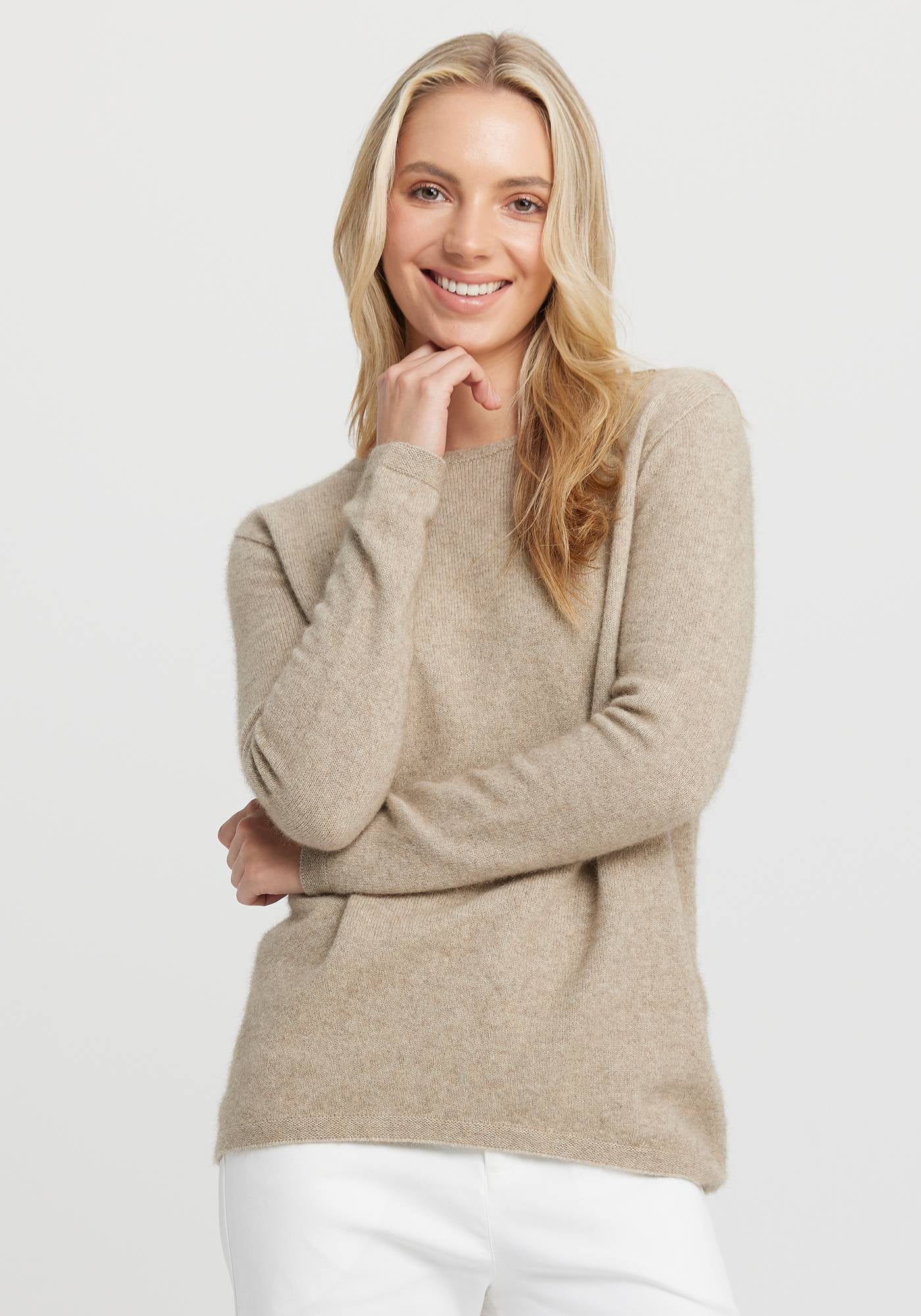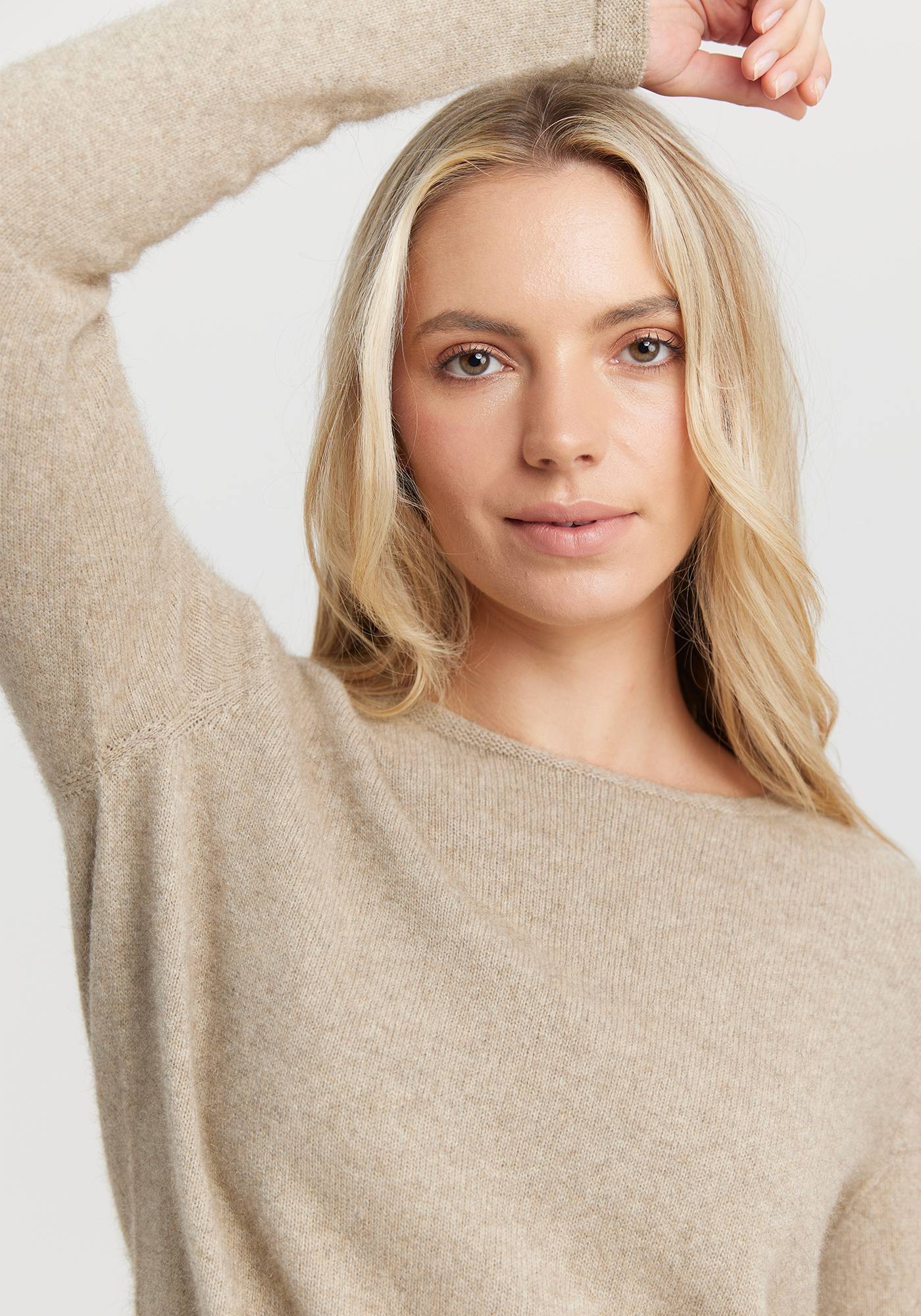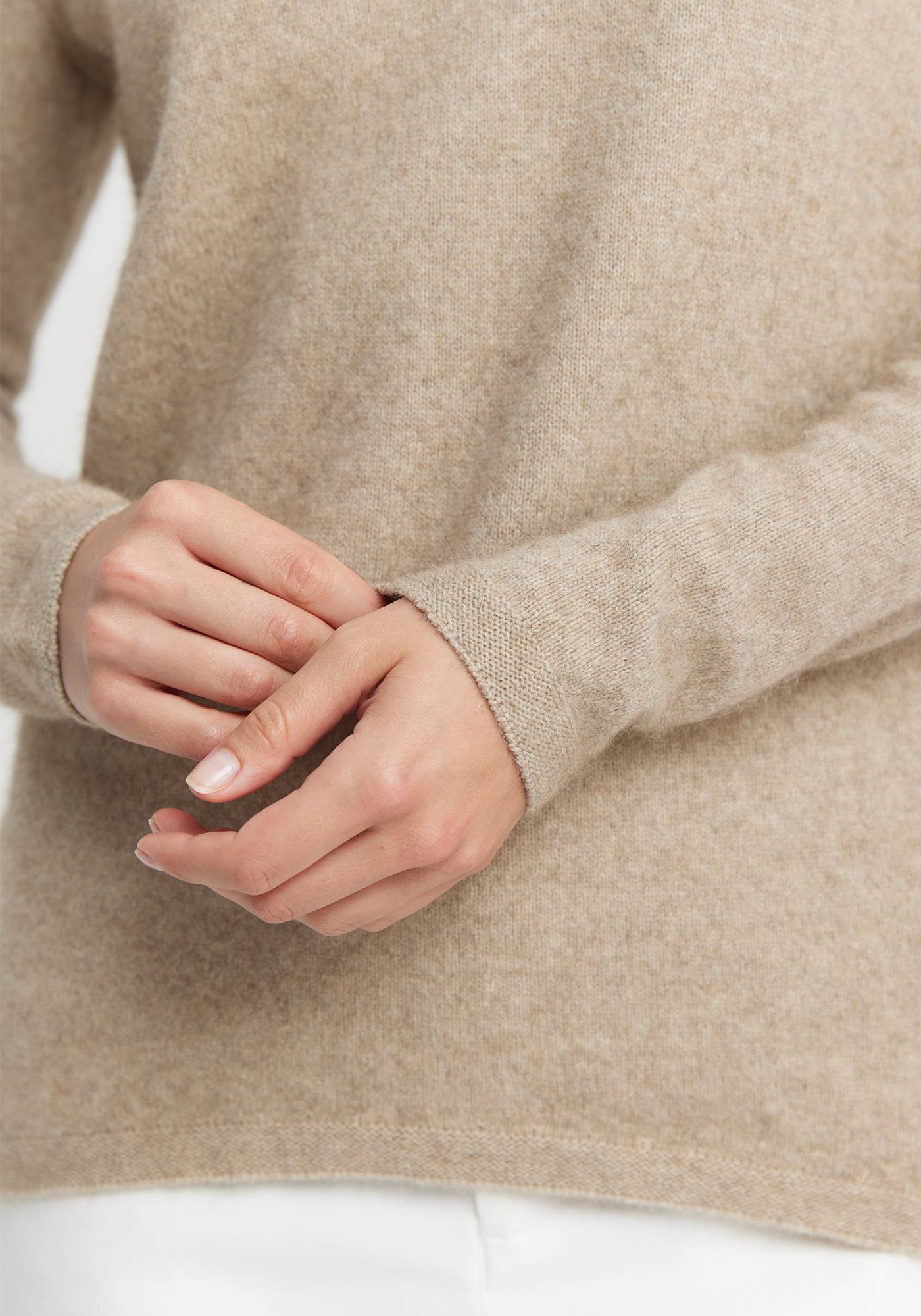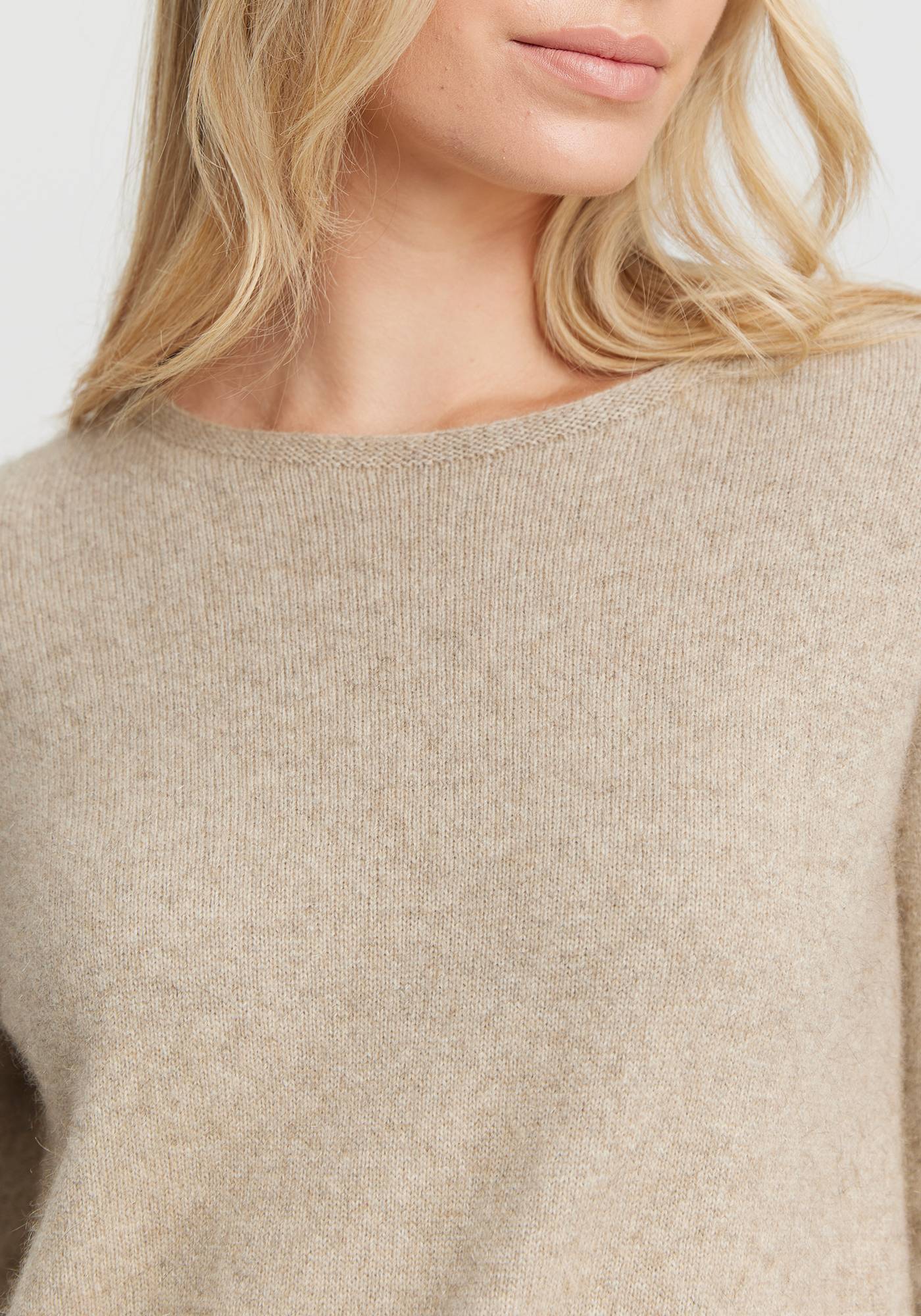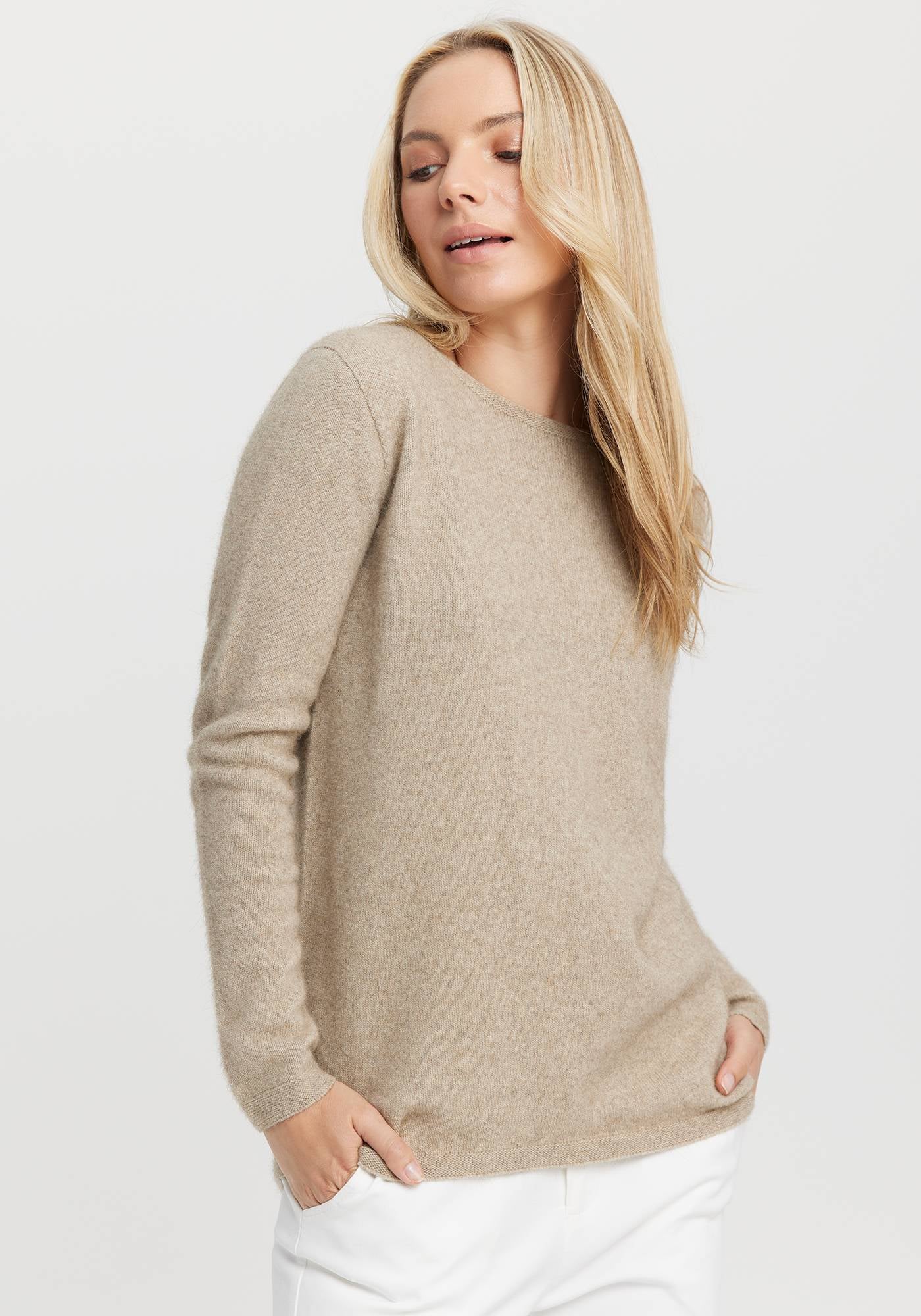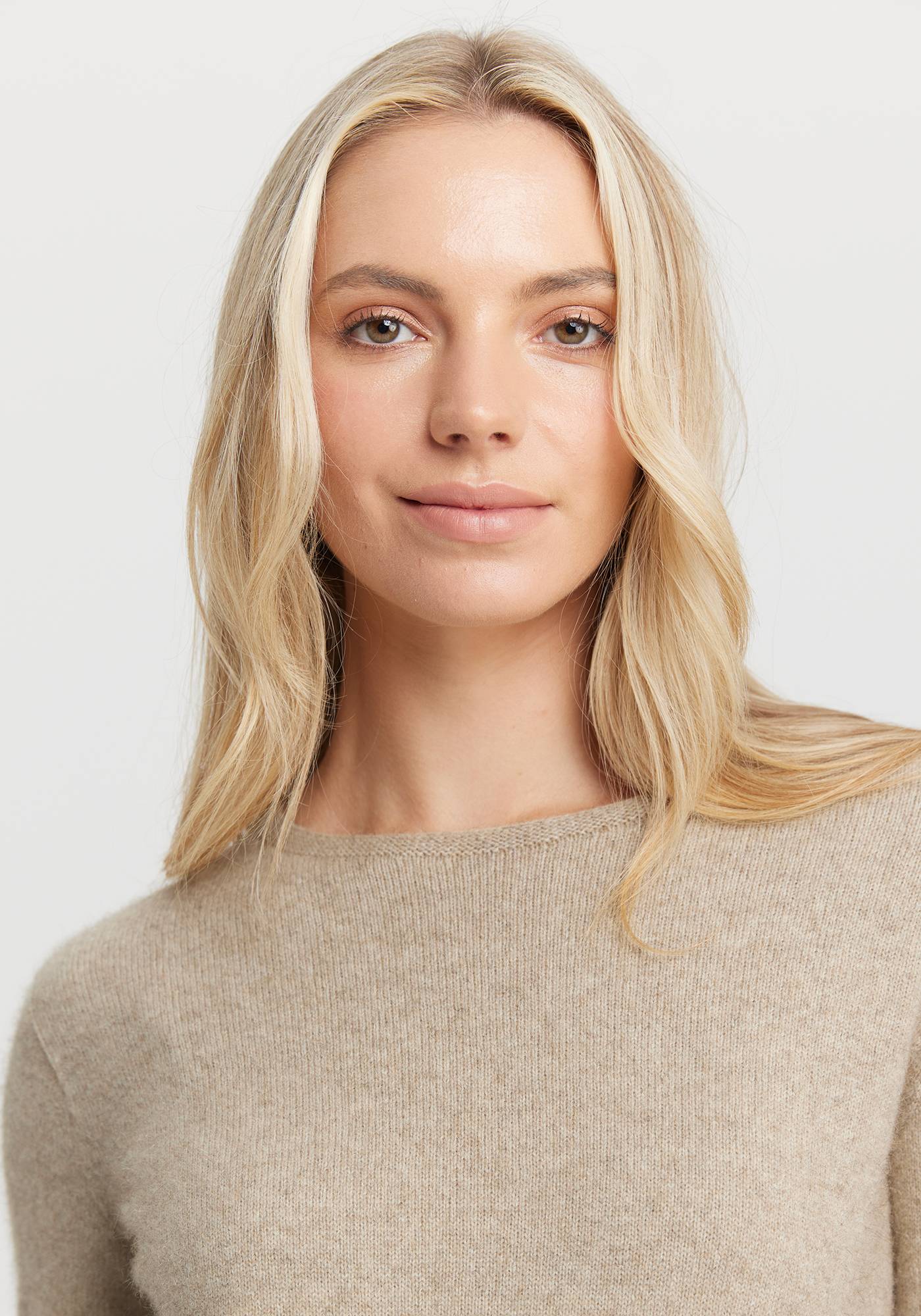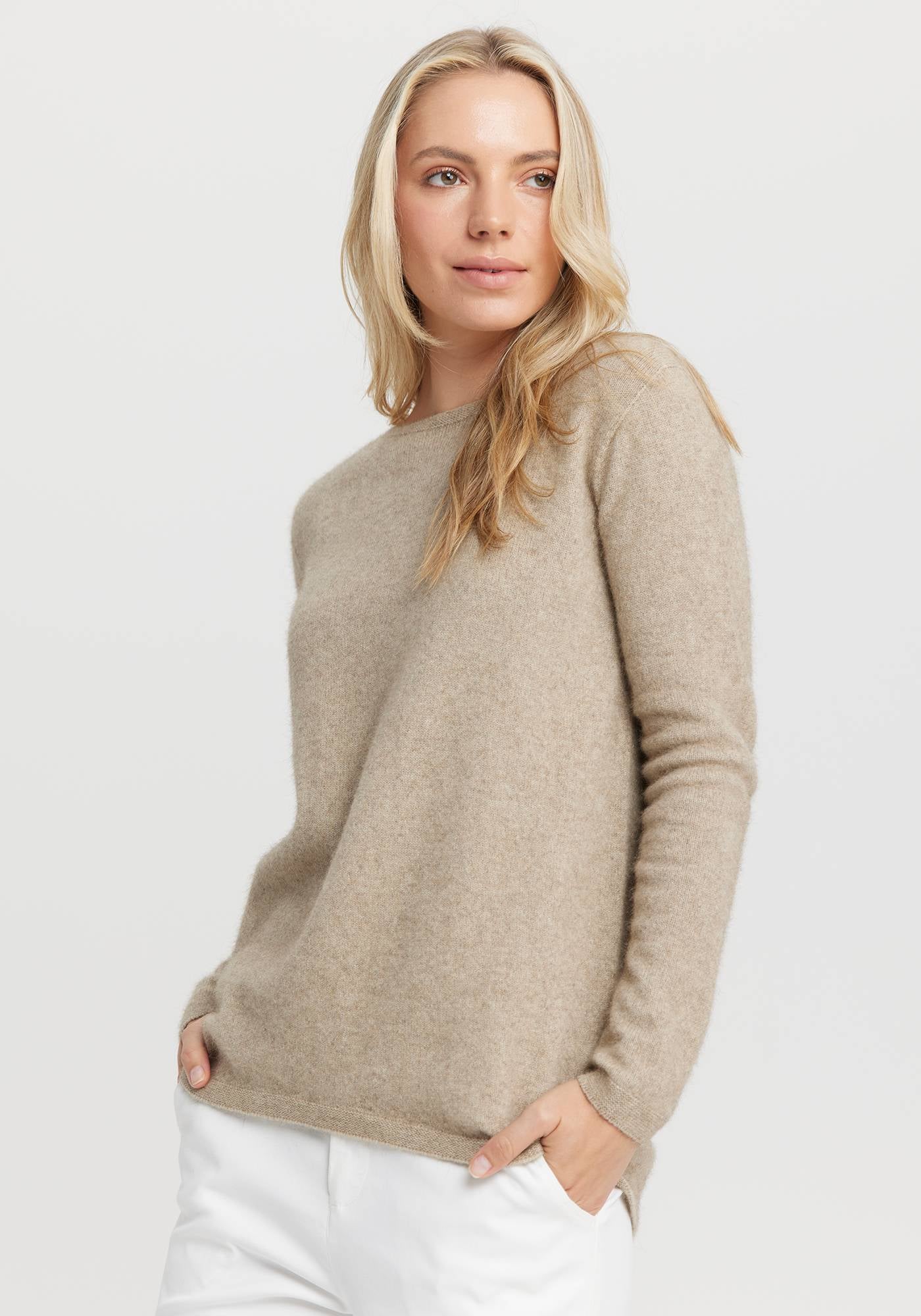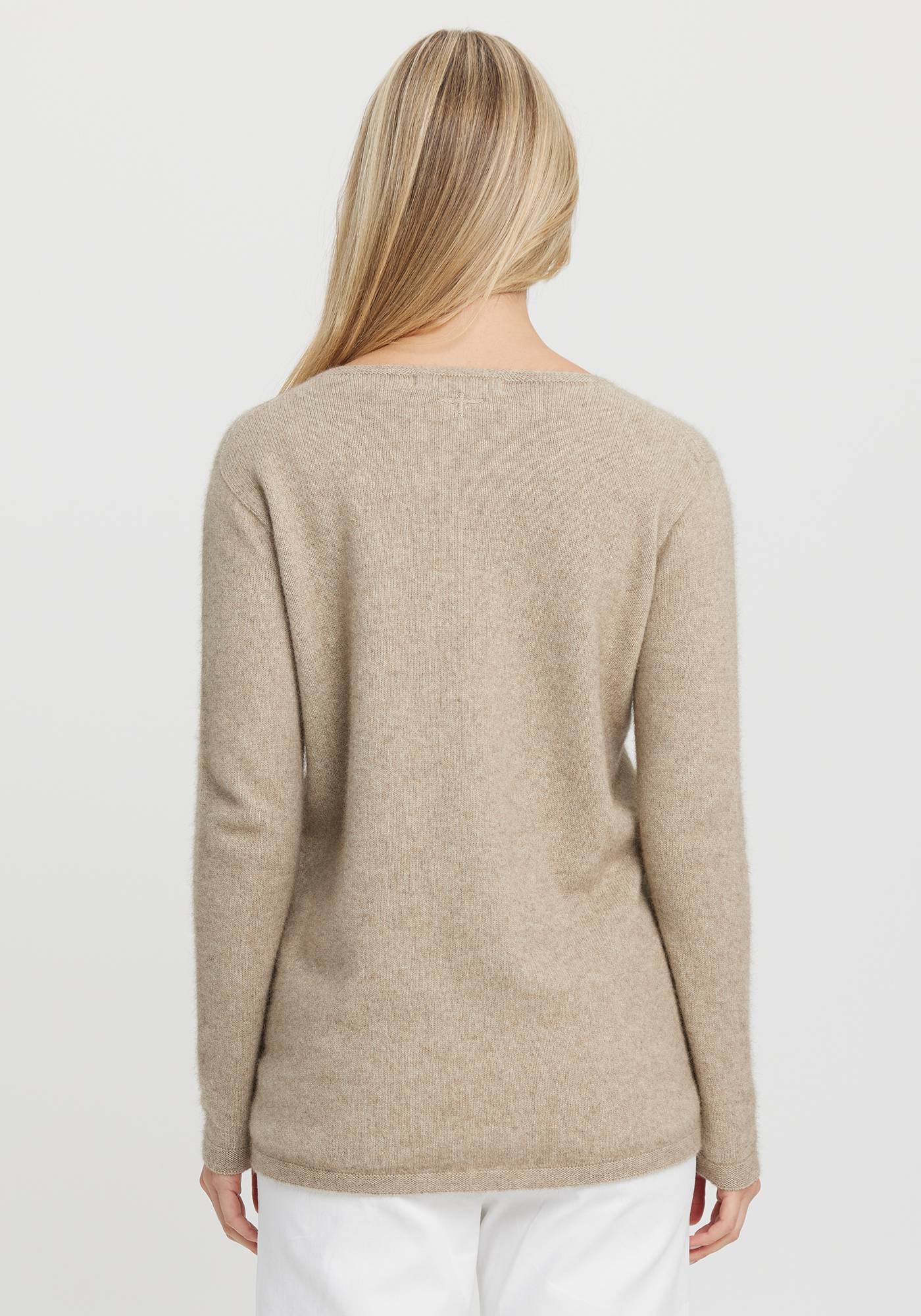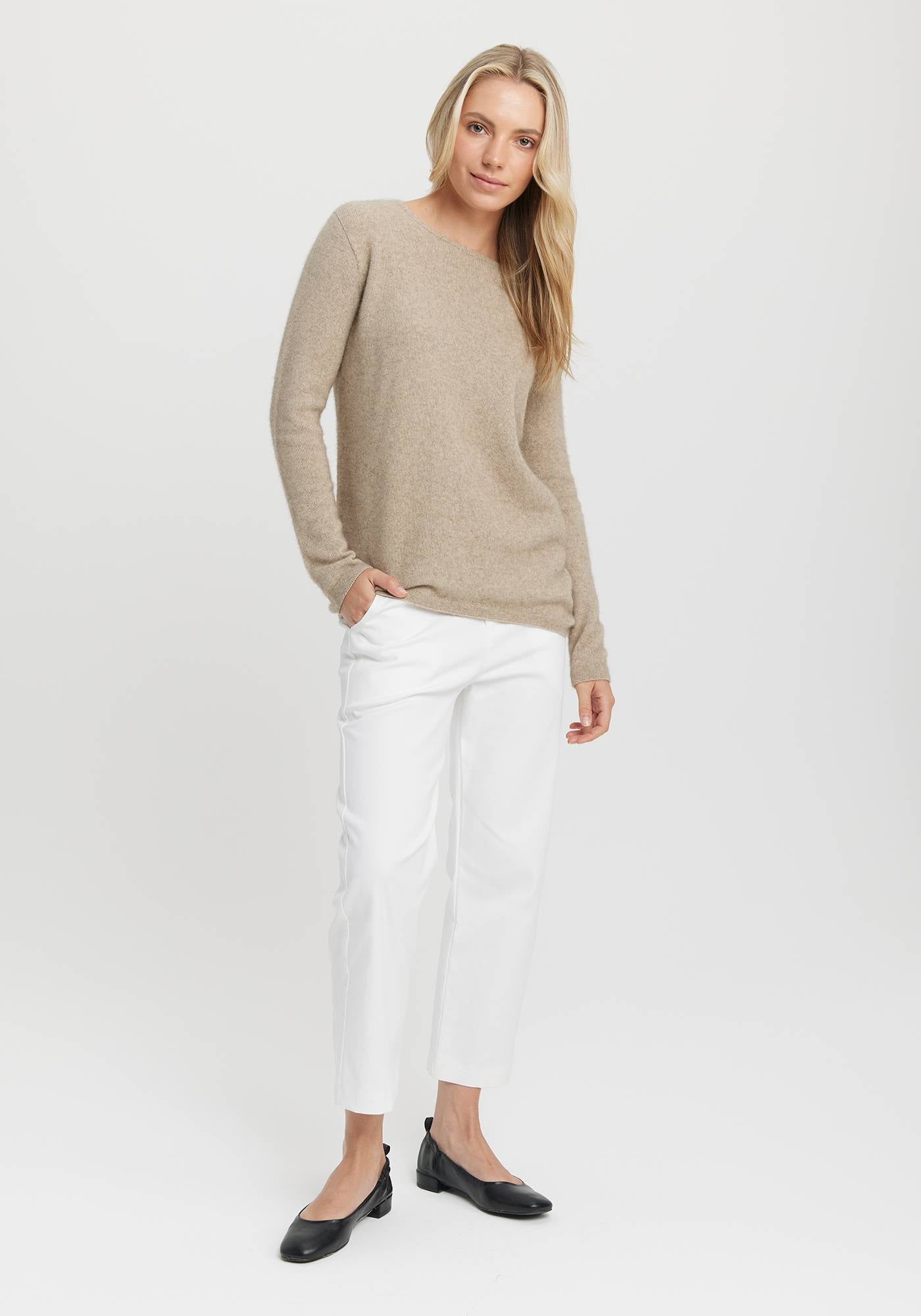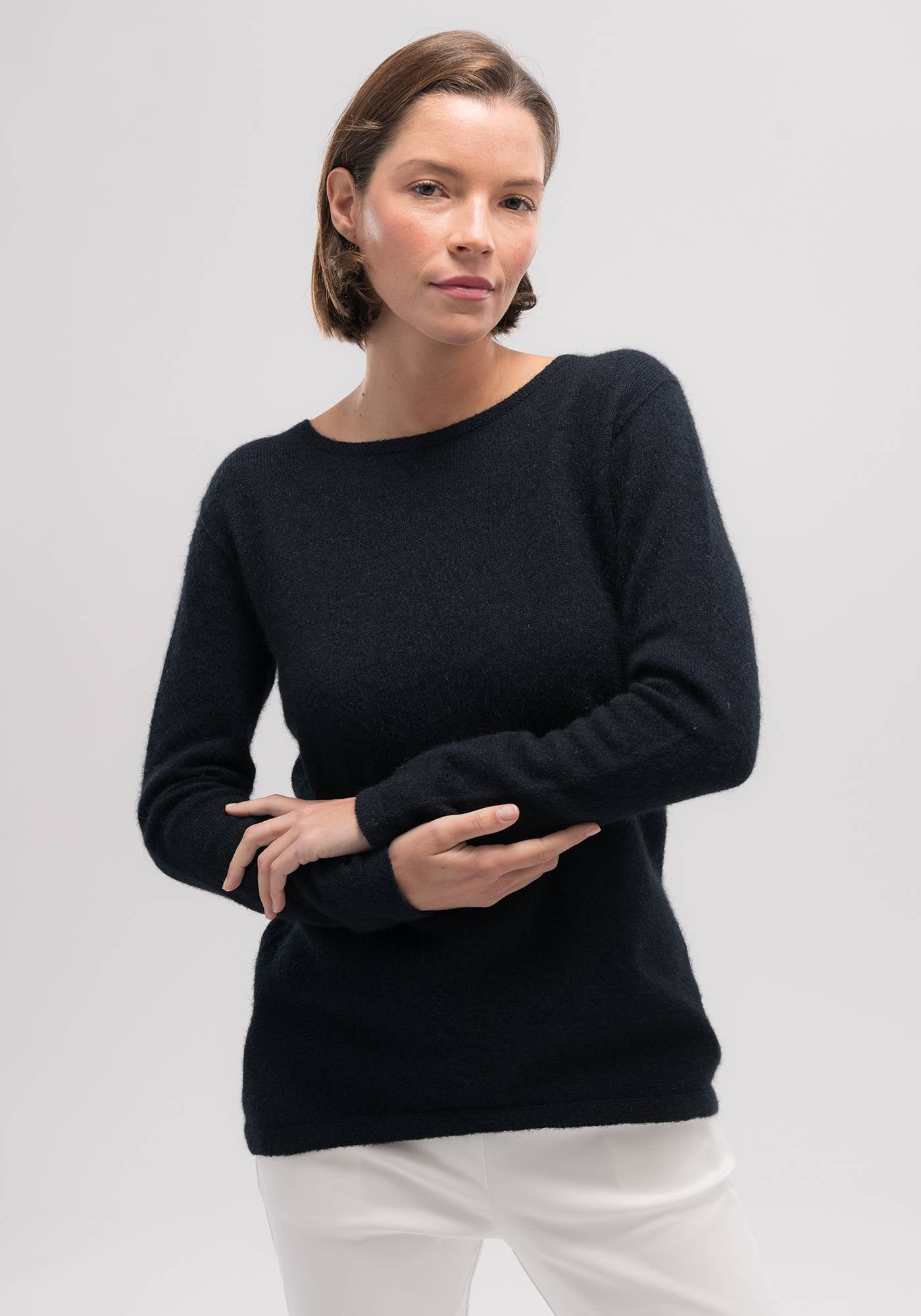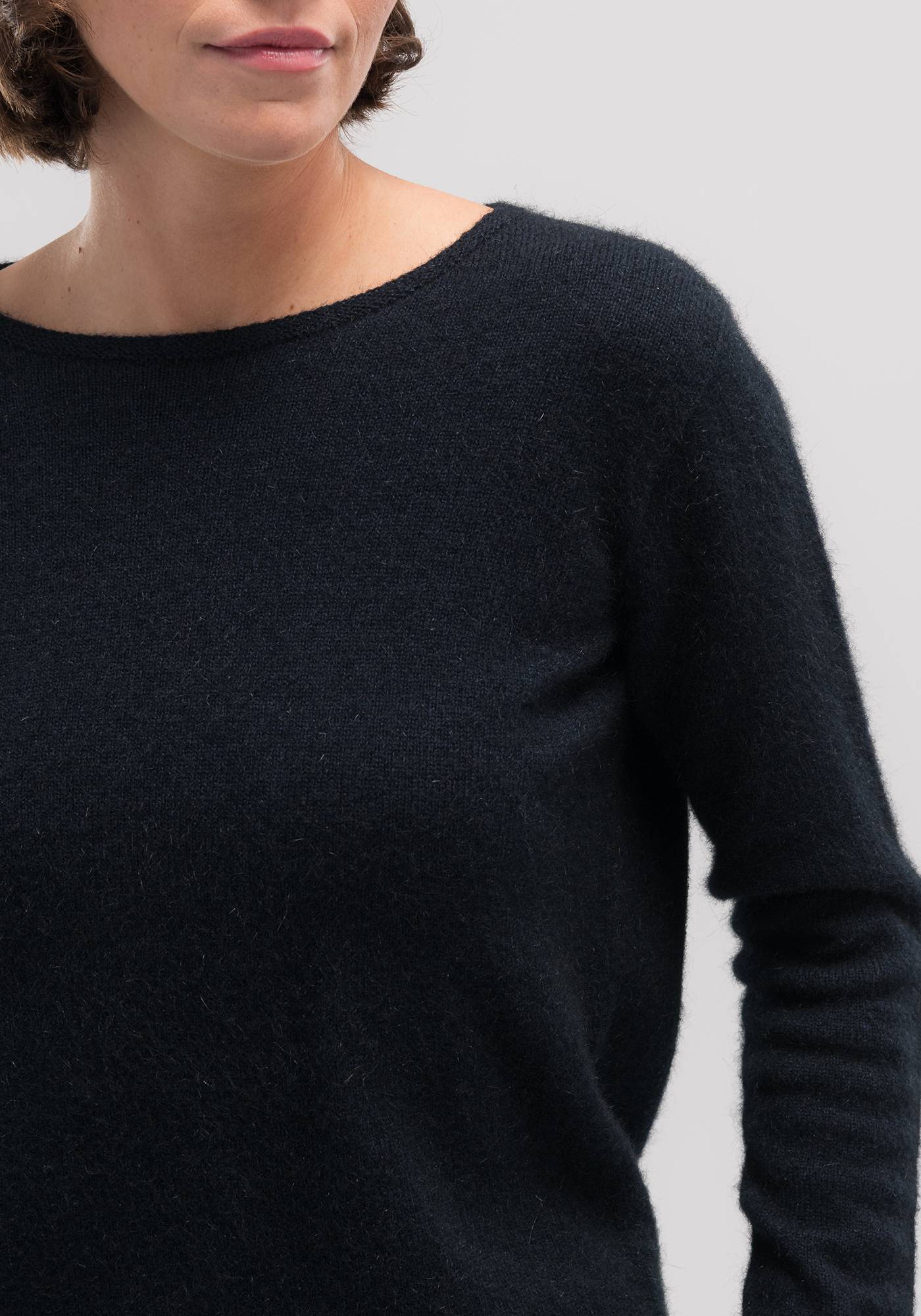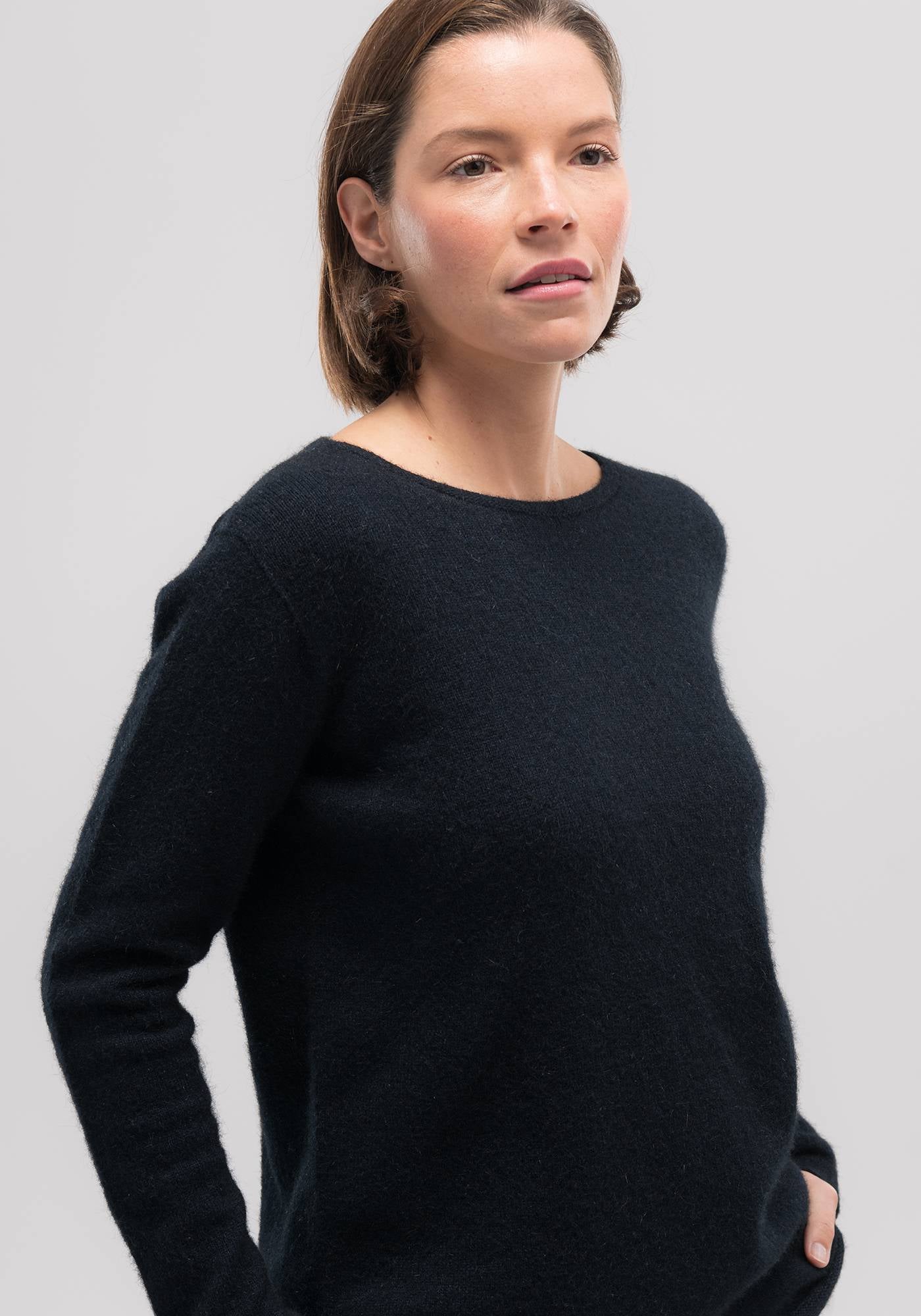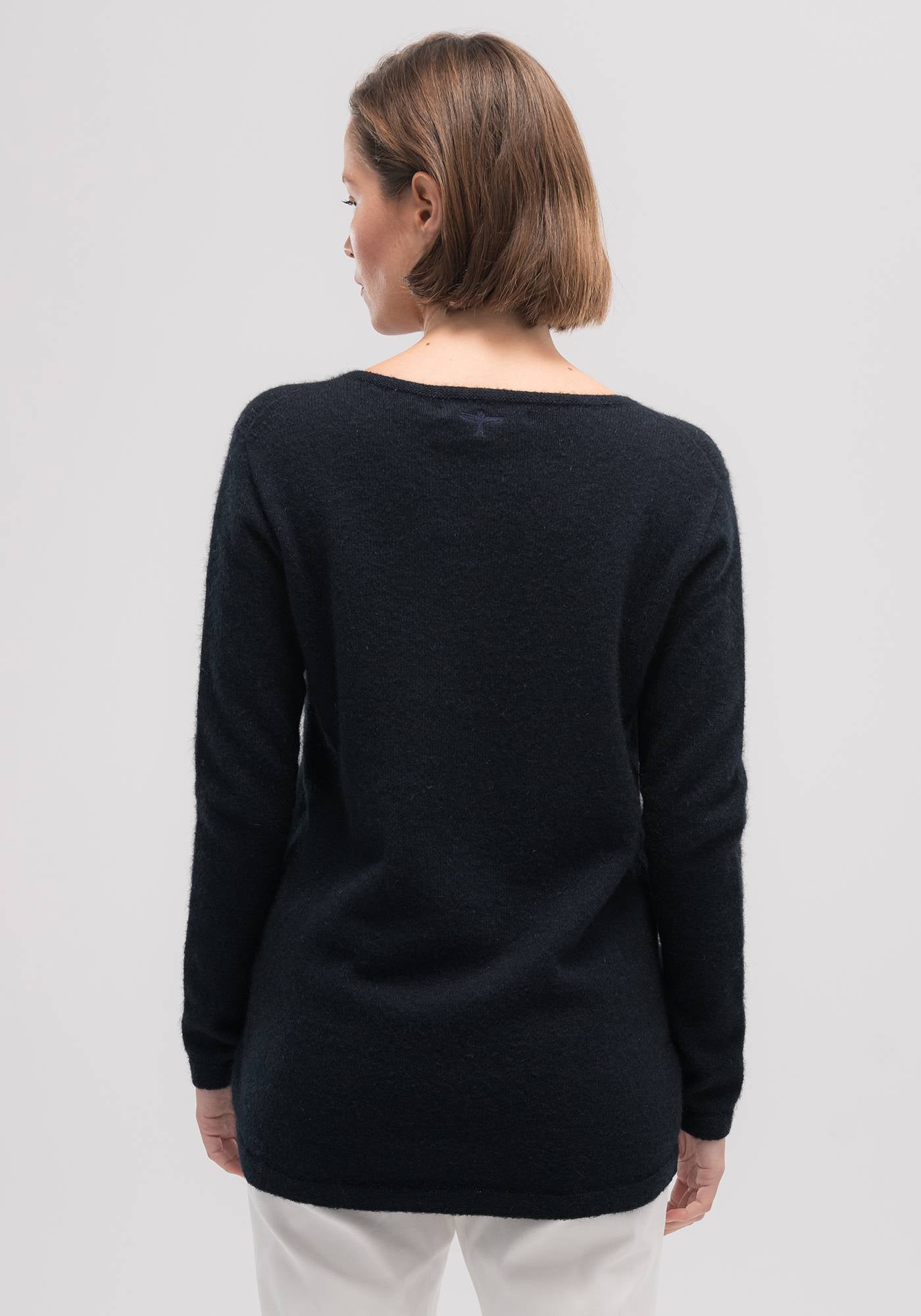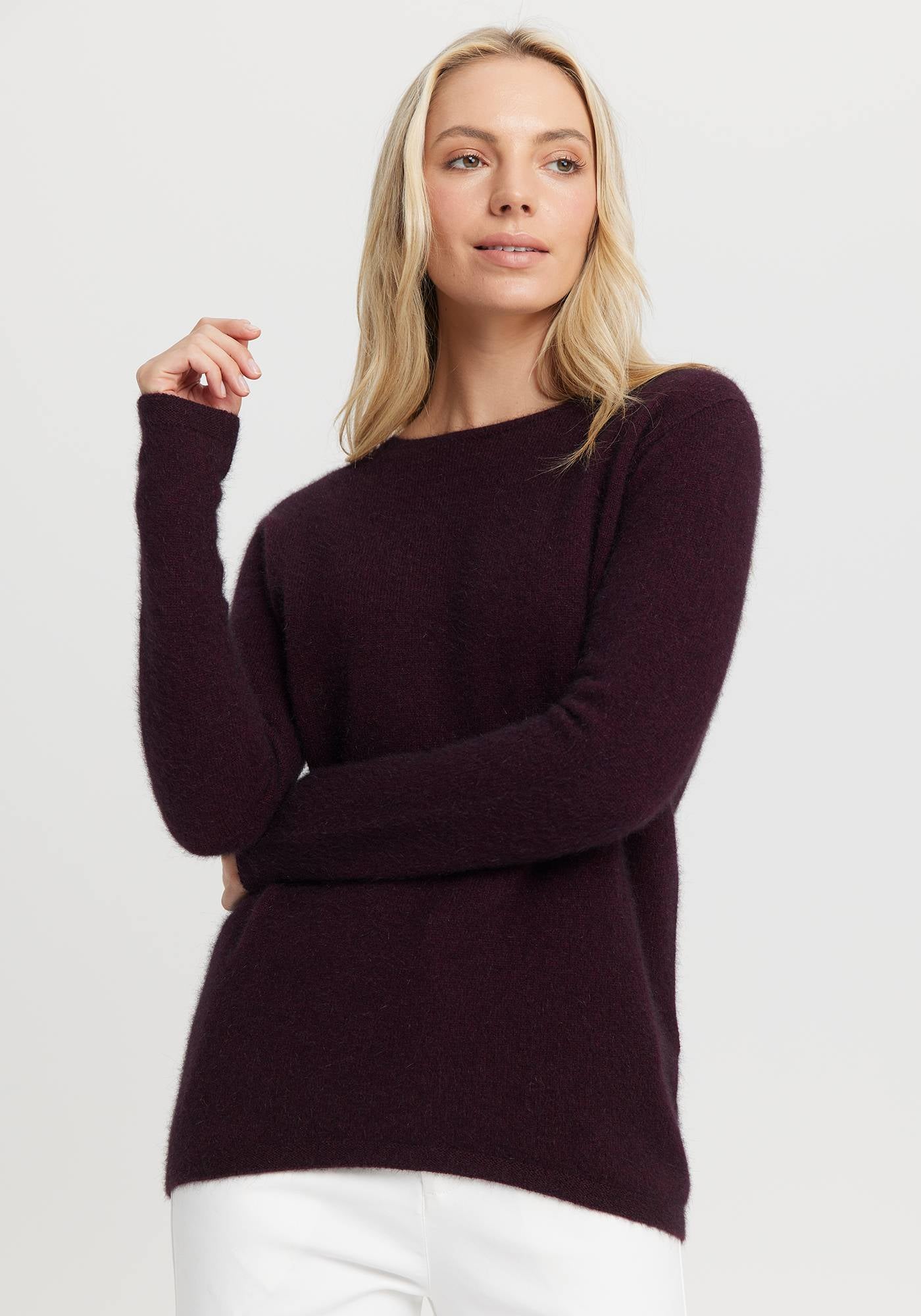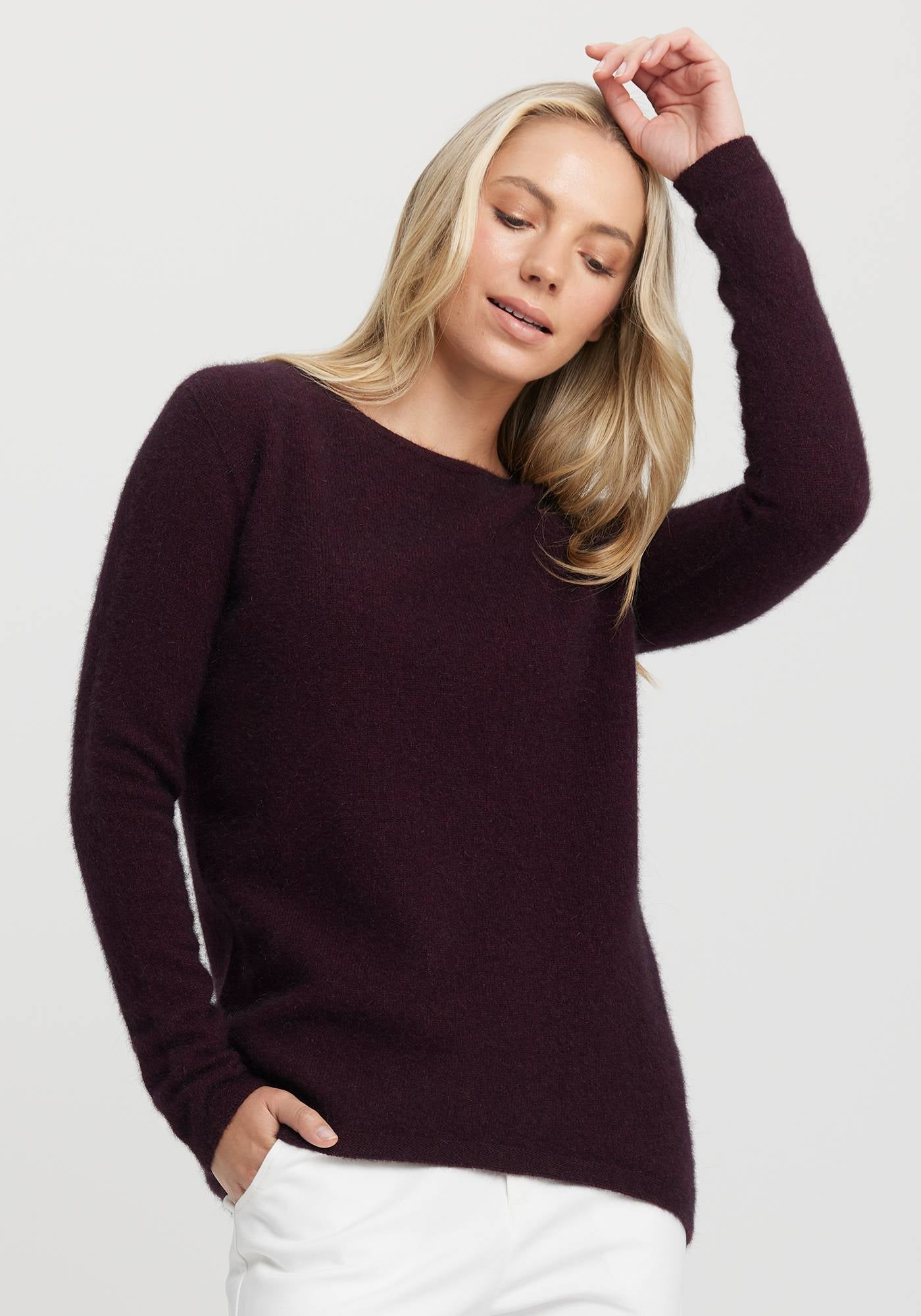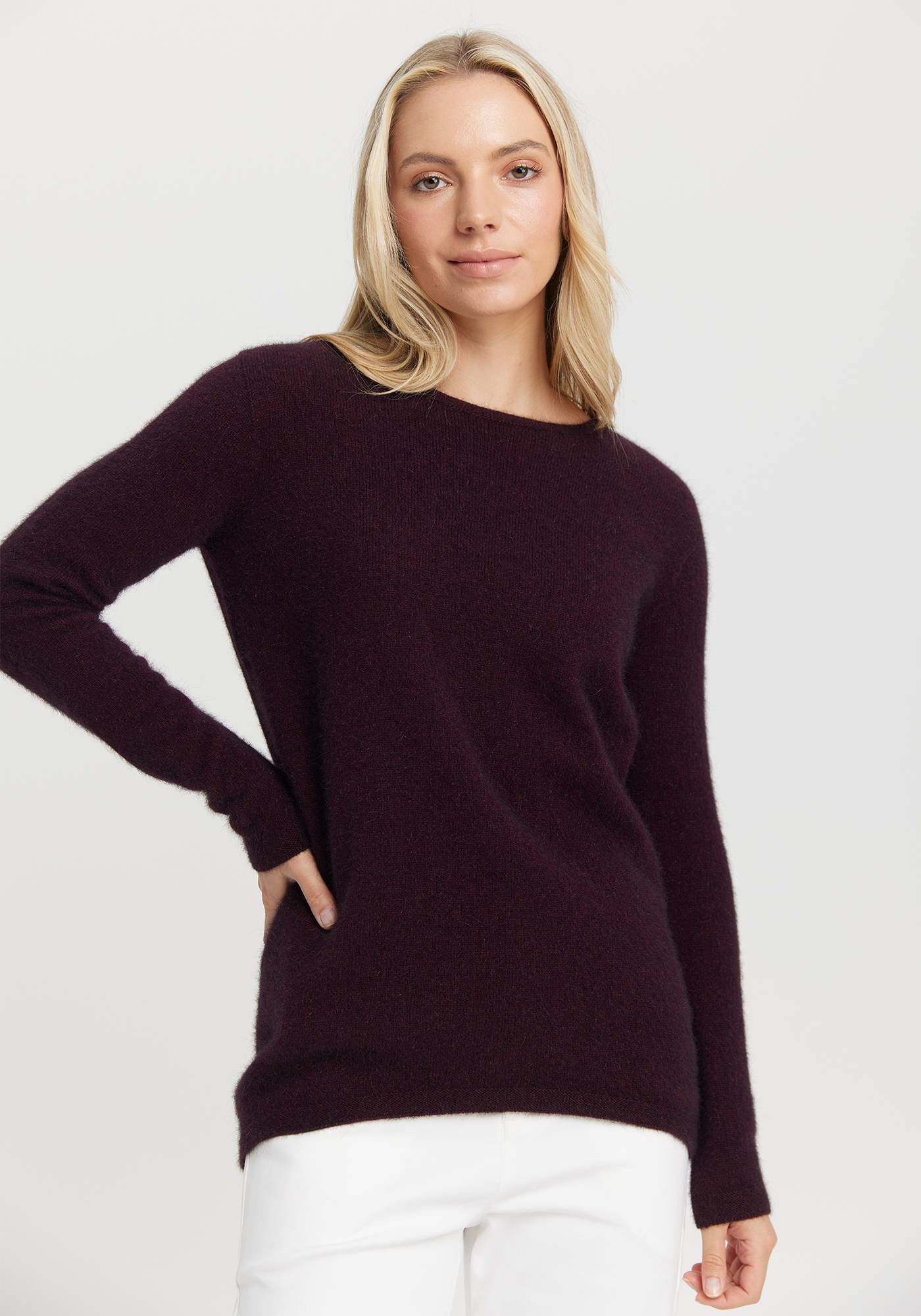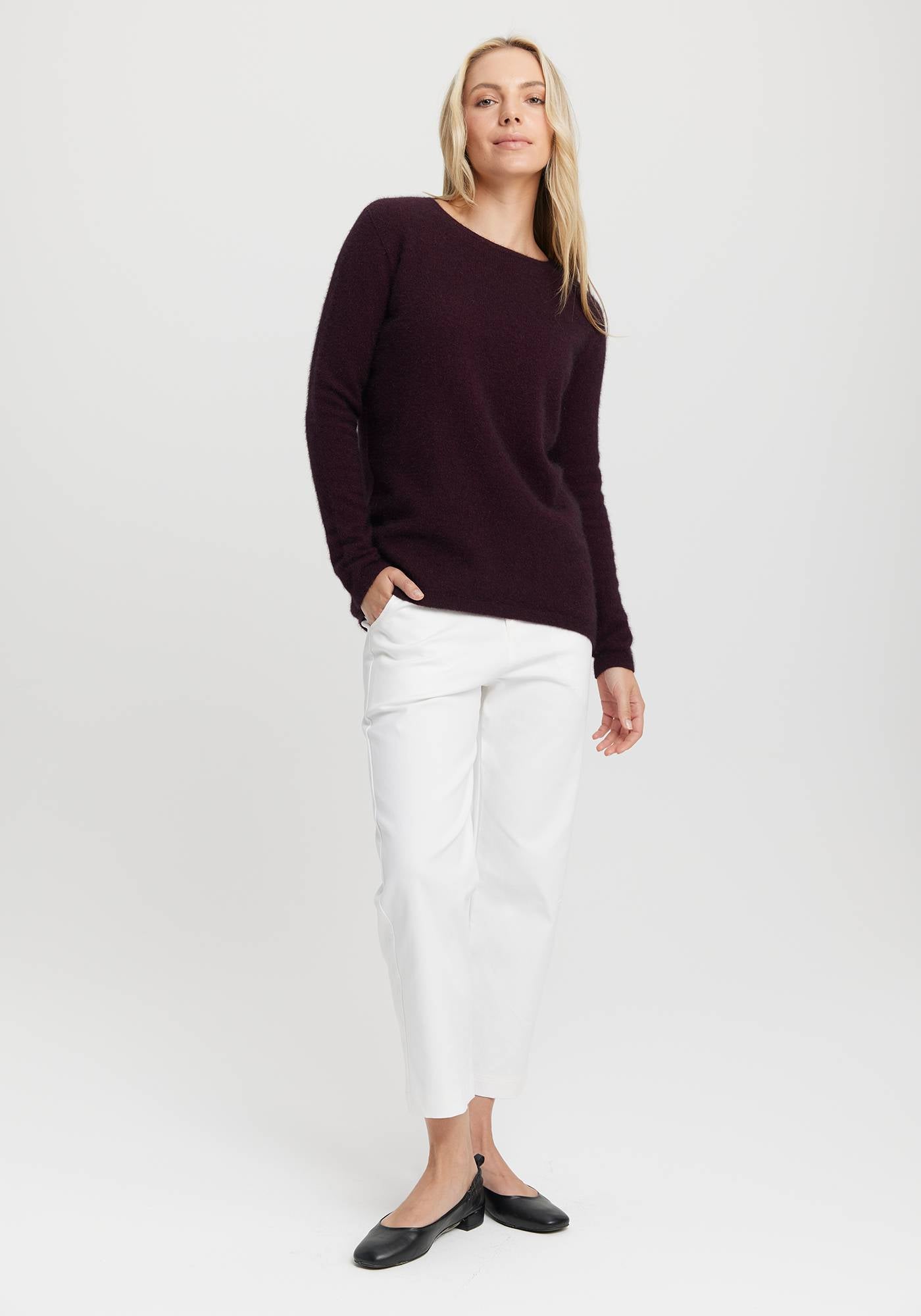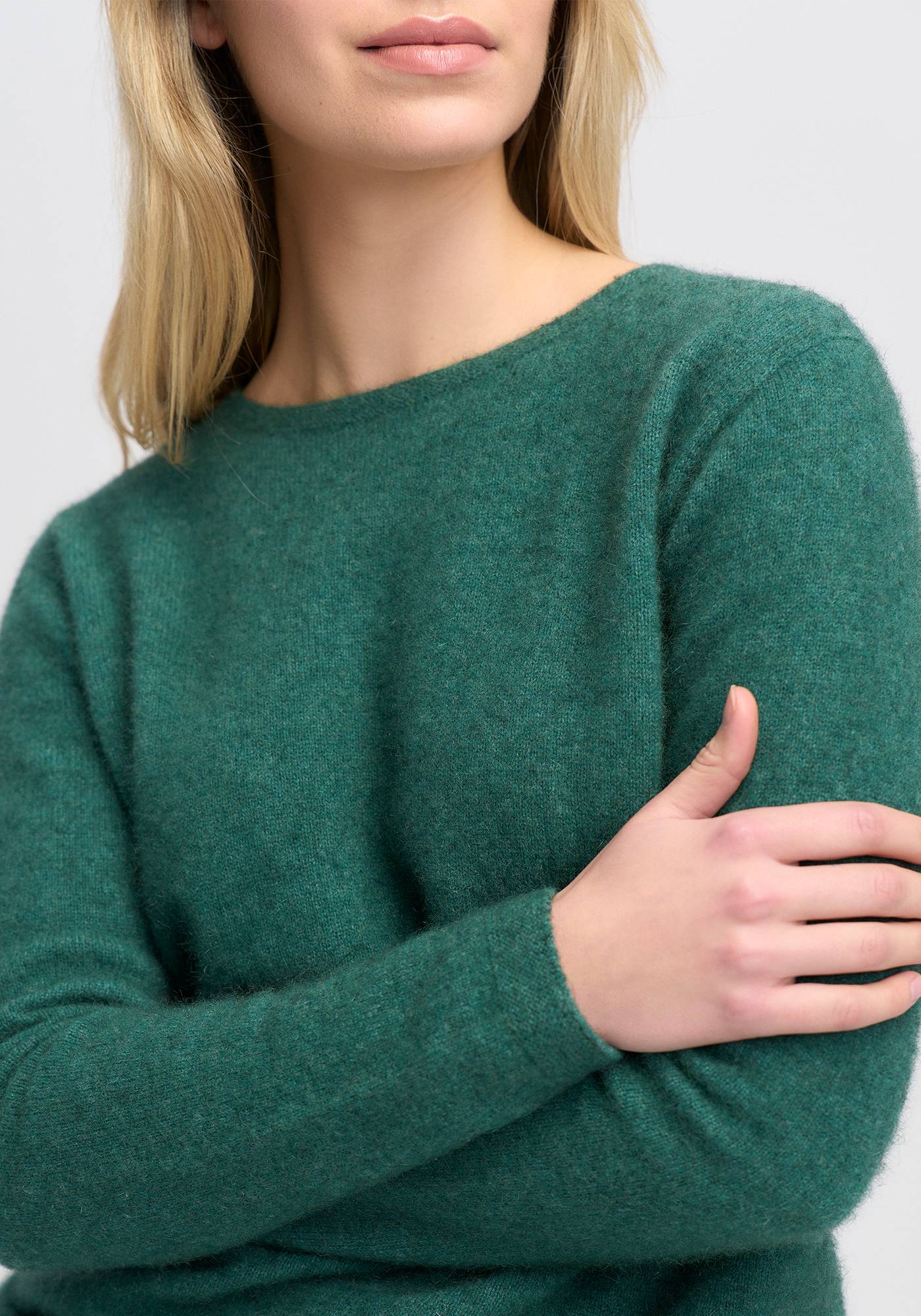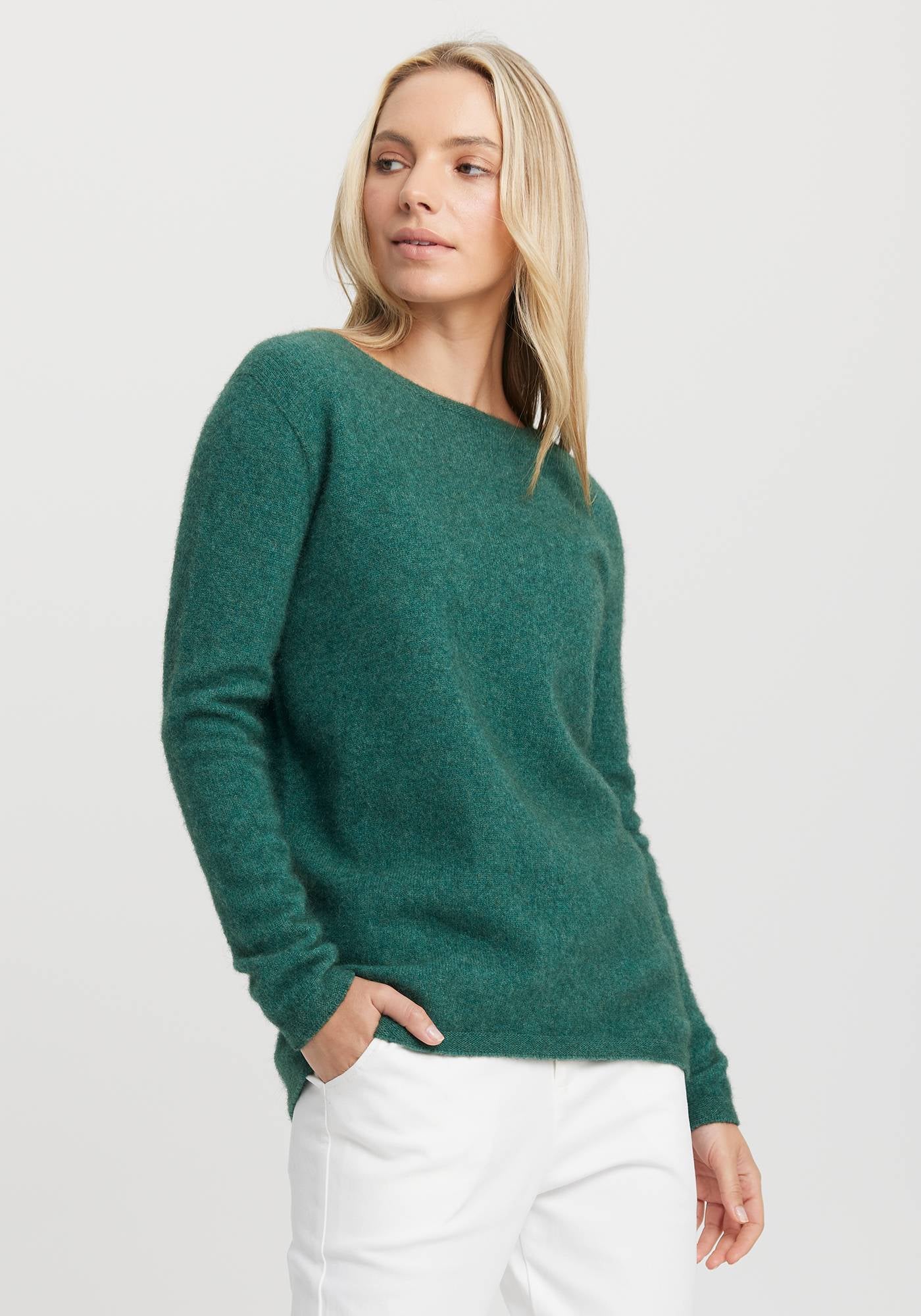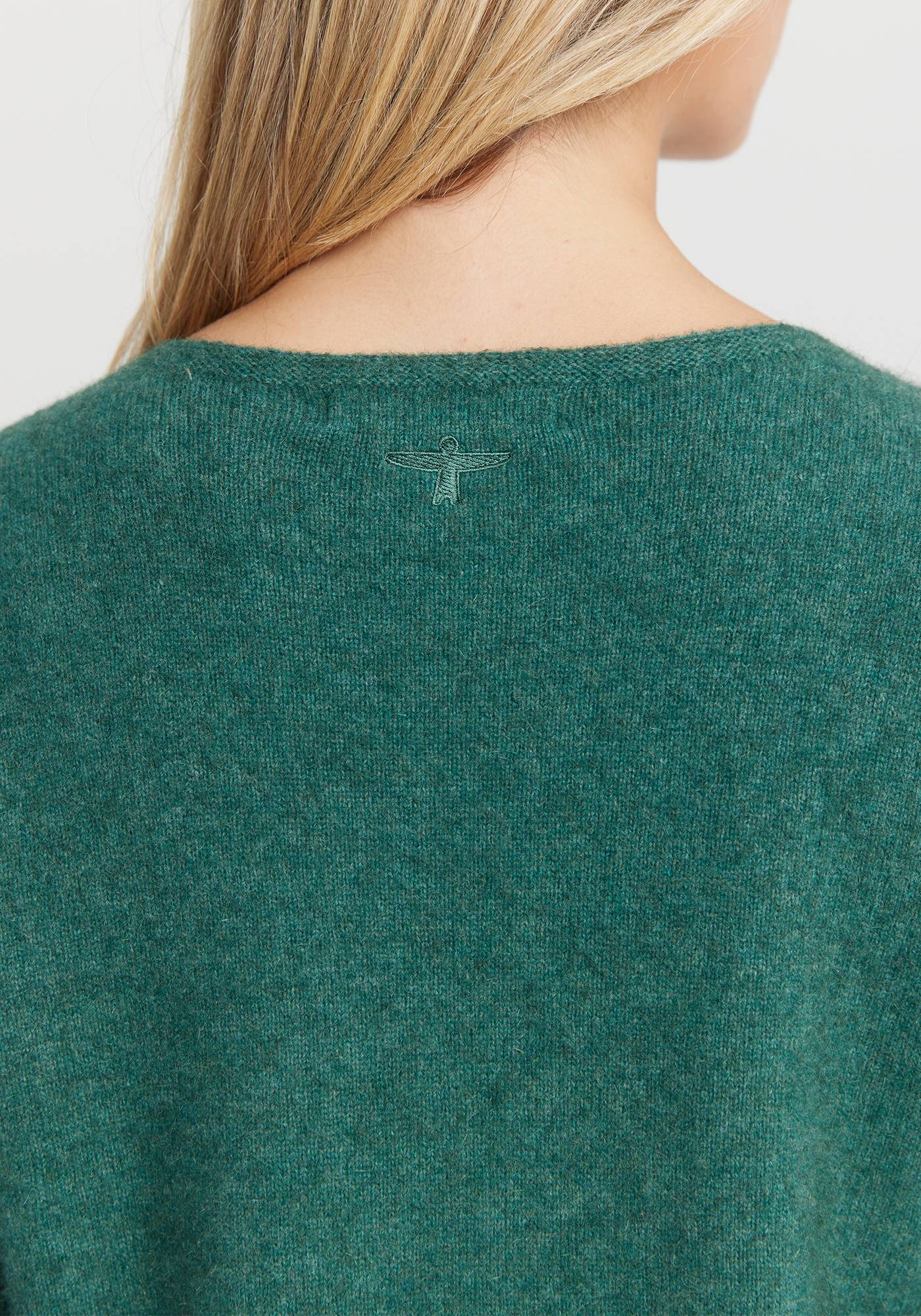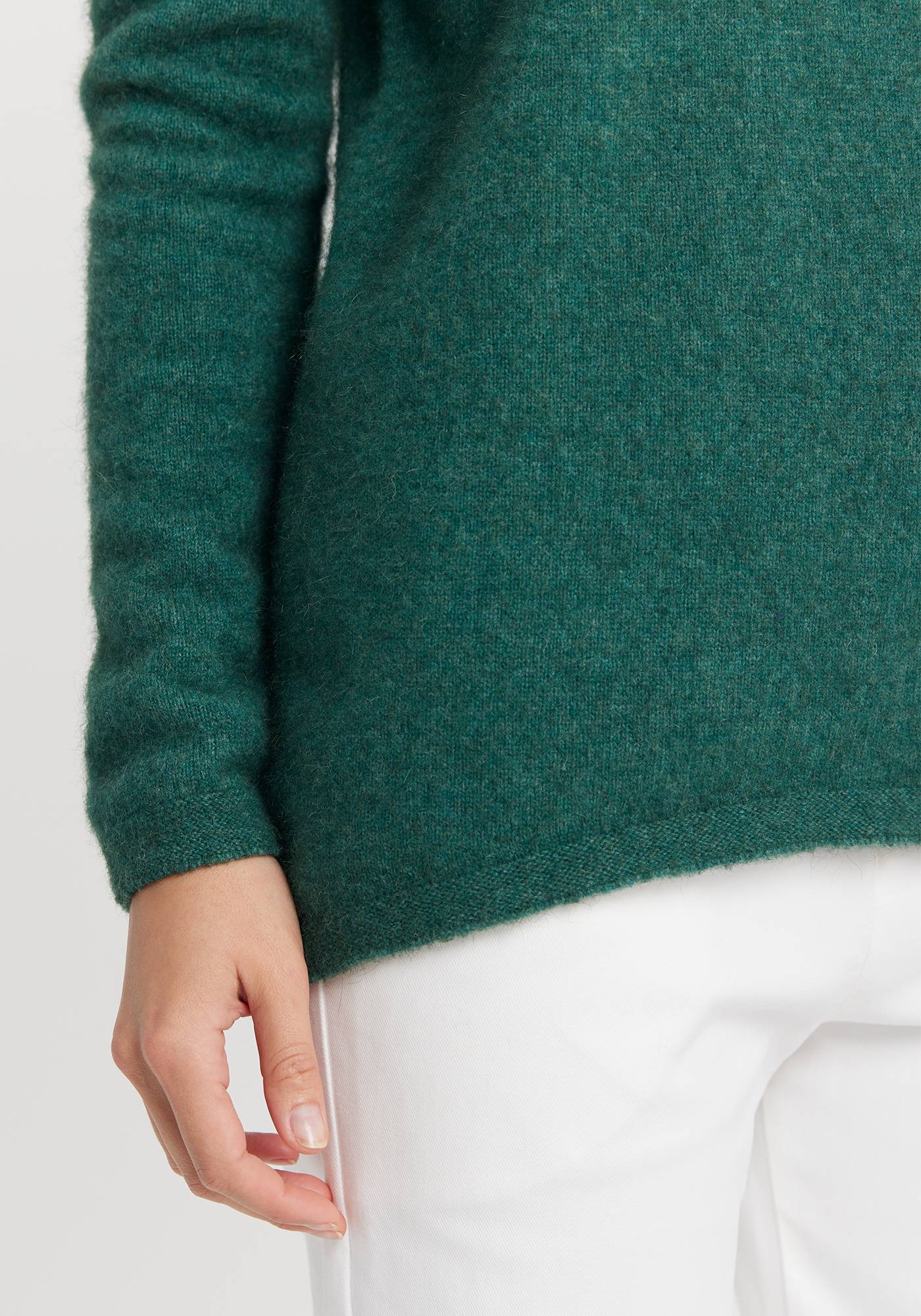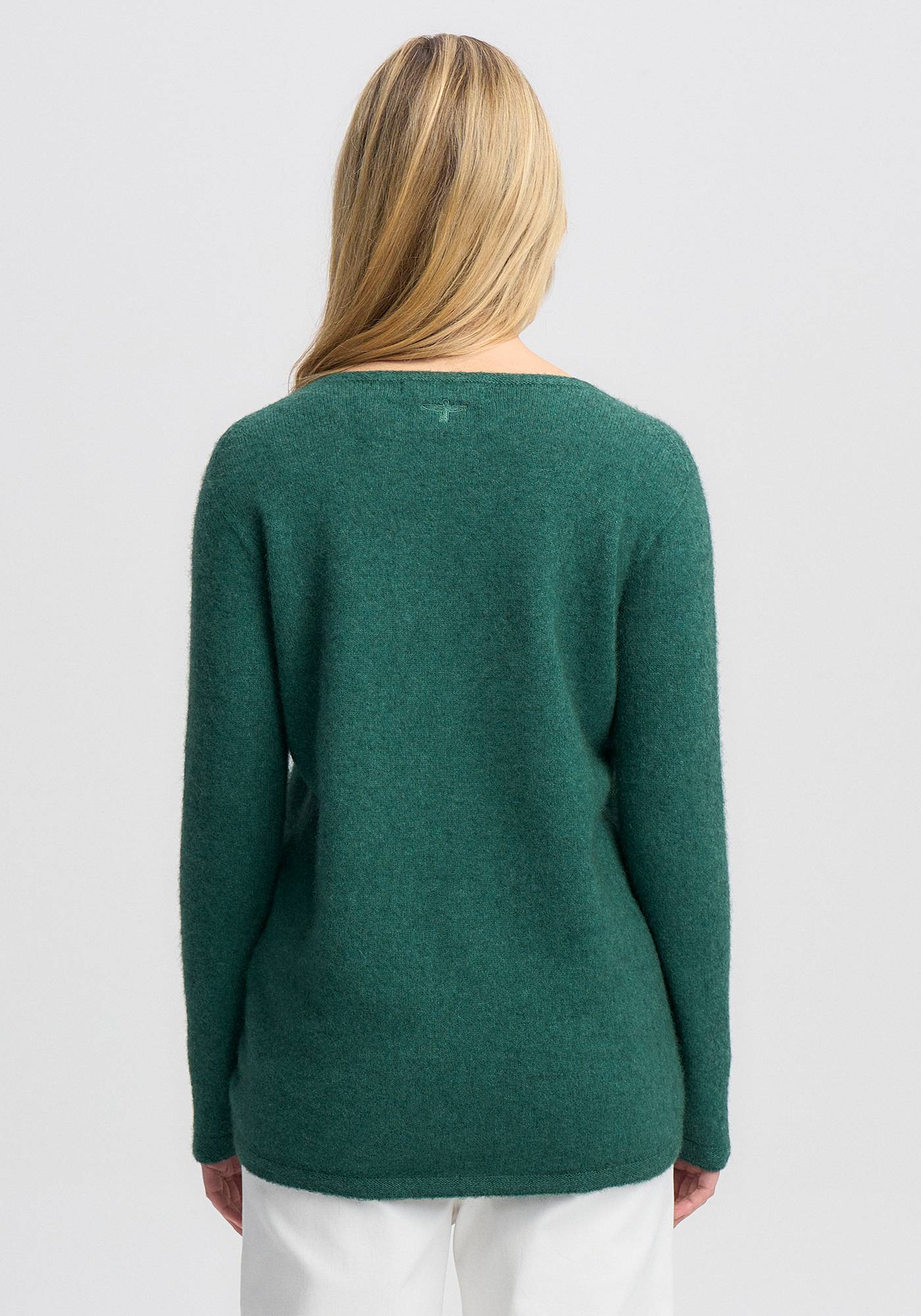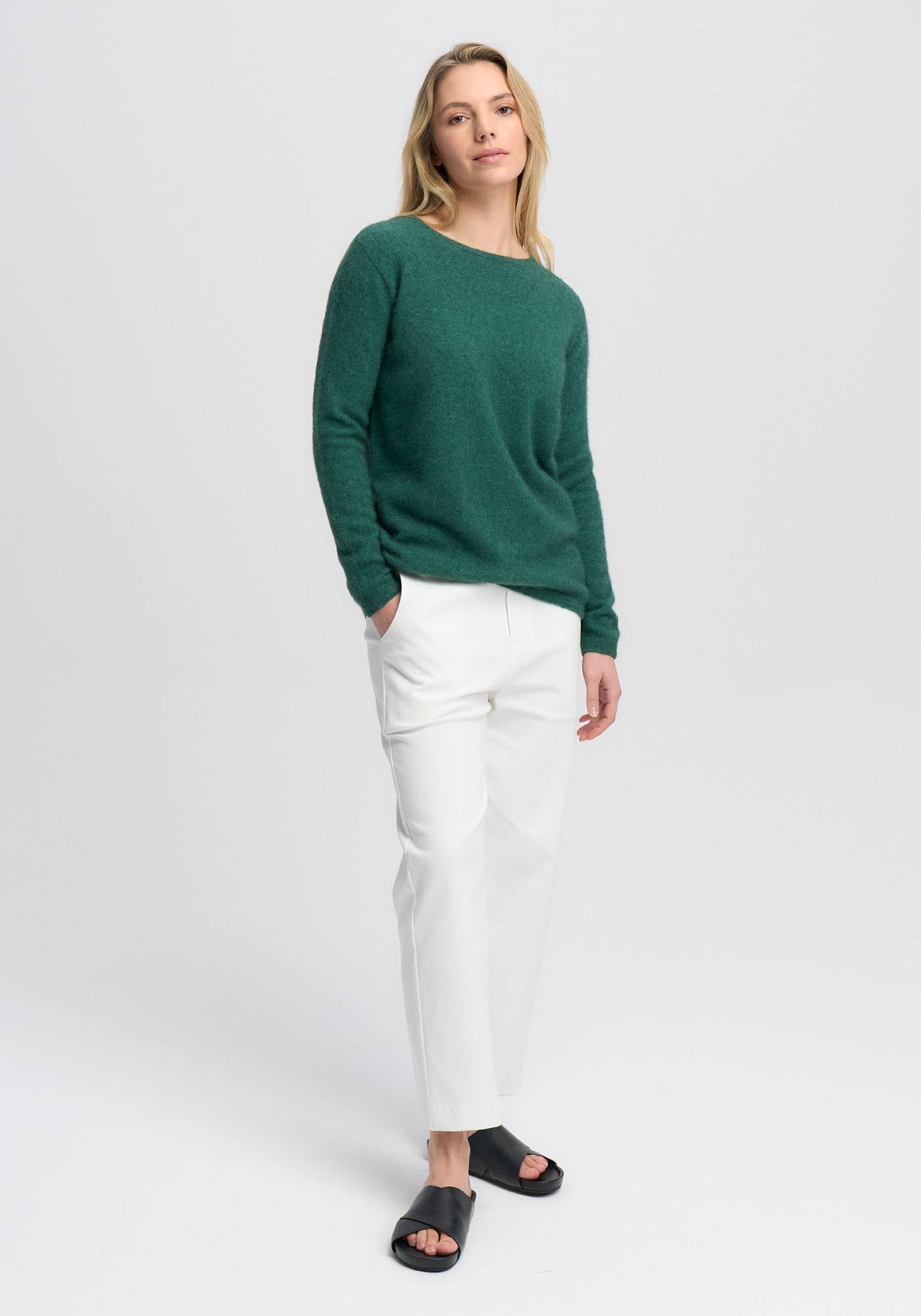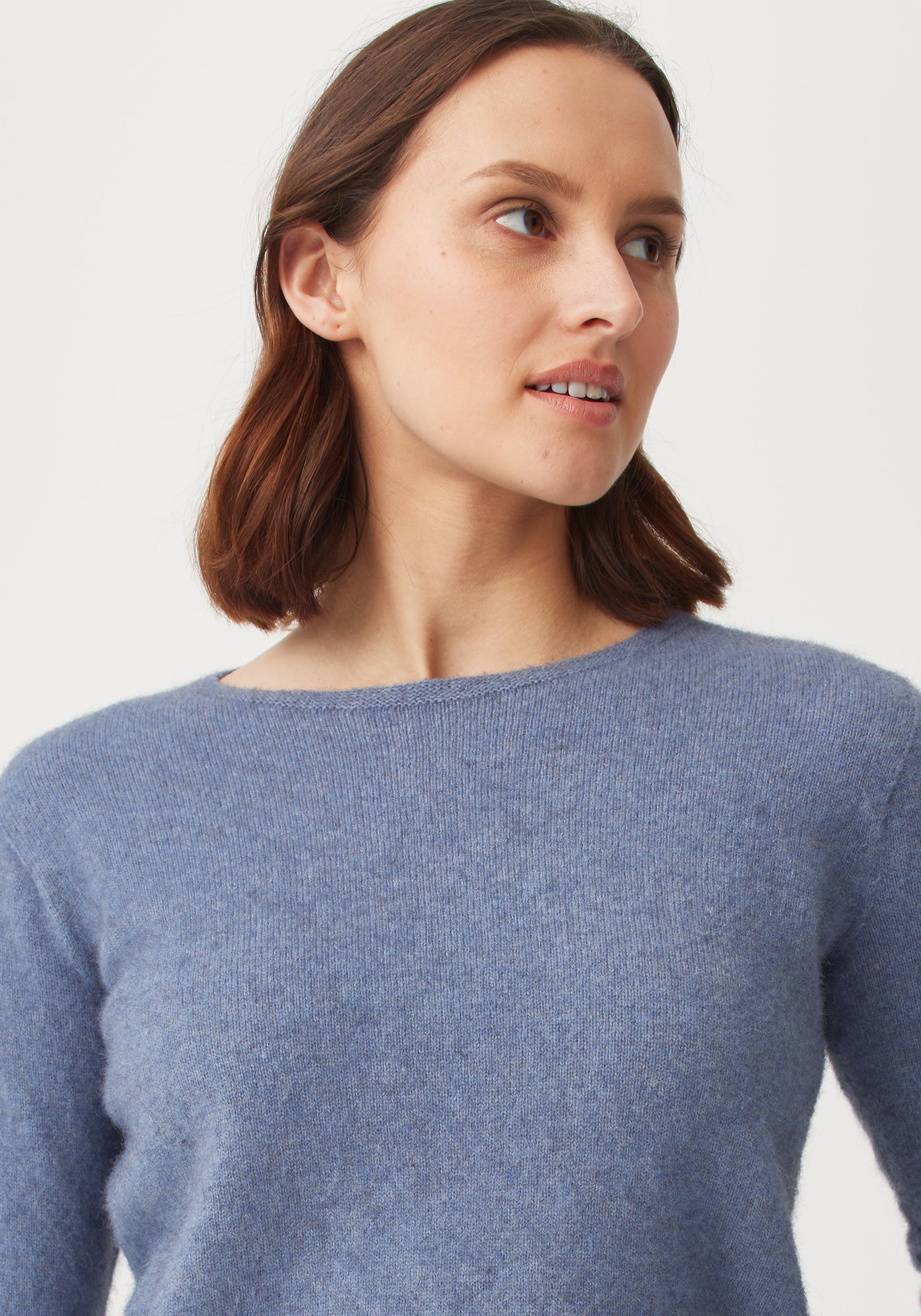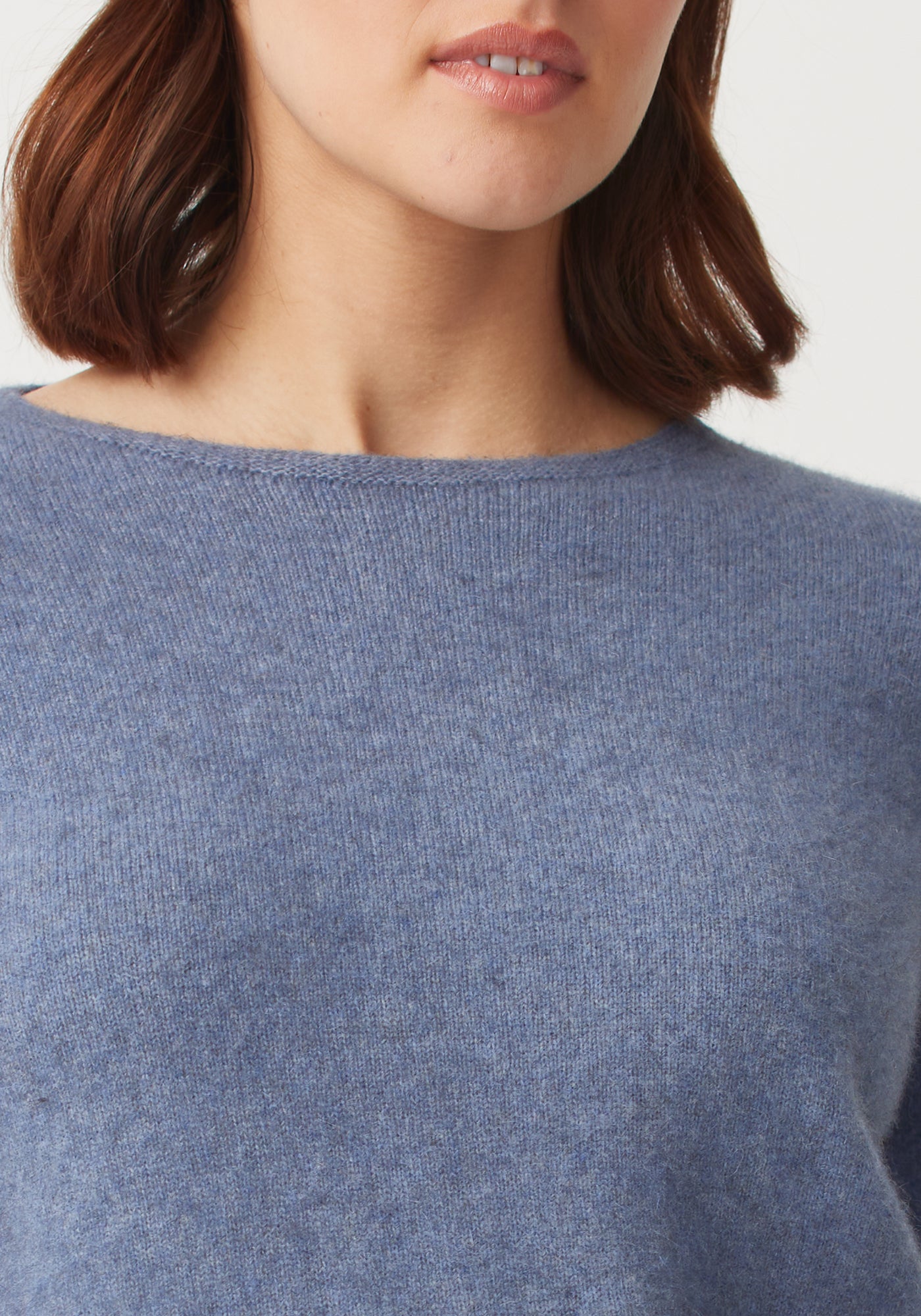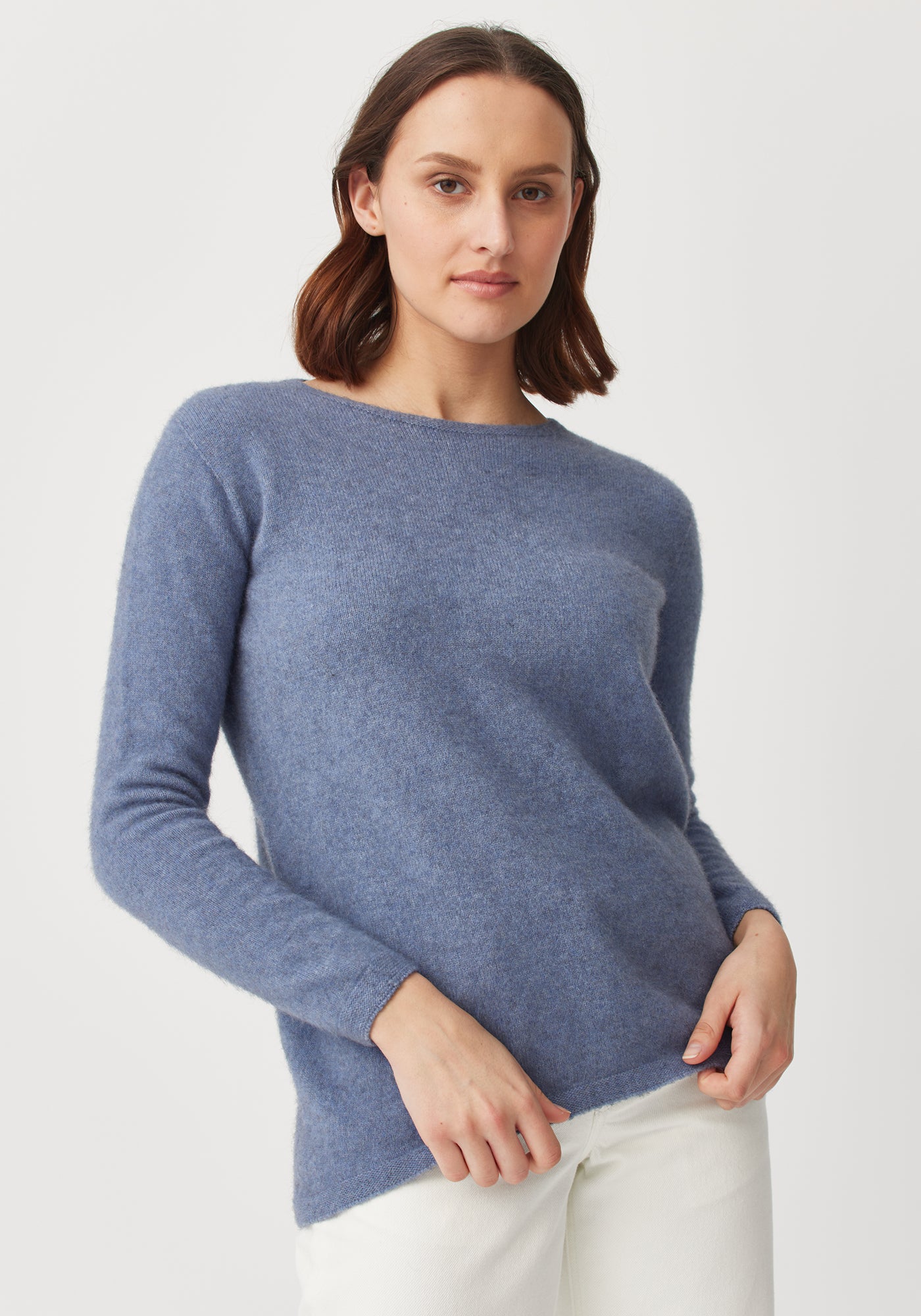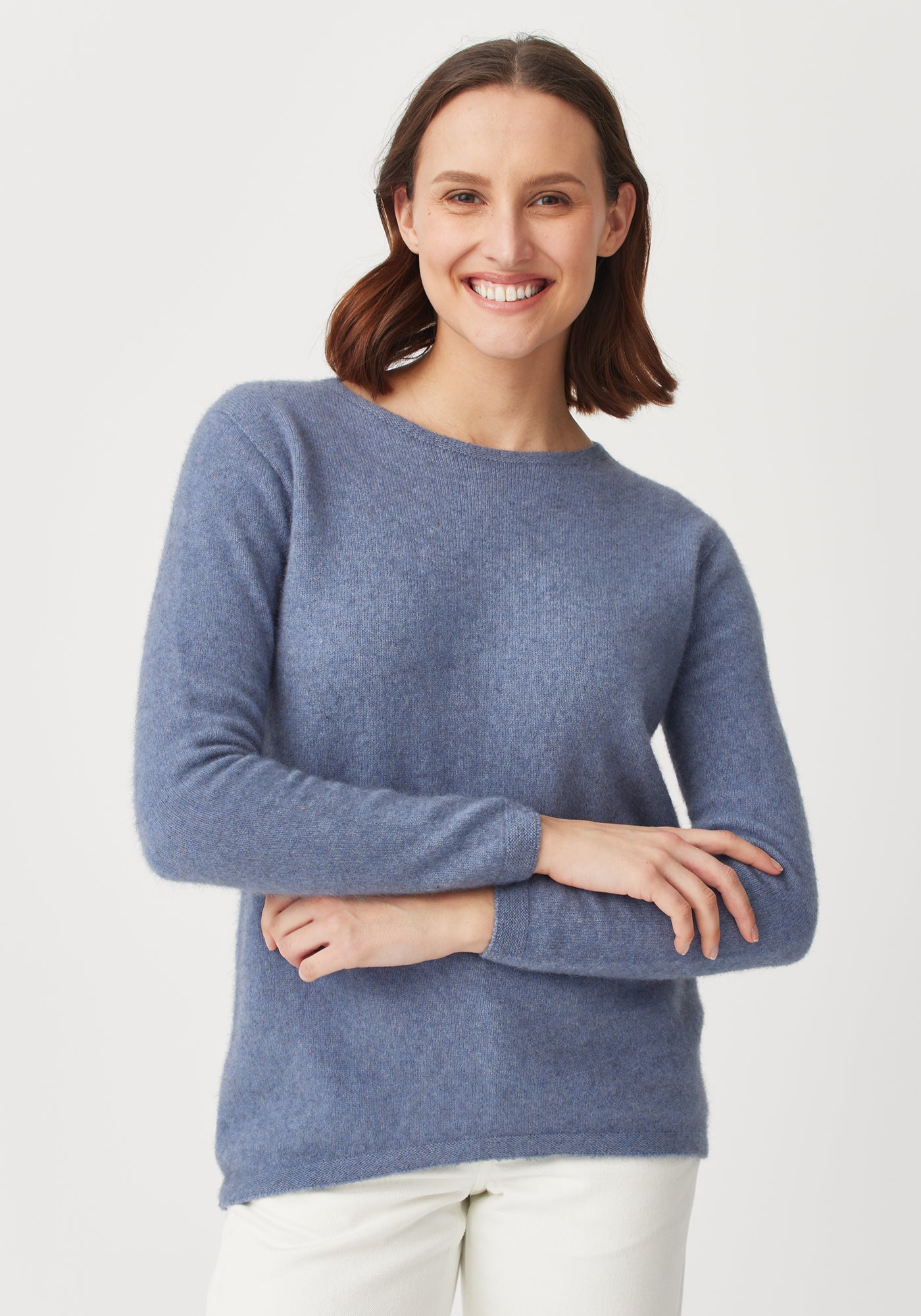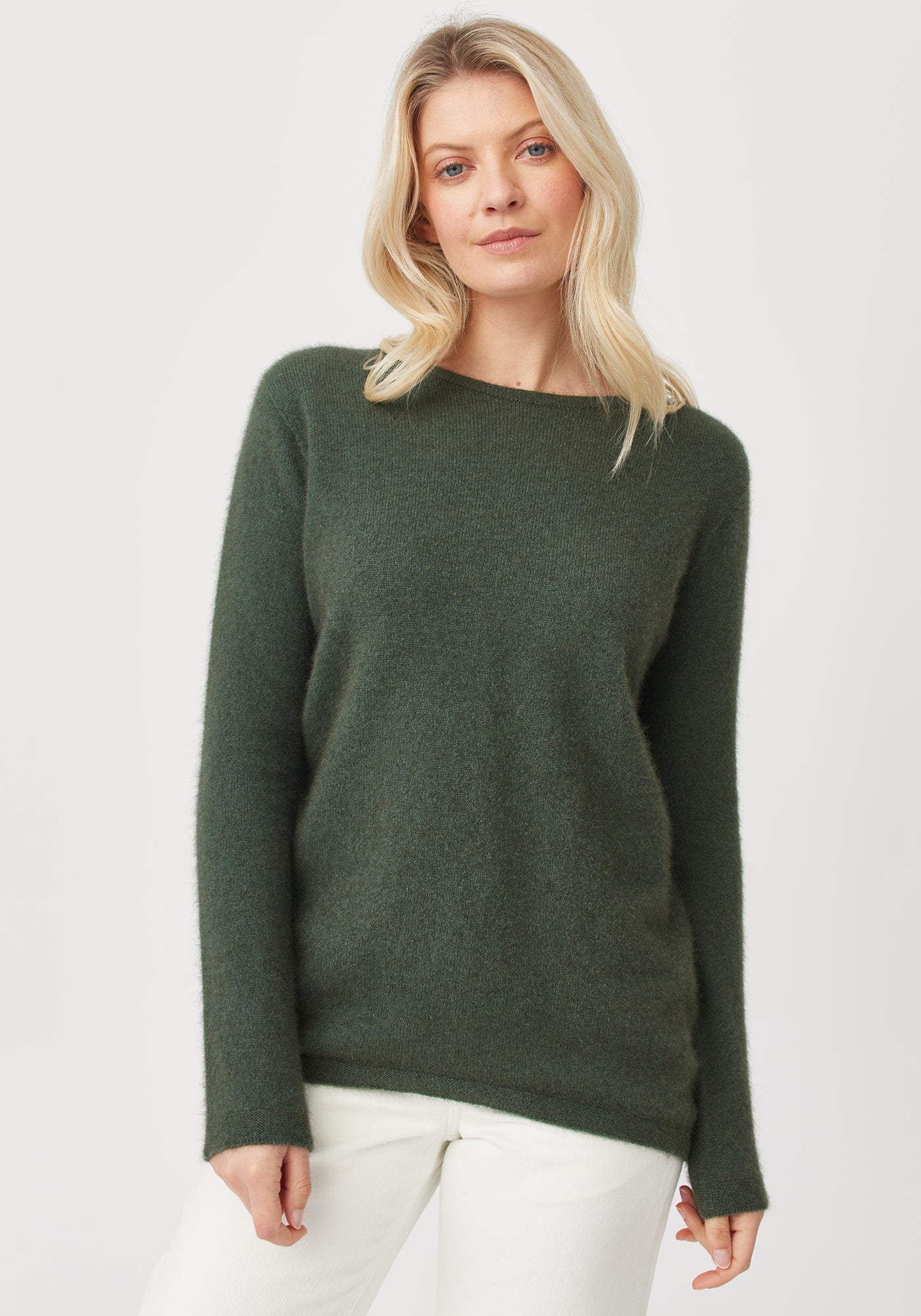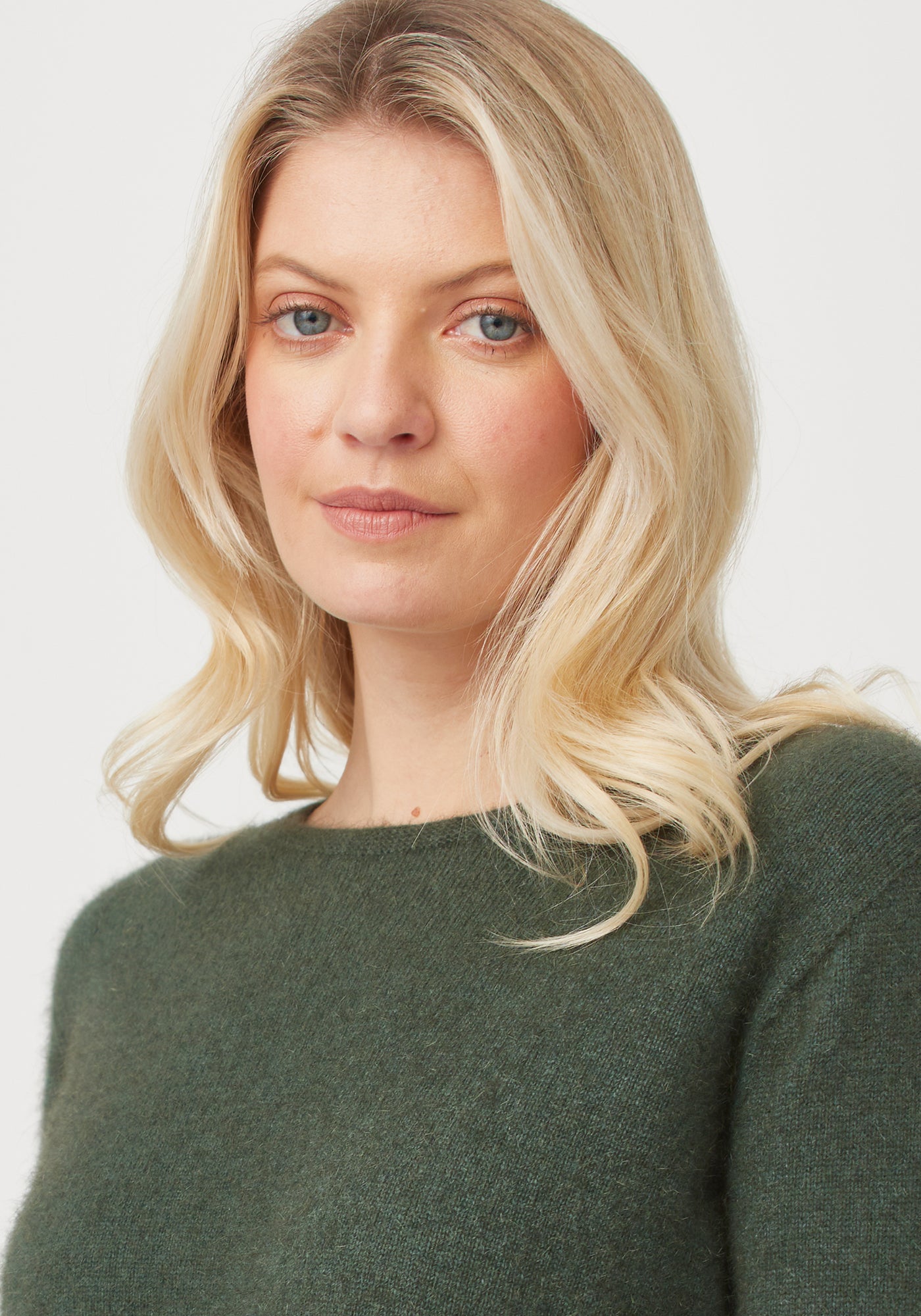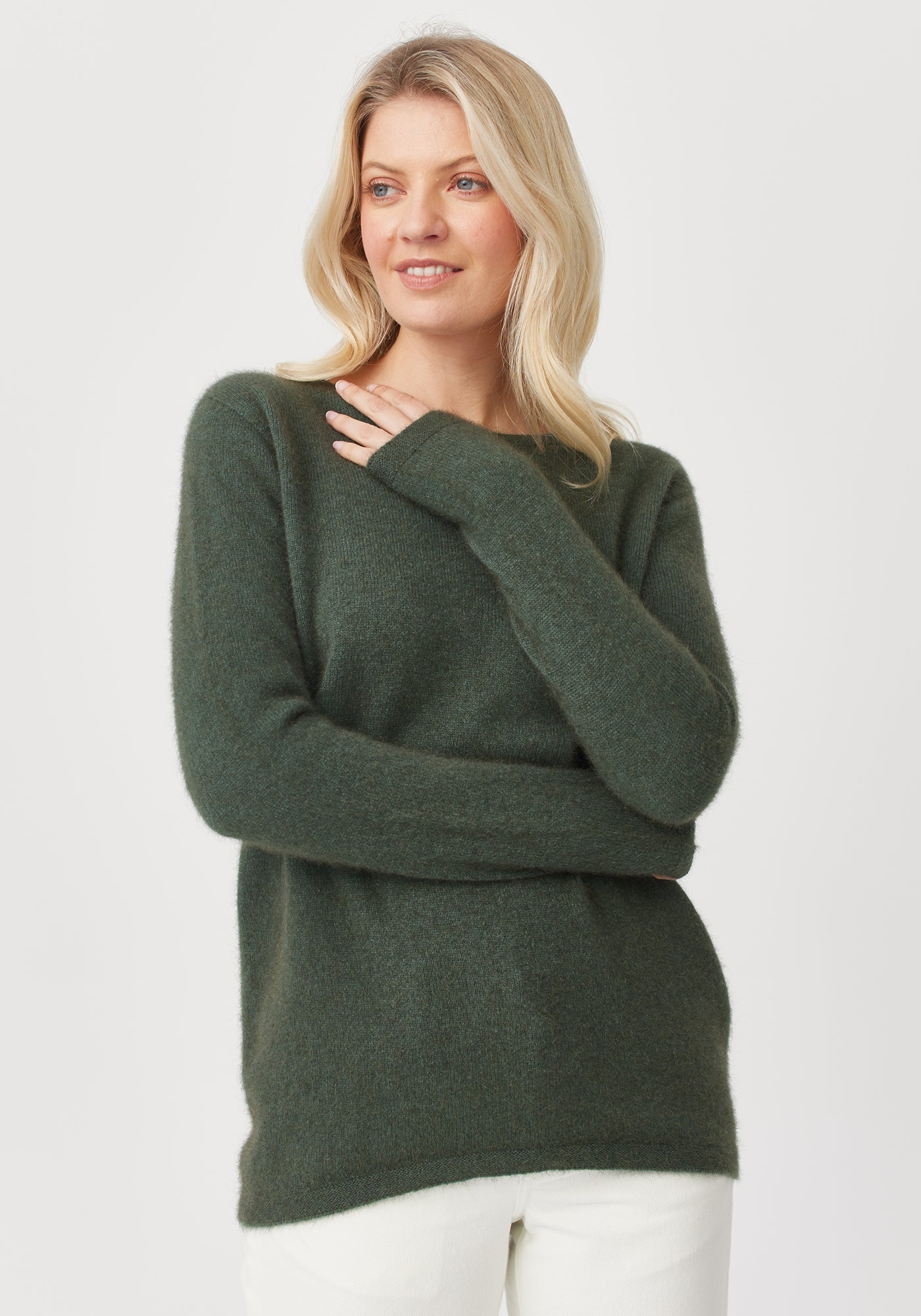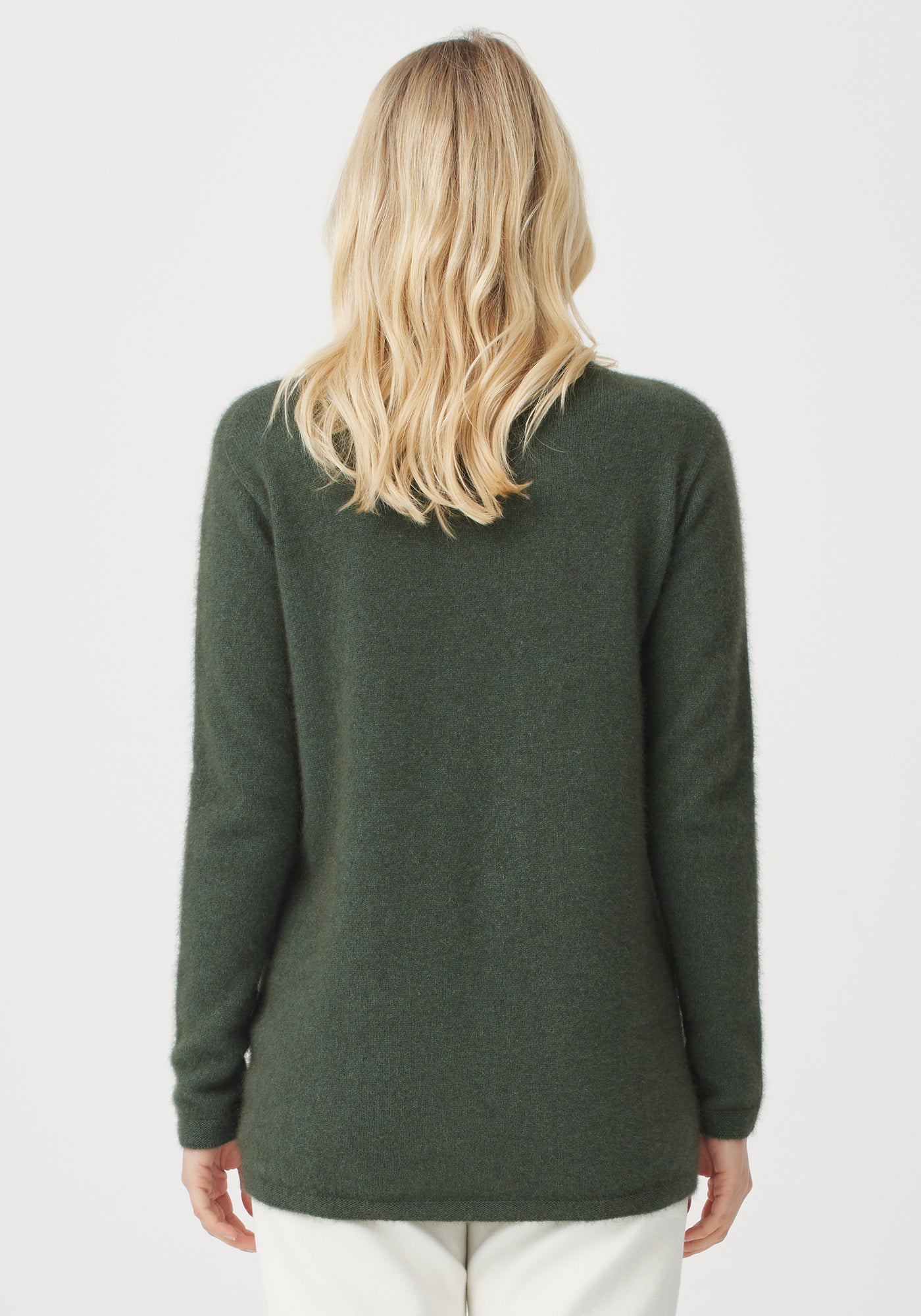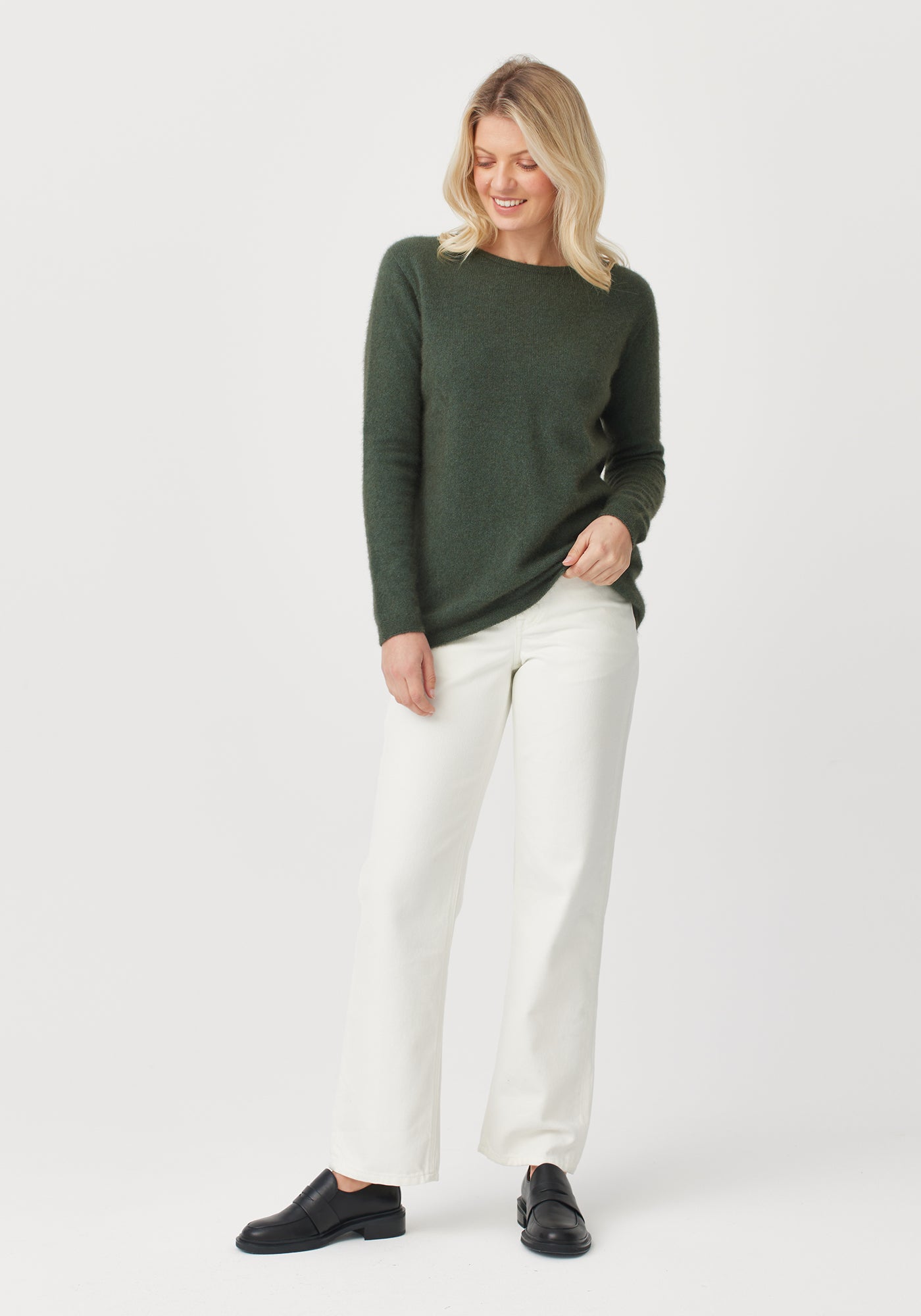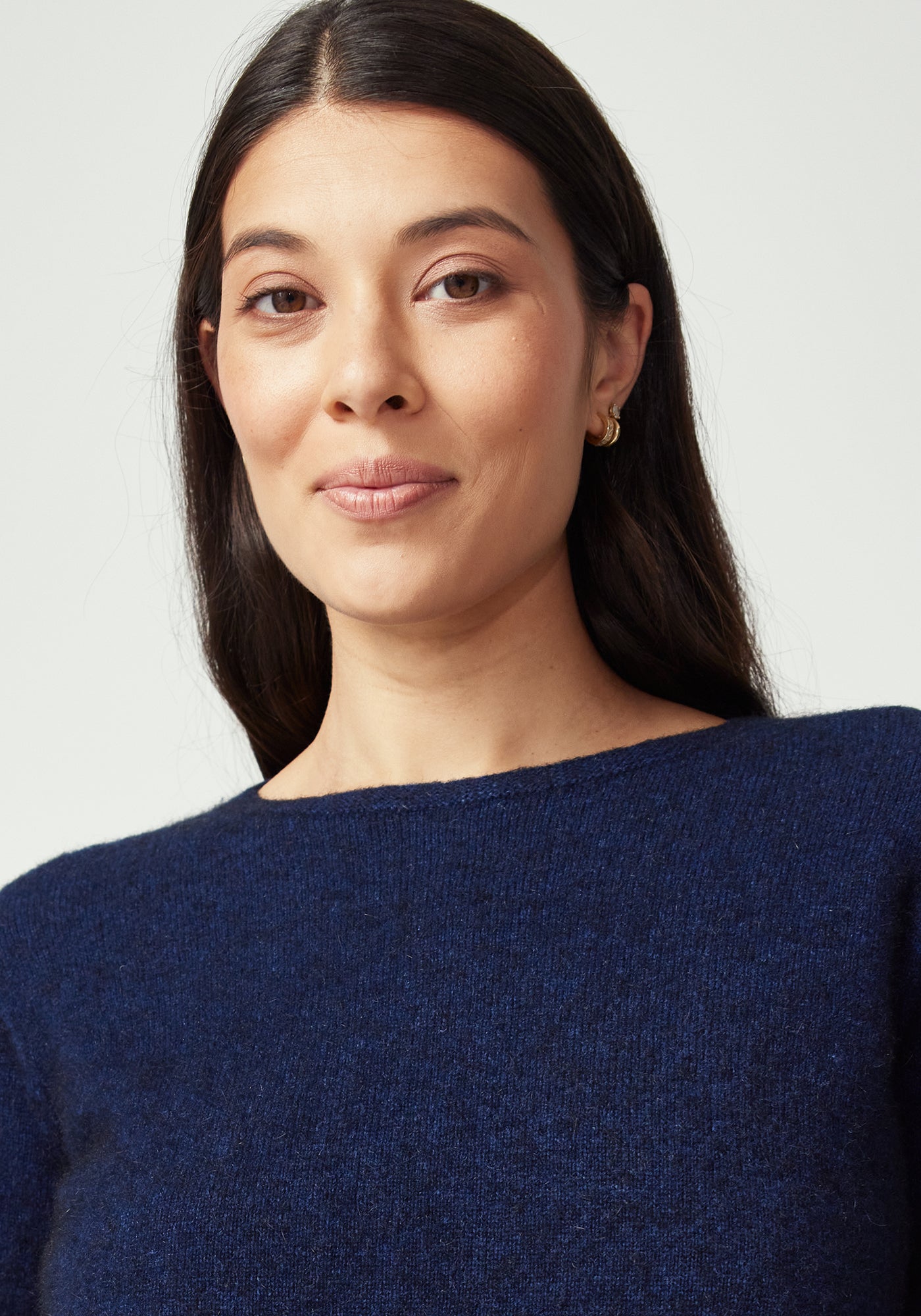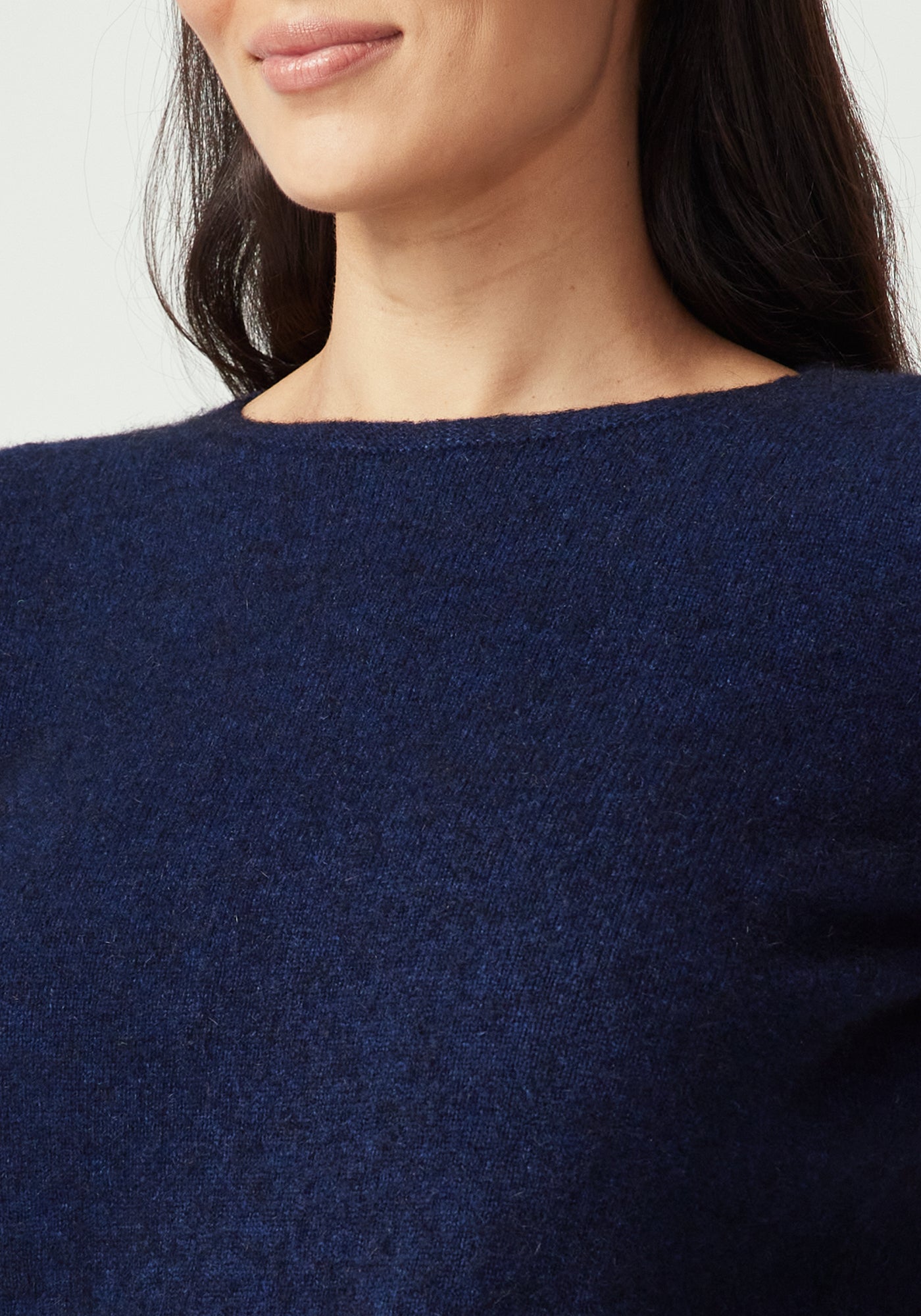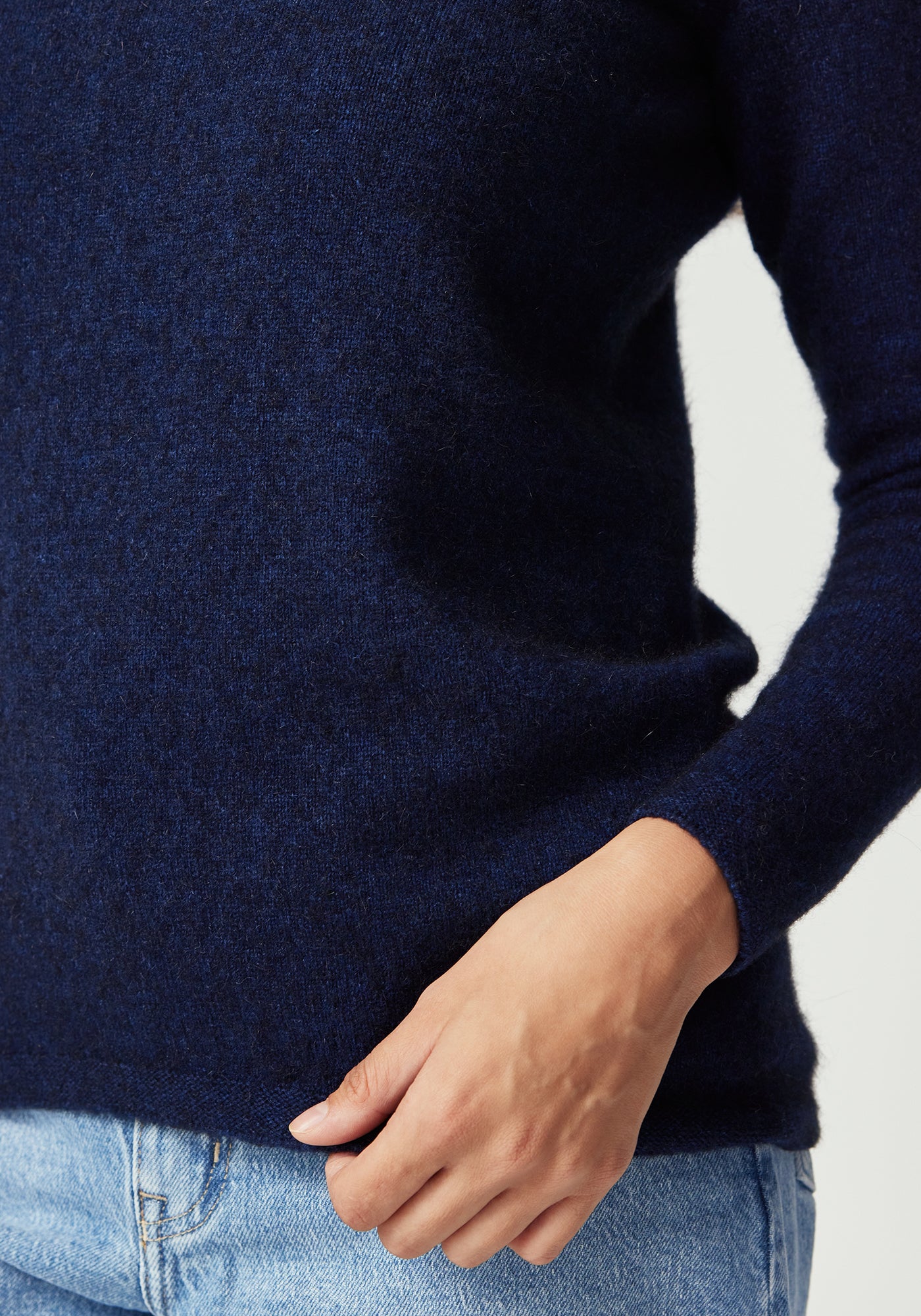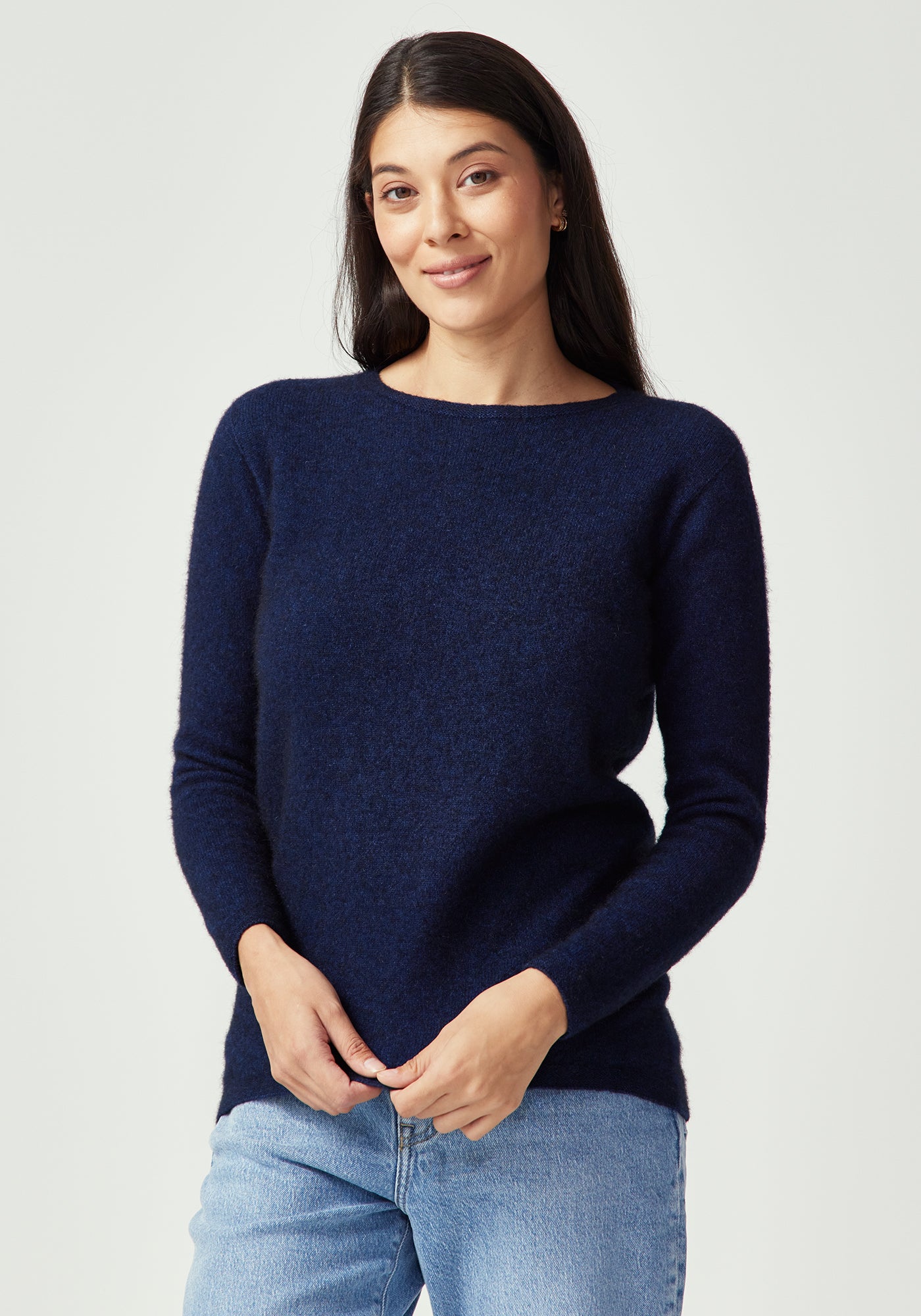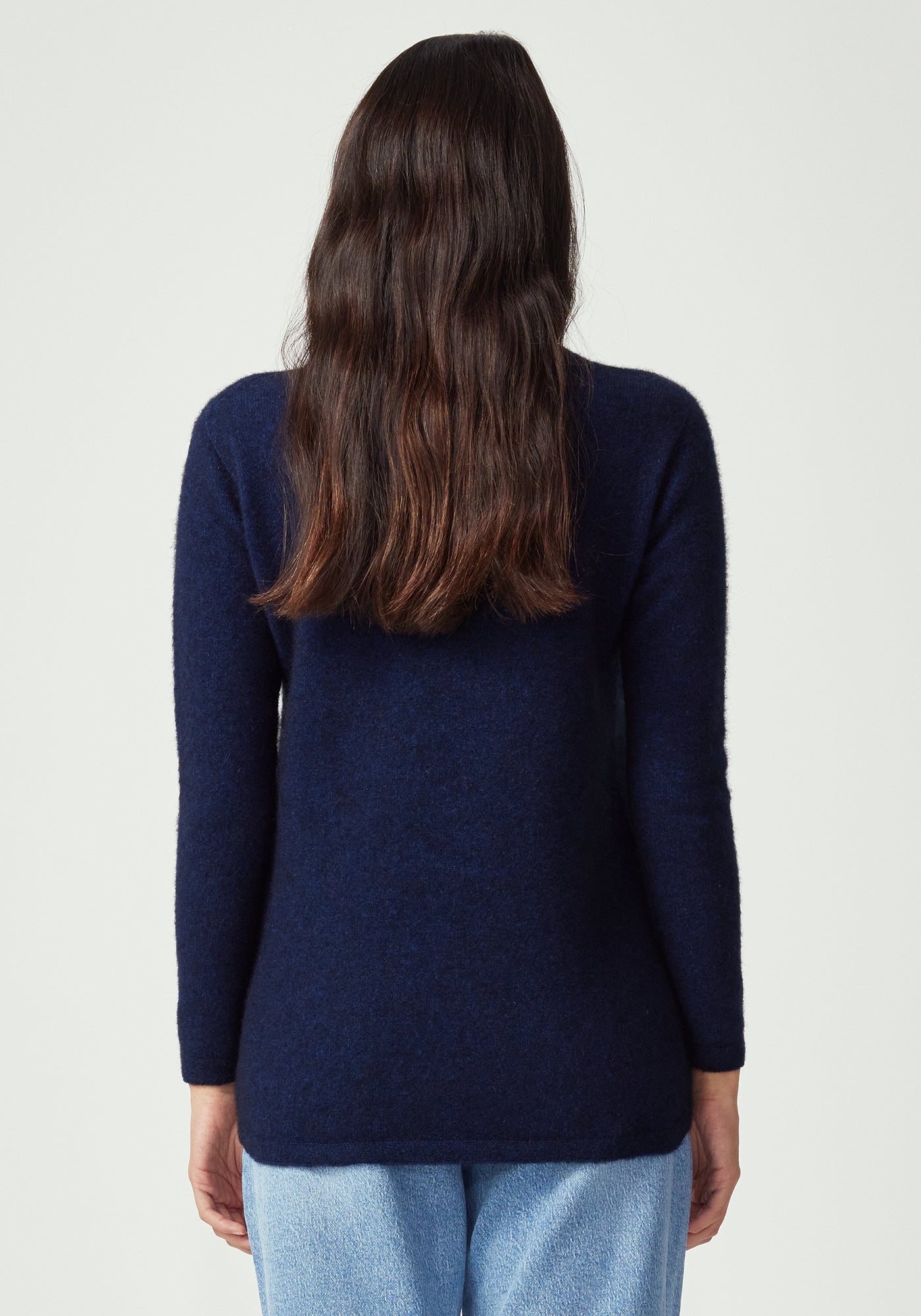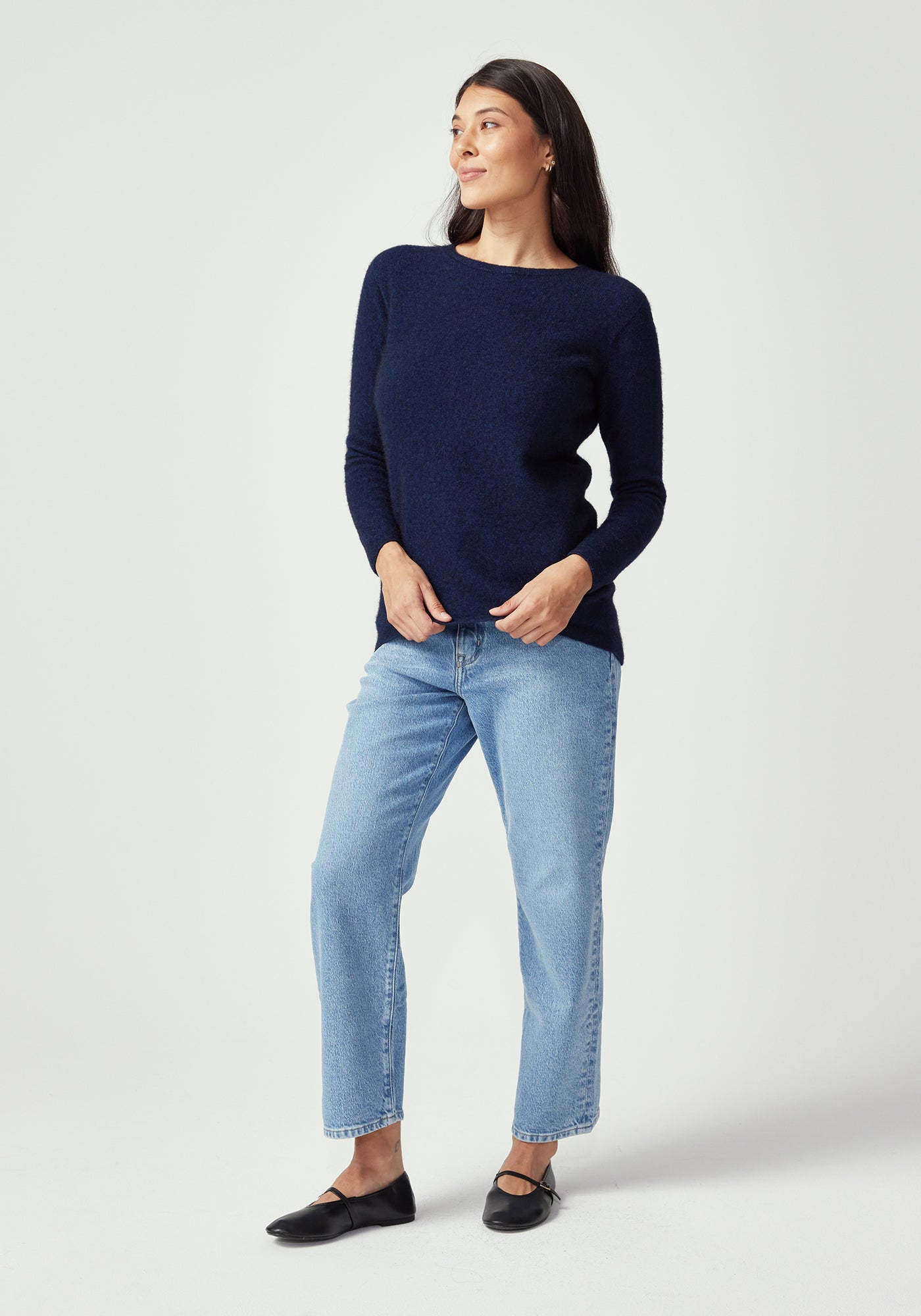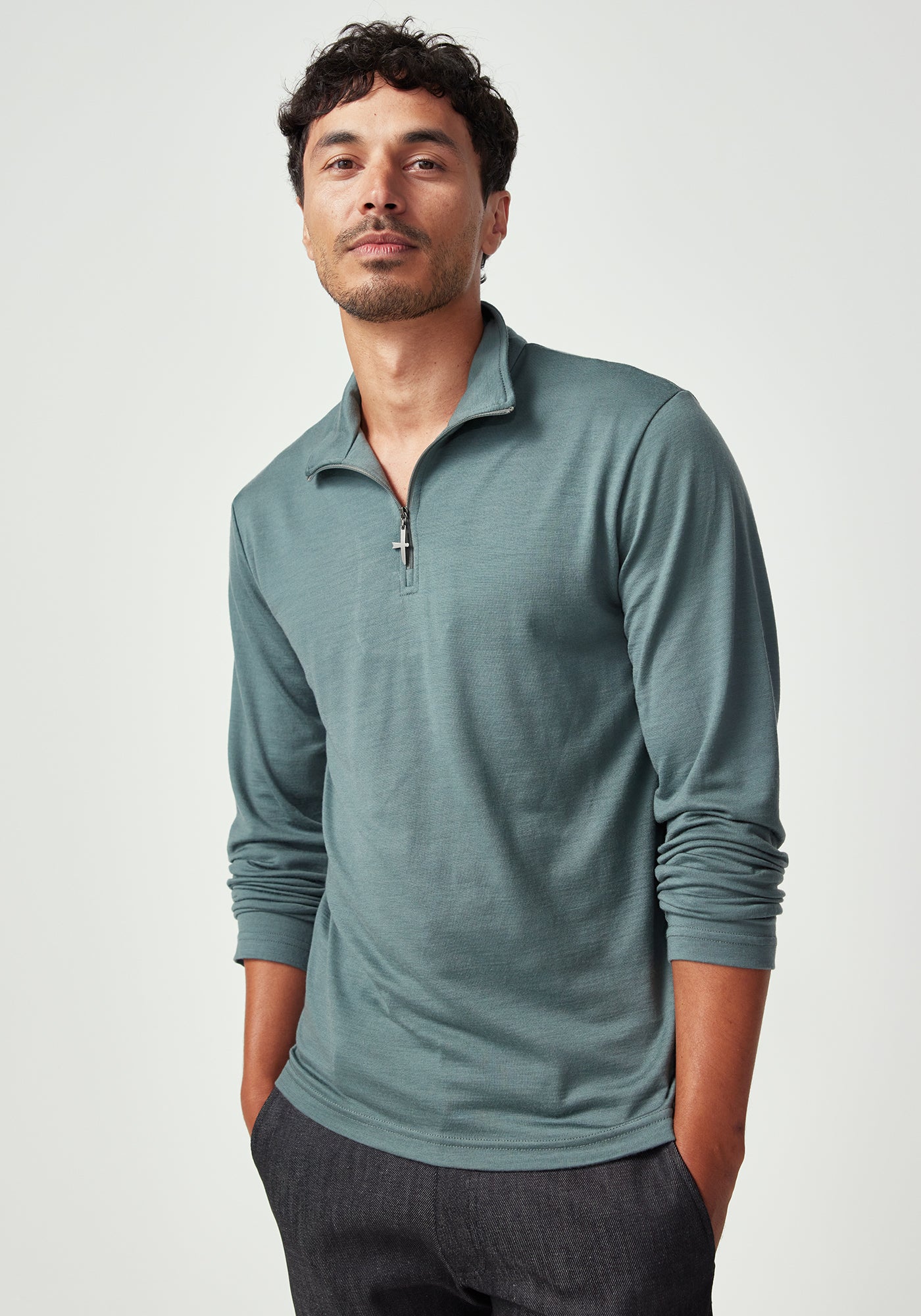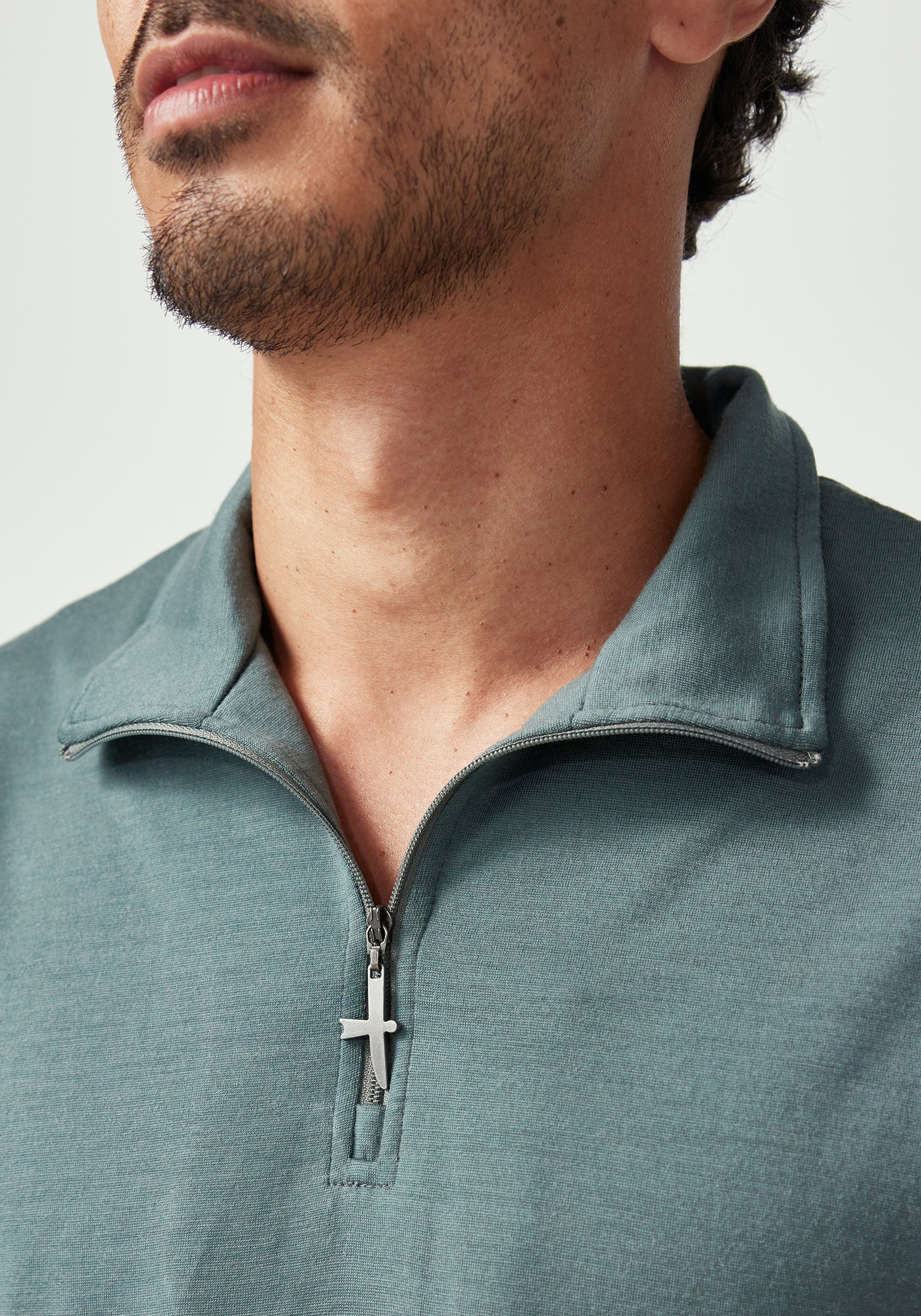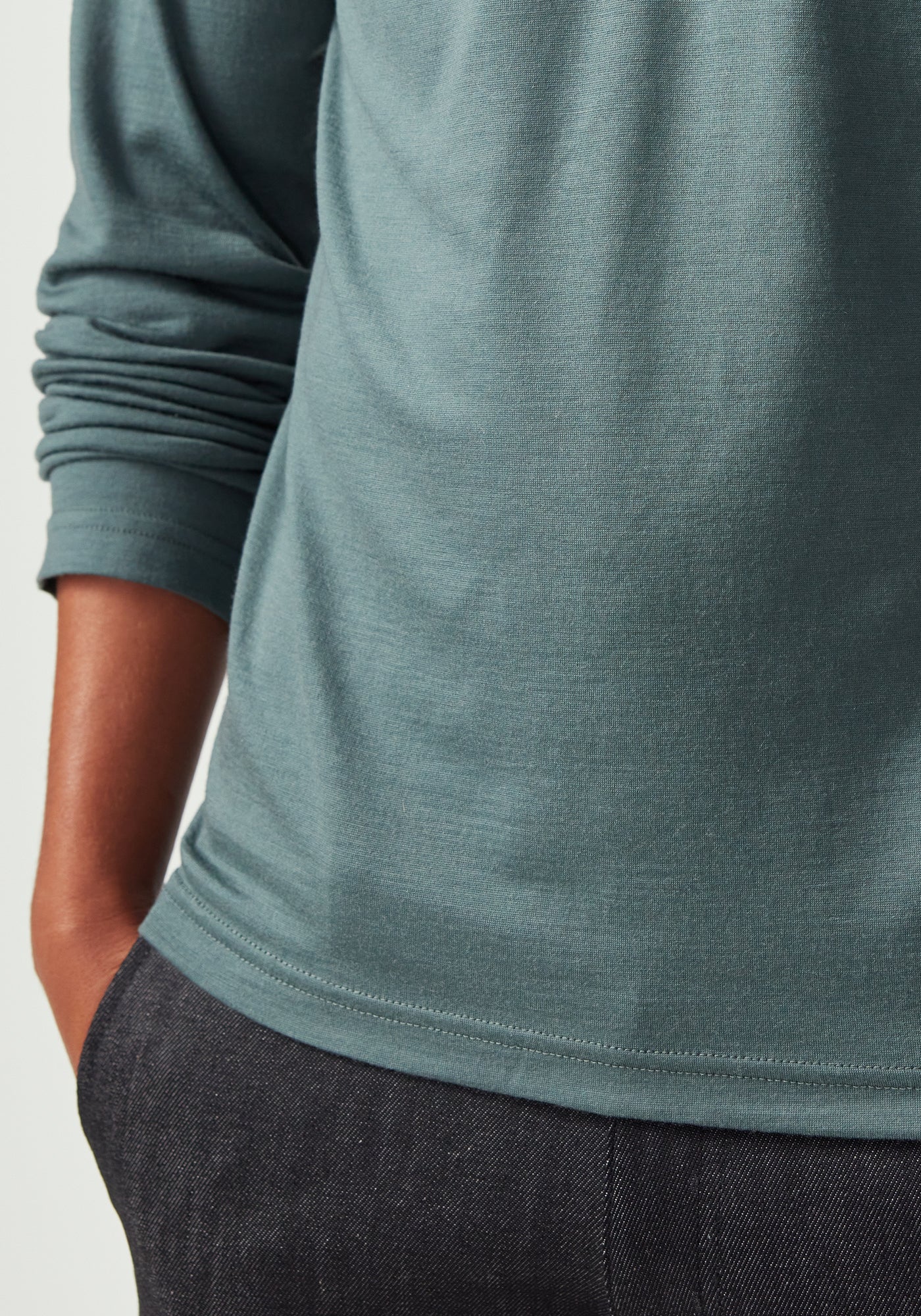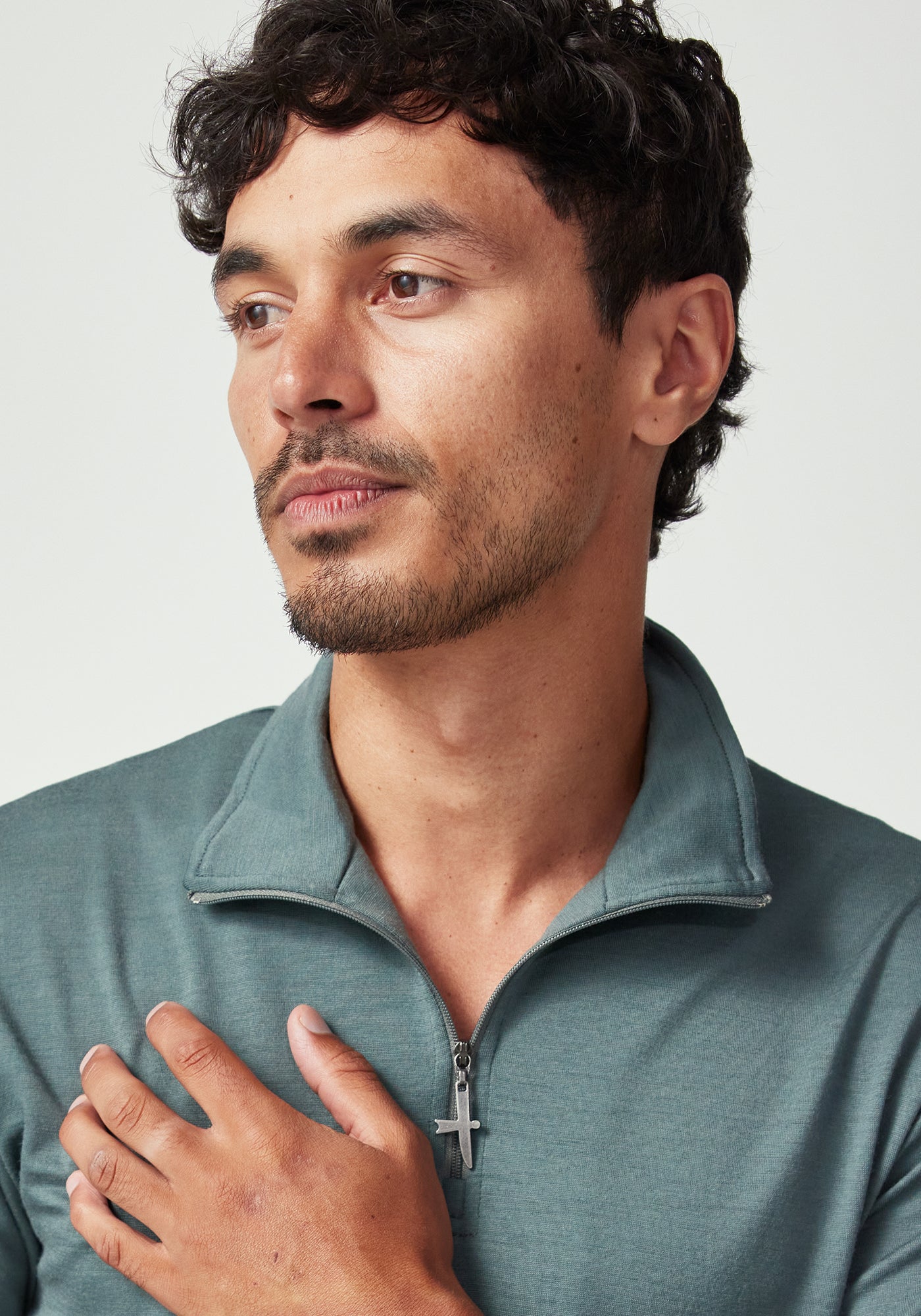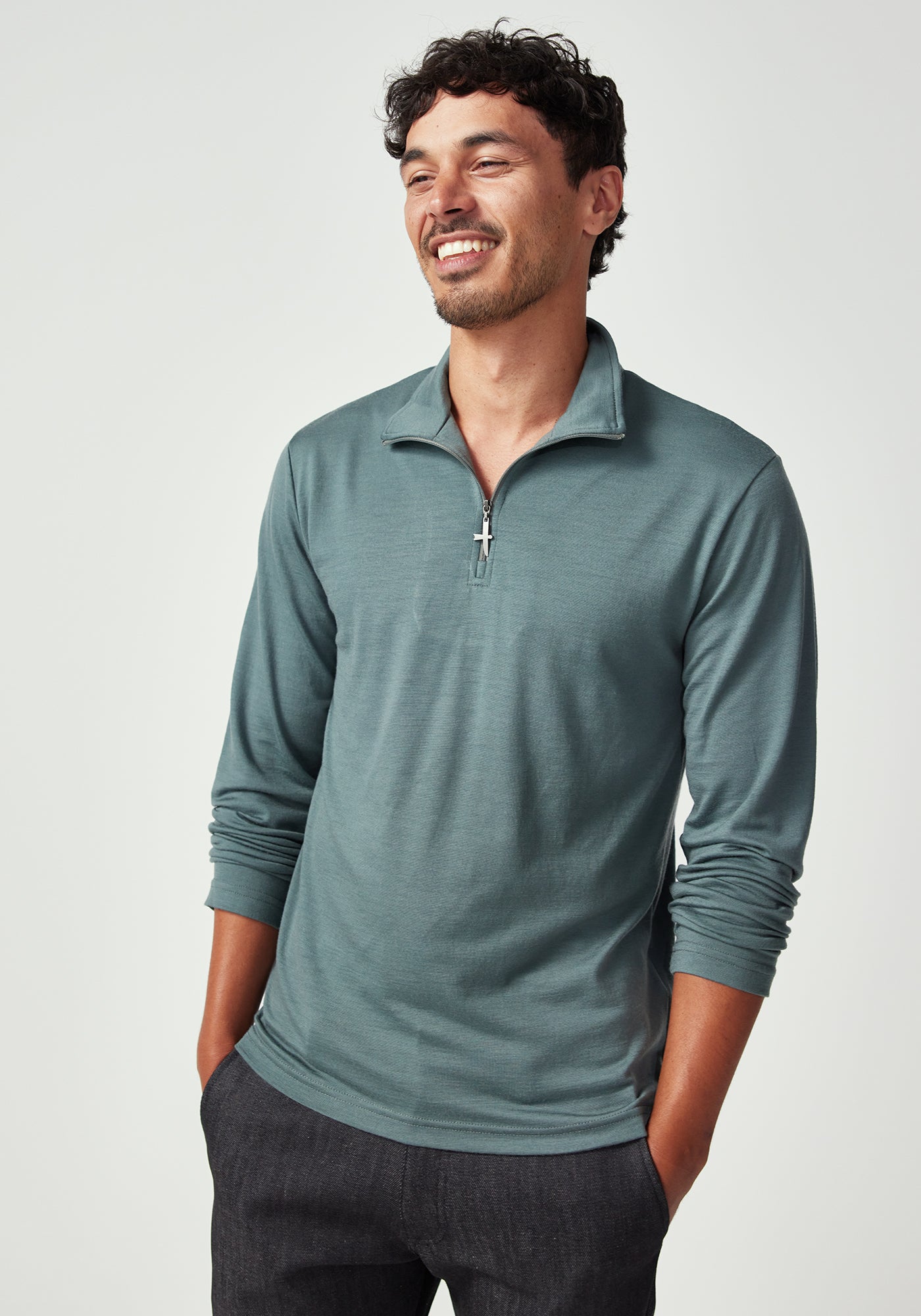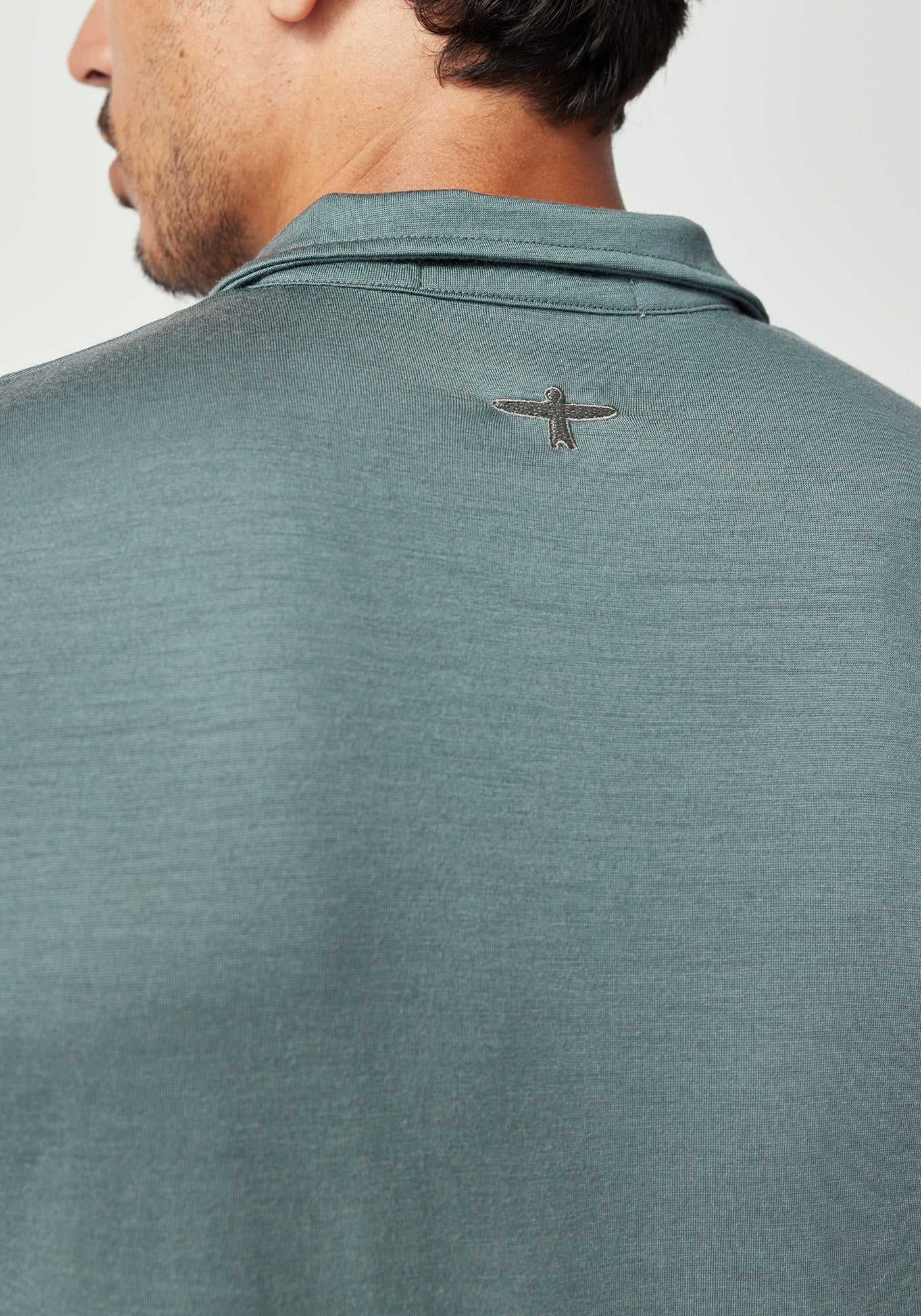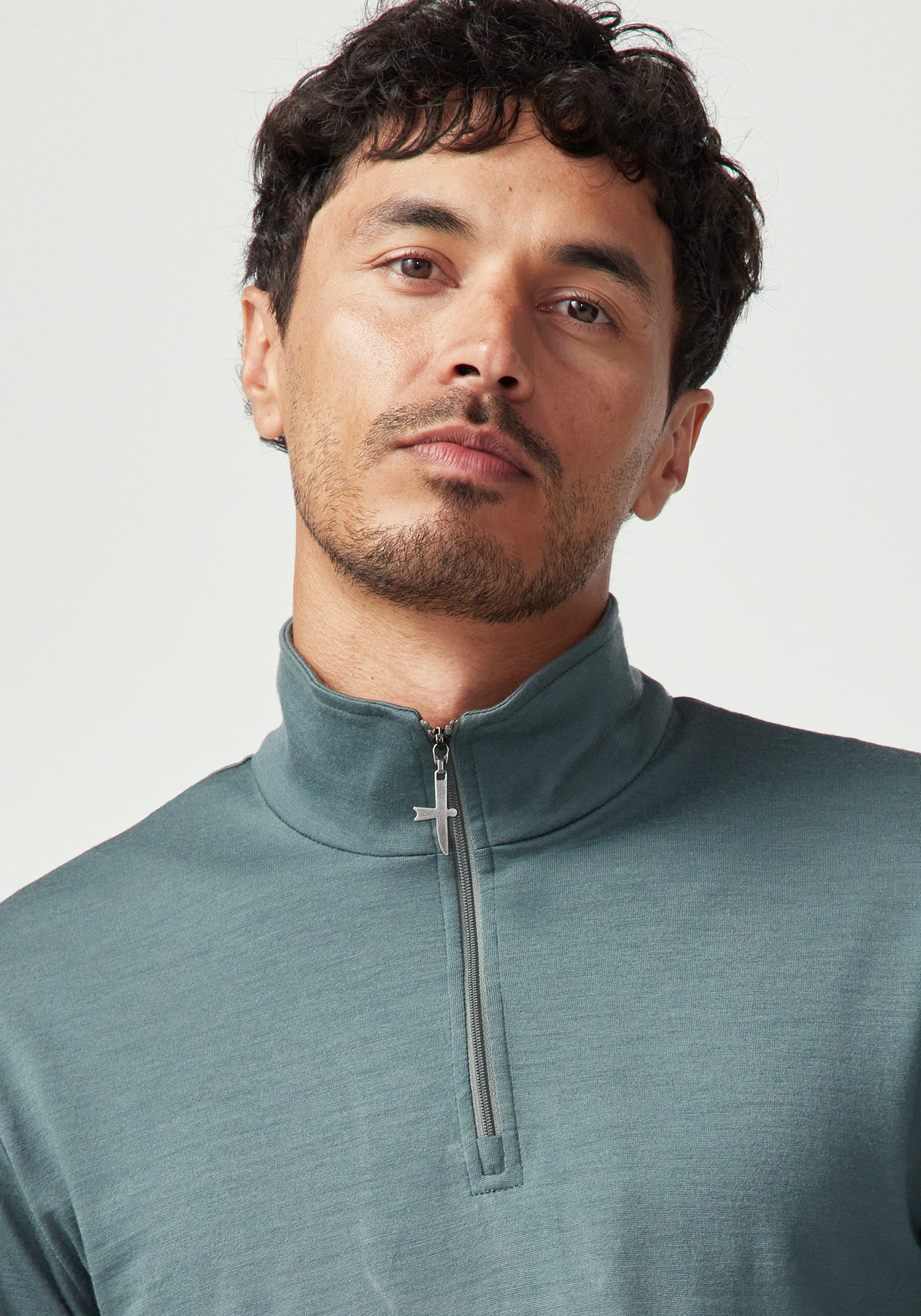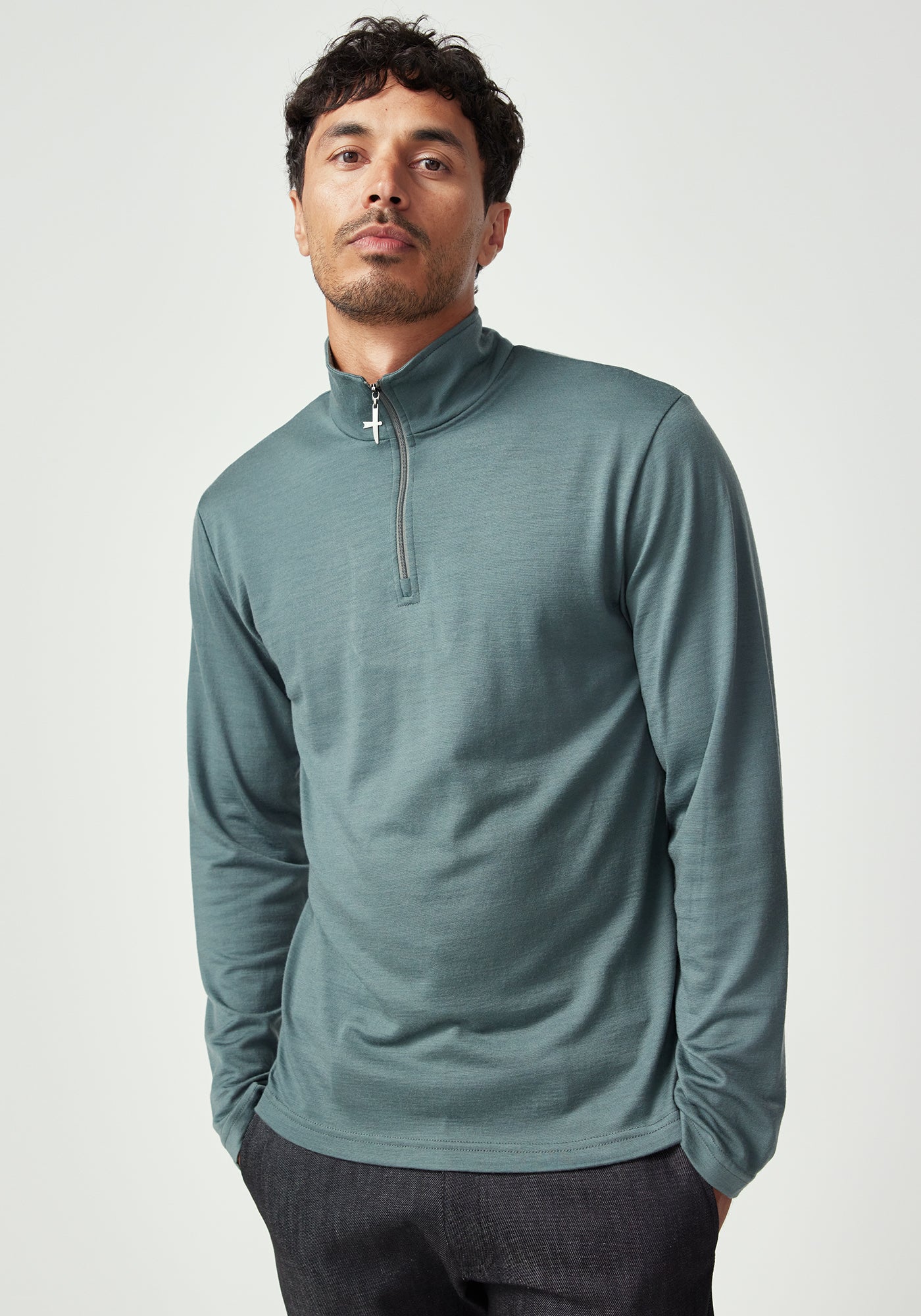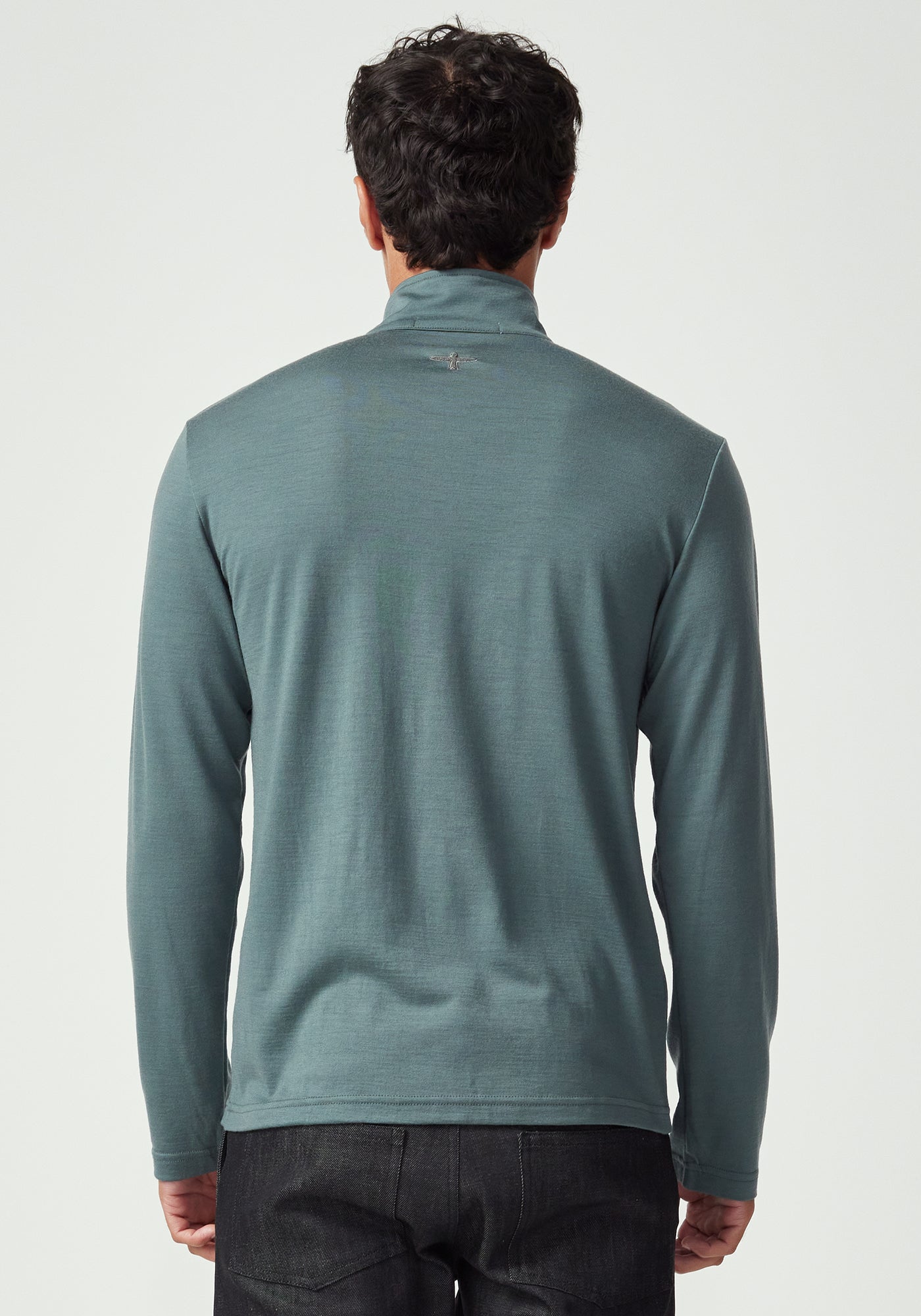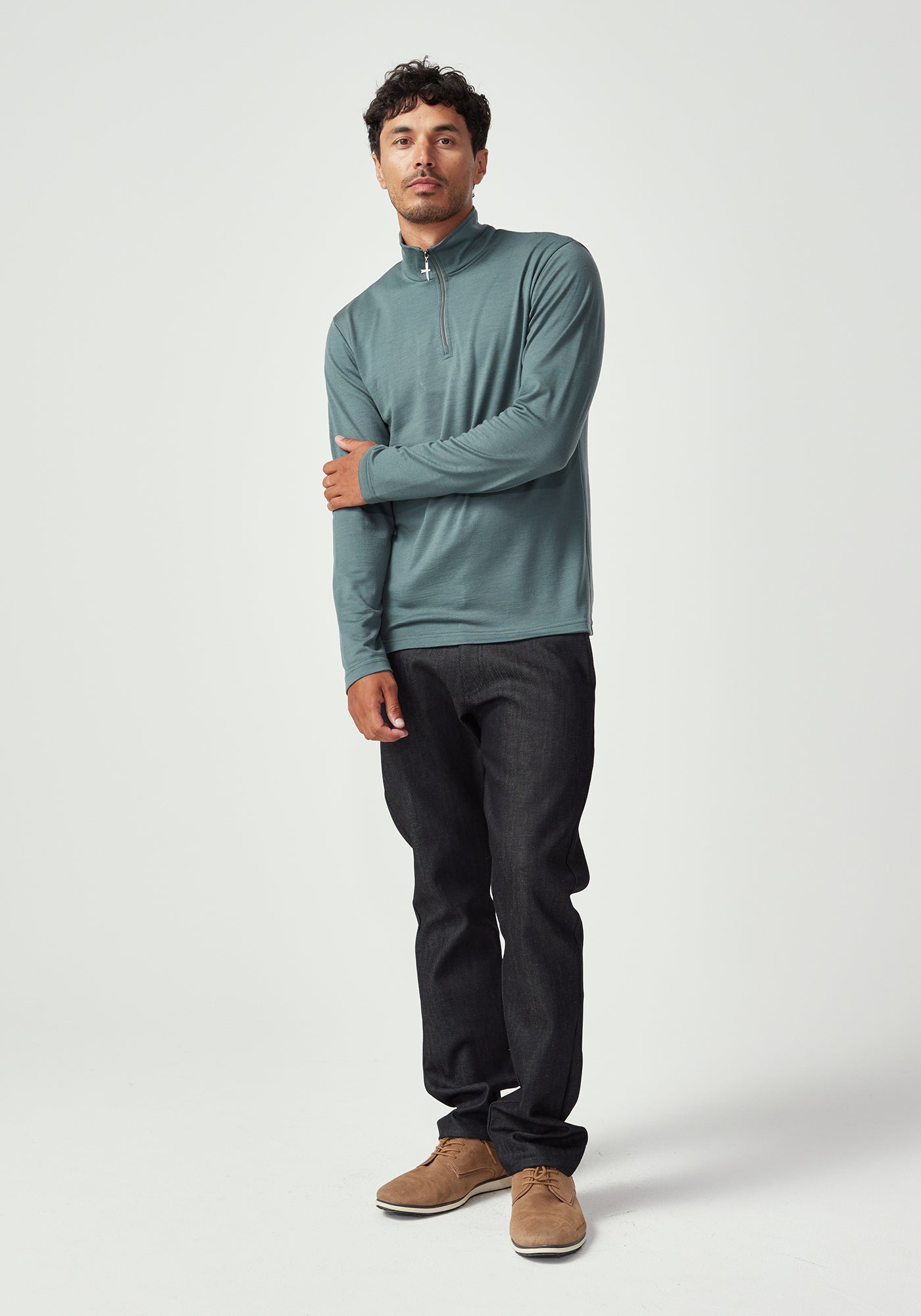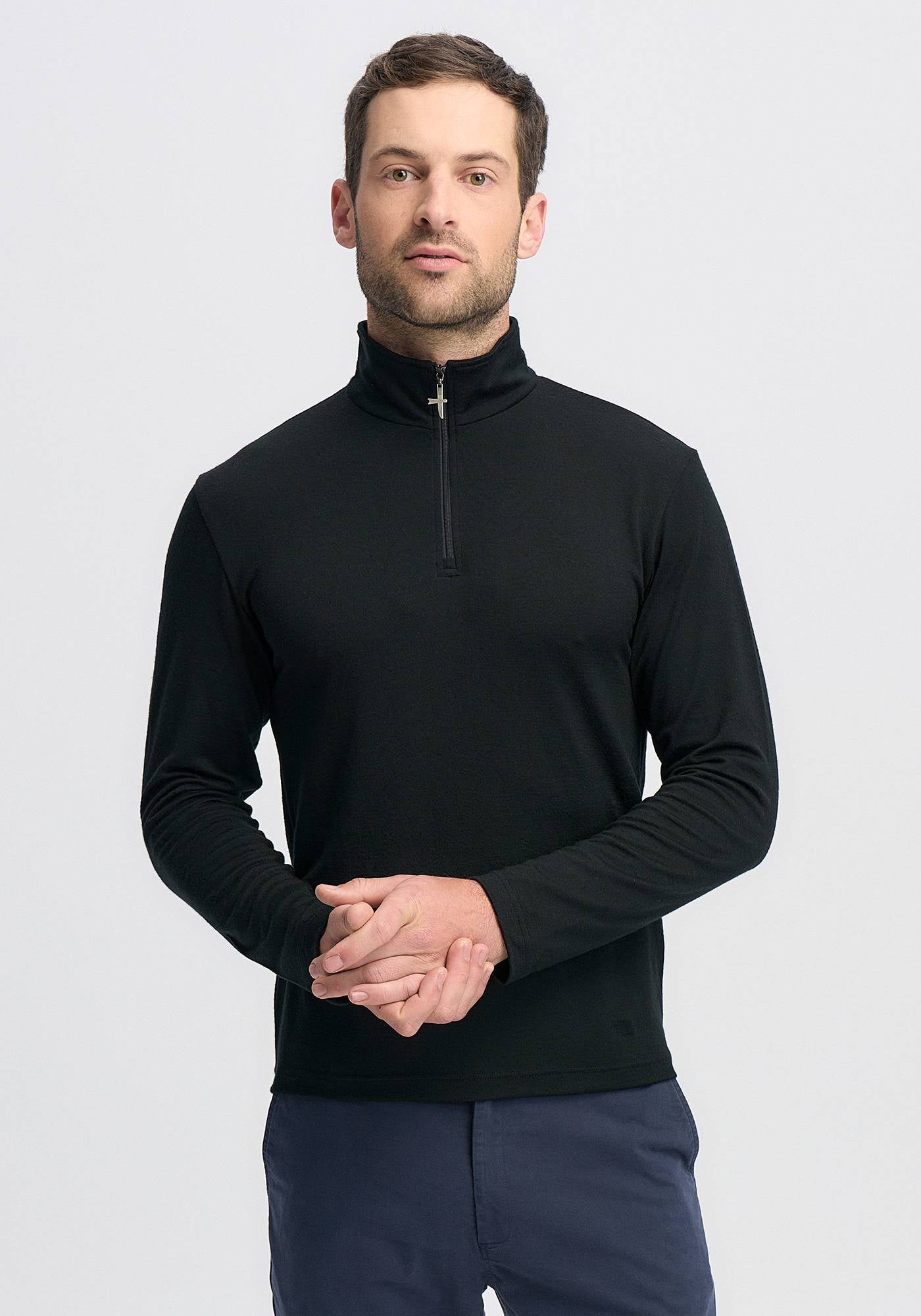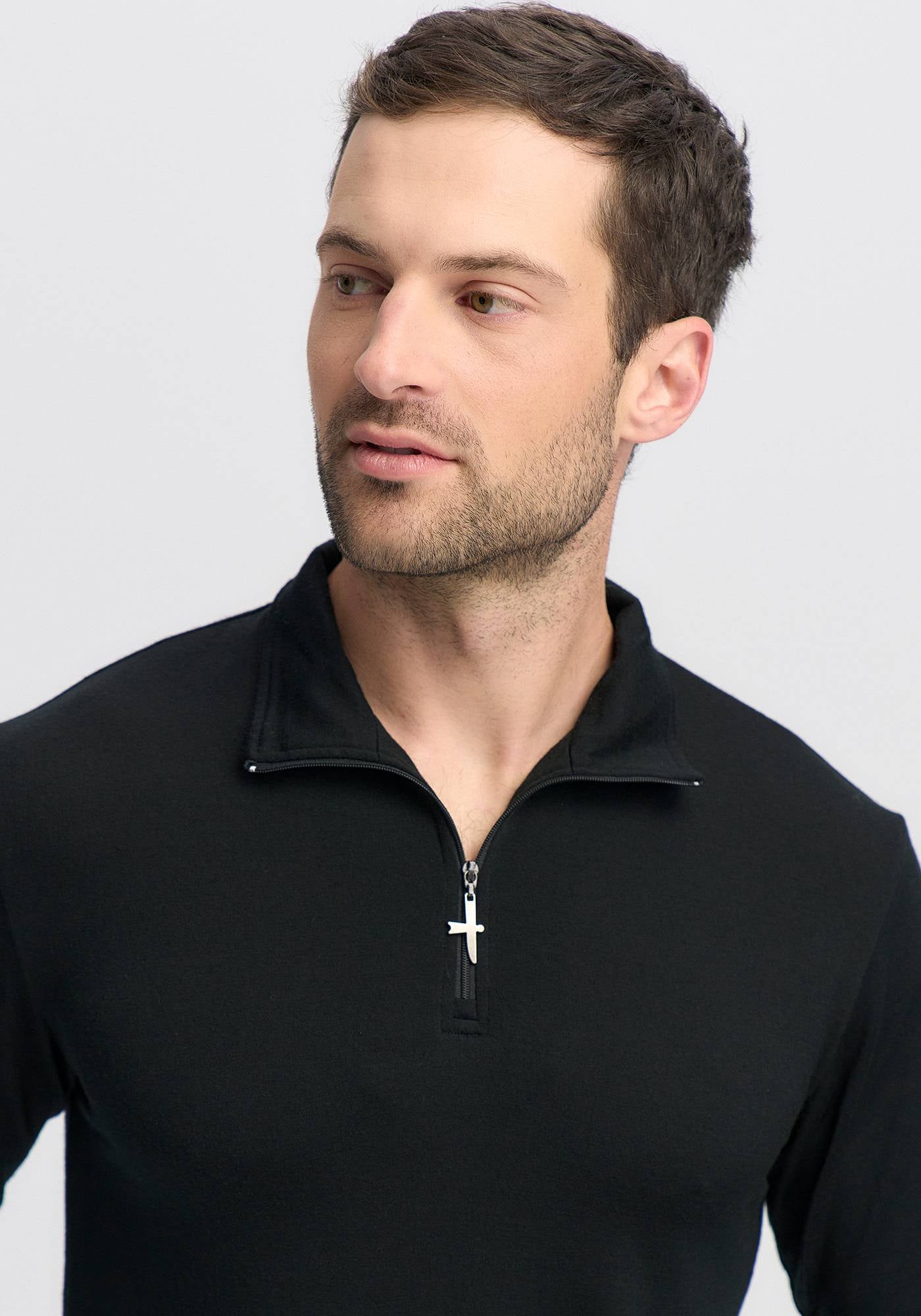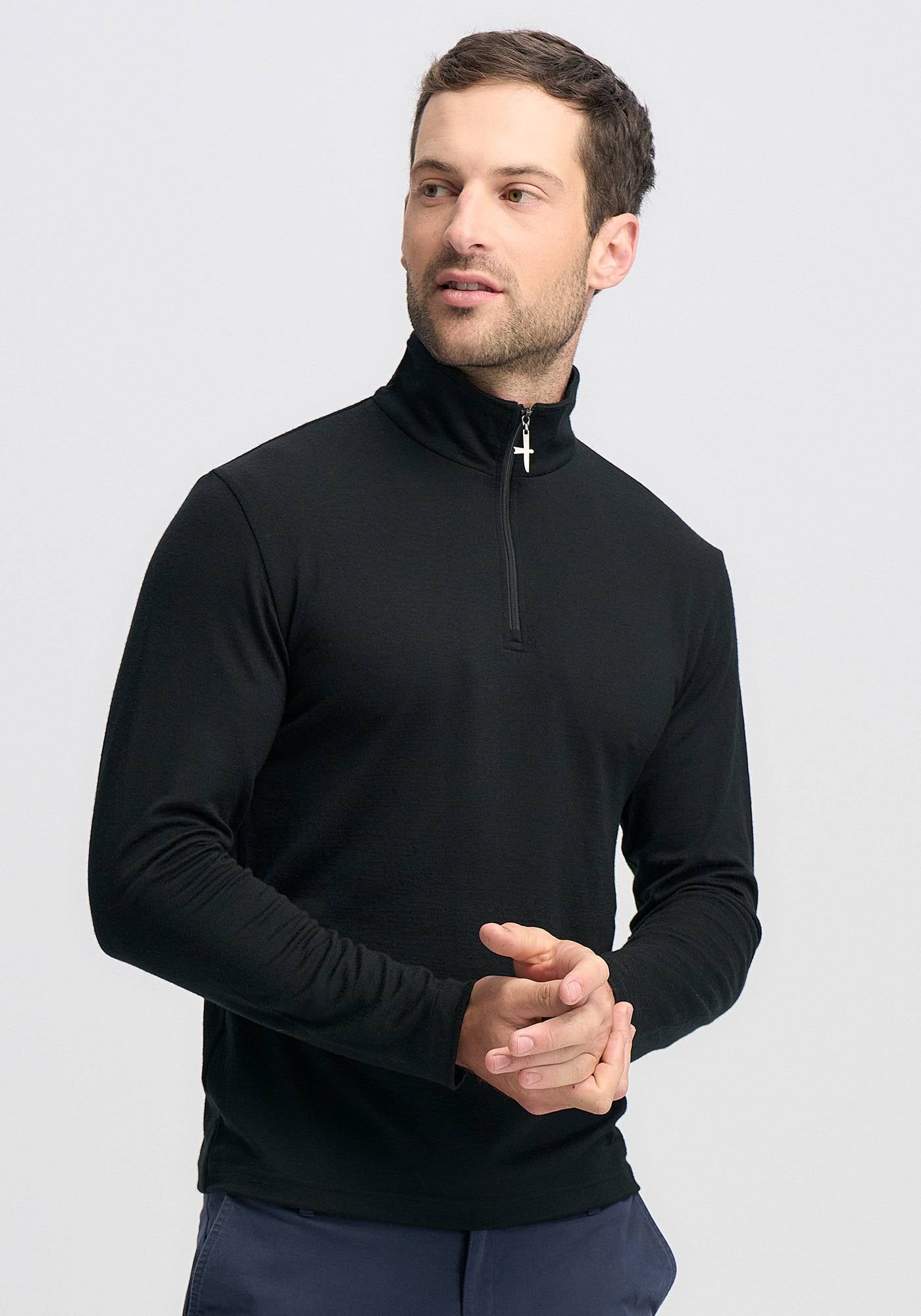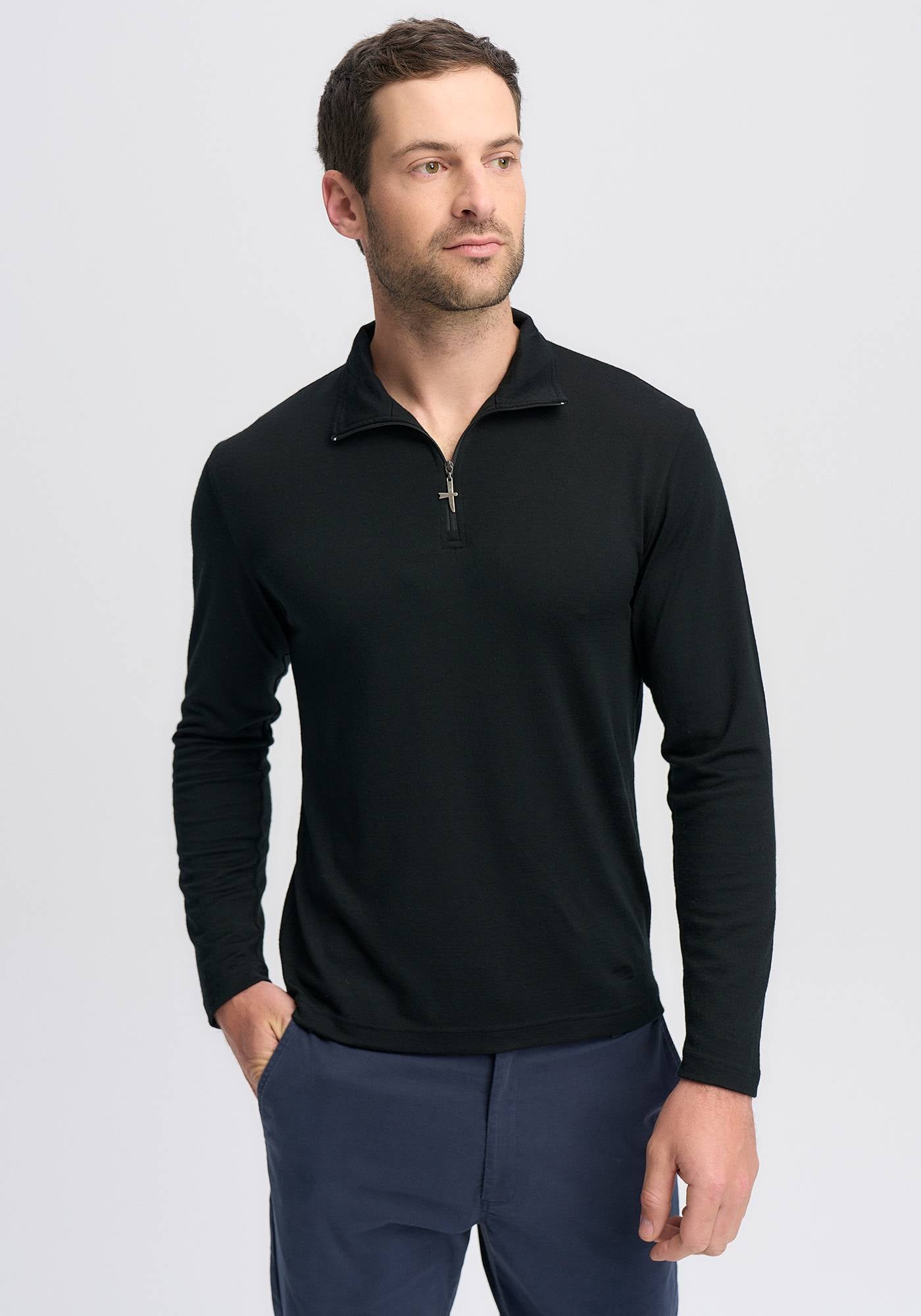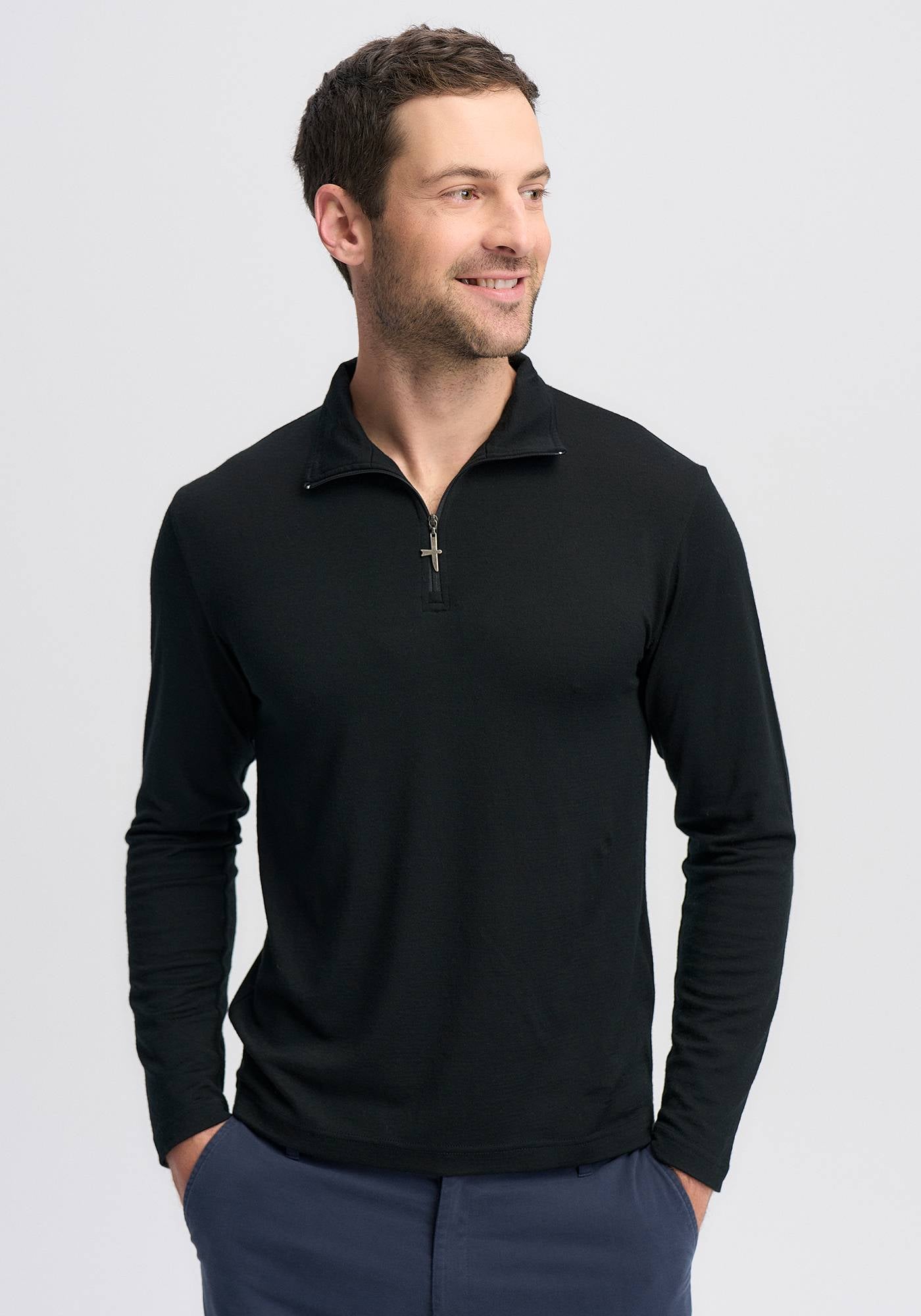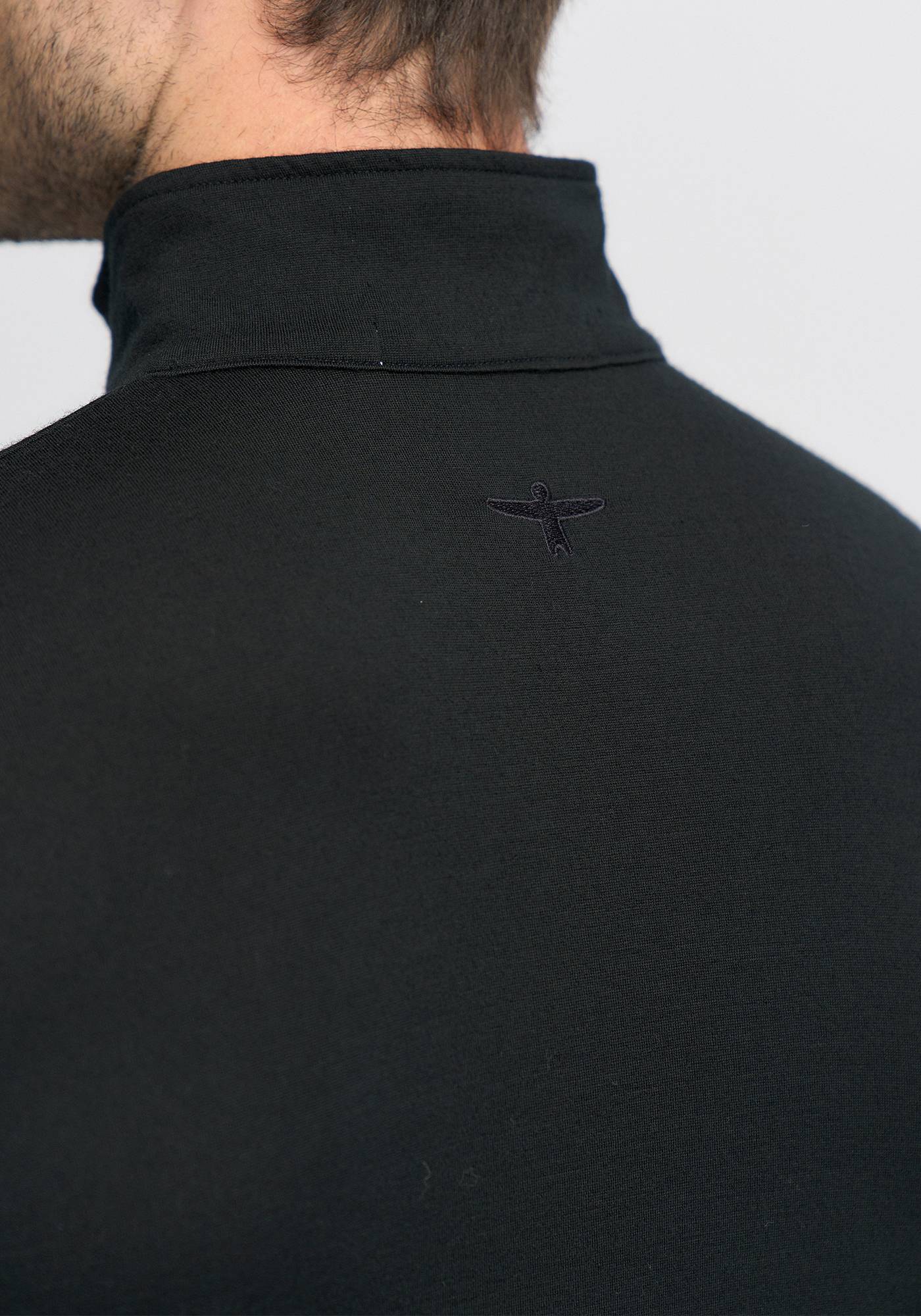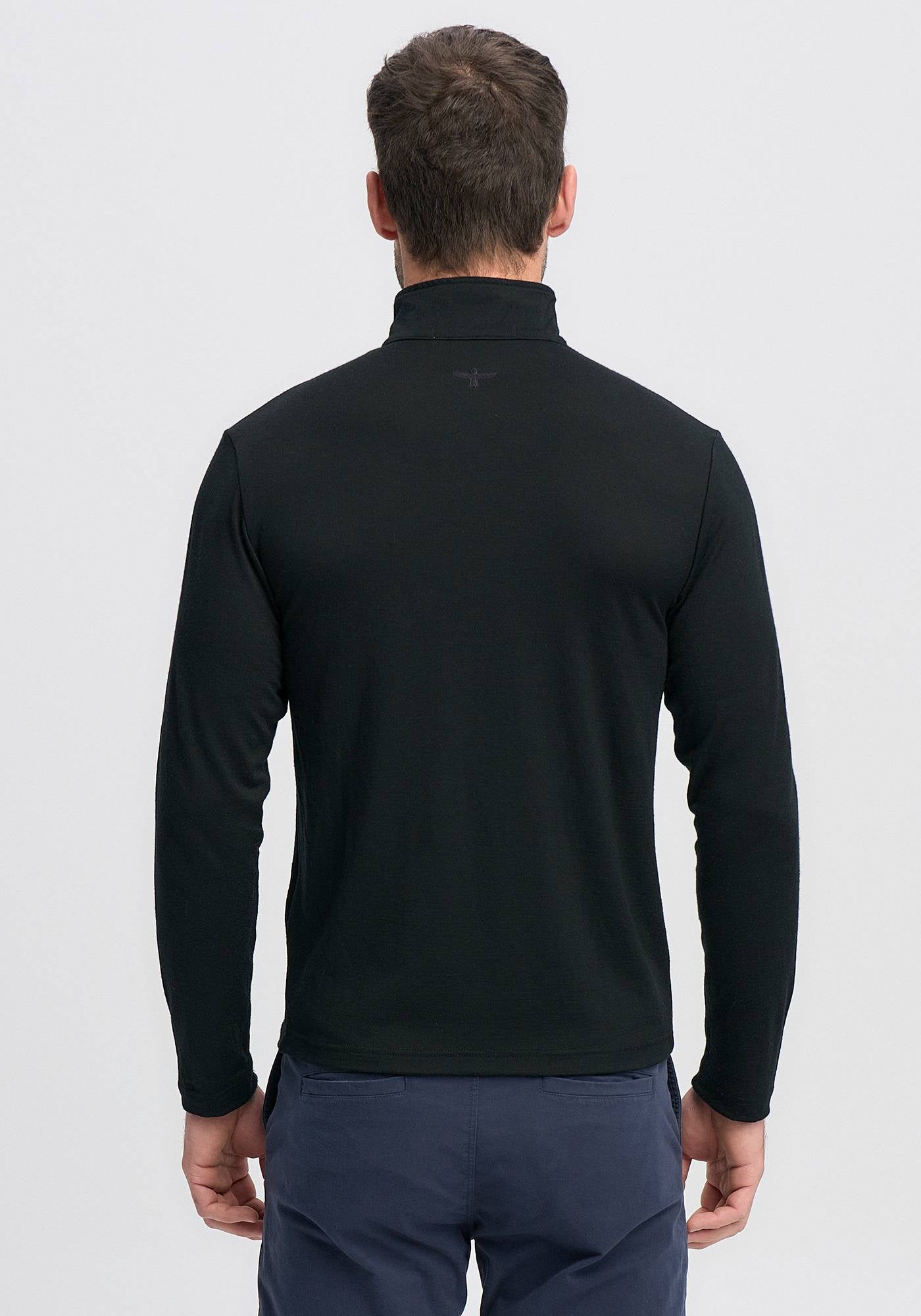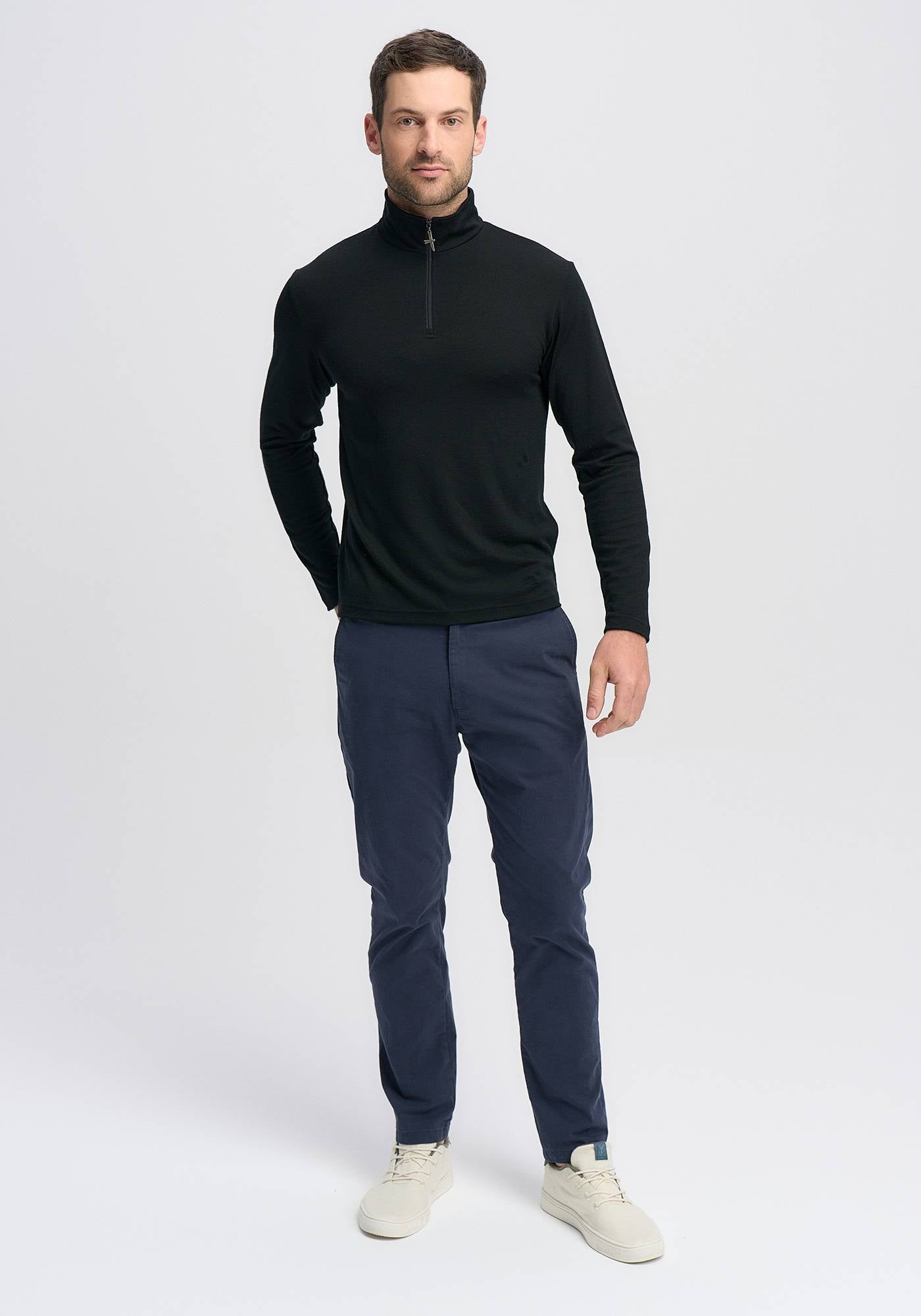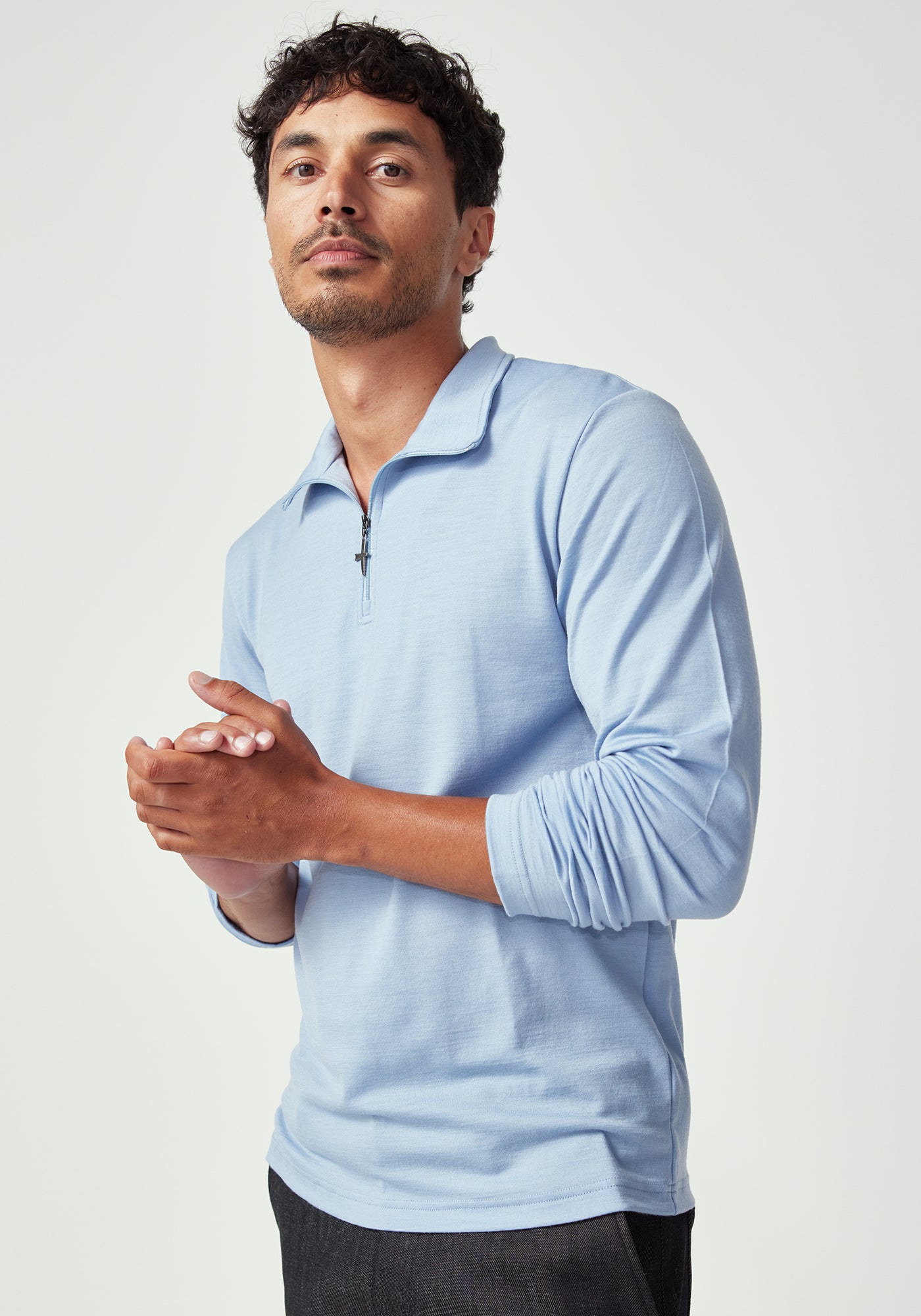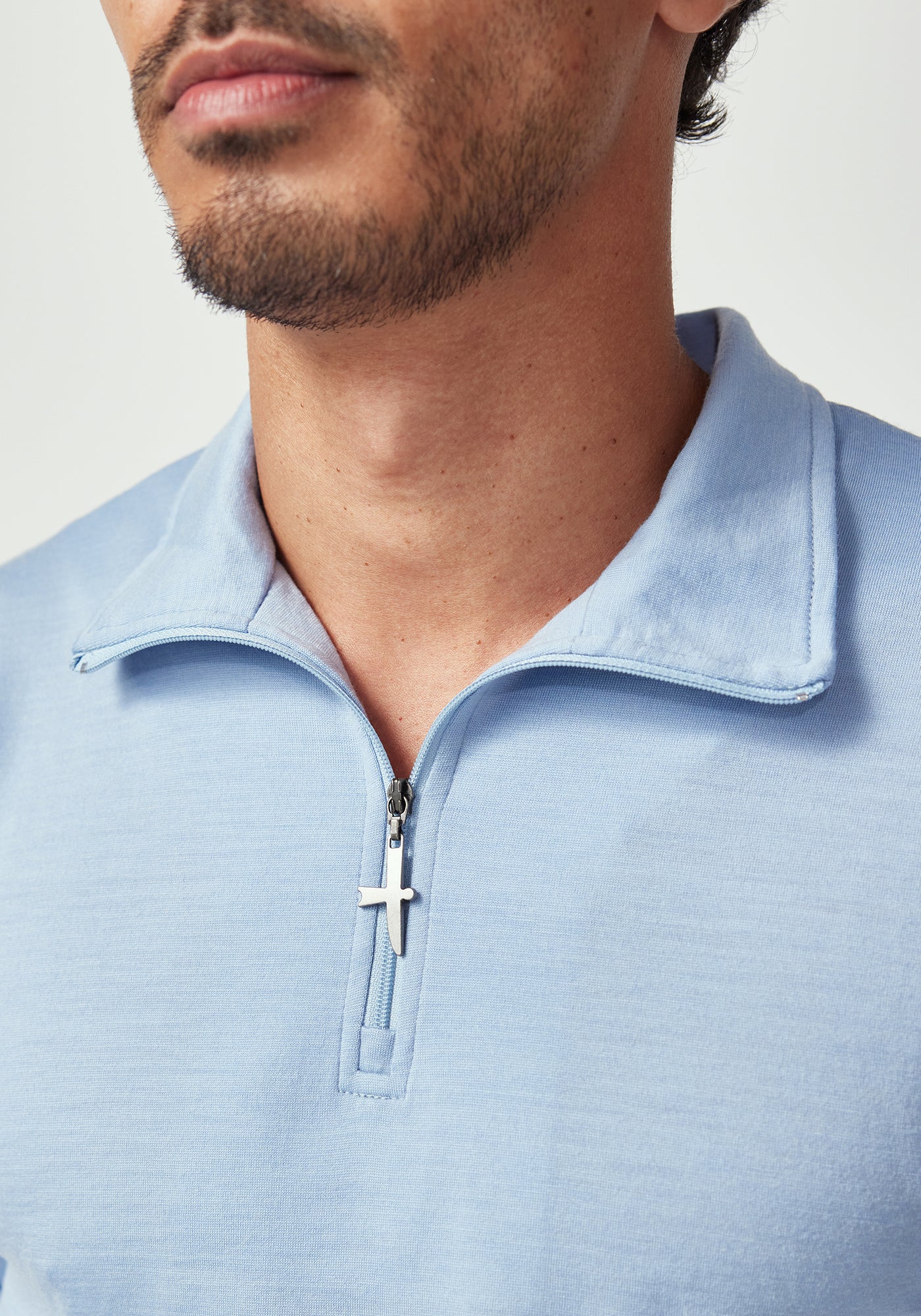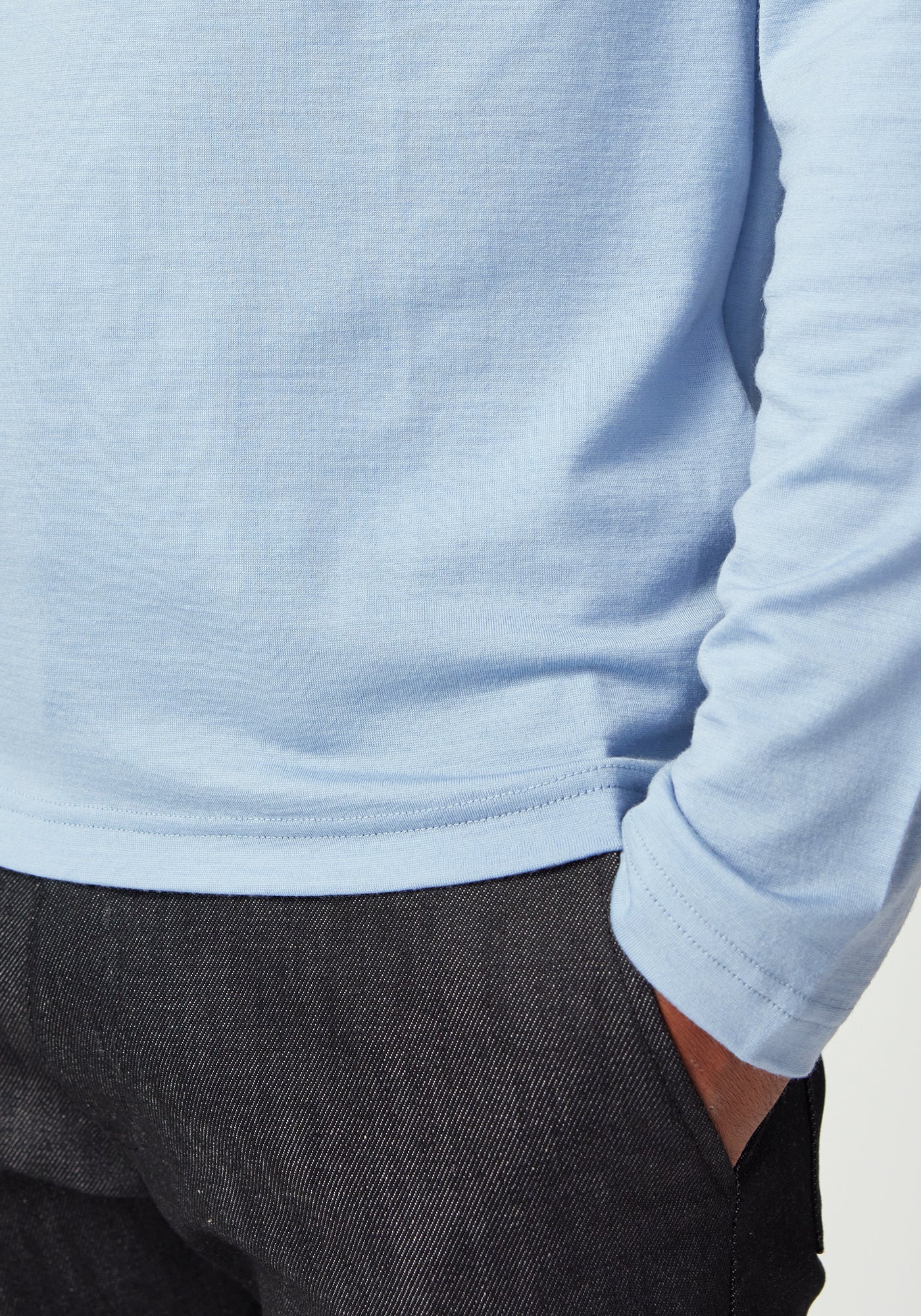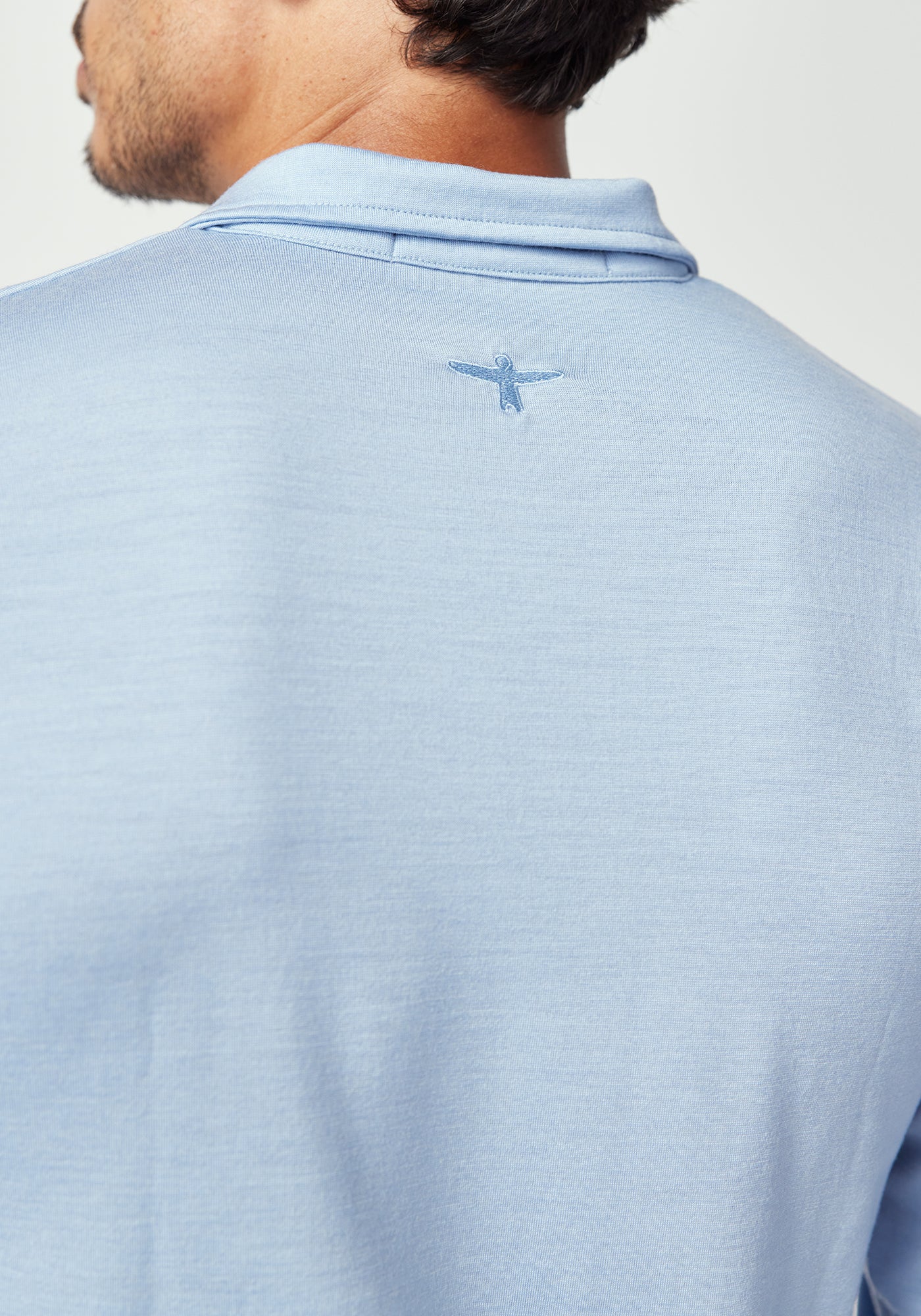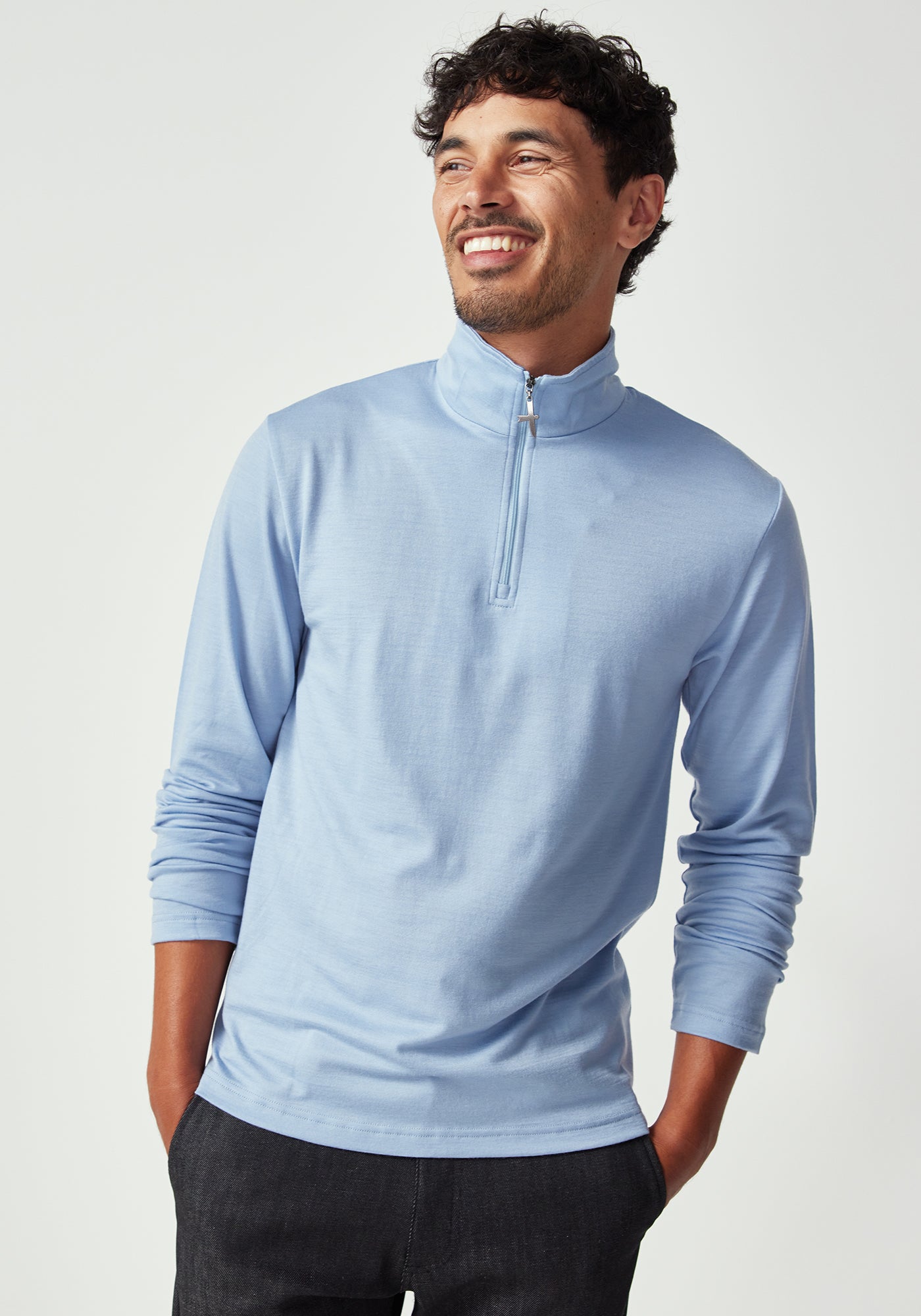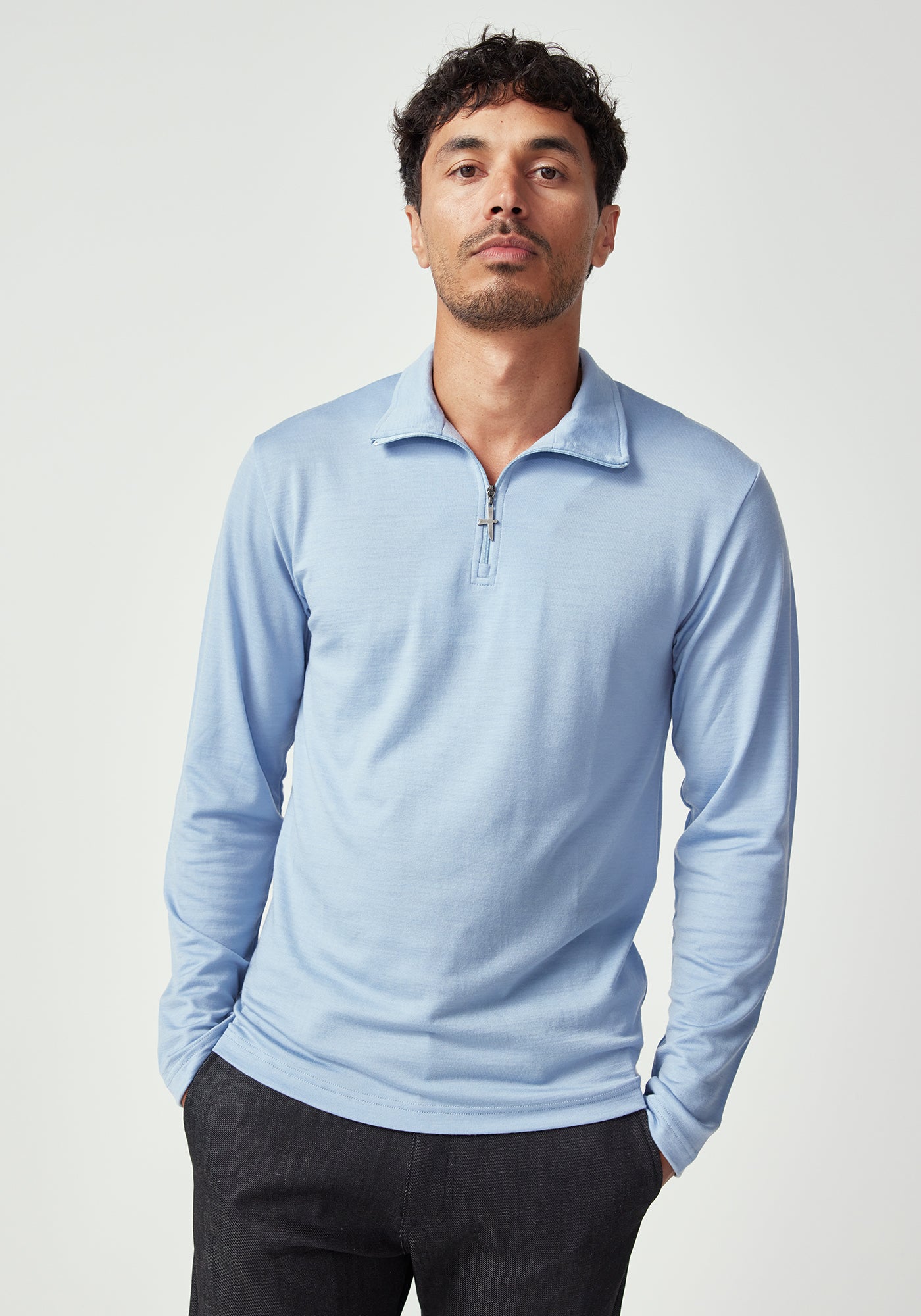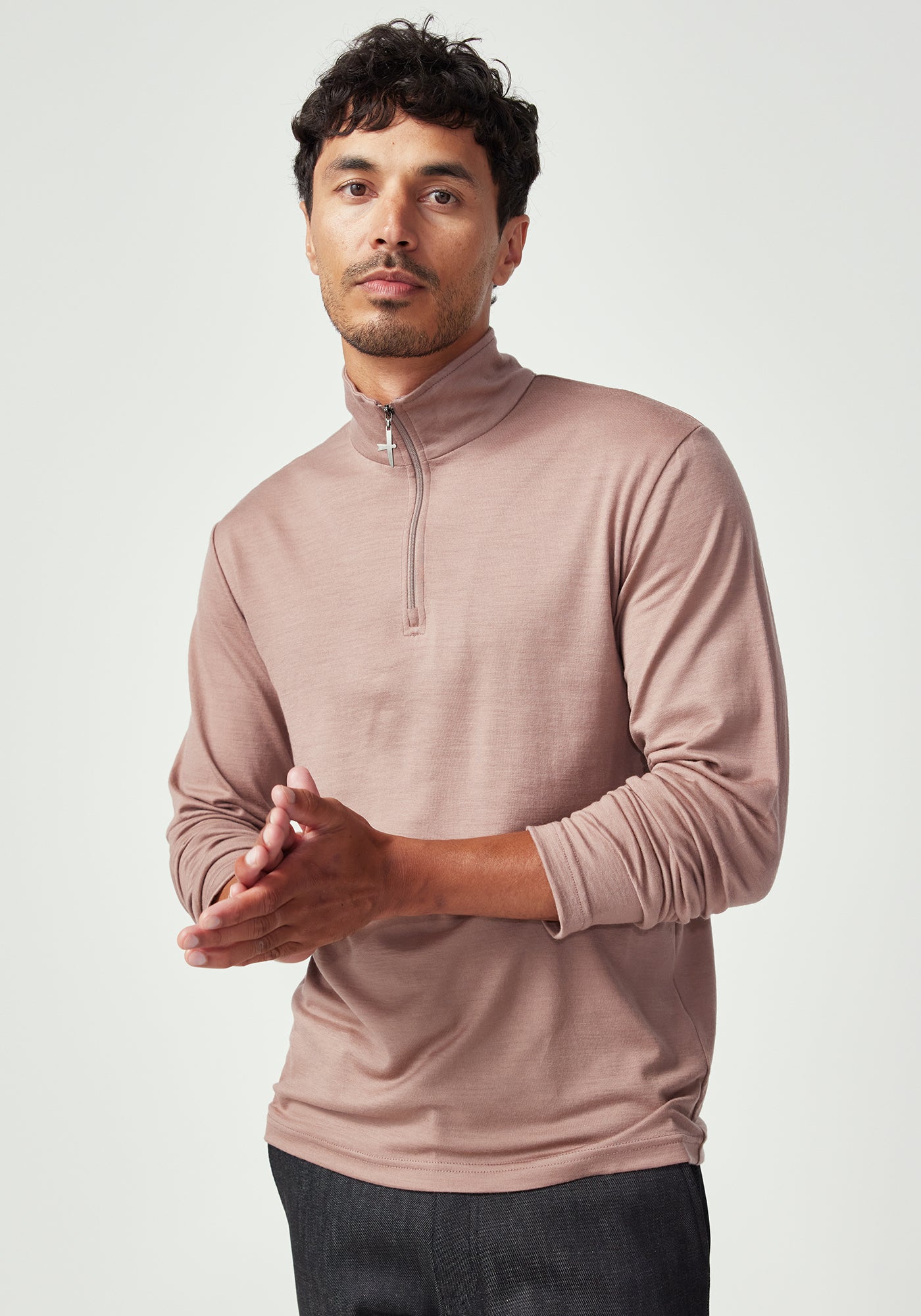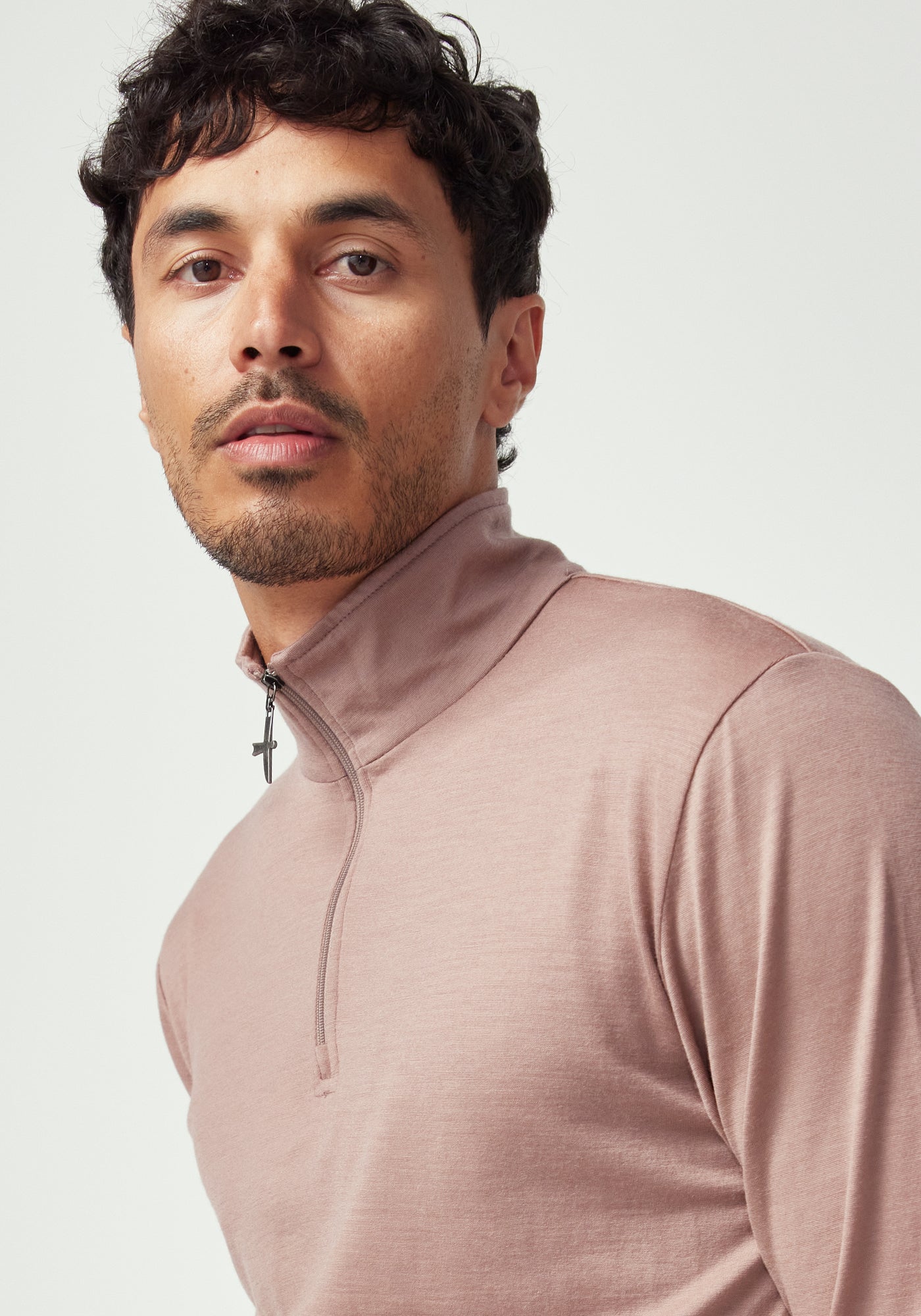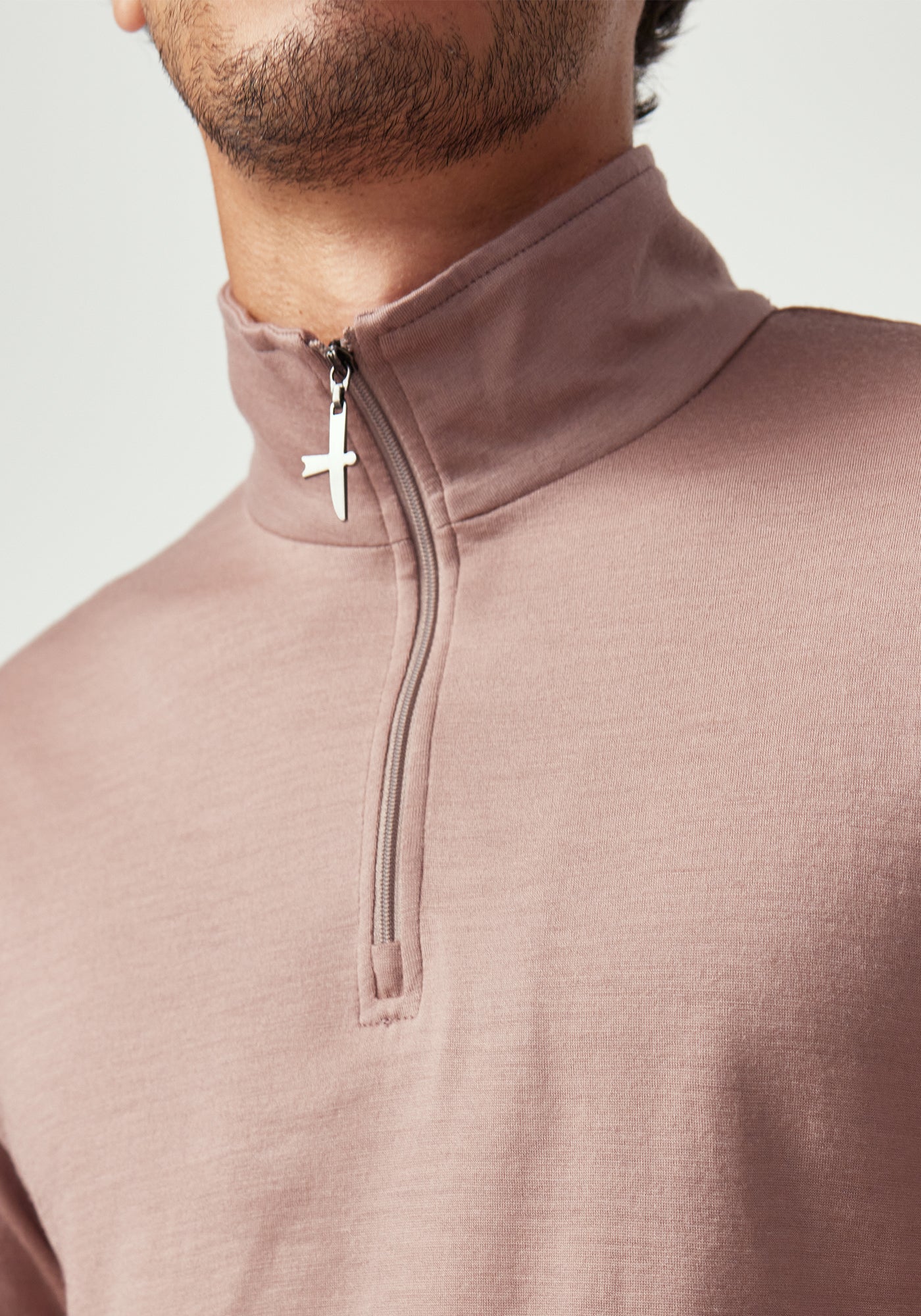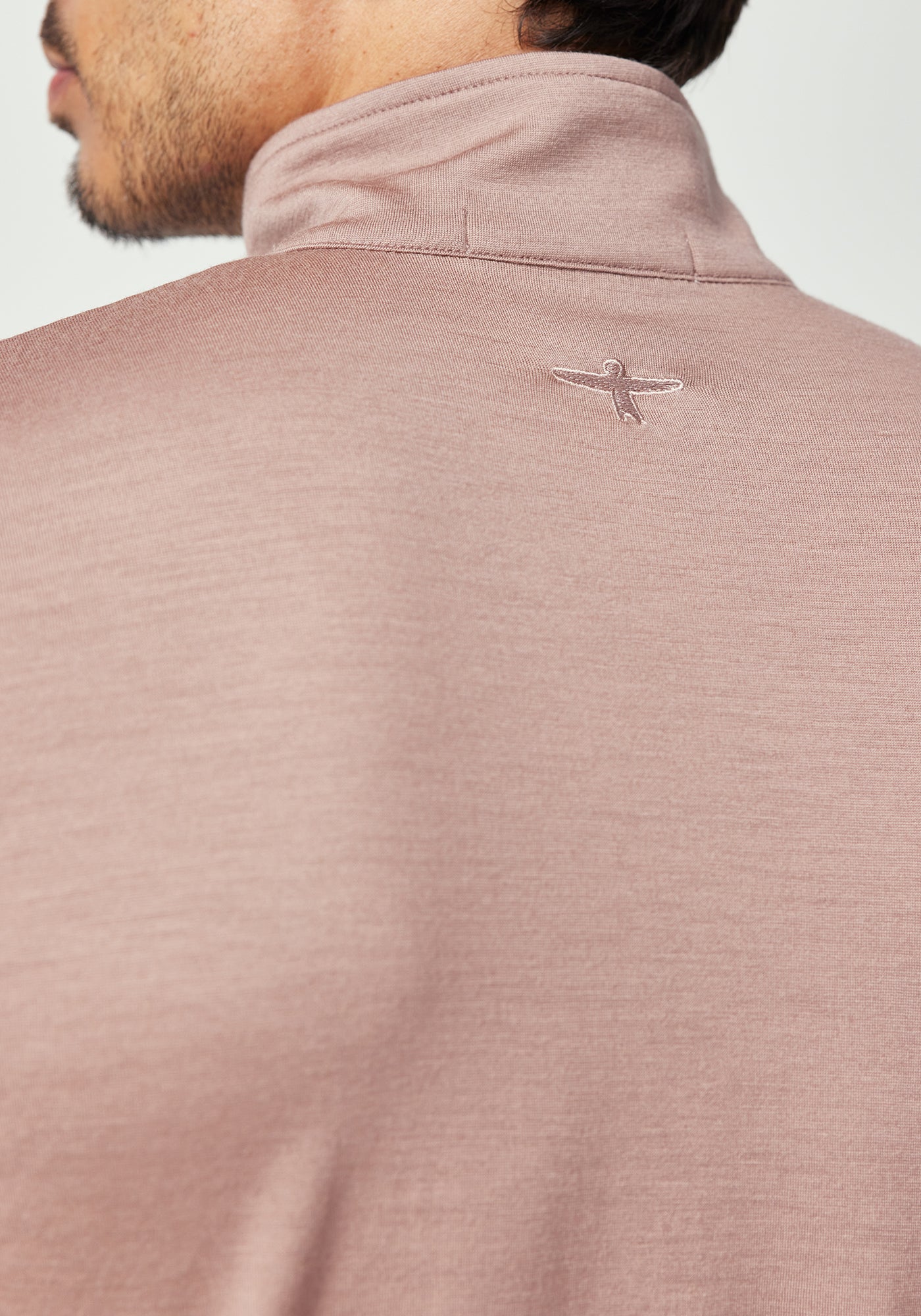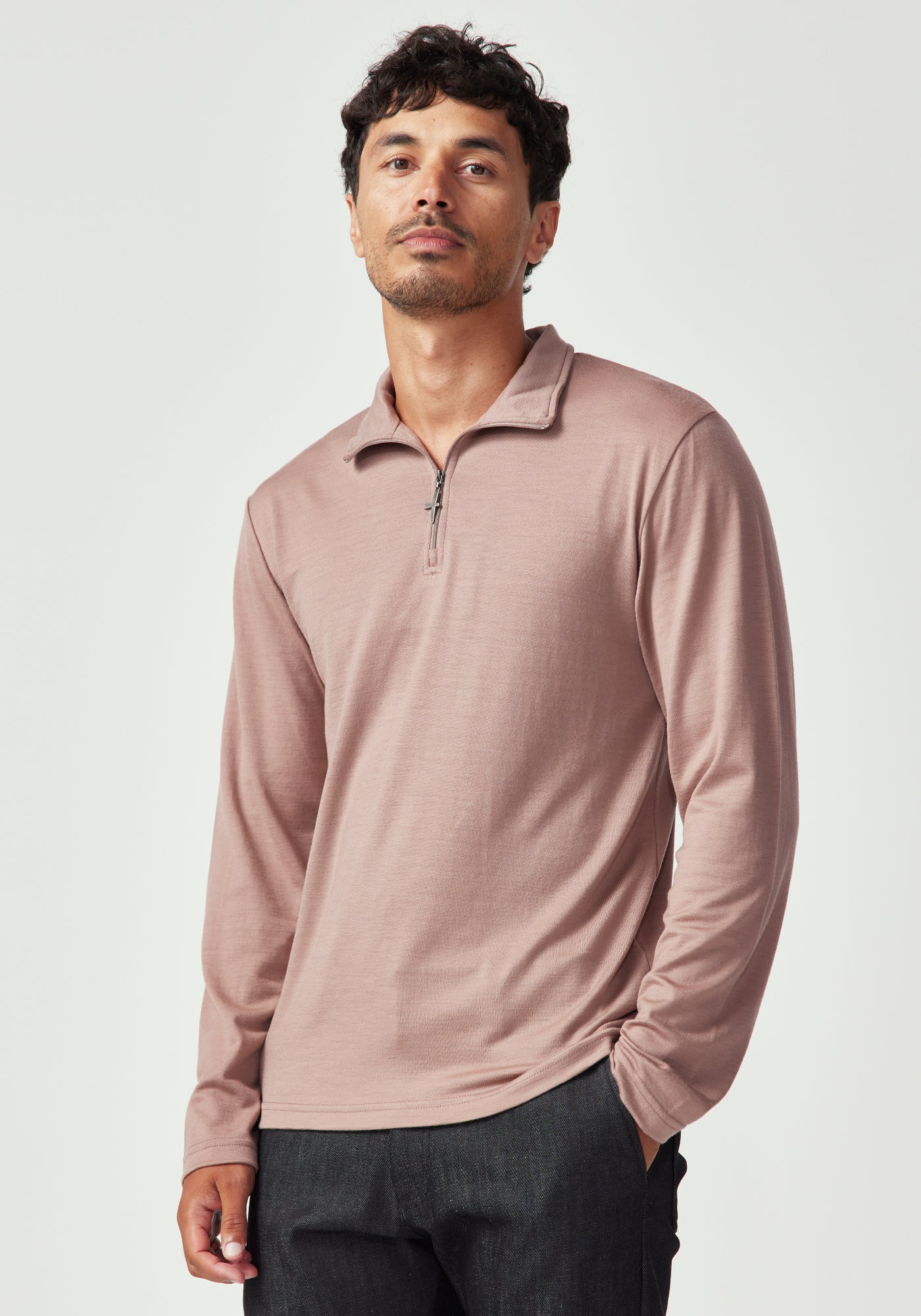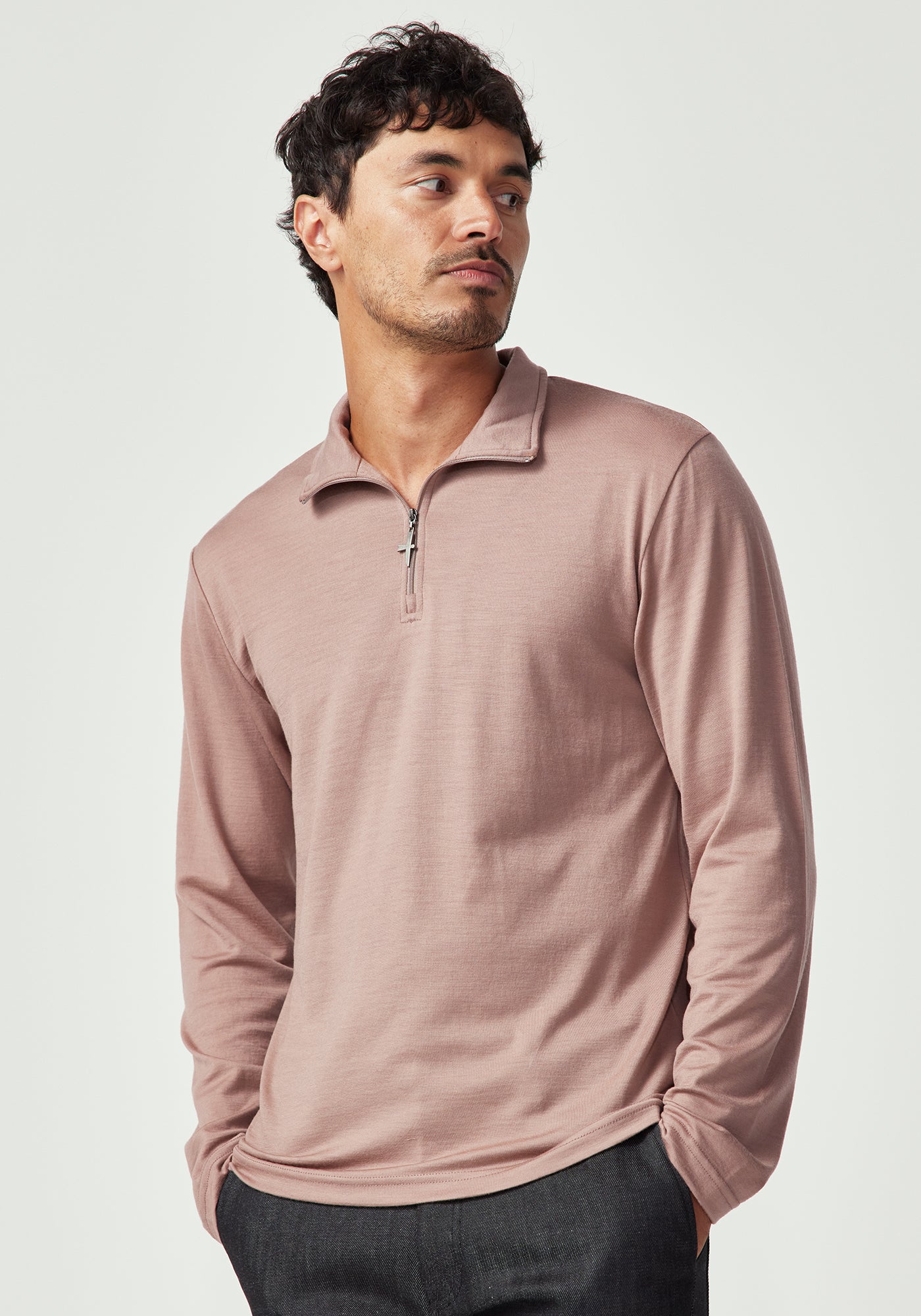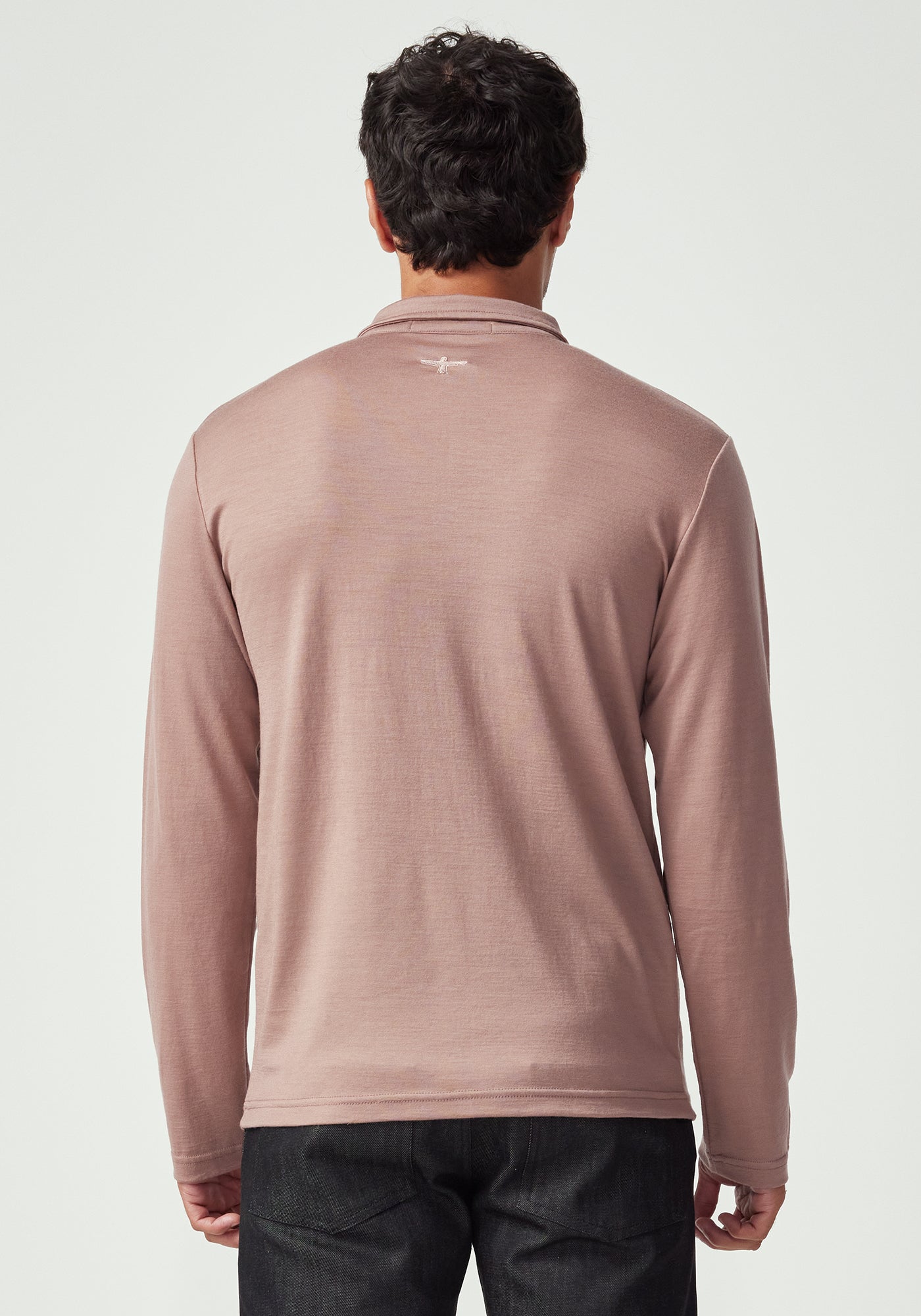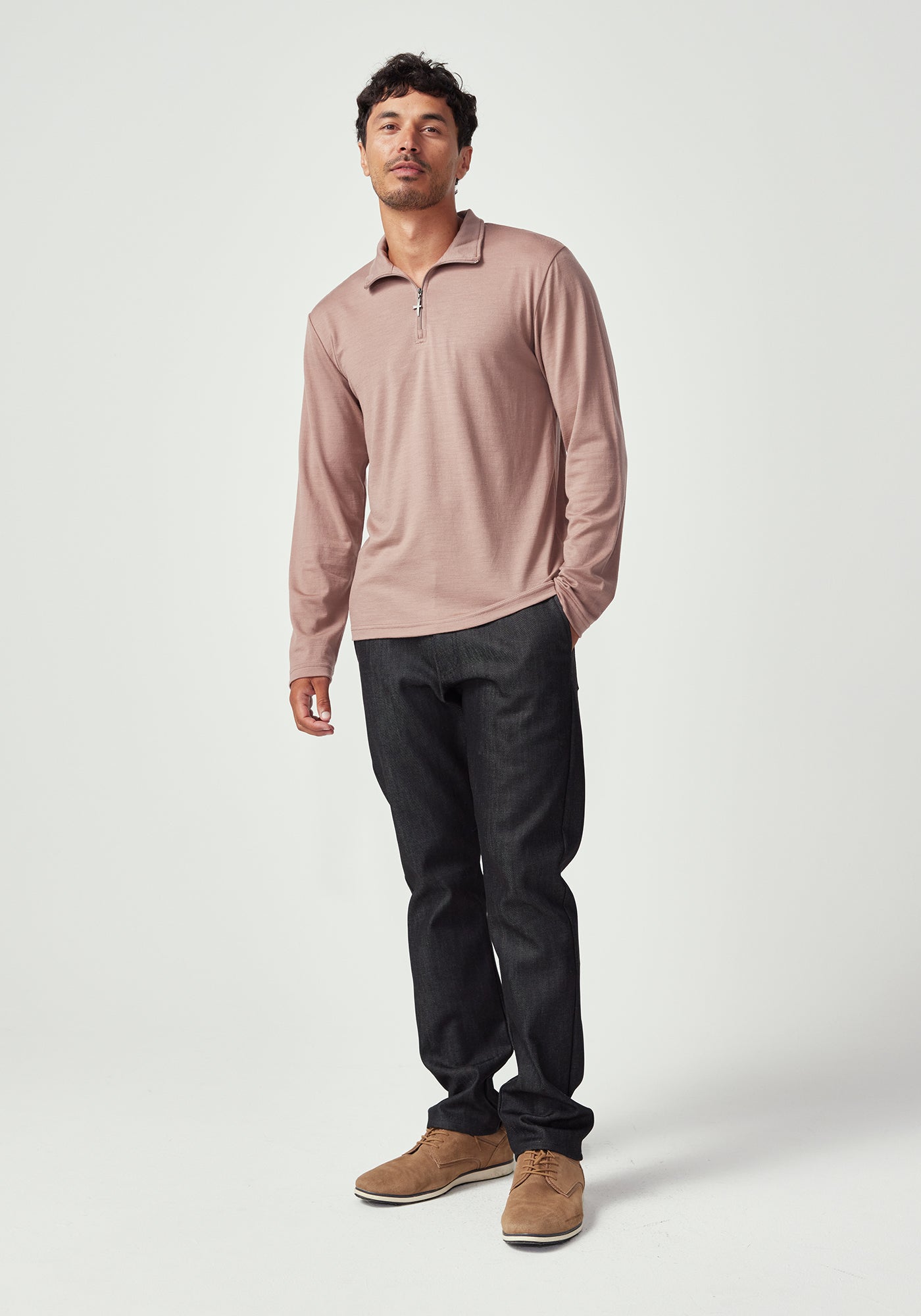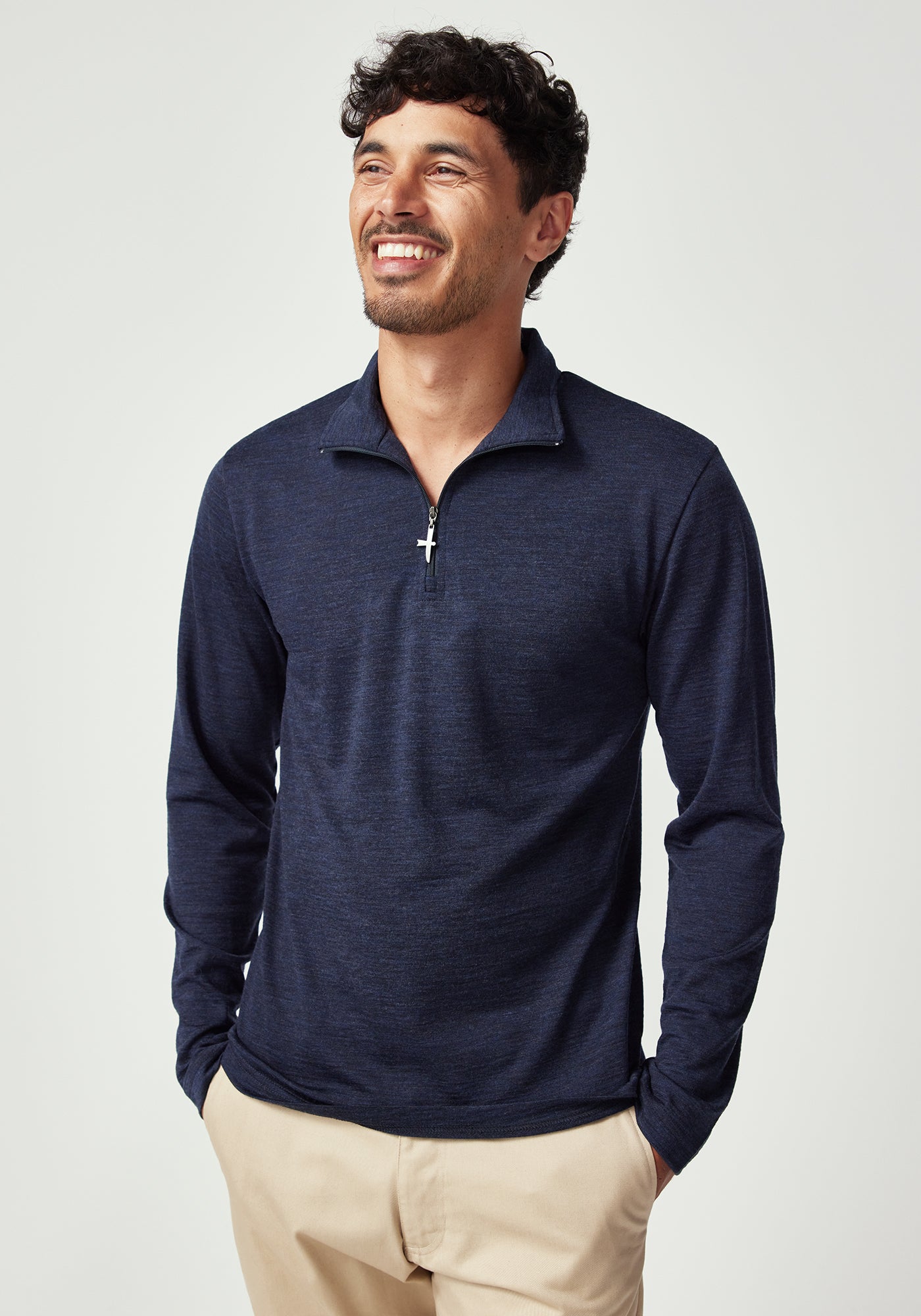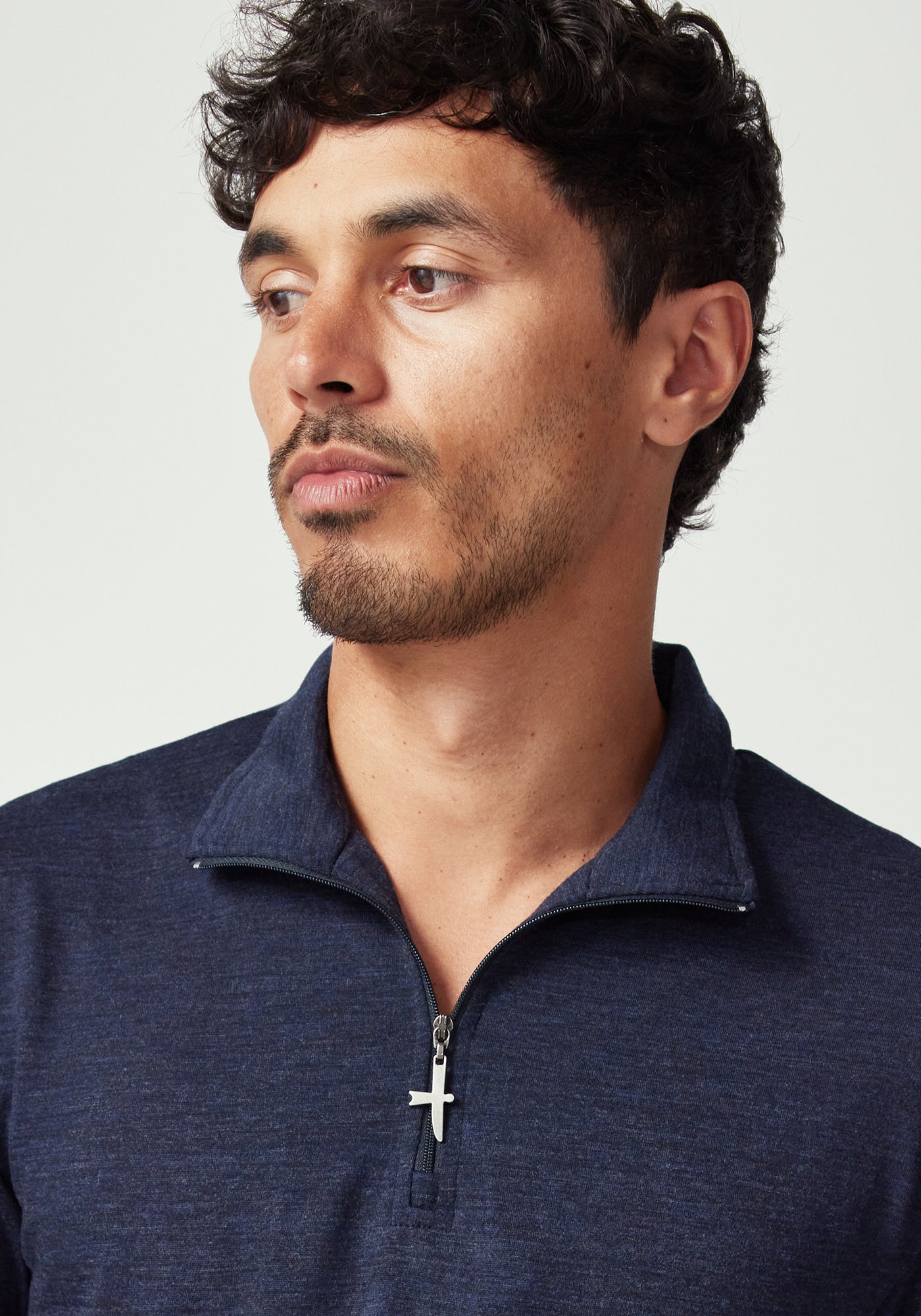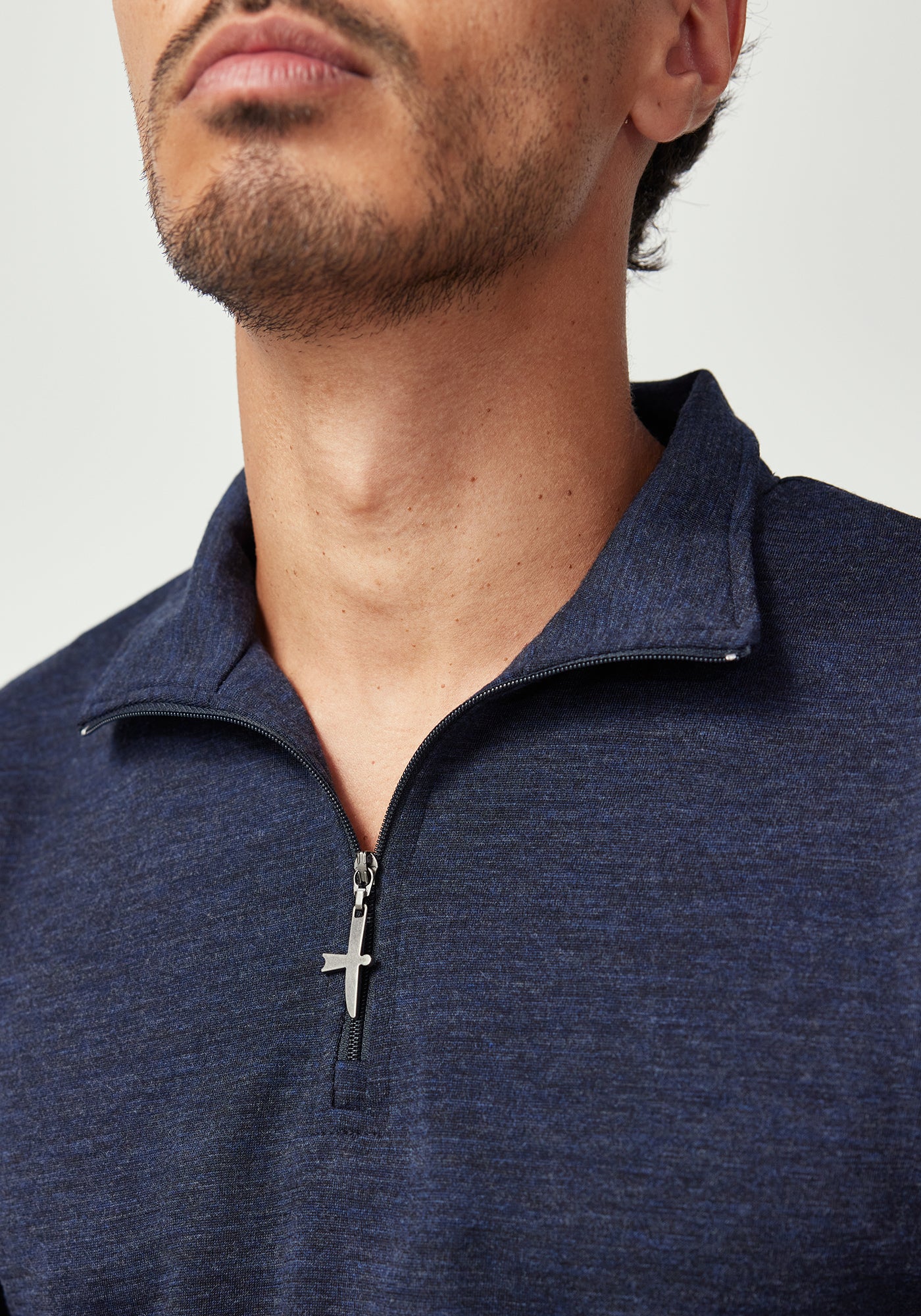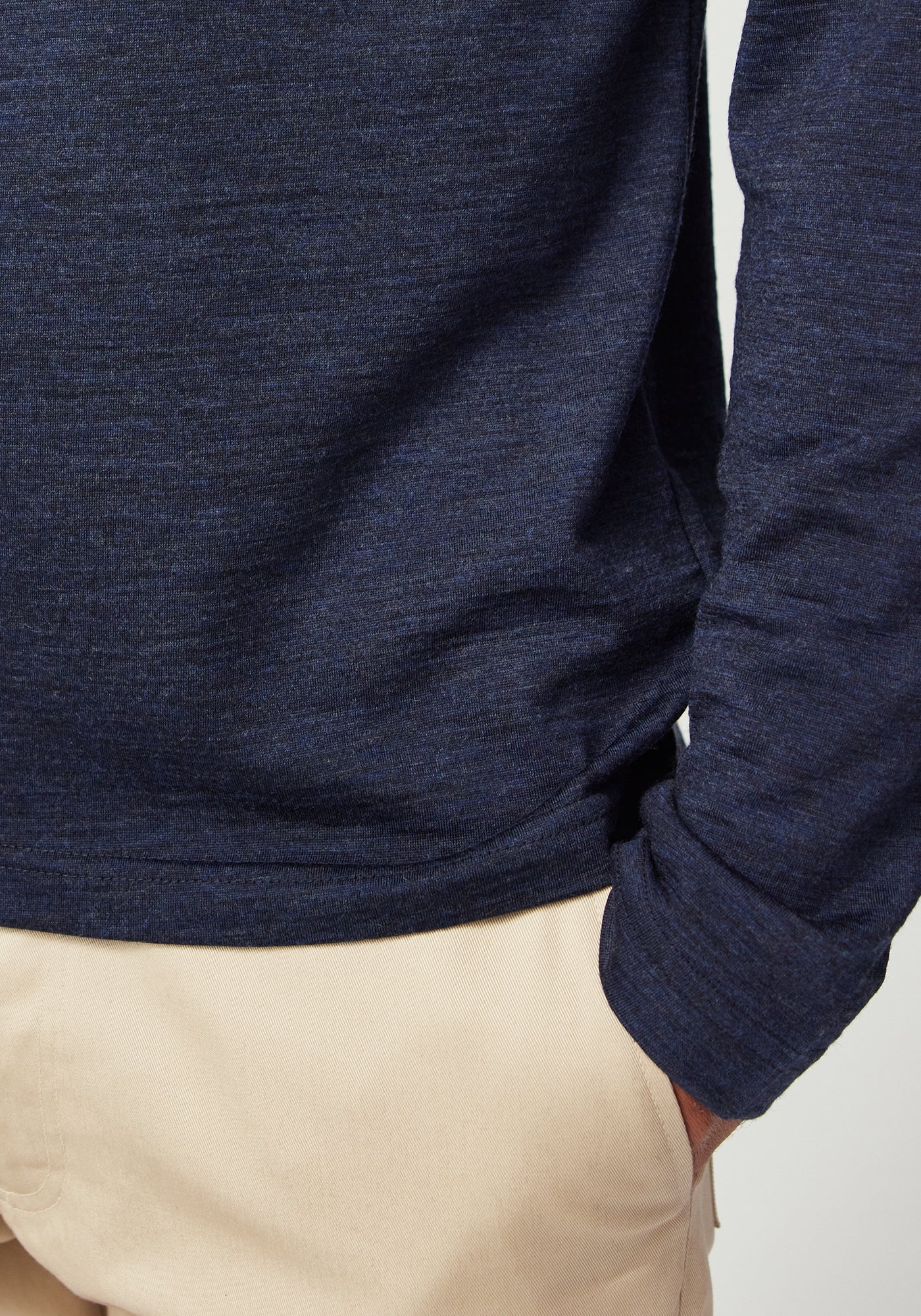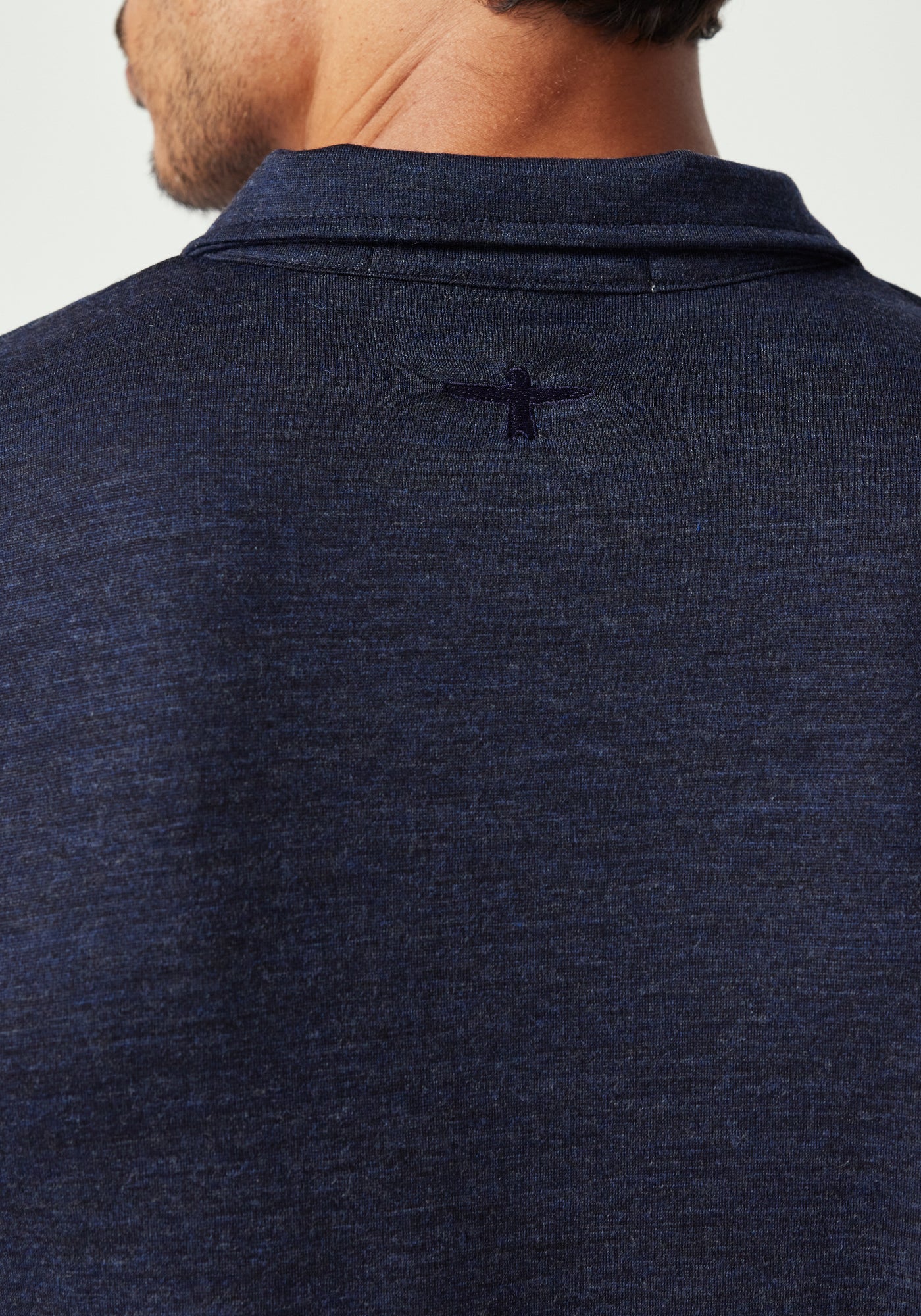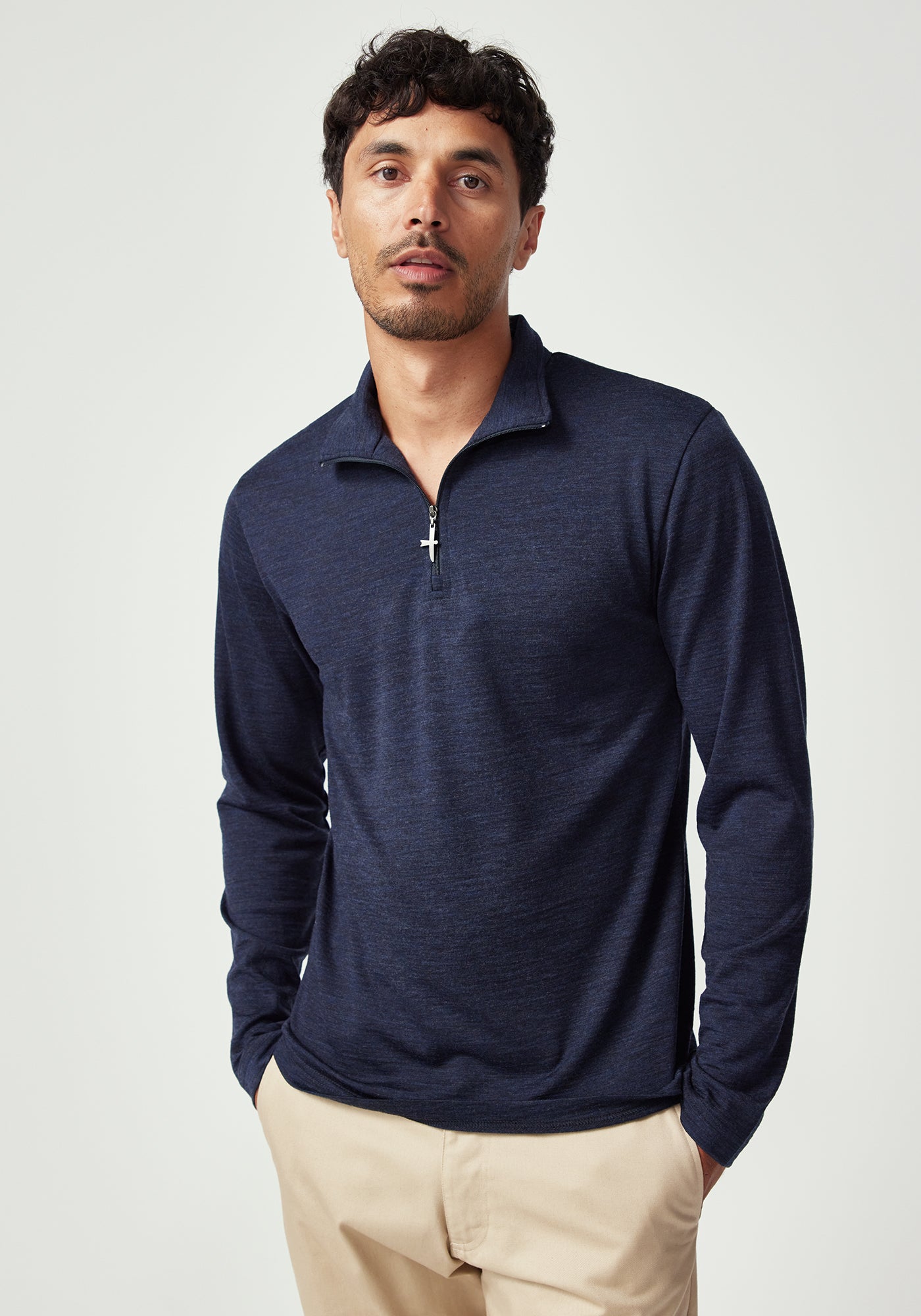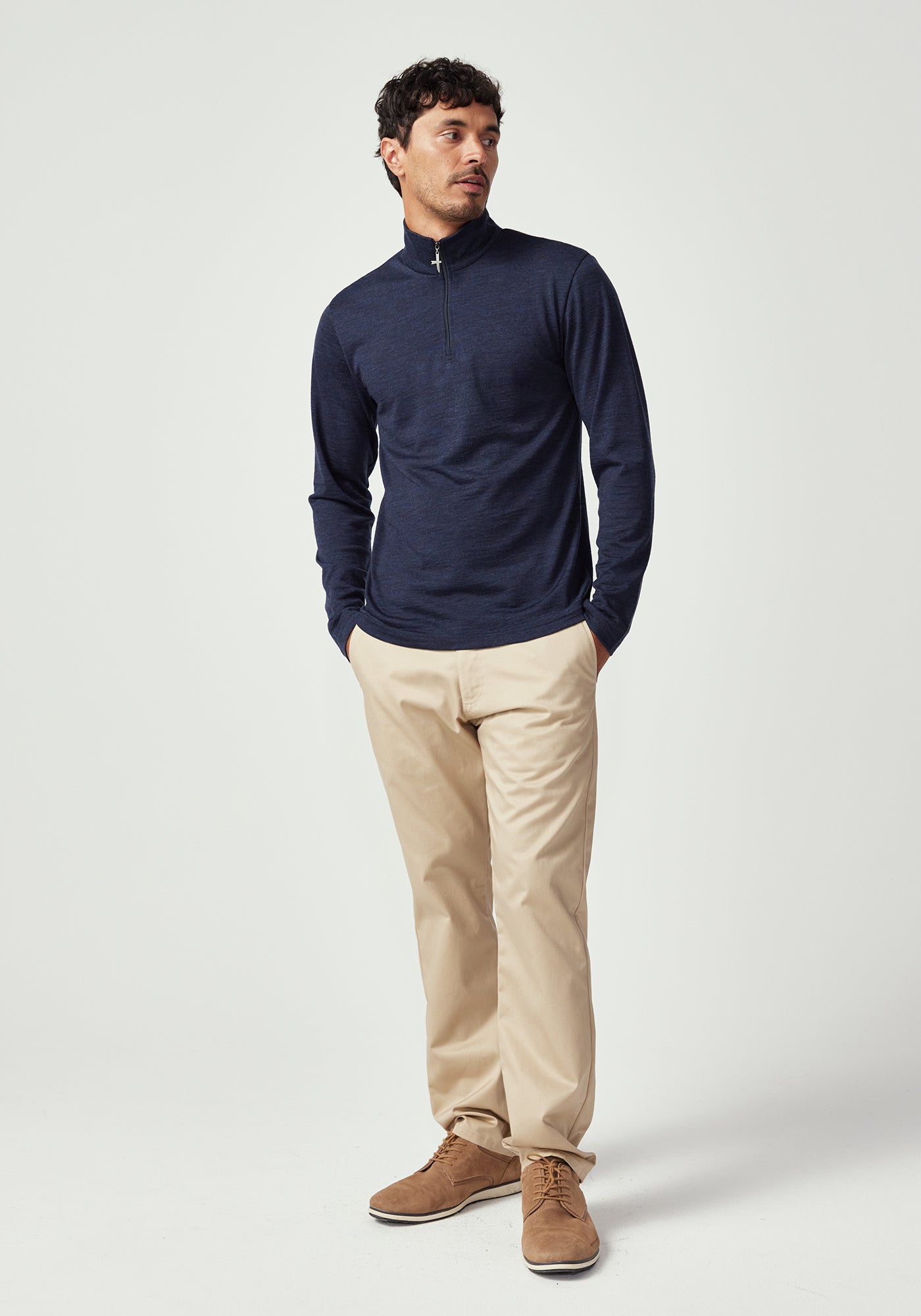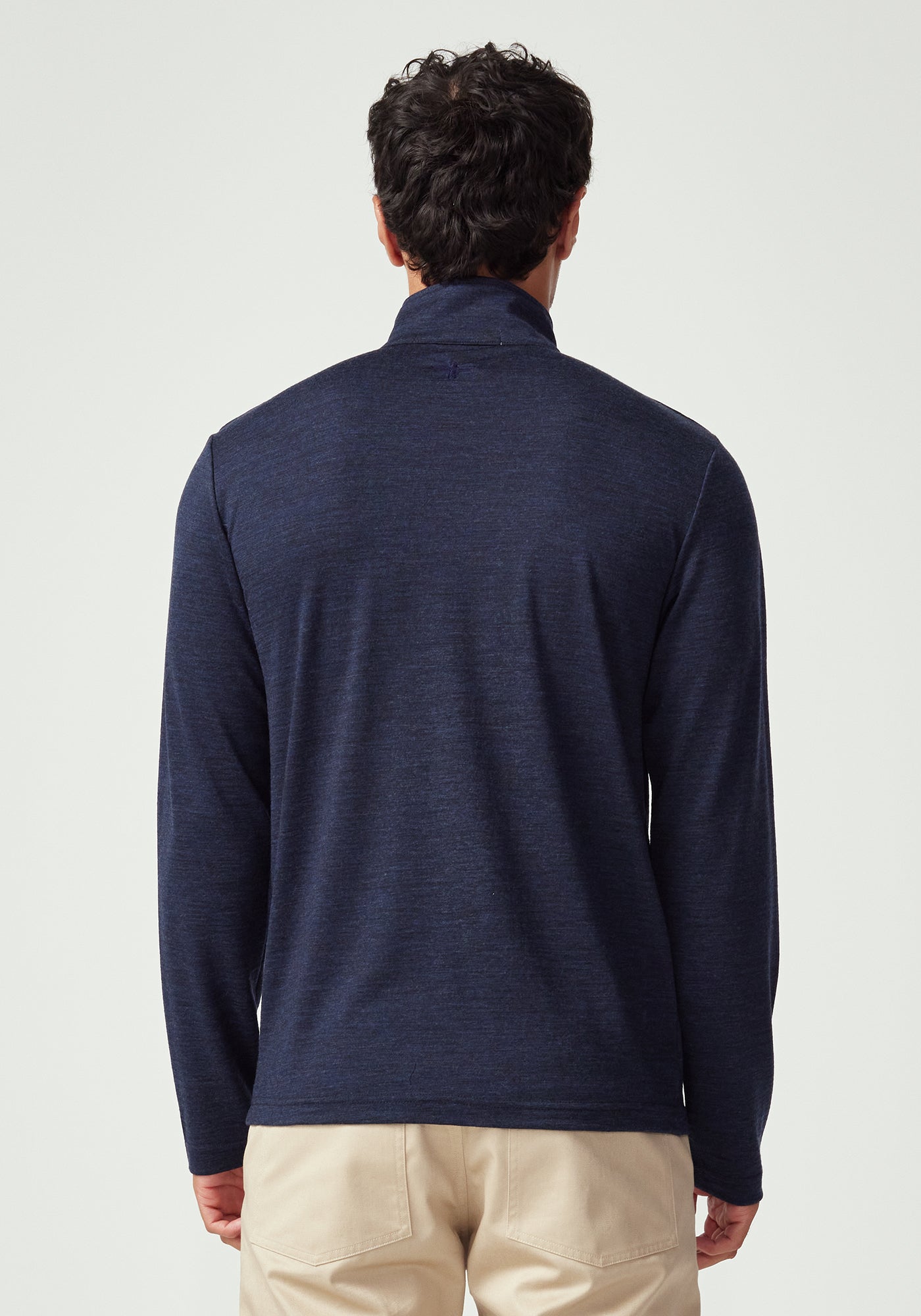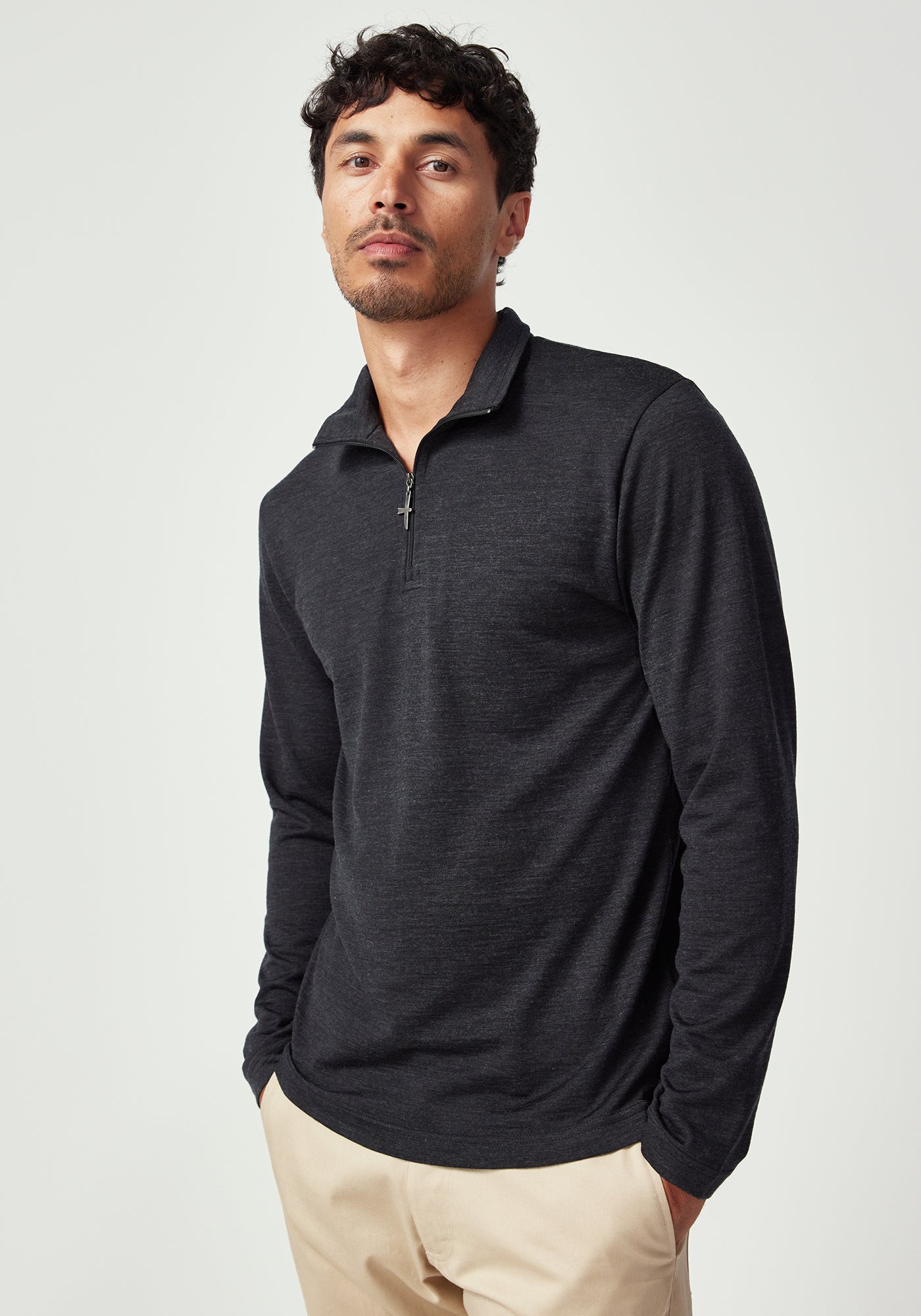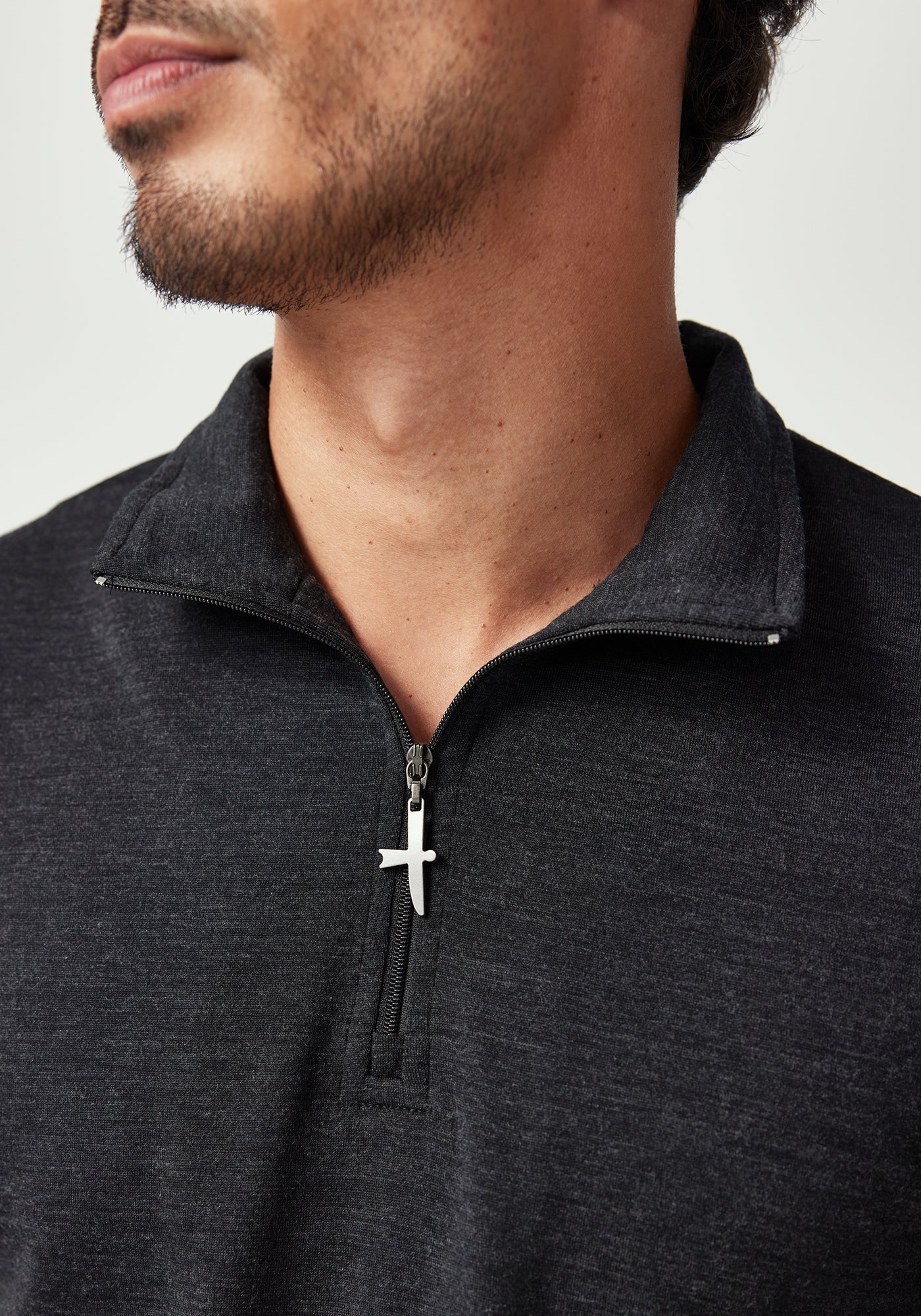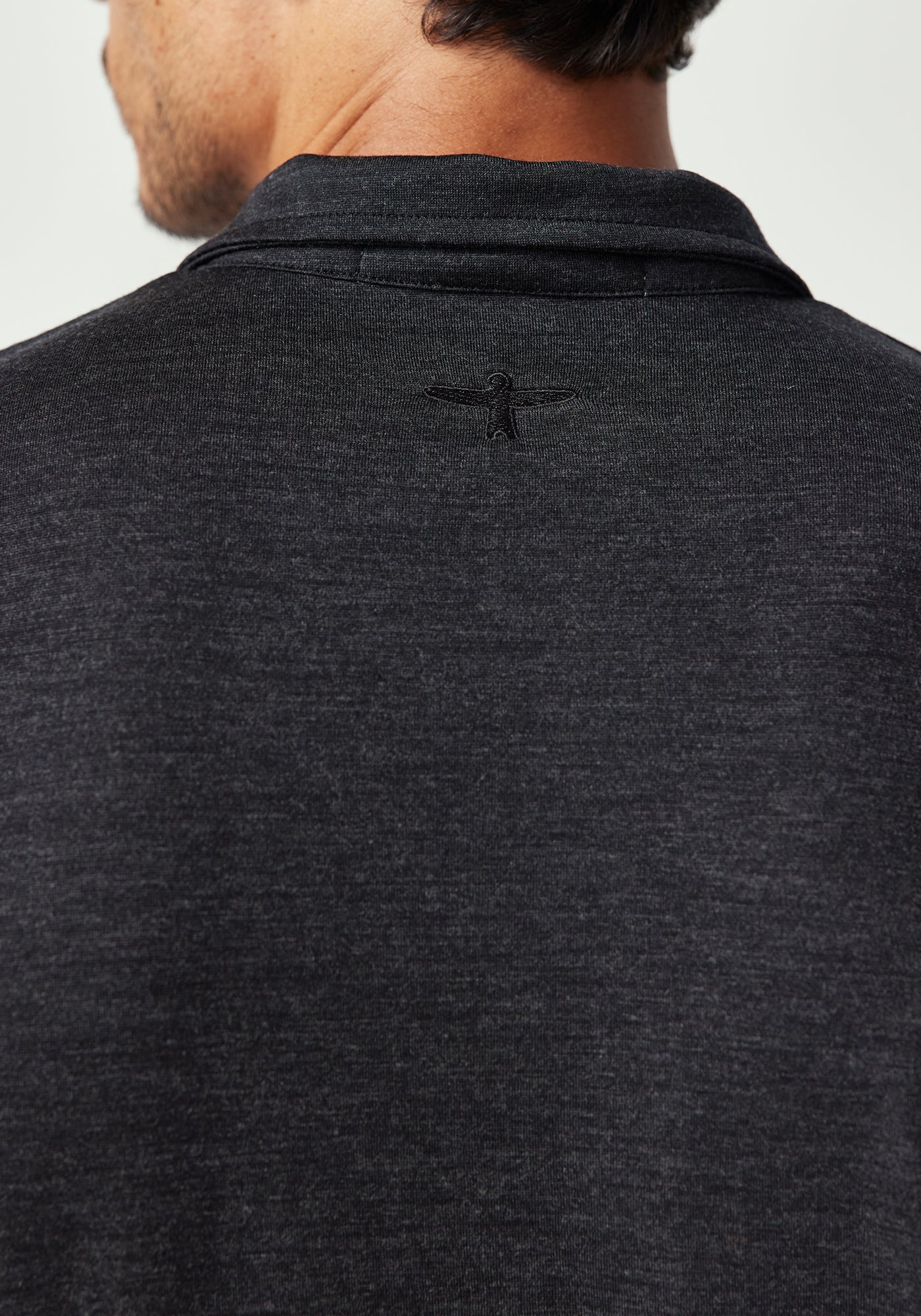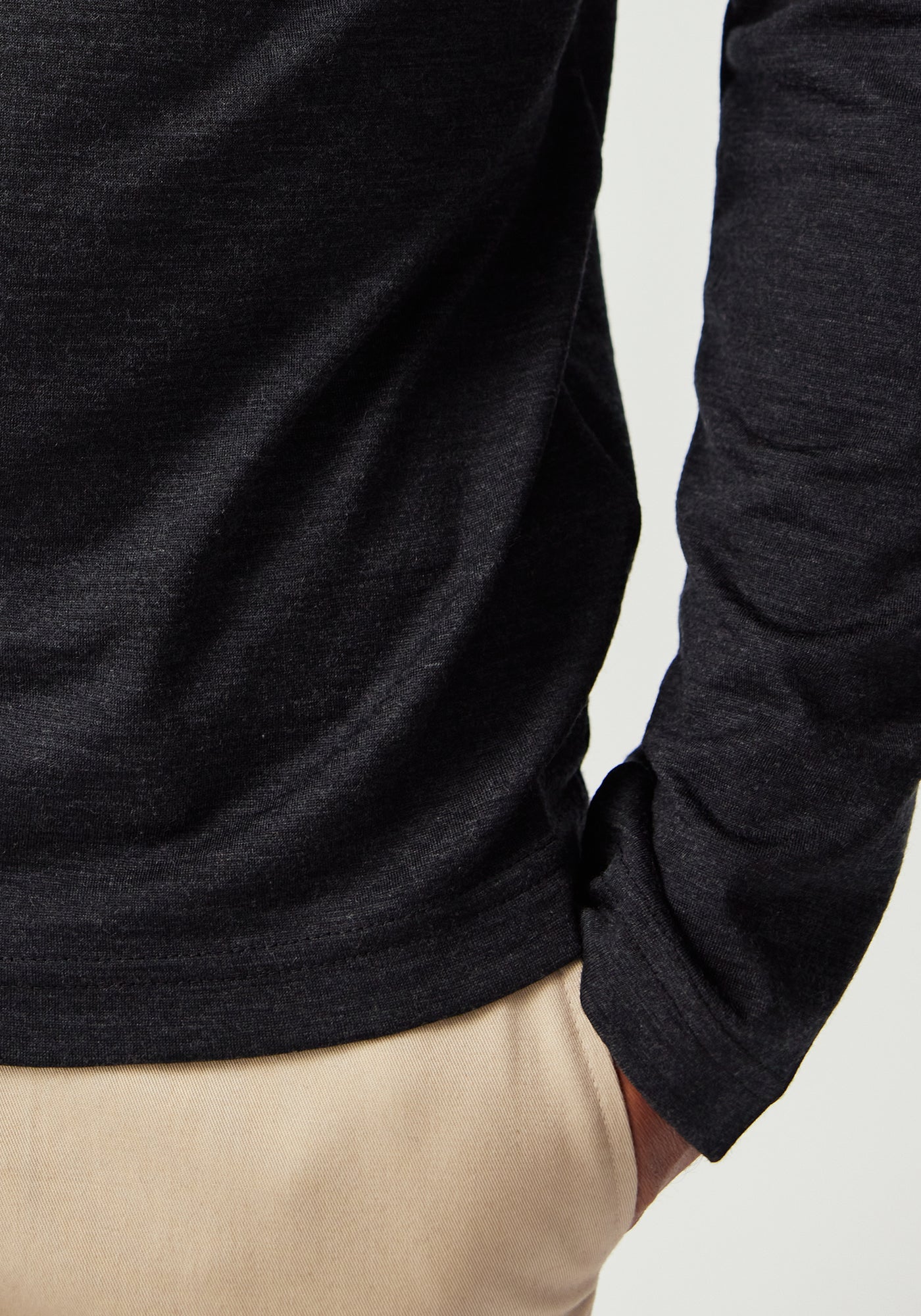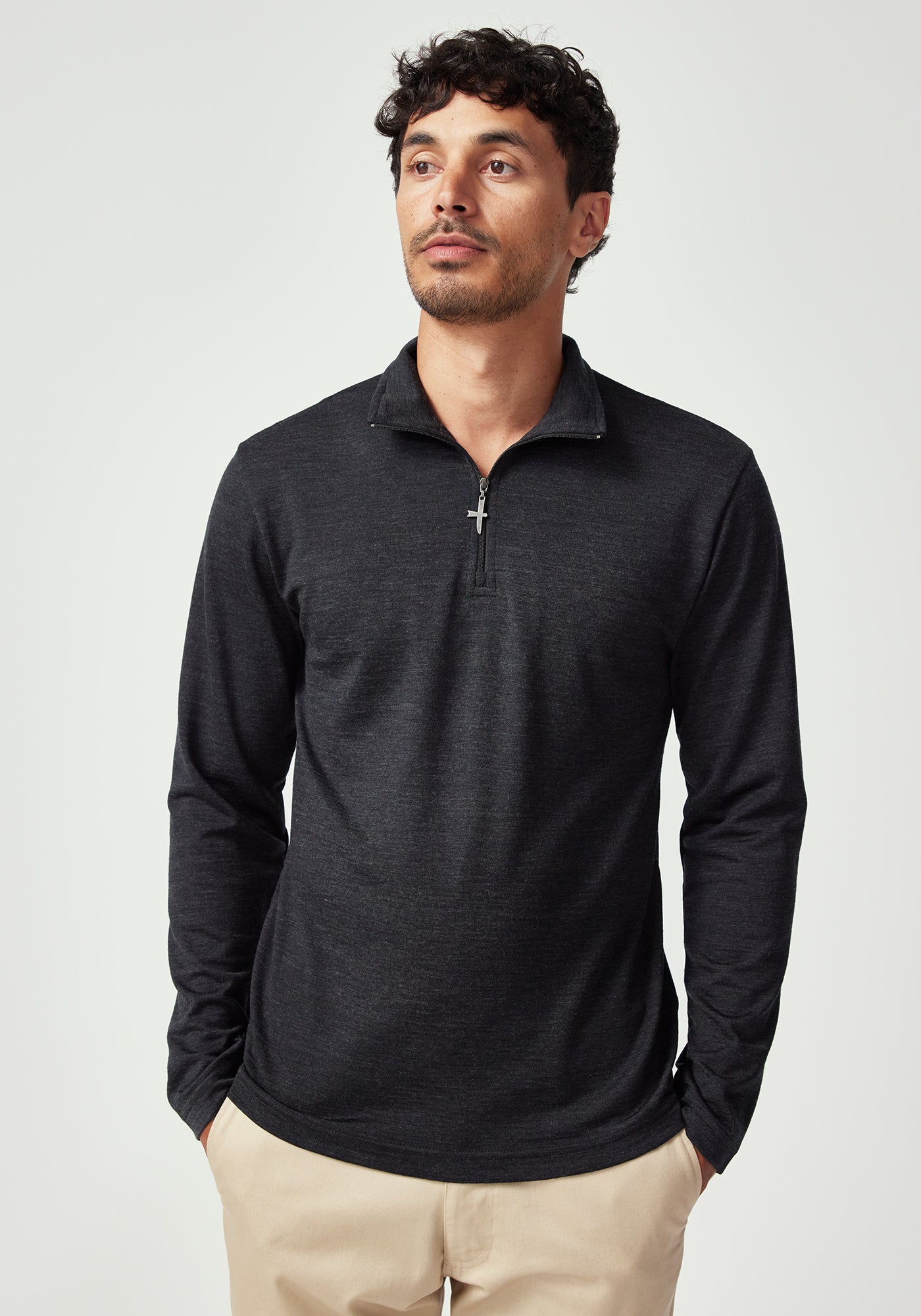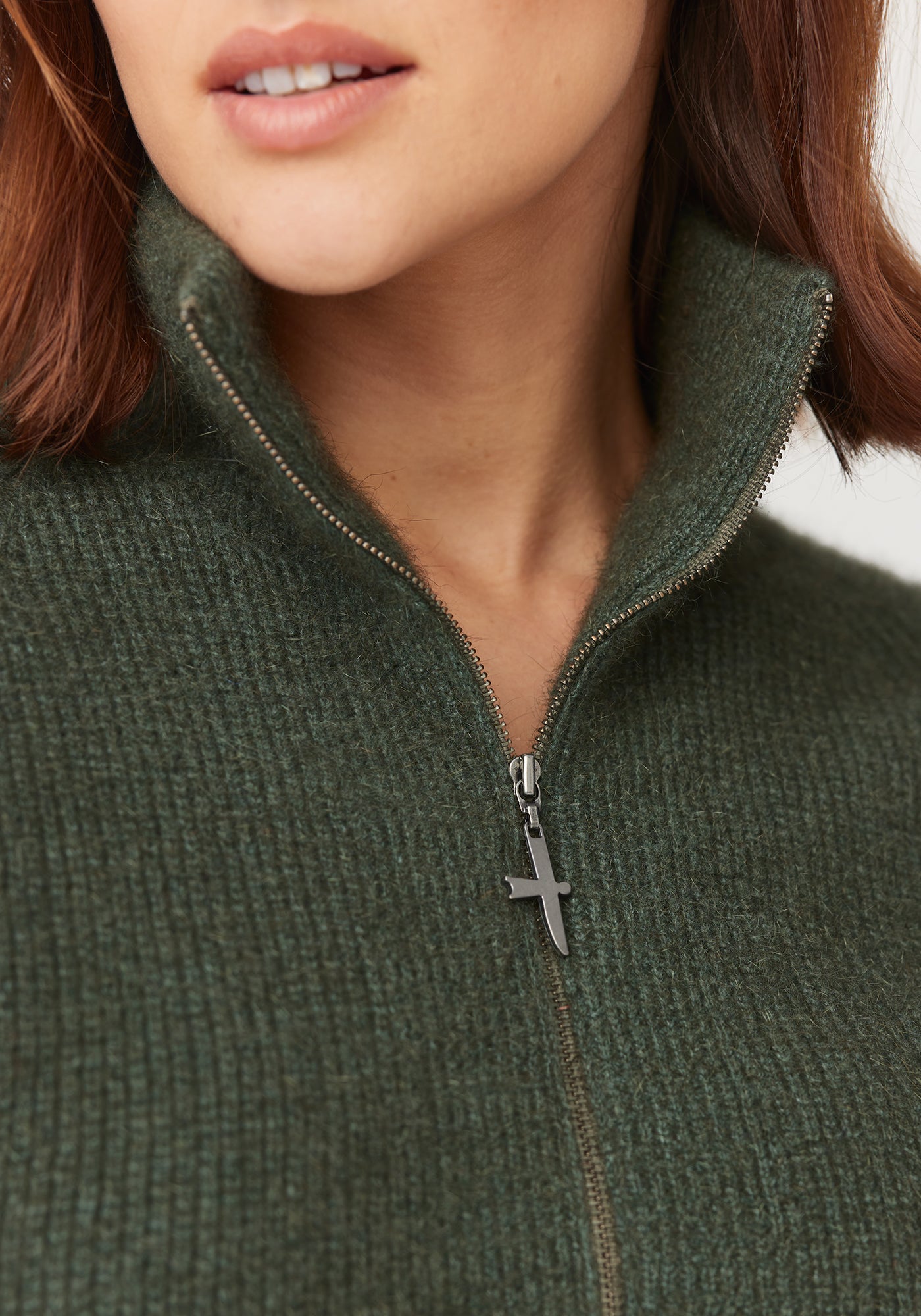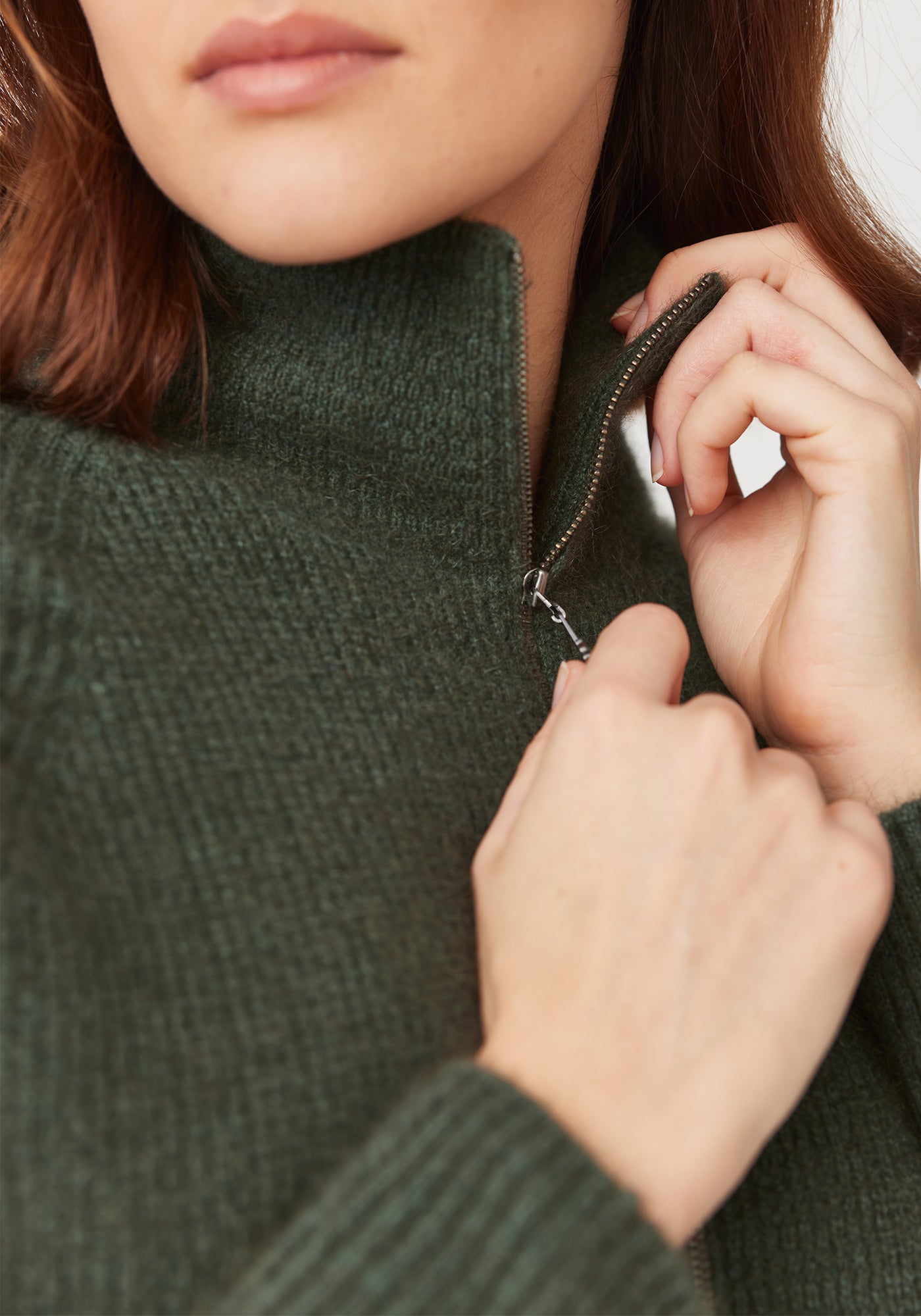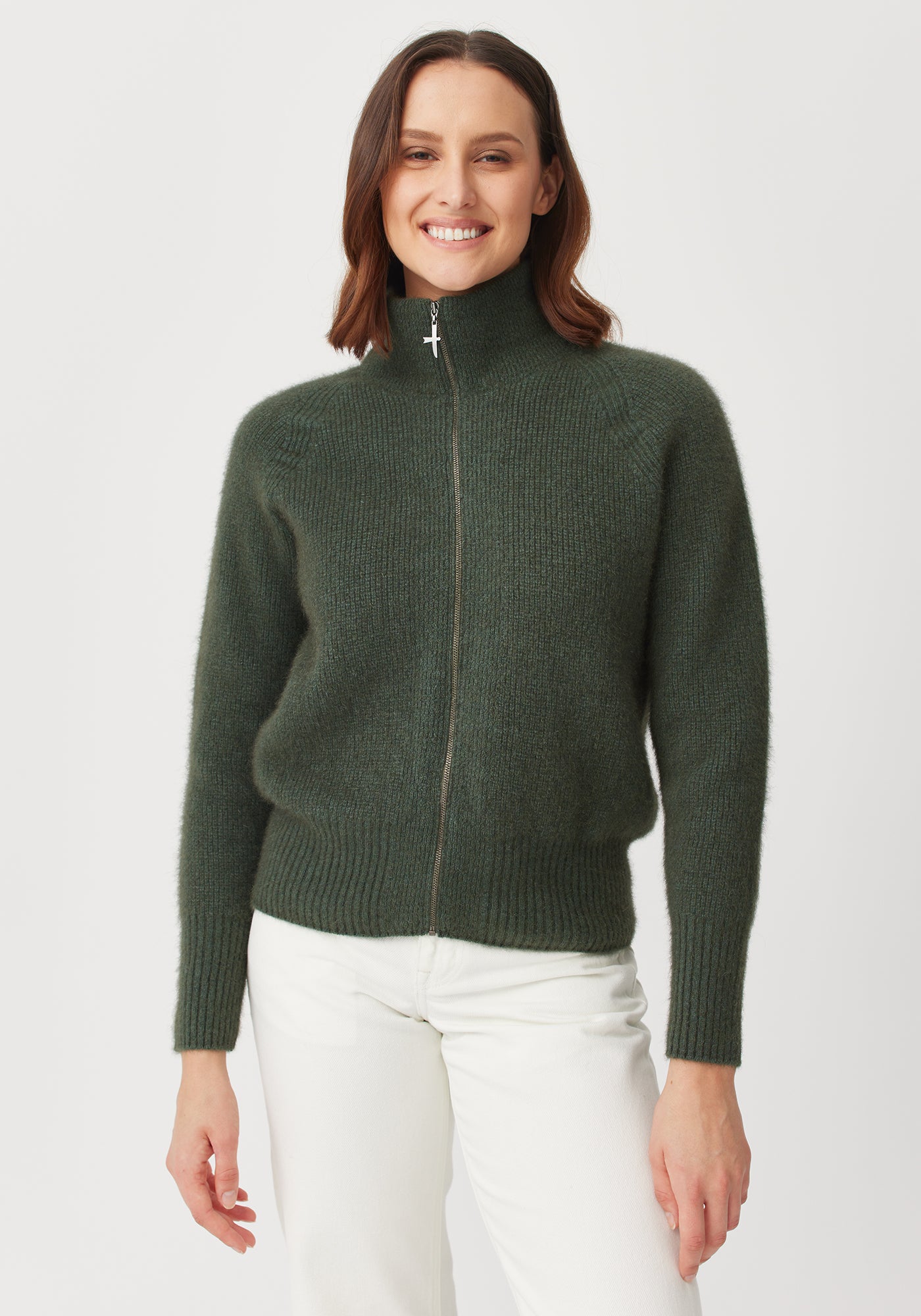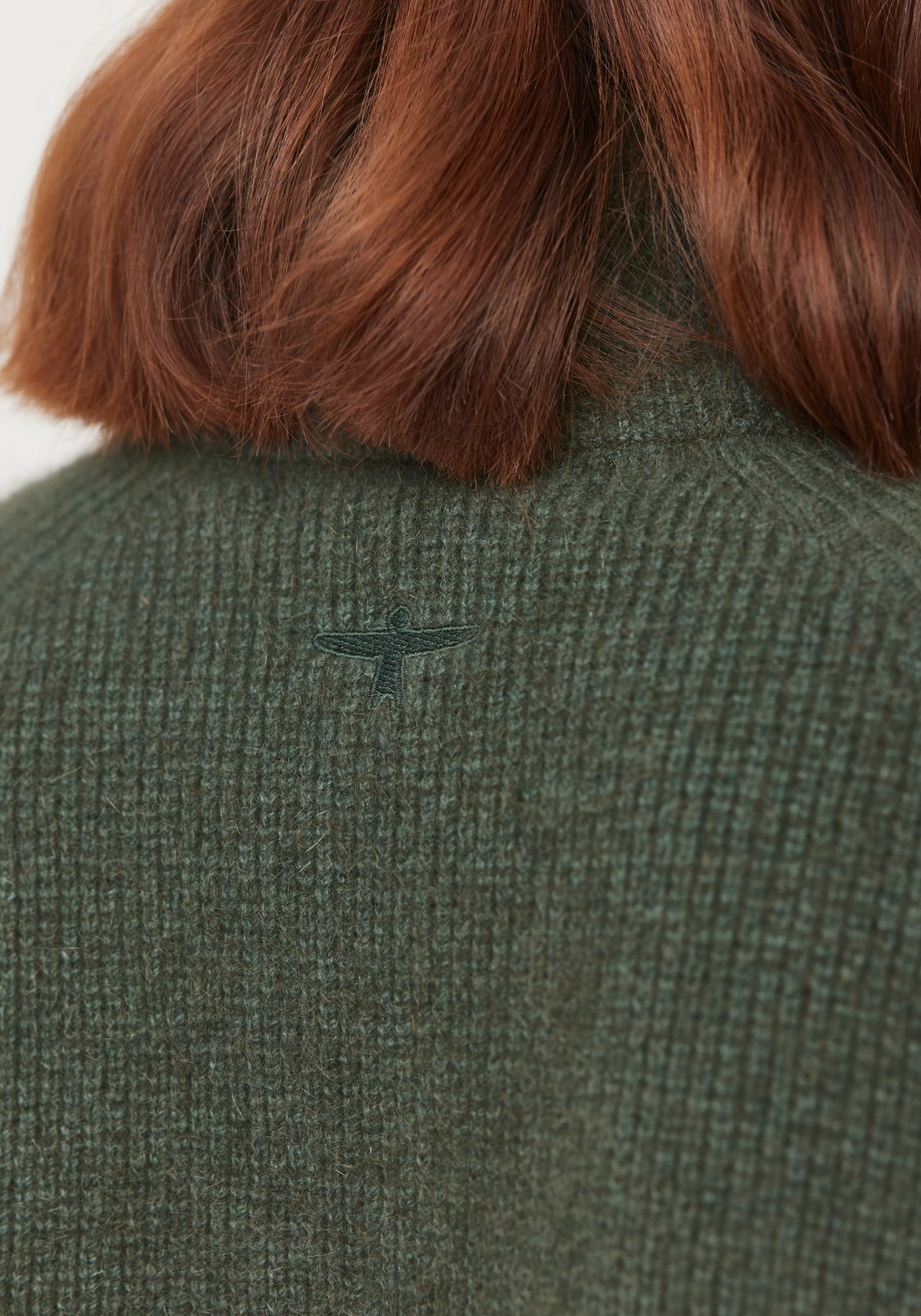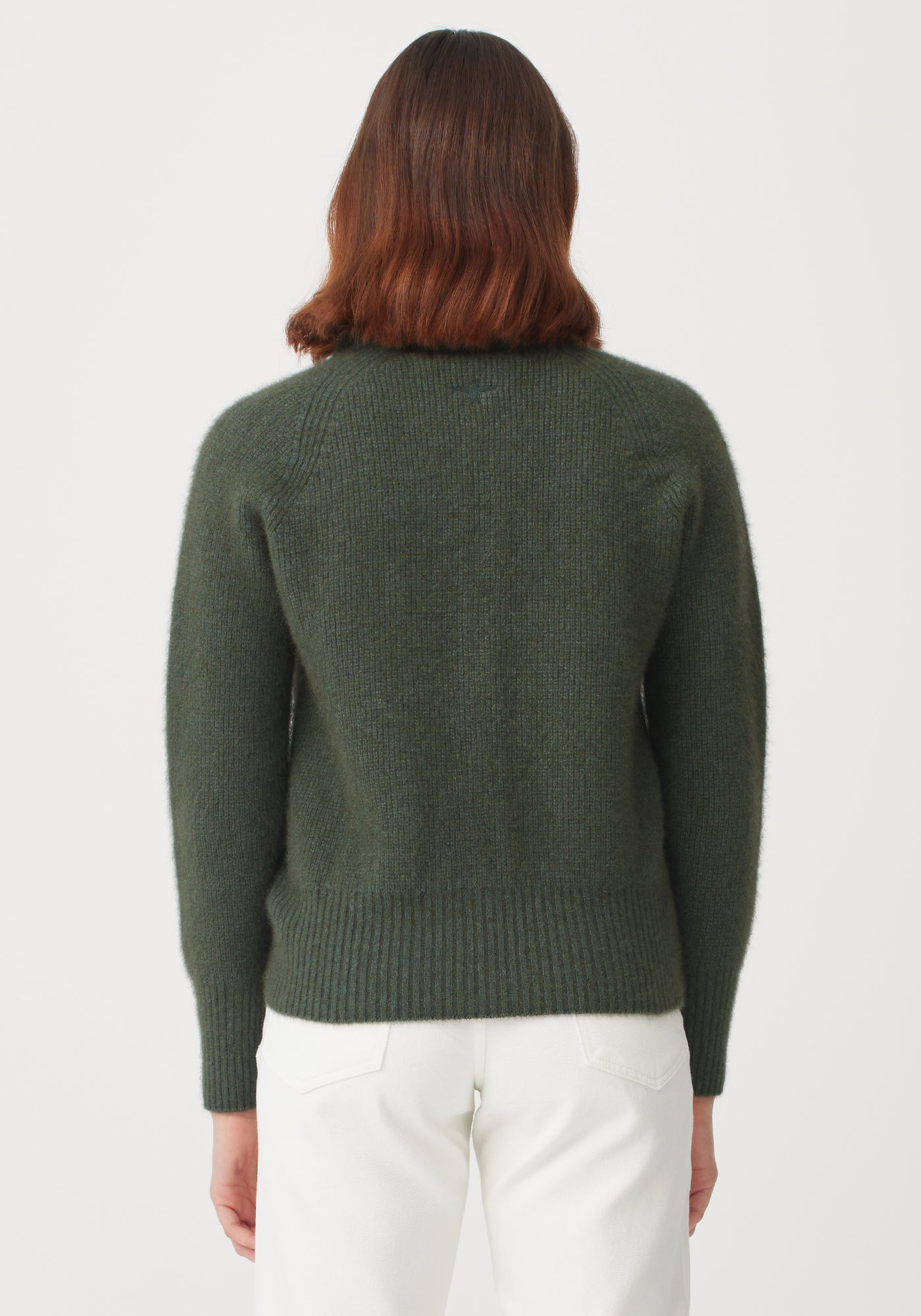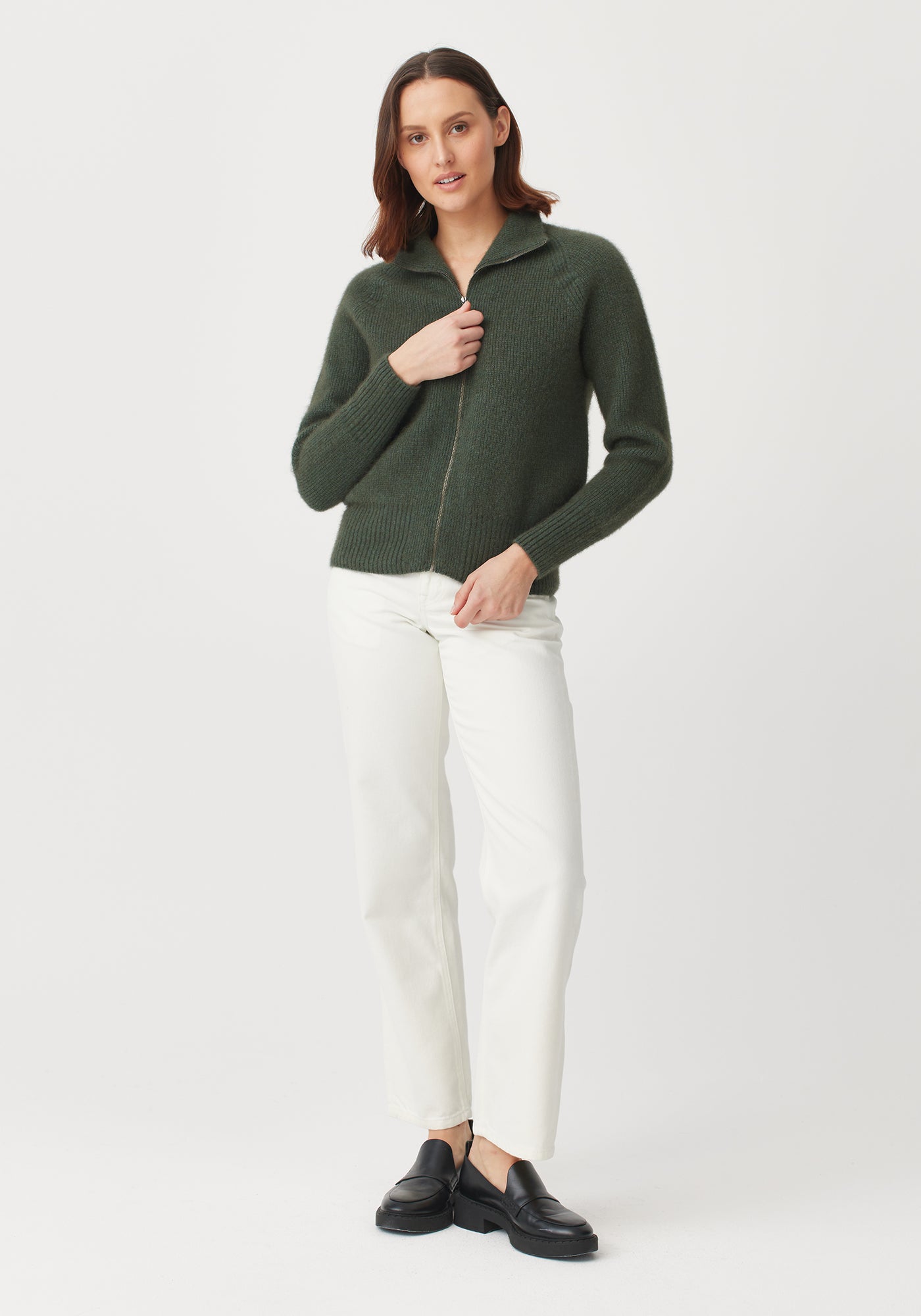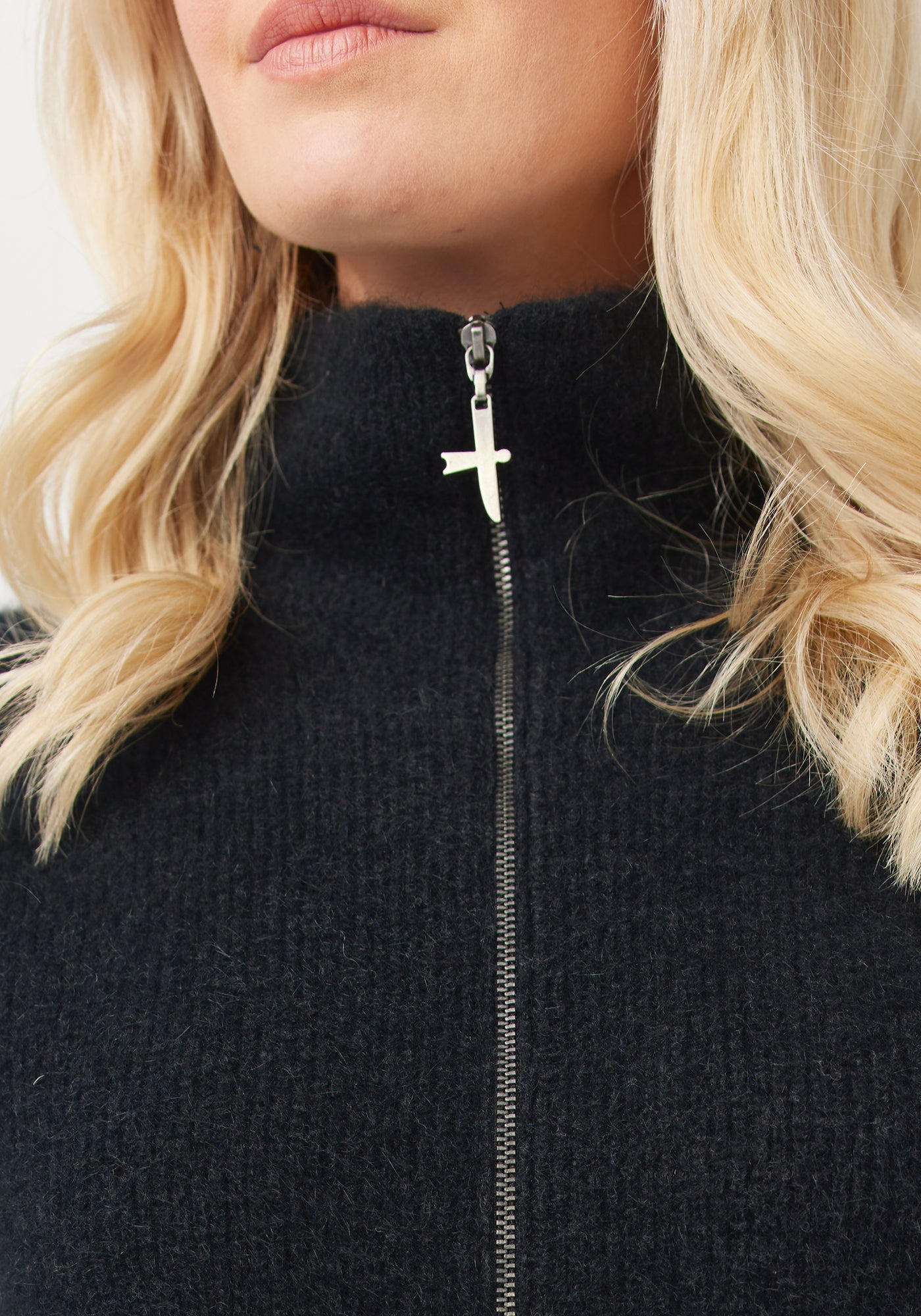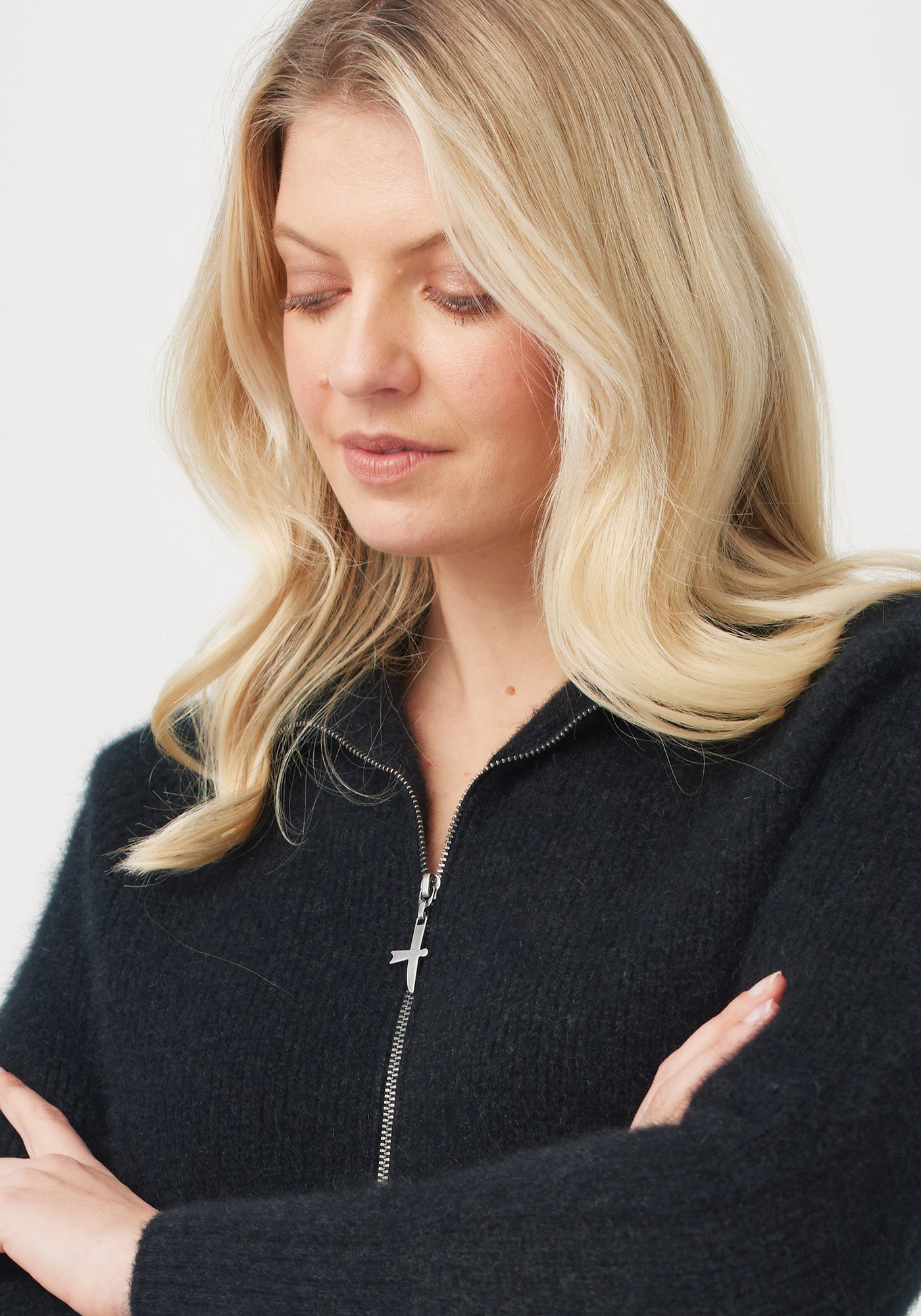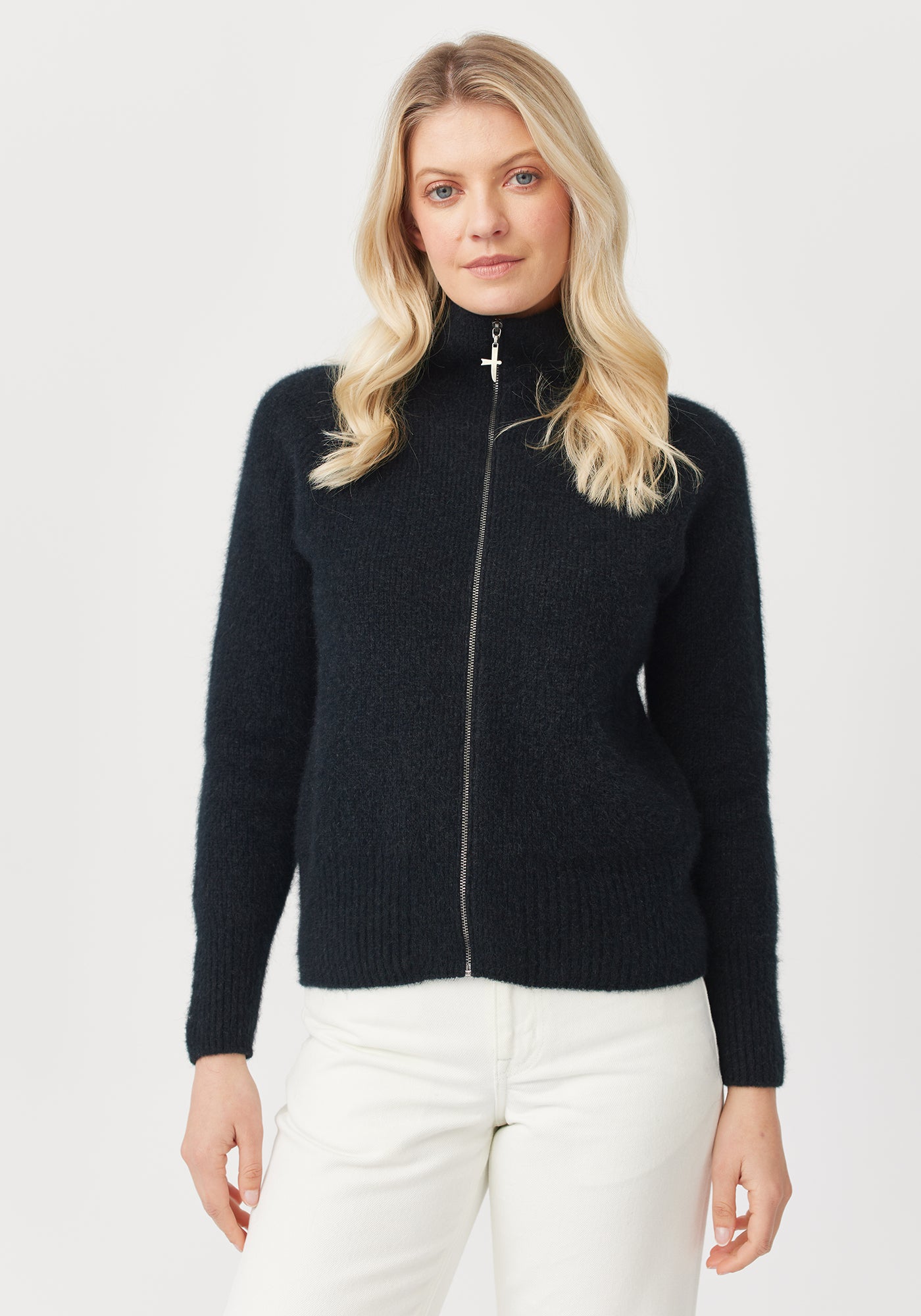As we head towards the end of another year, it’s natural to look back at what’s happened in the past 12 months. So, what better time to hold a mirror up to 2023 and chart what’s shifted within ethical fashion? As we discussed in our blog dedicated to the future of sustainable fashion, it can be easy to focus on all the bad news our social media feeds and inboxes are flooded with each day, but we are making progress, so let’s dive in and look at the shifts that have happened this year…
More B Corps than ever
March marked the annual celebration of B Corp Month, and this year more than 6,400 certified companies were eligible to take part. In 2022, that number was 4,600, meaning that 1,800 more companies became B Corp certified in the space of just a year. That’s a huge jump, and in fact at the time of writing, the B Corp movement has grown to include 6,800 companies, now covering 89 countries, 161 industries and over 560,000 workers. To achieve certification, a company must demonstrate high social and environmental performance, change their corporate structure to be accountable to all stakeholders - not just shareholders - and operate in a transparent manner. Untouched World became B Corp certified in May 2021. Find out more about what it means to be B Corp Certified here.
The Pakistan Accord
2023 was the year that the International Accord expanded into a new country: Pakistan. It was initially the Bangladesh Accord, established after the collapse of the Rana Plaza factory to keep garment workers safe with legally binding health and safety rules and regulations. The Bangladesh Accord improved safety for 2 million garment workers and by expanding into a new country, the Pakistan Accord could help improve safety for over 800,000 more. As of the 4th November, there were 80 signatories to the Pakistan Accord, meaning 80 companies had agreed to take on a legal responsibility for the safety of the people who make their clothes and fabric. Sign the petition to call for more major brands to sign.
The FABRIC Act
The FABRIC (Fashioning Accountability and Building Real Institutional Change) Act is a labour bill which was introduced in the US. It is centred around four pillars: “Combating subminimum wages by reforming piece-rate pay structures to ensure minimum wage as a floor with productivity incentives on top, establishing new liability measures that compel major retailers to become allies in combating workplace violations, introducing recordkeeping and transparency measures, creating a Domestic Garment Manufacturing Support Program designed to revitalise the industry in the United States.” The idea is that it would help protect American garment makers by providing fair pay, pushing for transparency, incentivising local manufacturing, and holding brands accountable for the labour practices of their manufacturers (in a similar way to the Accord discussed above). The bill was originally proposed in 2022 but faced a lot of opposition. A revised bill was introduced in 2023 and has now been endorsed by more than 300 brands, unions, and nonprofits. There is hope that this time round it will become law.
New Zealand Fashion Week focusing on Māori talent
2023 New Zealand Fashion Week was the first one in partnership with the Auckland-based Māori hapū Ngāti Whātua Ōrākei. The group gifted the word Kahuria (which signifies adorning the body) to the event, changing its official title to New Zealand Fashion Week: Kahuria. Kiri Nathan became the first ever Māori designer to open New Zealand Fashion Week and there were many other Māori brands on the lineup, many of which prioritise ethical and sustainable practices. At Untouched World, our philosophy is summarised in a symbol representing the Māori Kite, the emblem of an ideal relationship between people and nature, and we celebrate a closer connection between Māori people and the national fashion week as a step forwards for sustainability, connection, ethics, and culture.
Interest in ethical fashion is booming in New Zealand and Australia
We investigated internet searches for ‘ethical fashion’ over the past 12 months and the regions where it is most searched are… Australia and New Zealand! On a scale of 1-100 for the lowest to highest volume of searches per region, Australia scores a huge 100 and New Zealand comes in just behind at 90. There is interest globally which is encouraging but we can’t deny we’re proud to be right at the heart of it. No doubt, much of the interest comes from New Zealand being a hub for ethical brands, some of which you’ll find included on our list of locally made brands. Let’s see if we can make it to a score of 100 for 2024…
To learn more about the ethical and sustainable fashion space and see what changes might be in store for next year, listen to our top ten fashion podcasts.
Stats & Facts
- There are now over 6,800 B Corp certified brands and businesses. Source
- The Pakistan Accord could help keep over 800,000 garment makers safe. Source
- The FABRIC Act has over 300 official endorsers. Source
- Kiri Nathan became the first ever Māori designer to open New Zealand Fashion Week. Source
- Searches for ethical fashion are highest in New Zealand and Australia. Source

